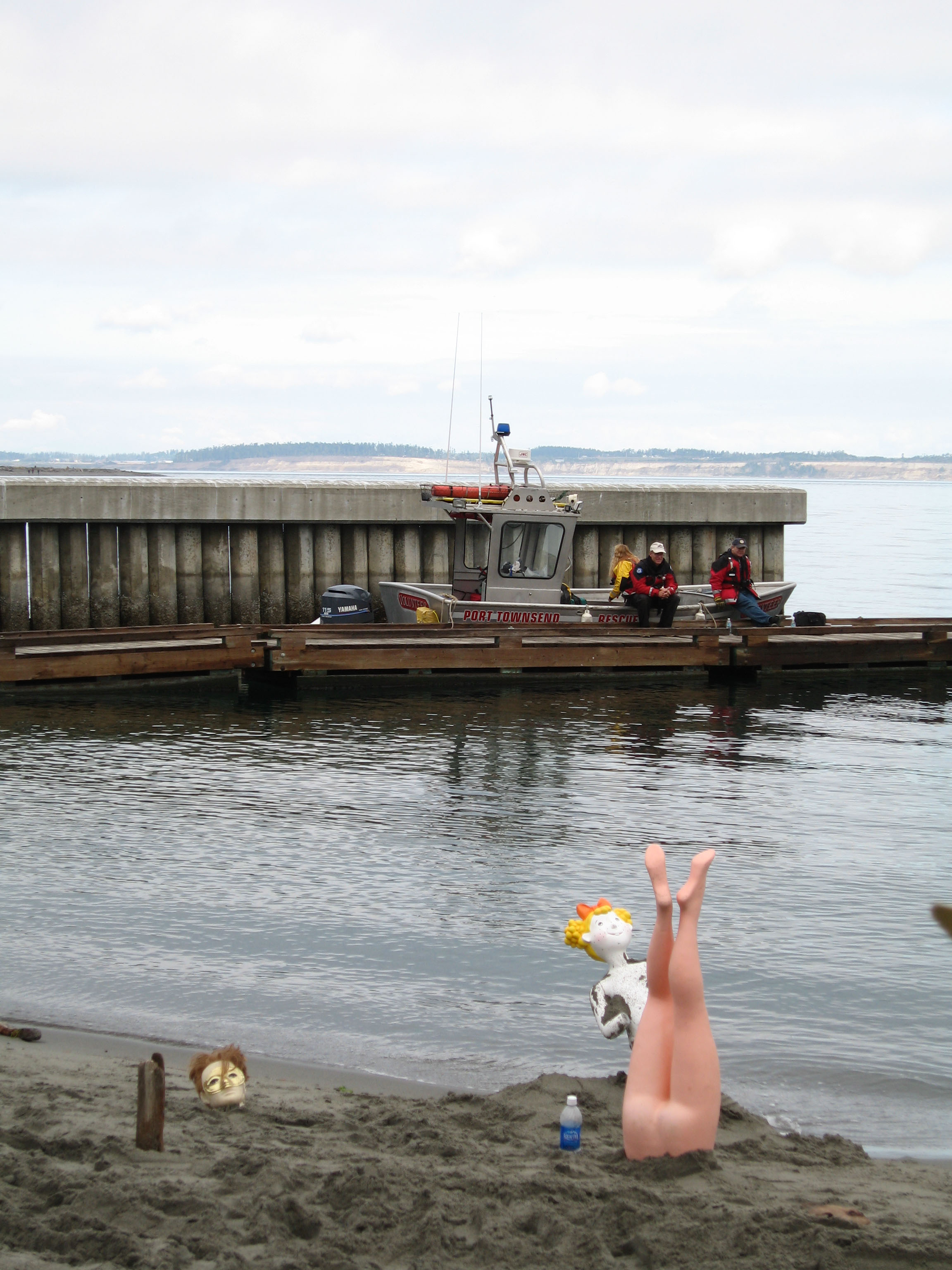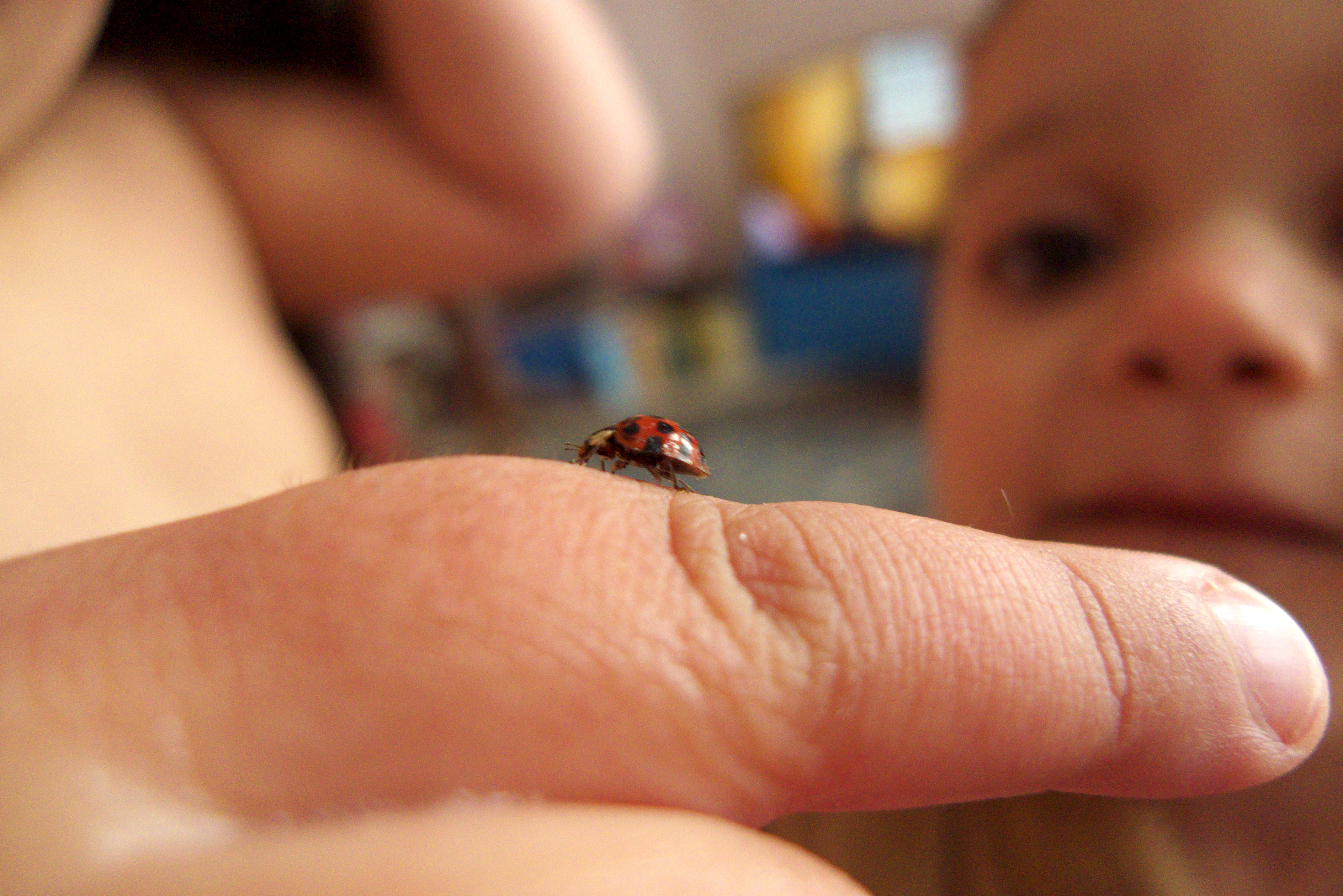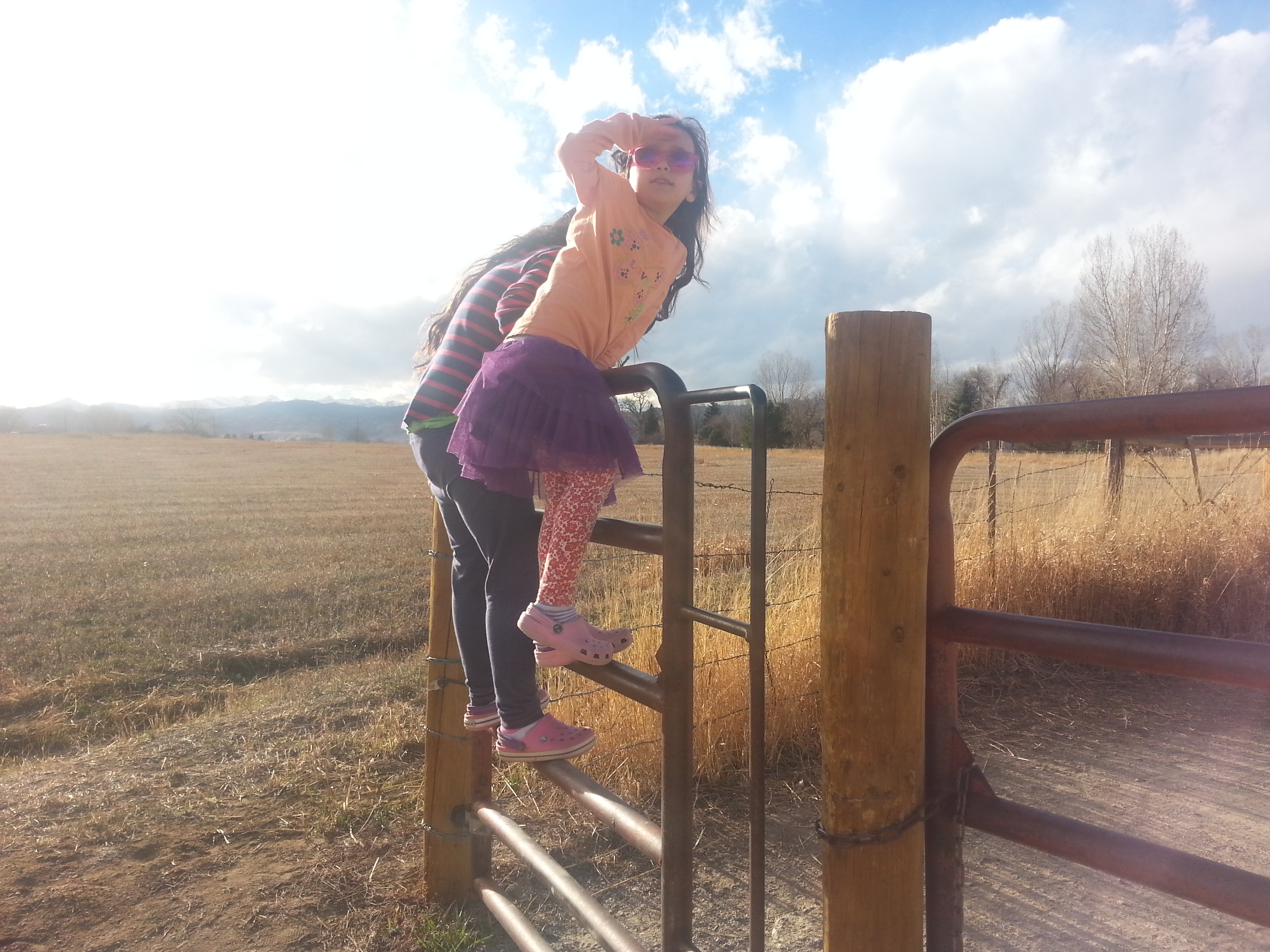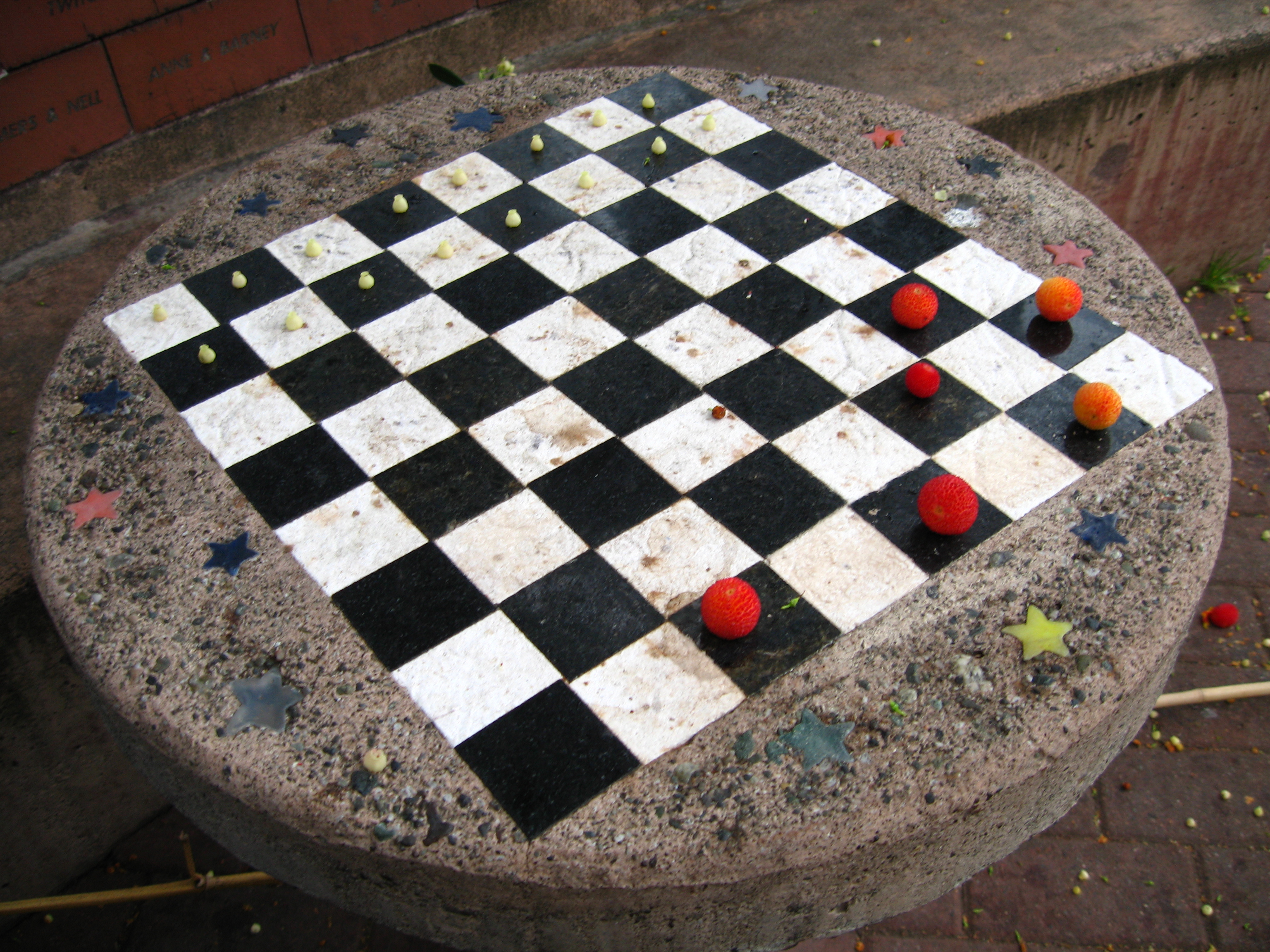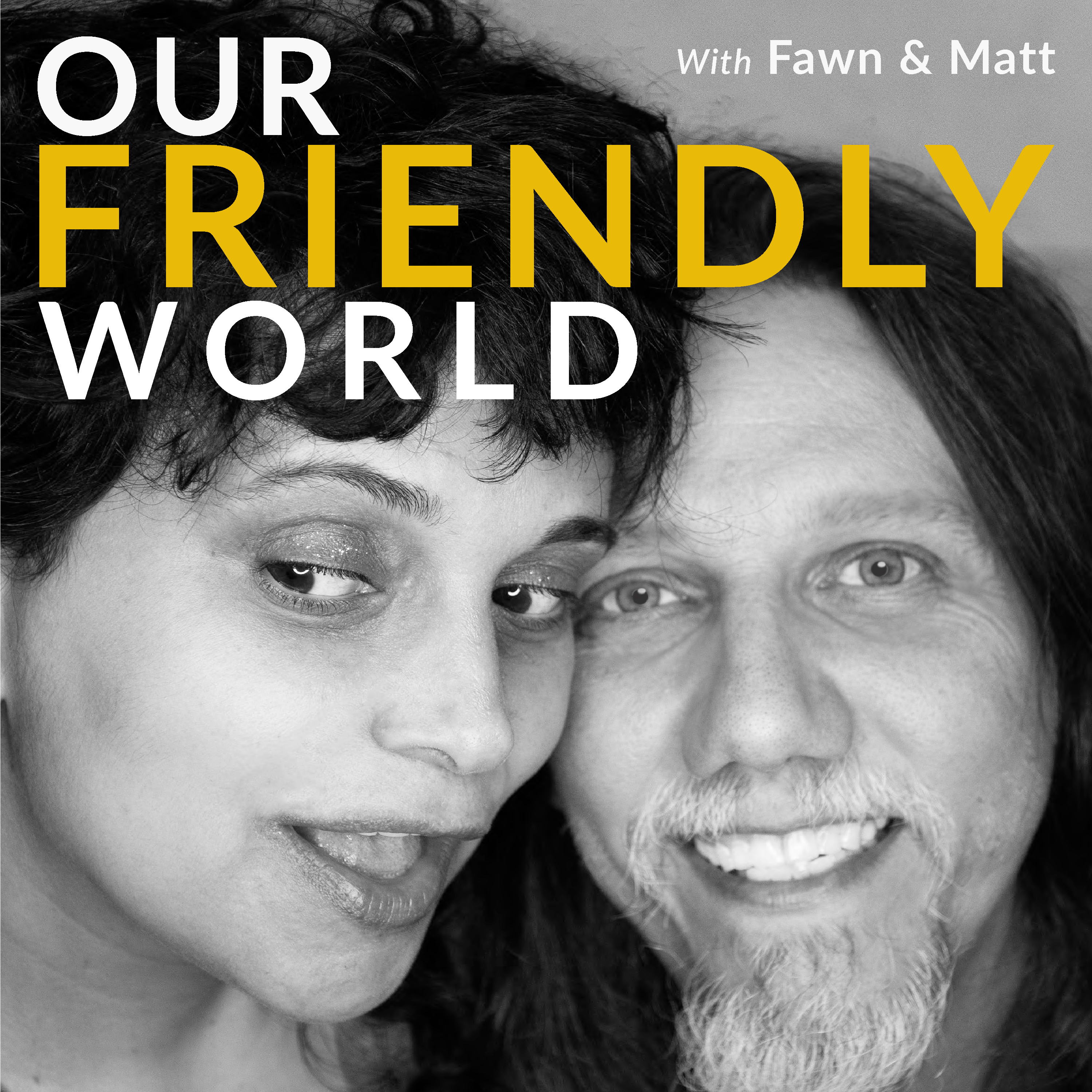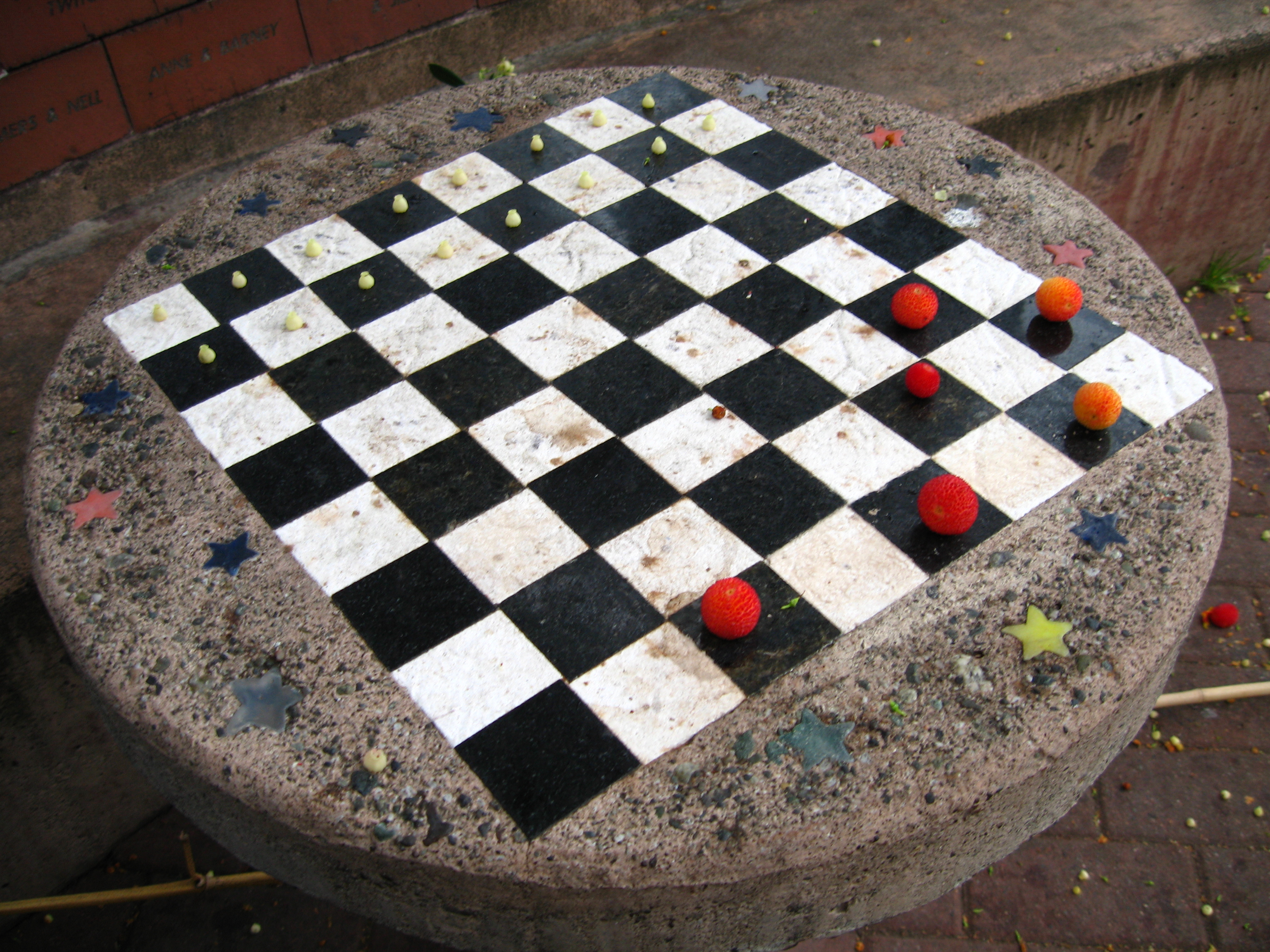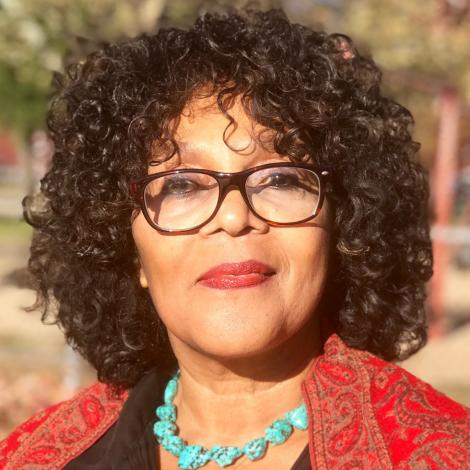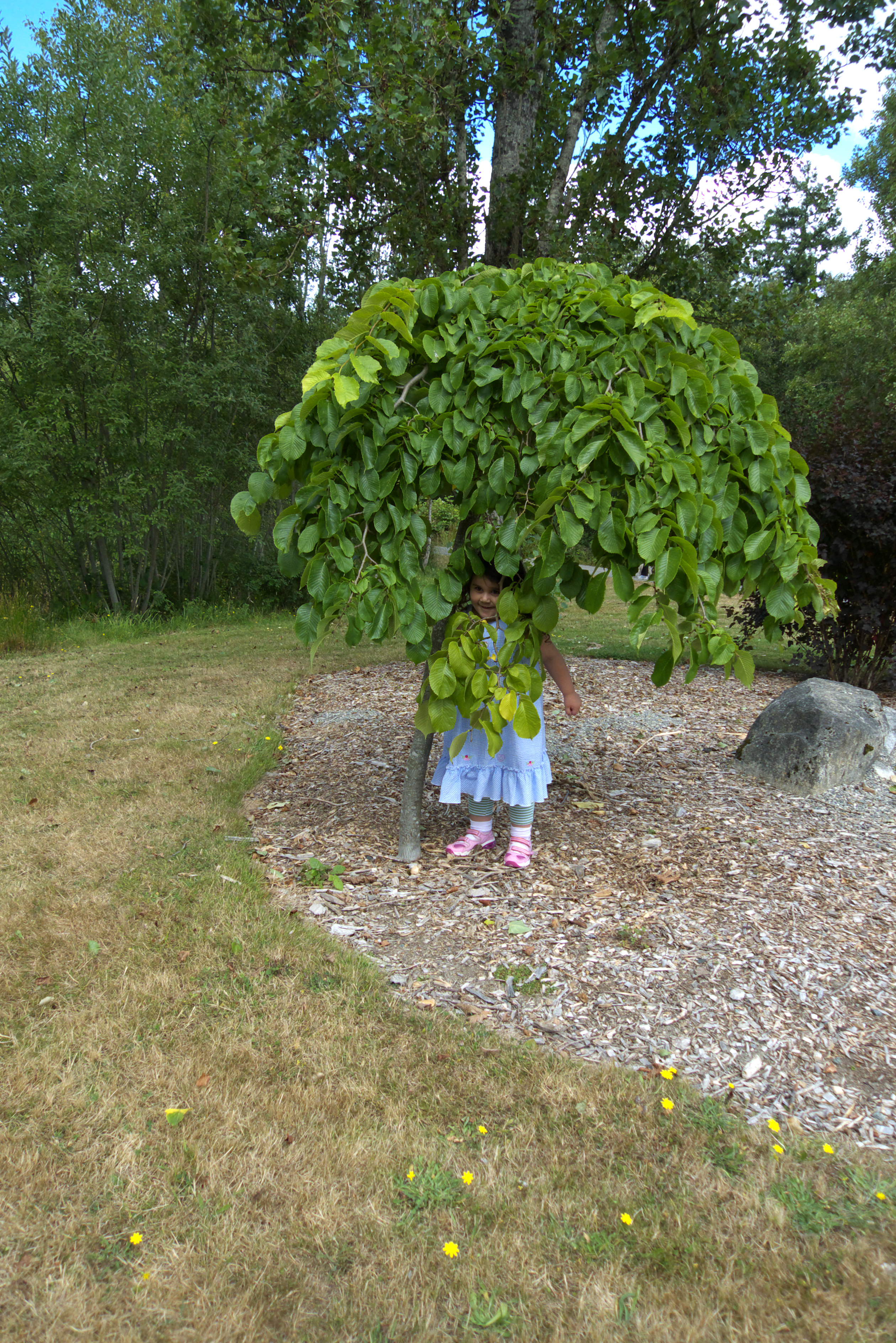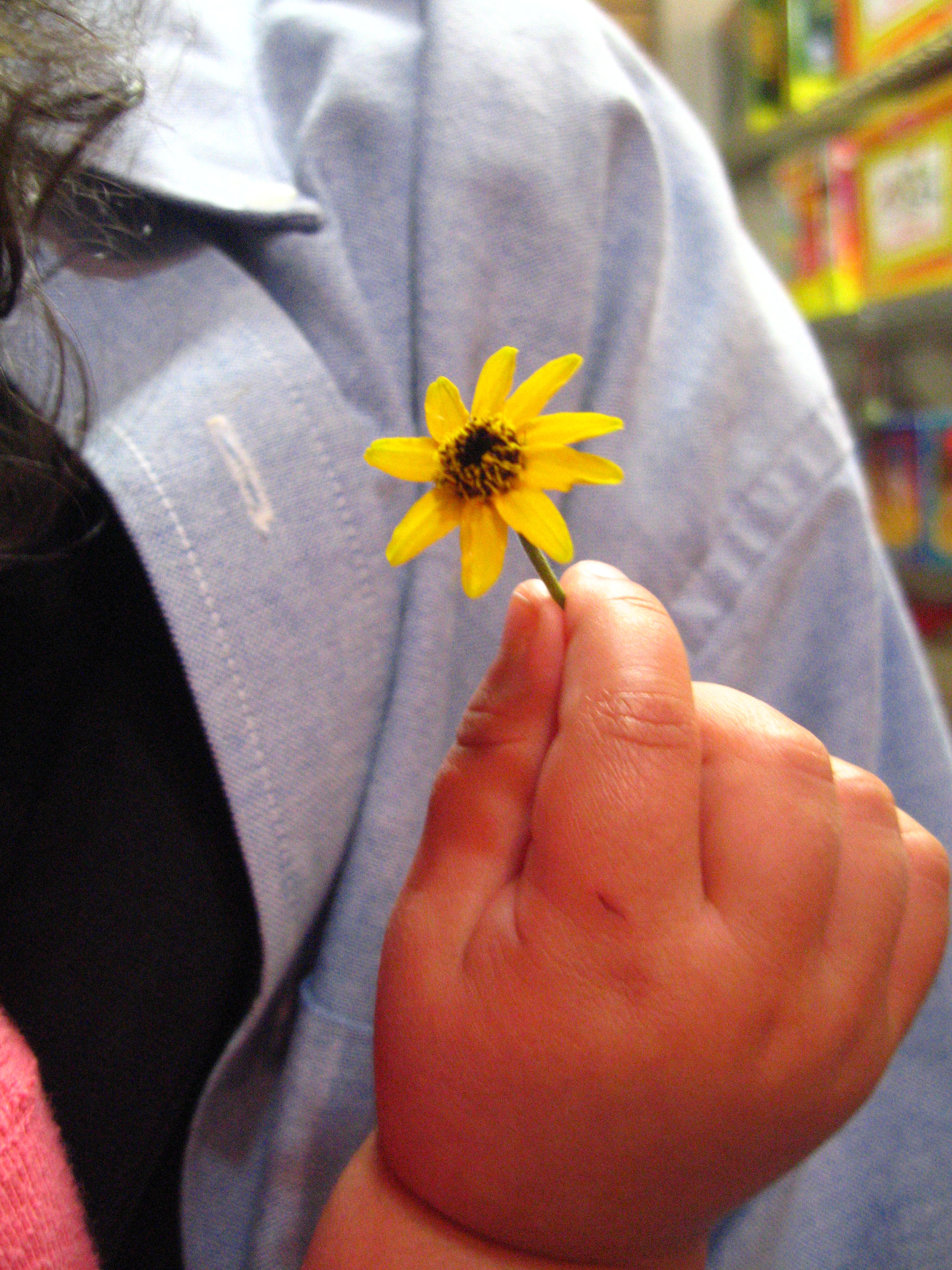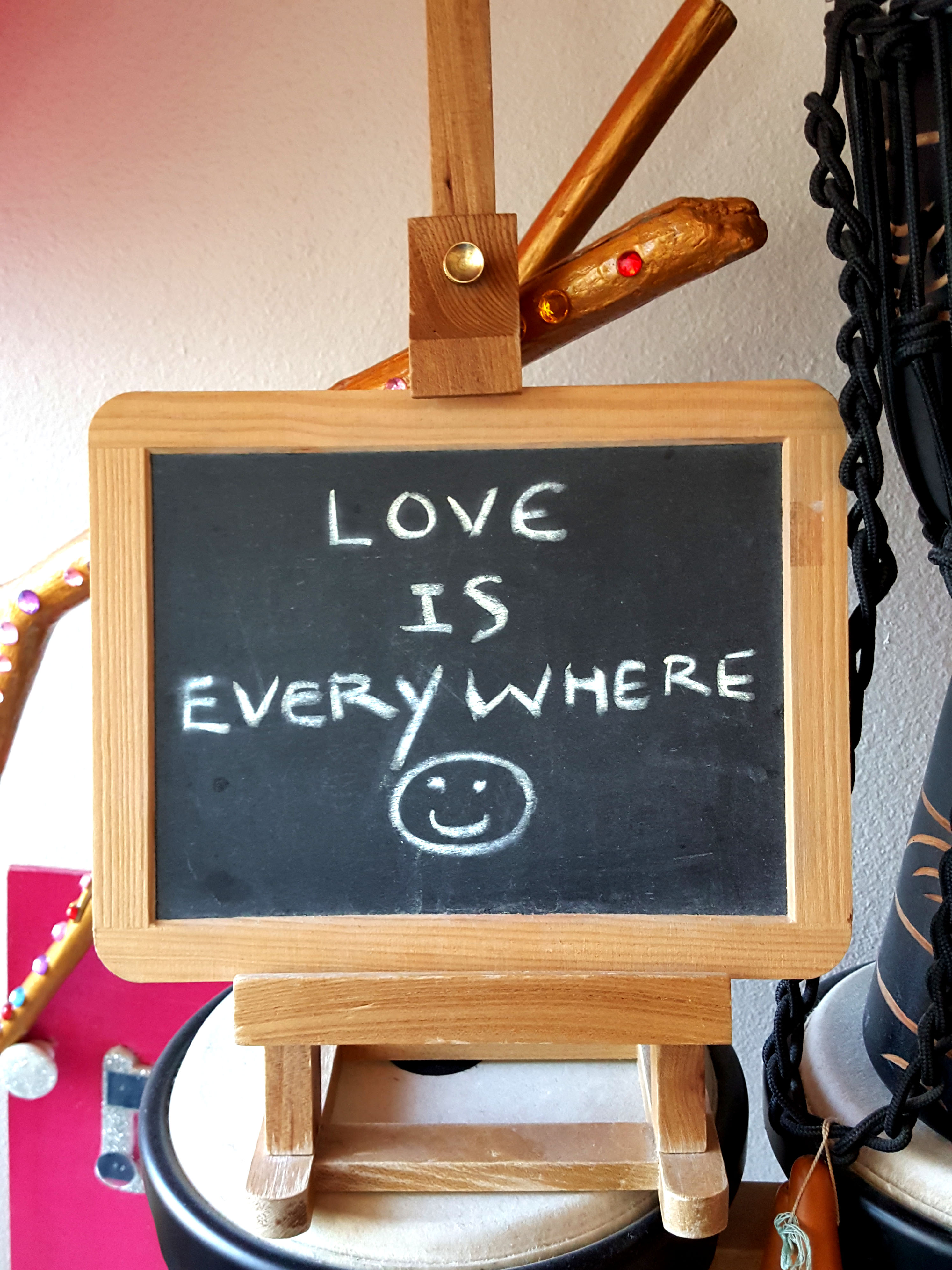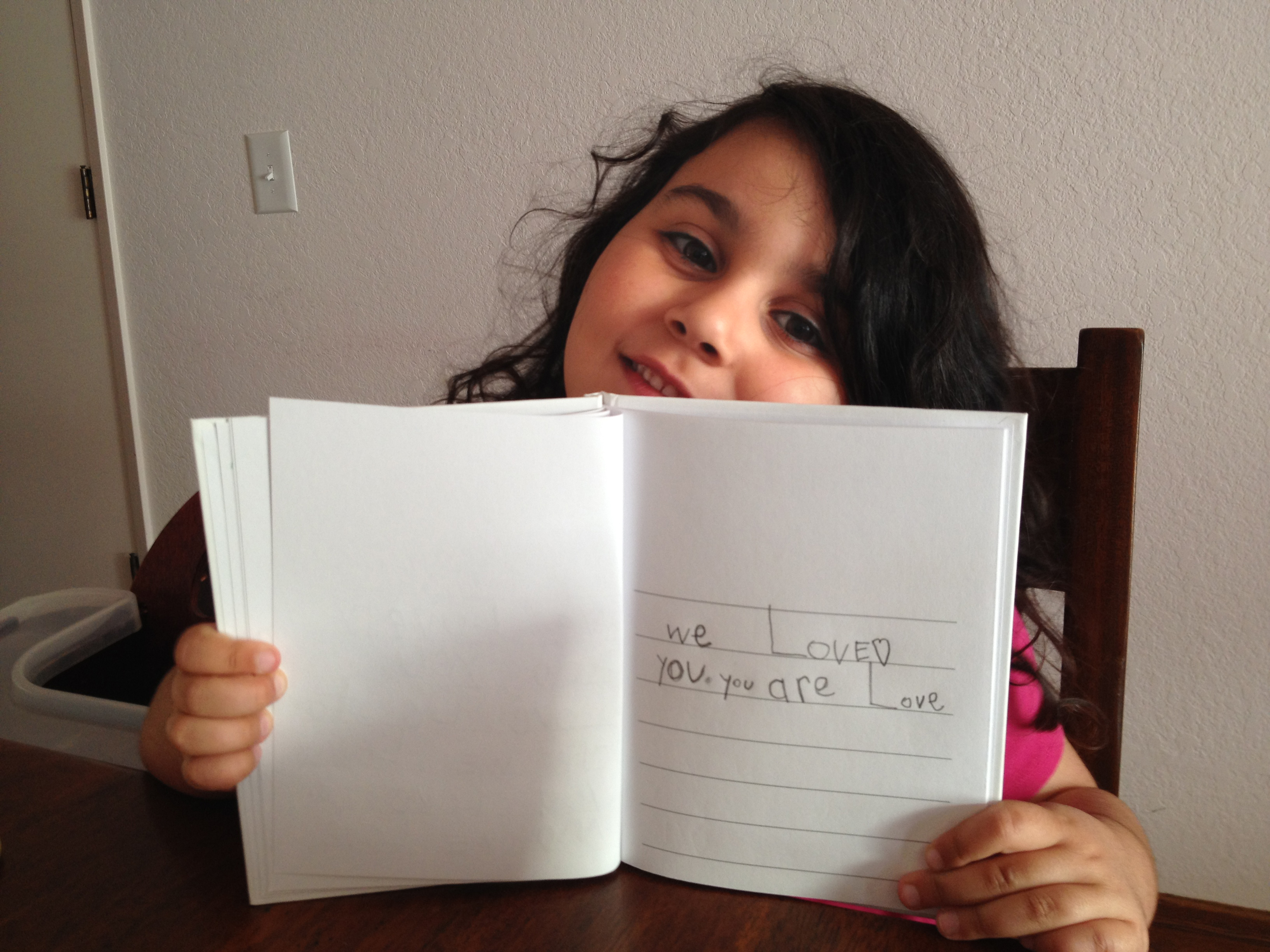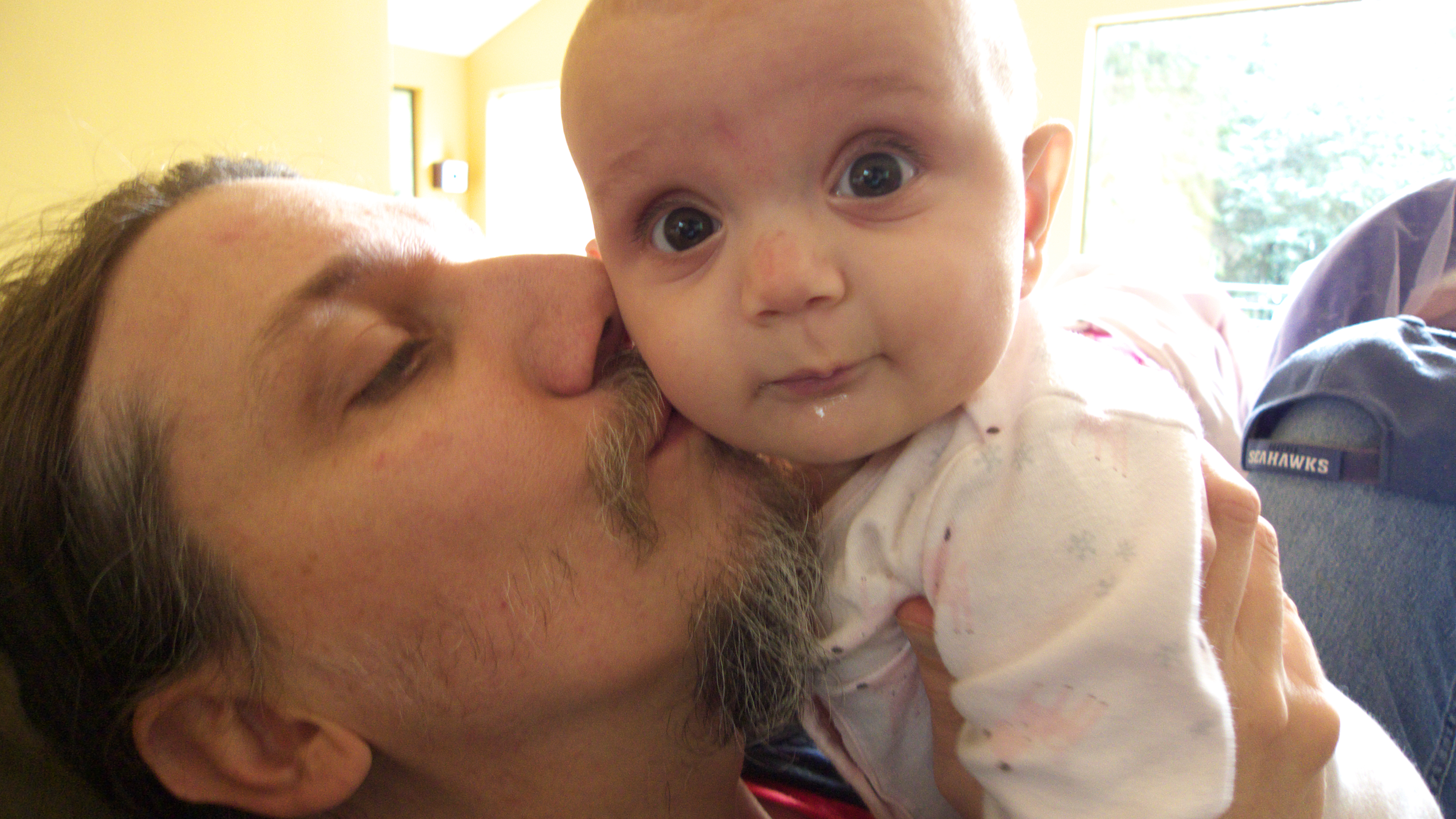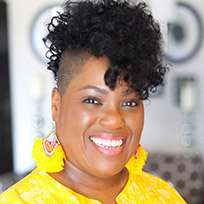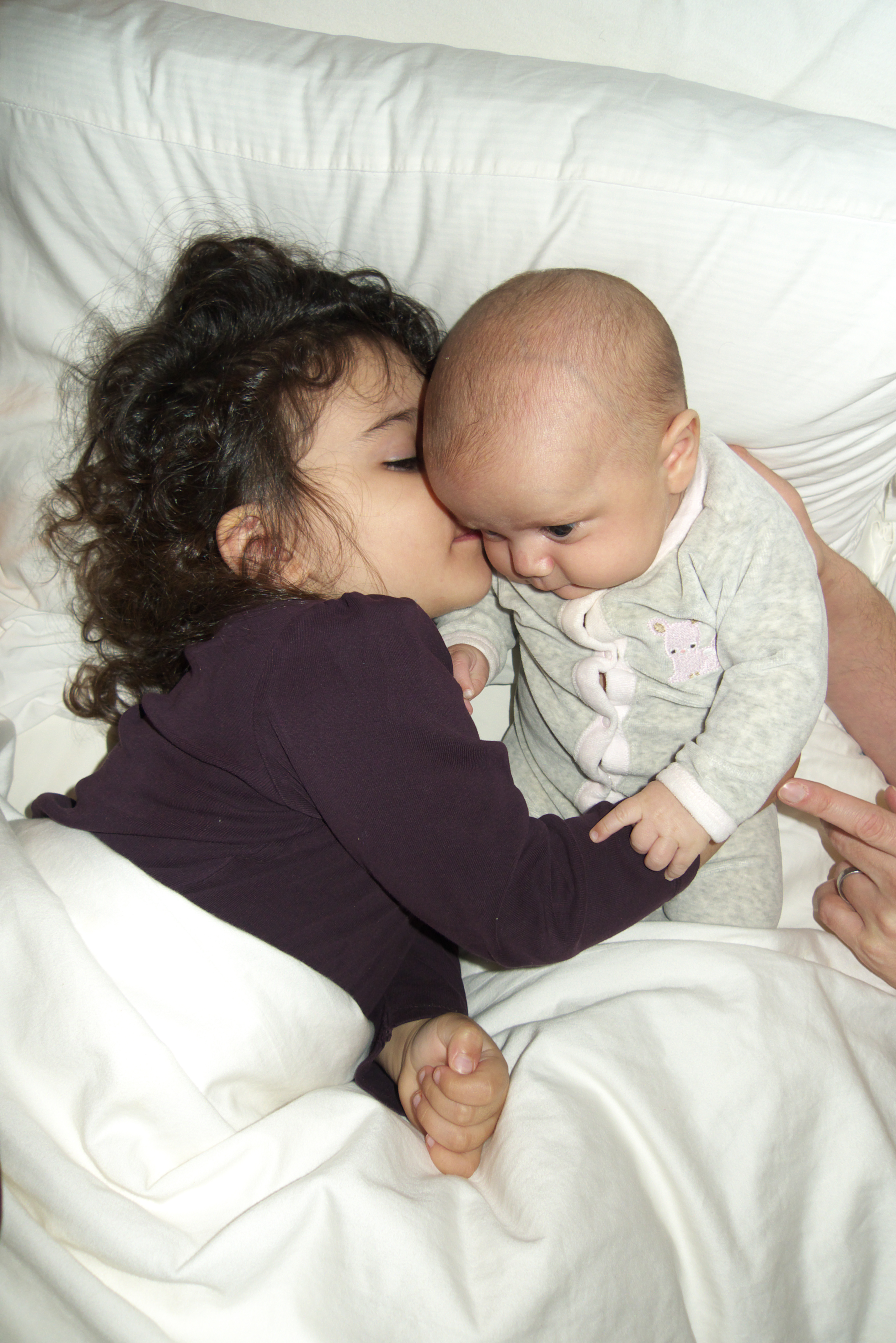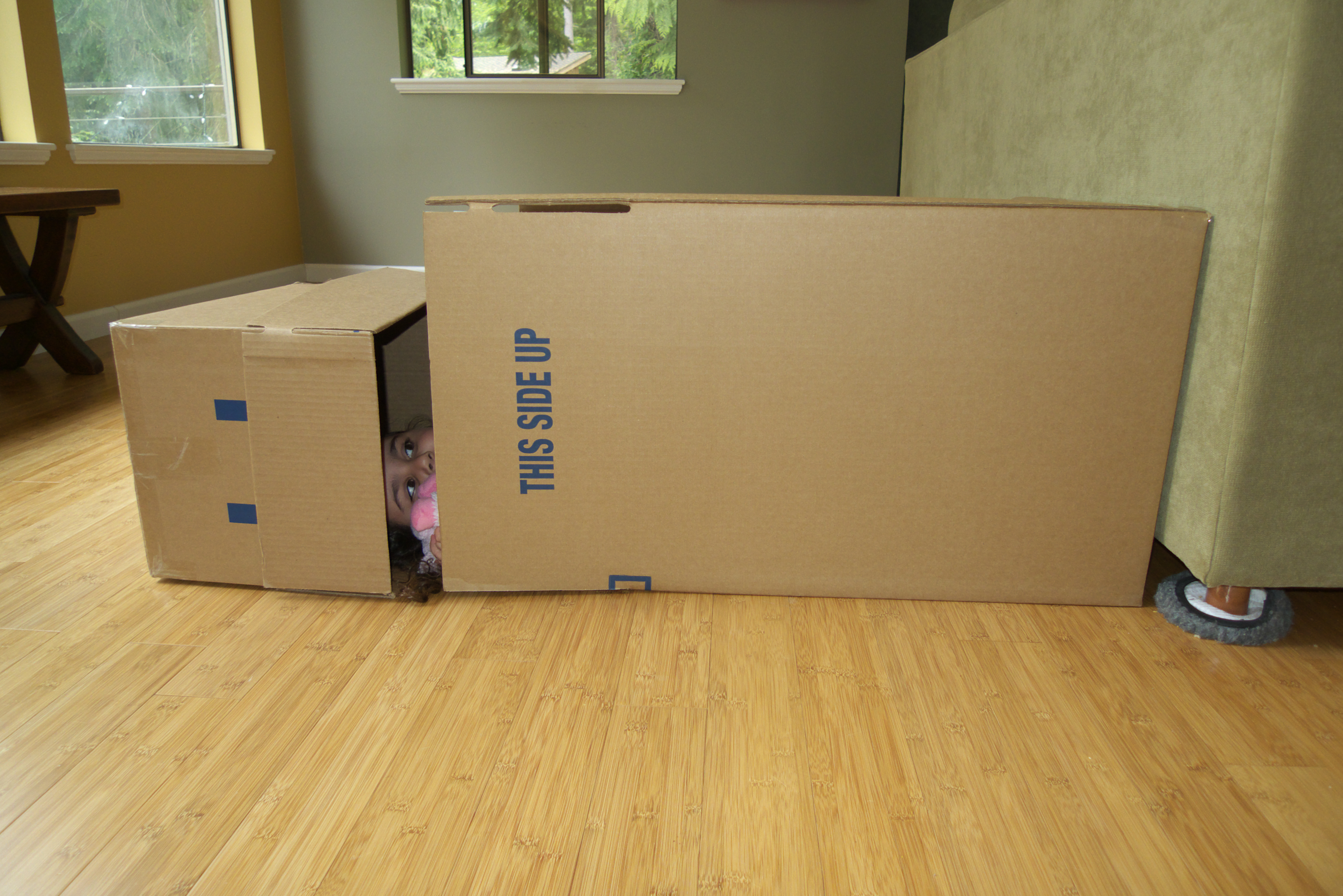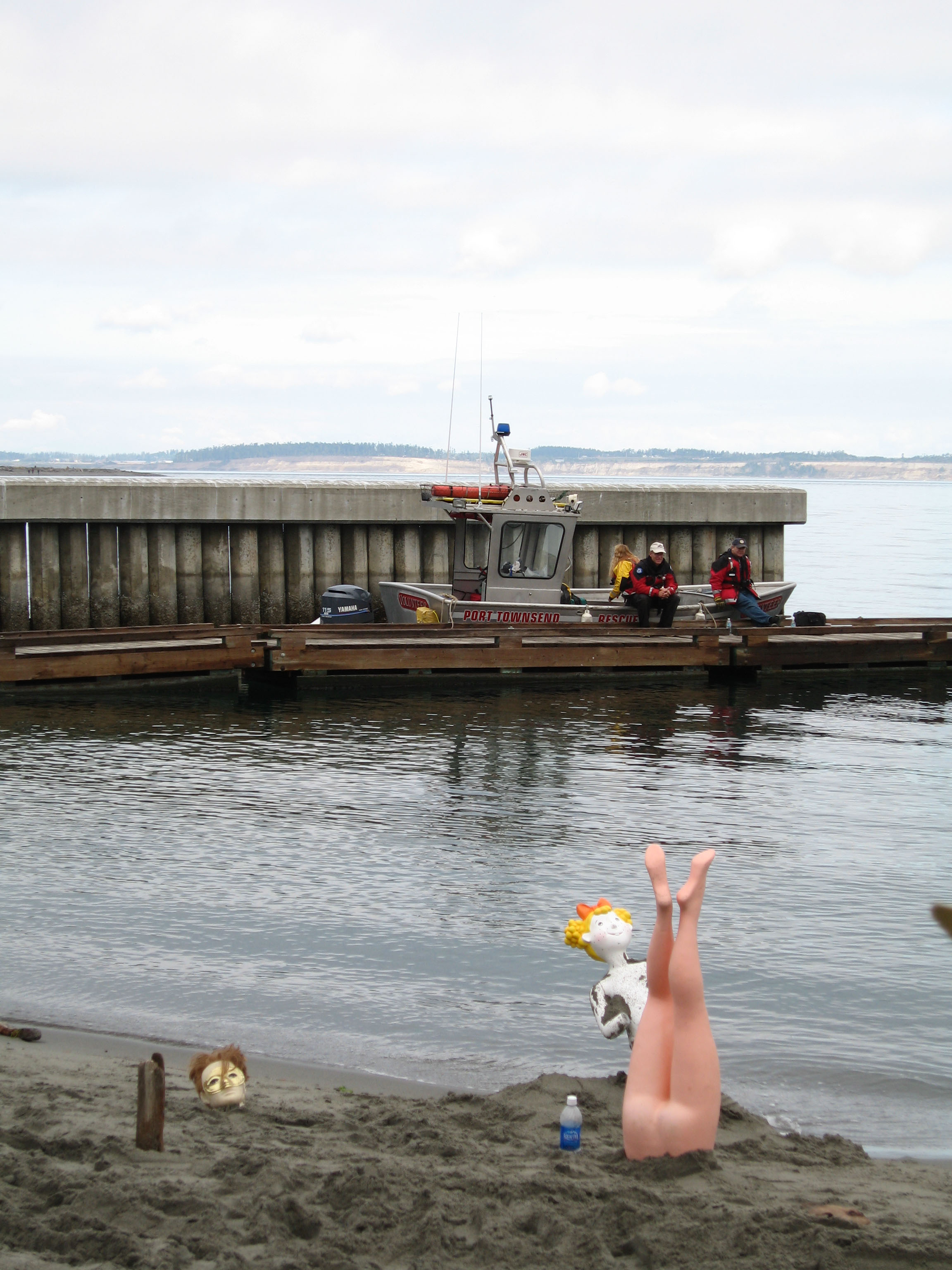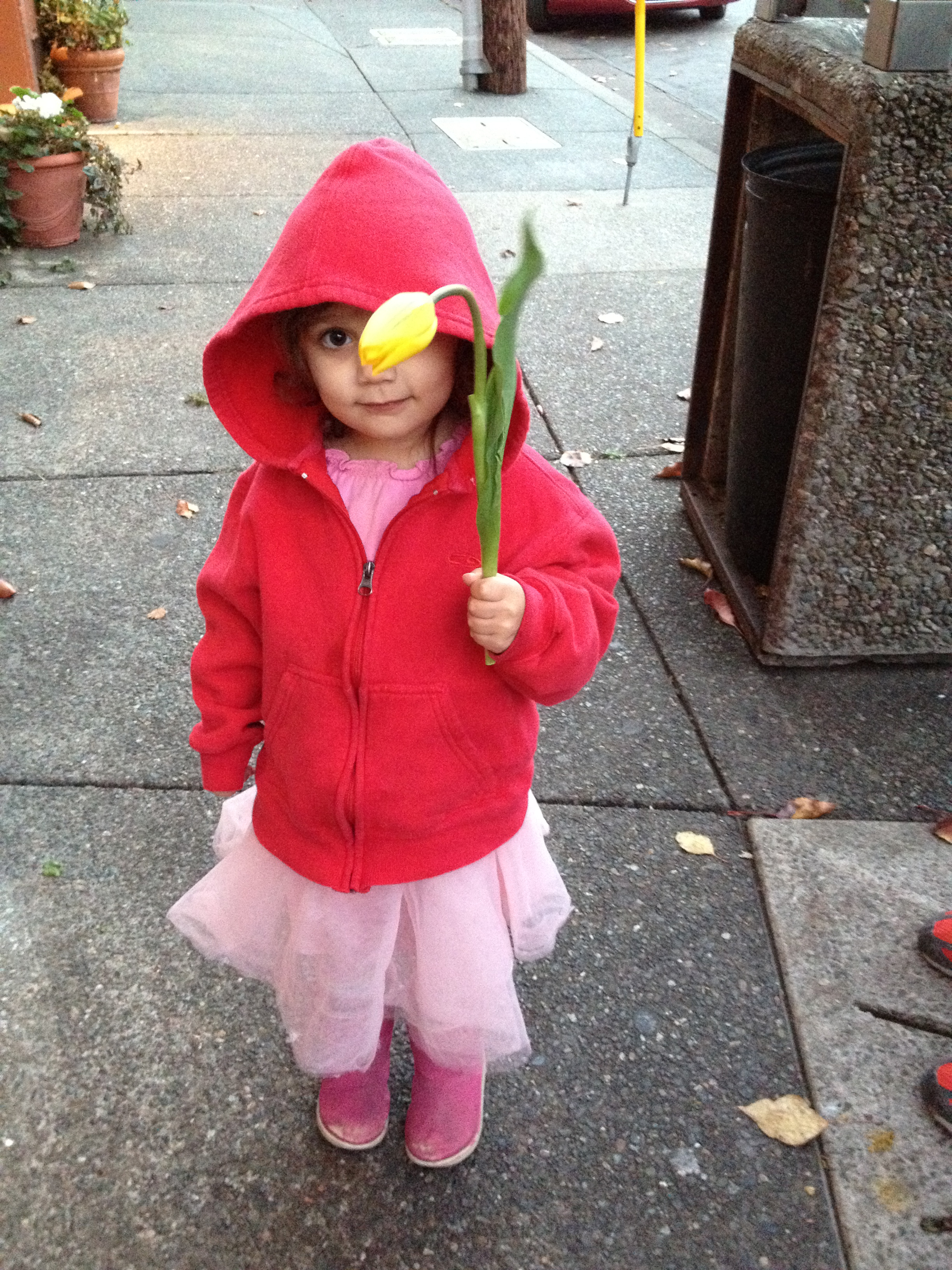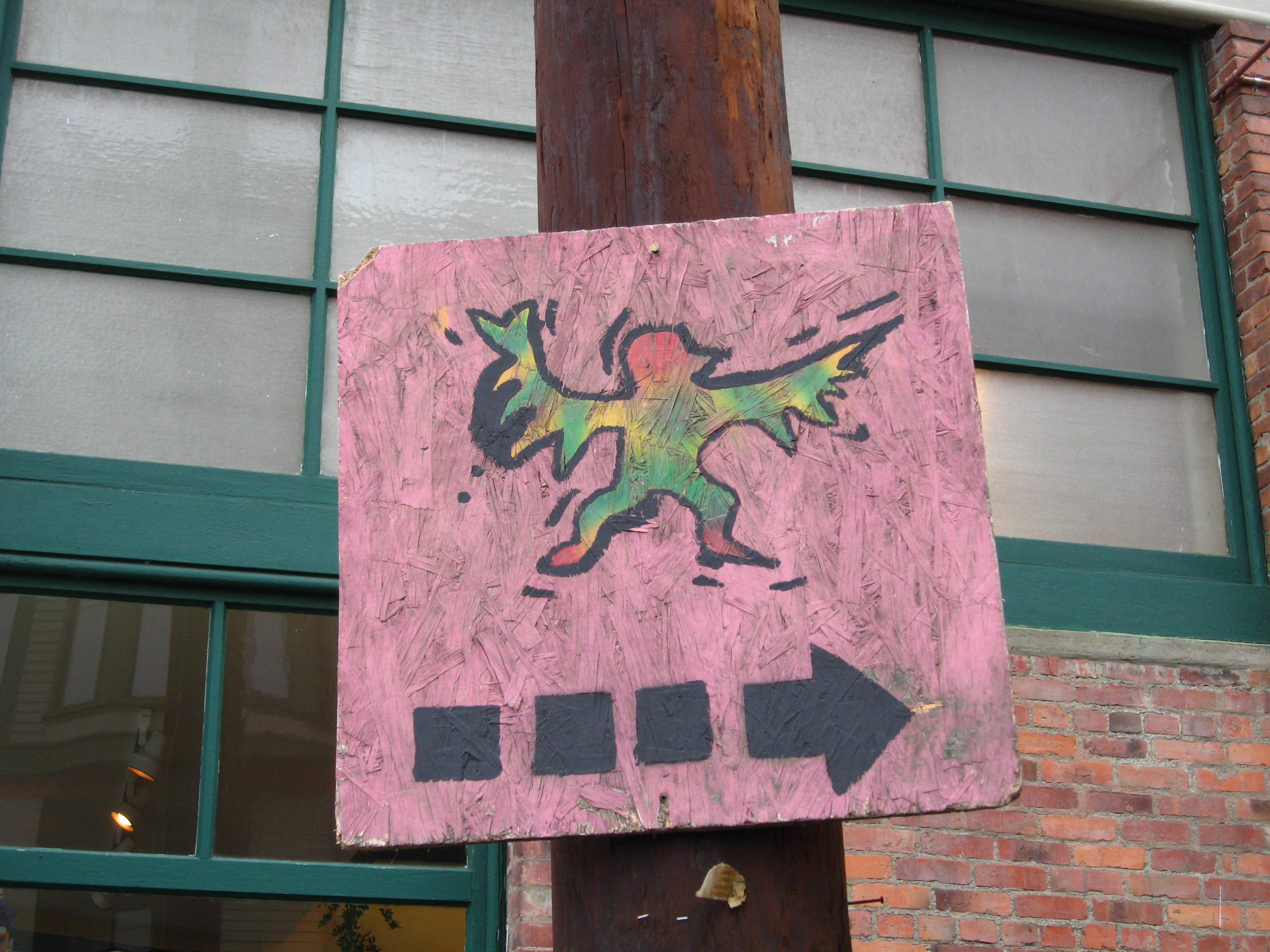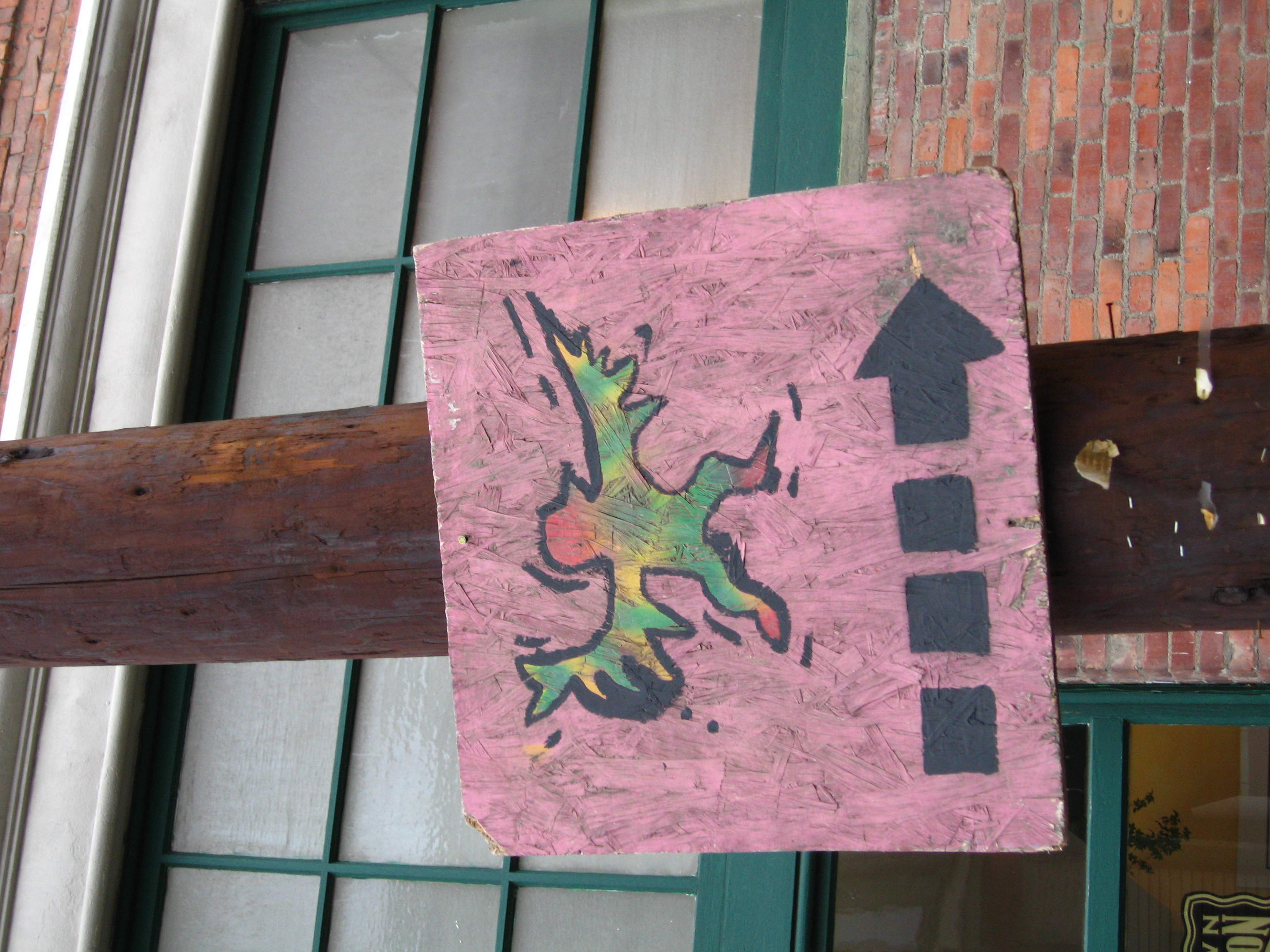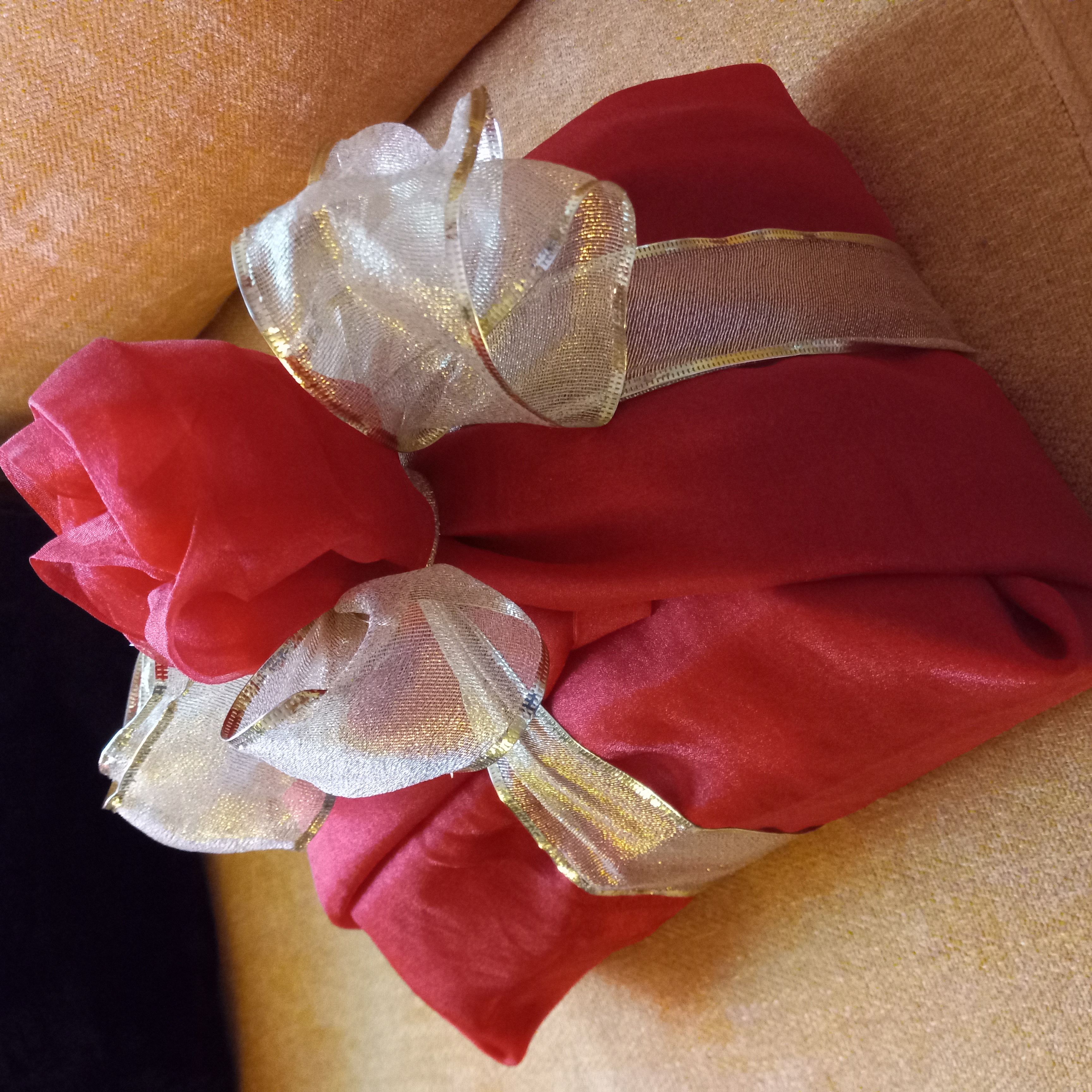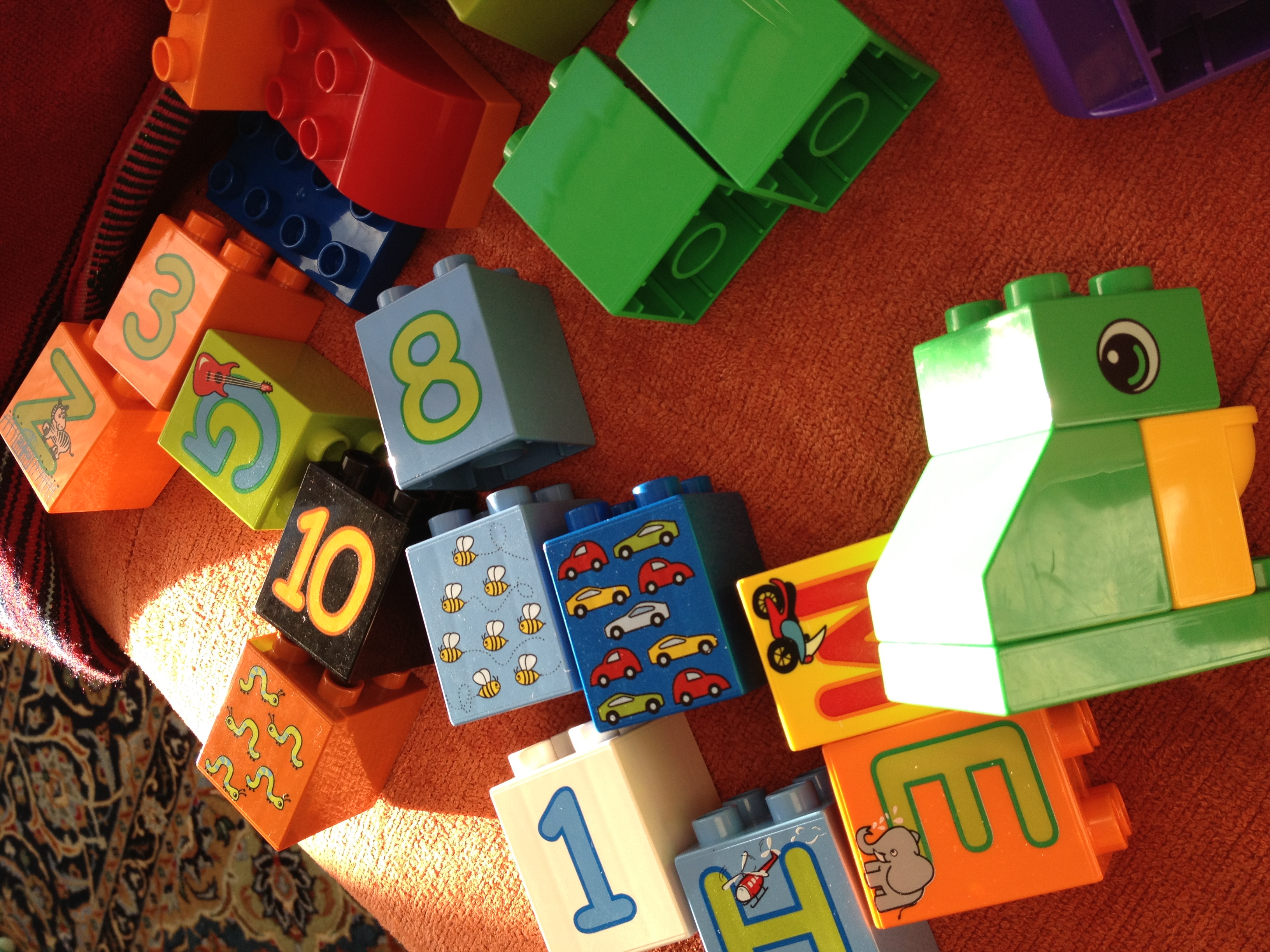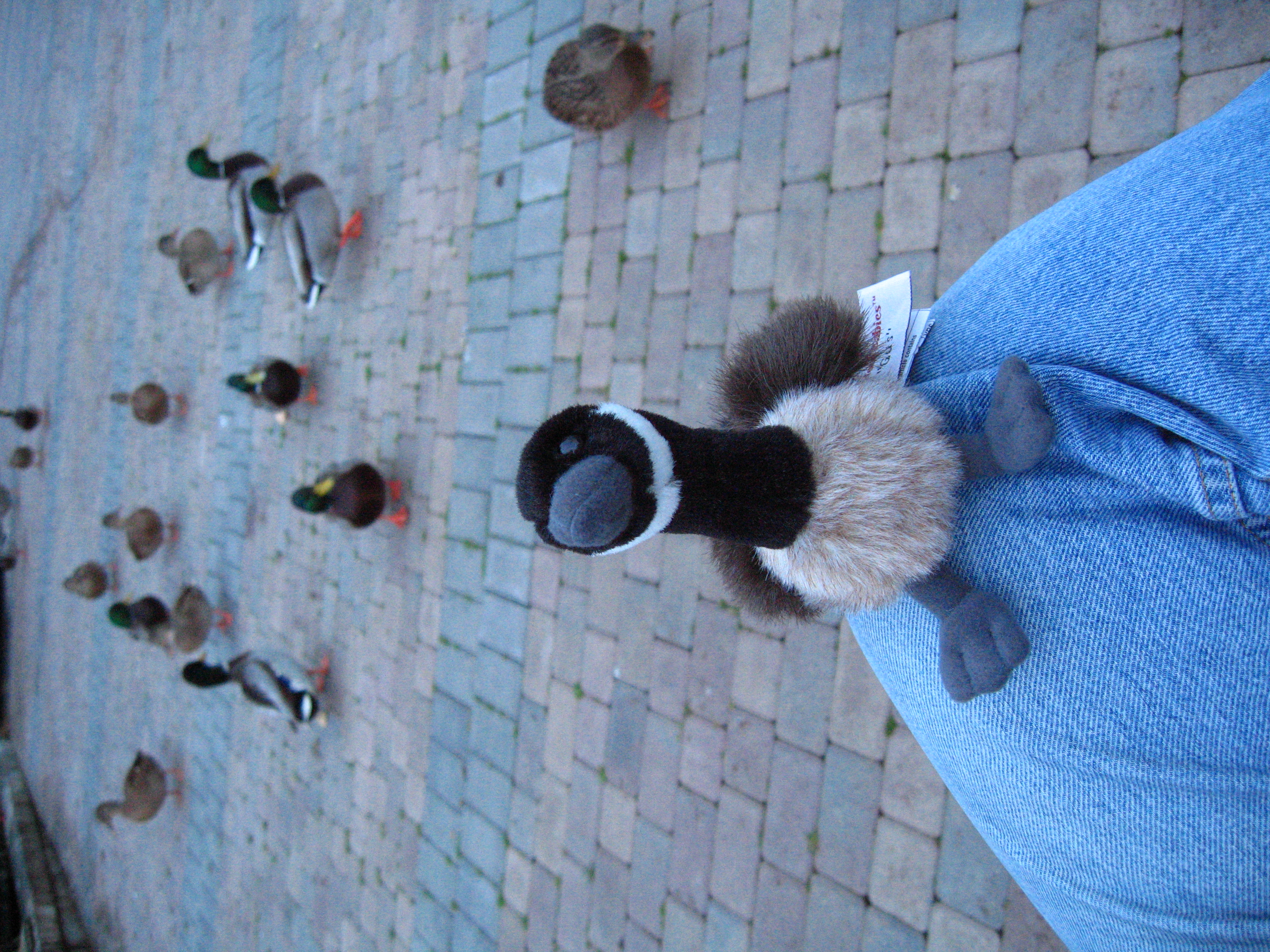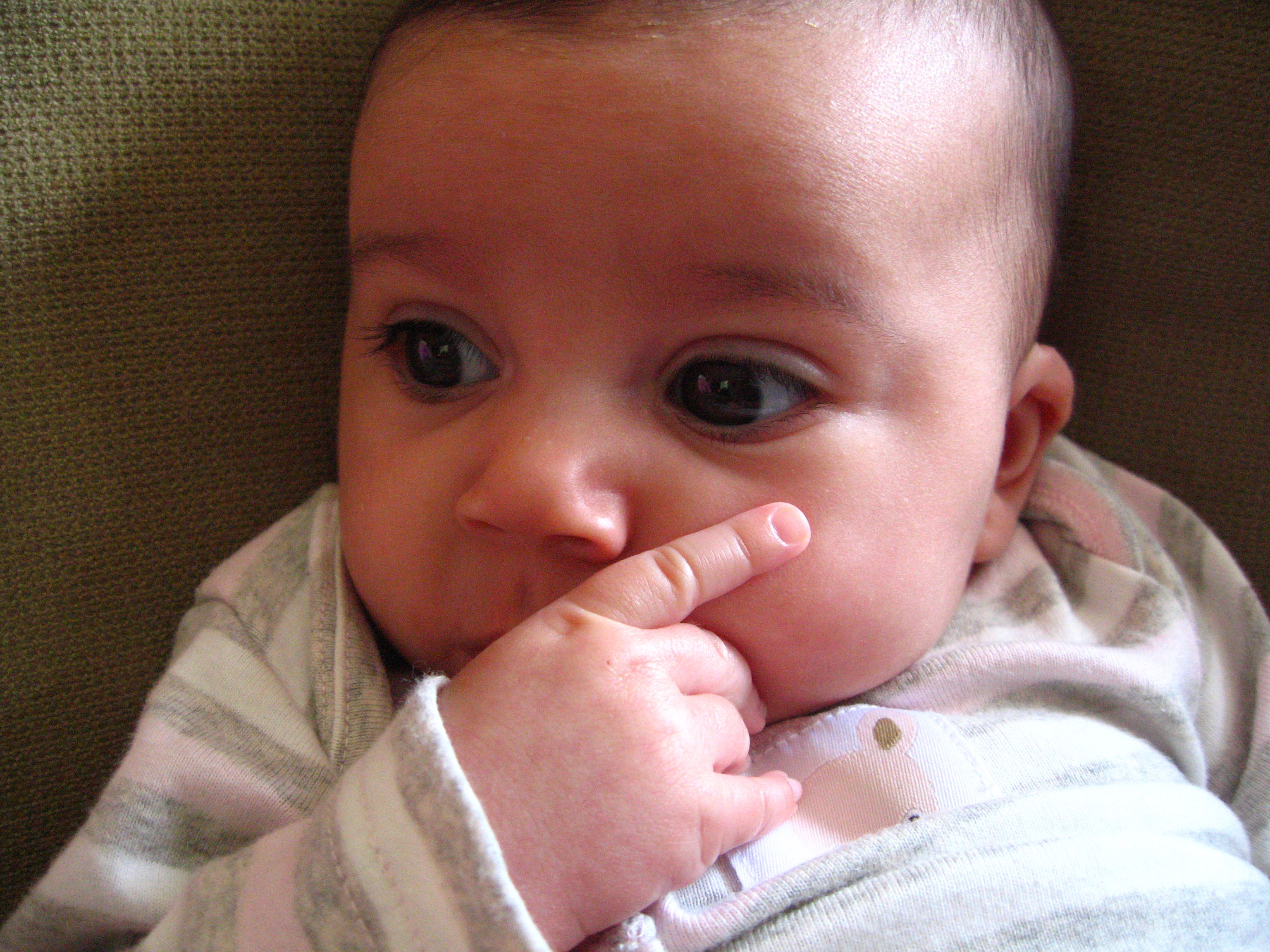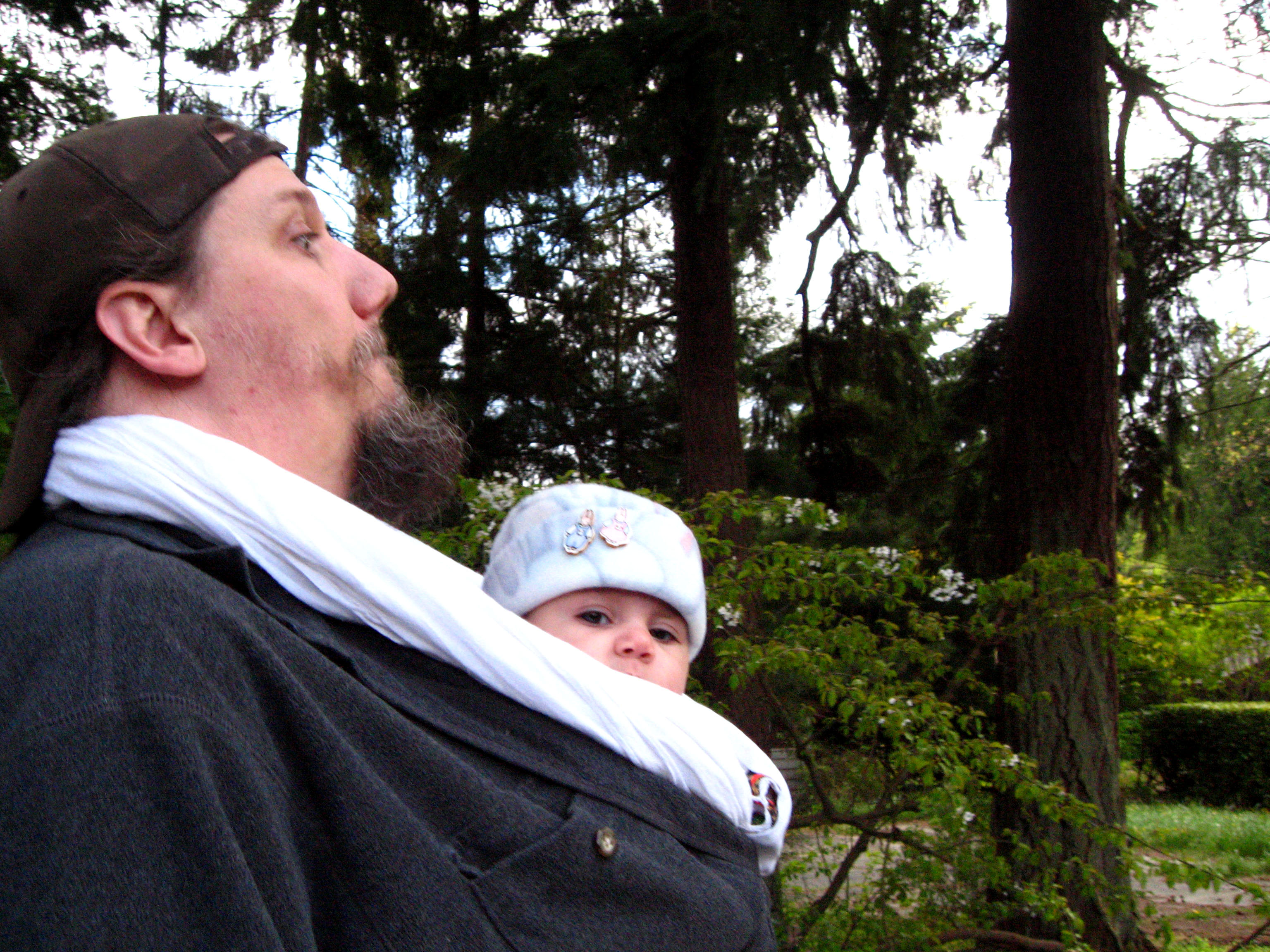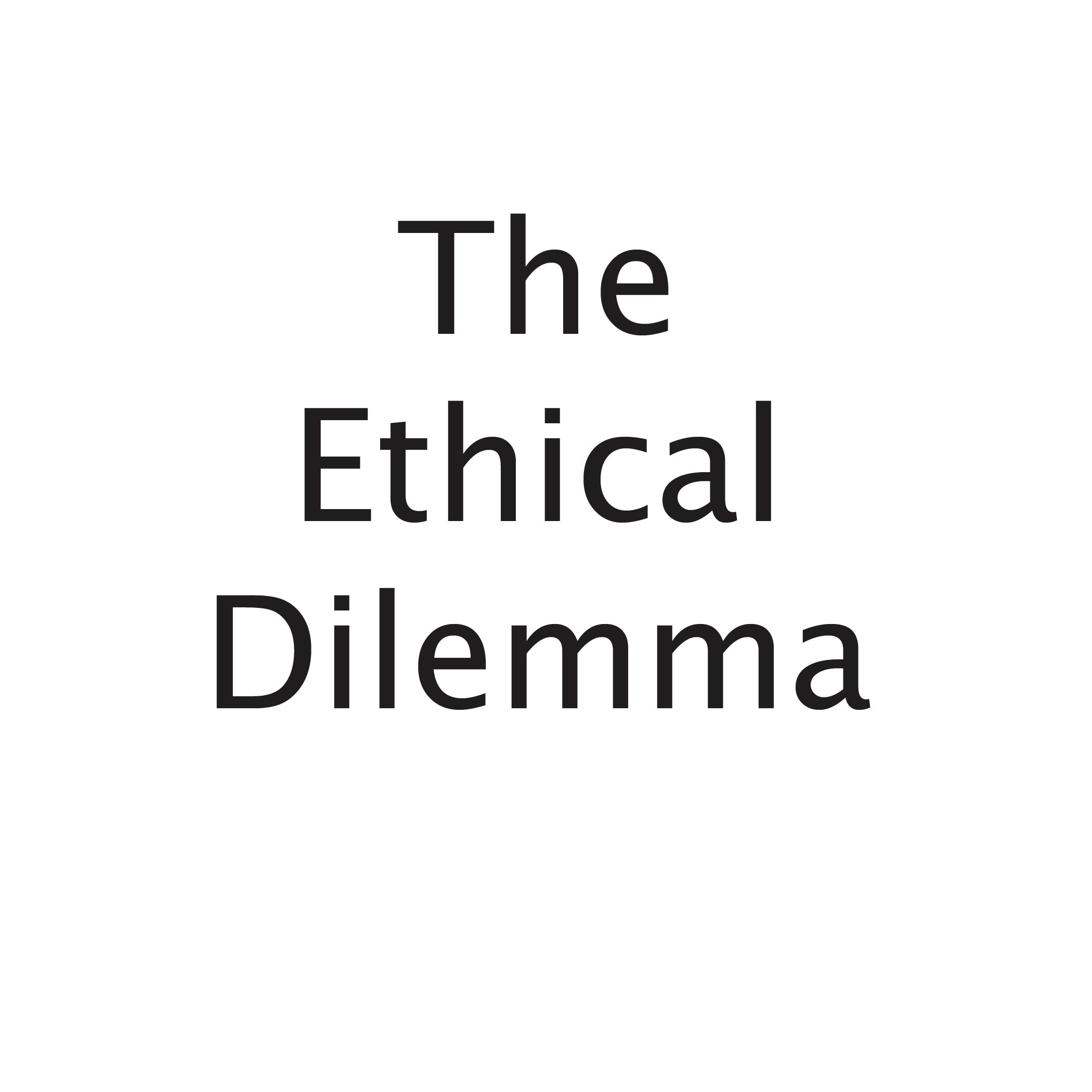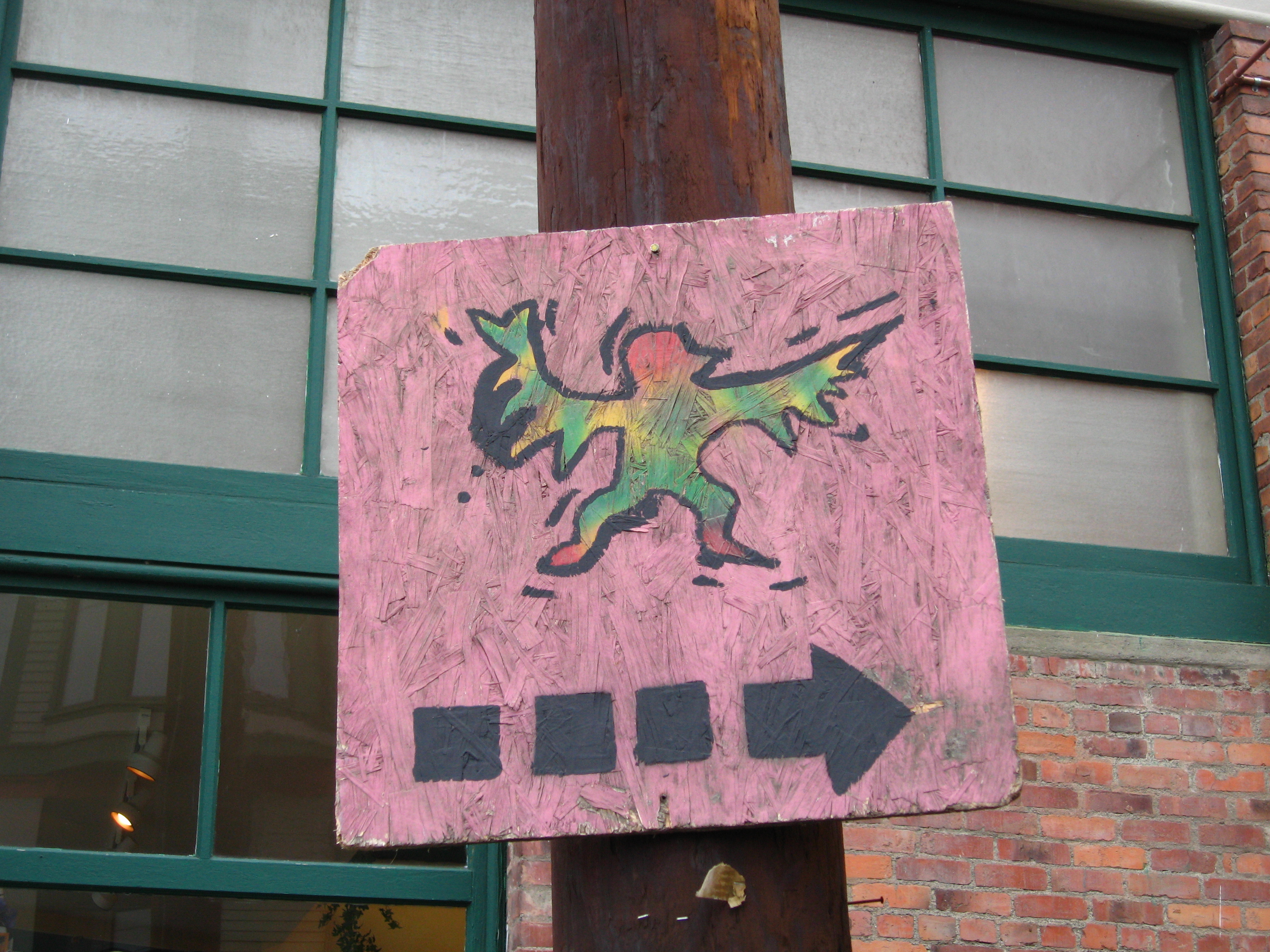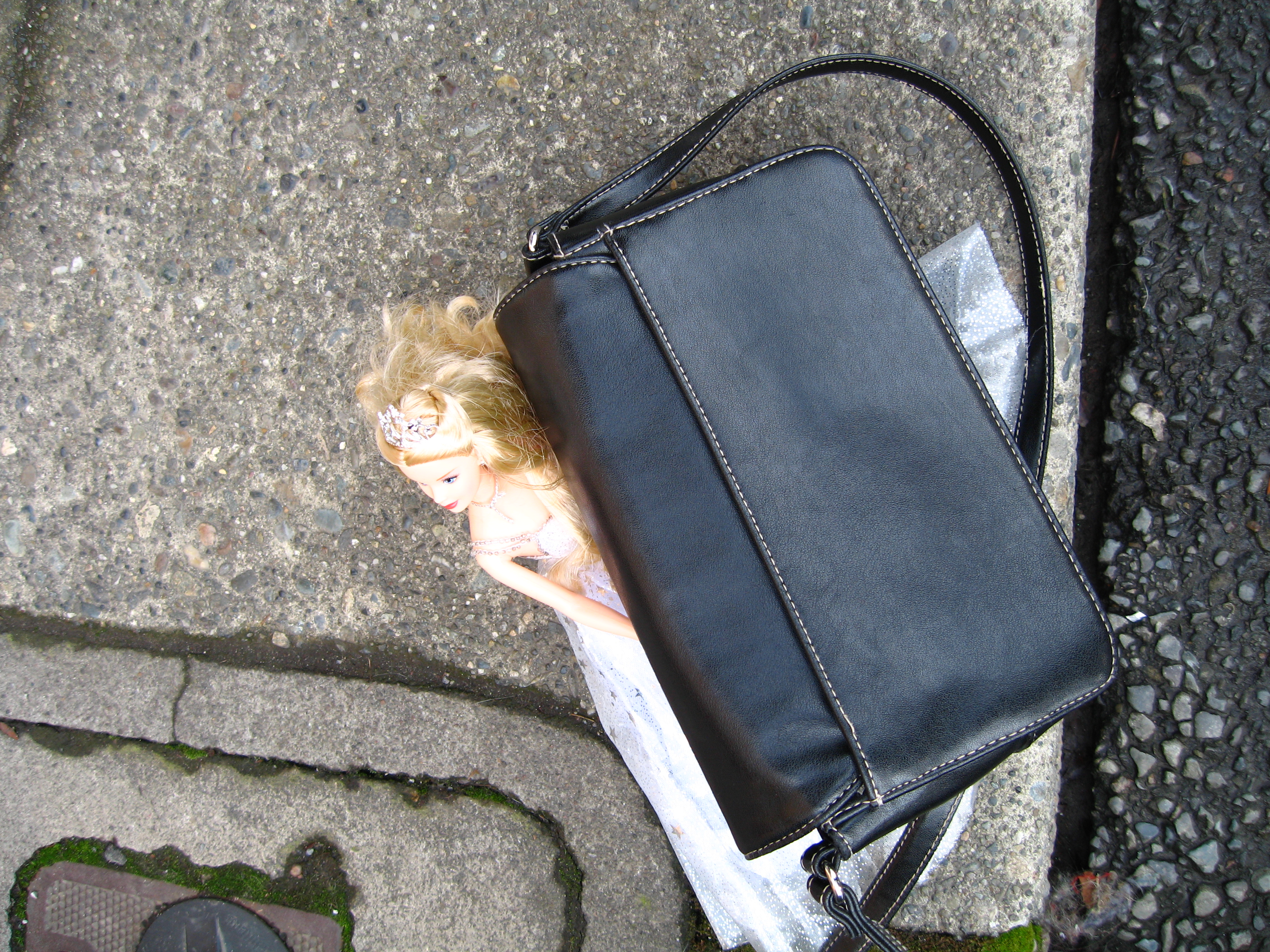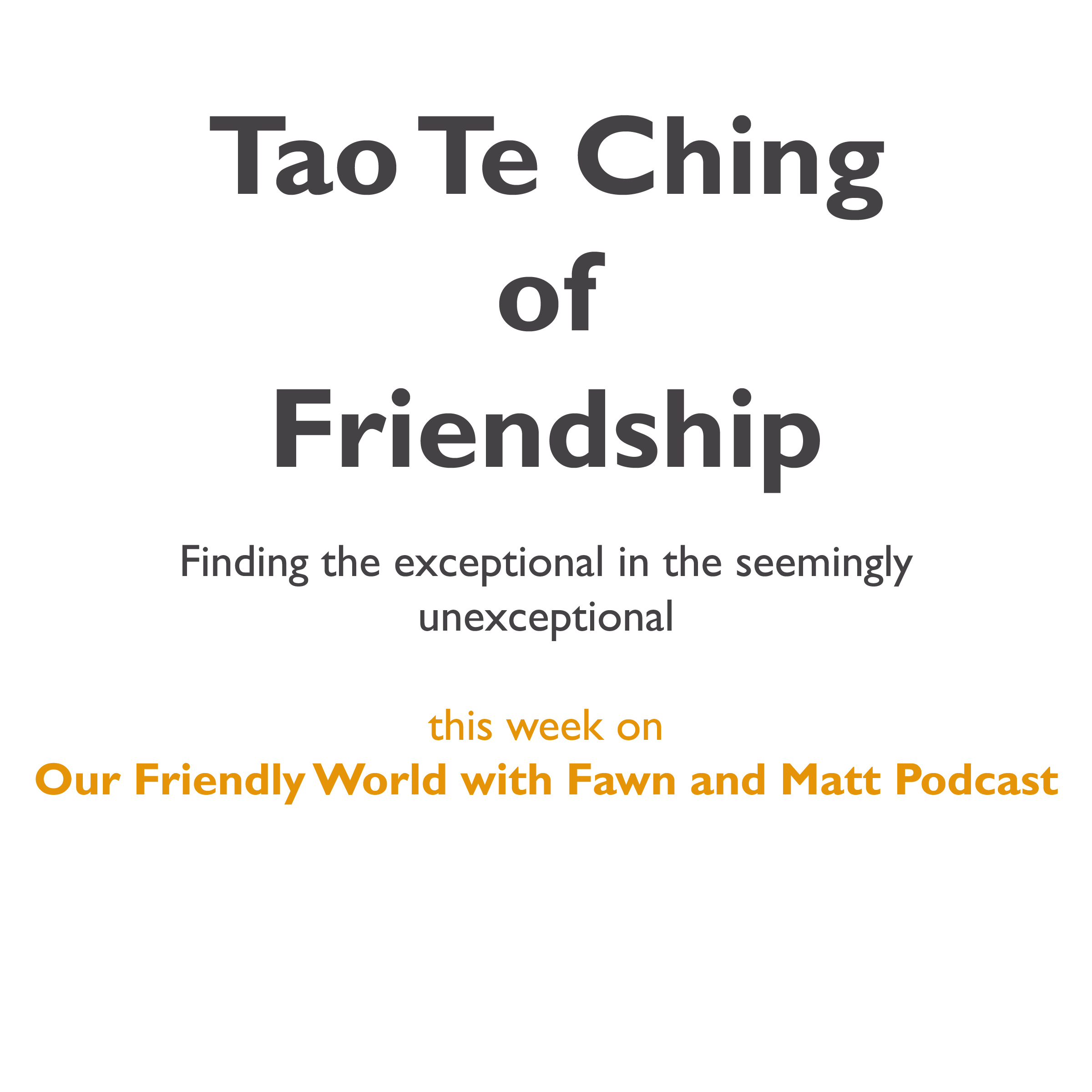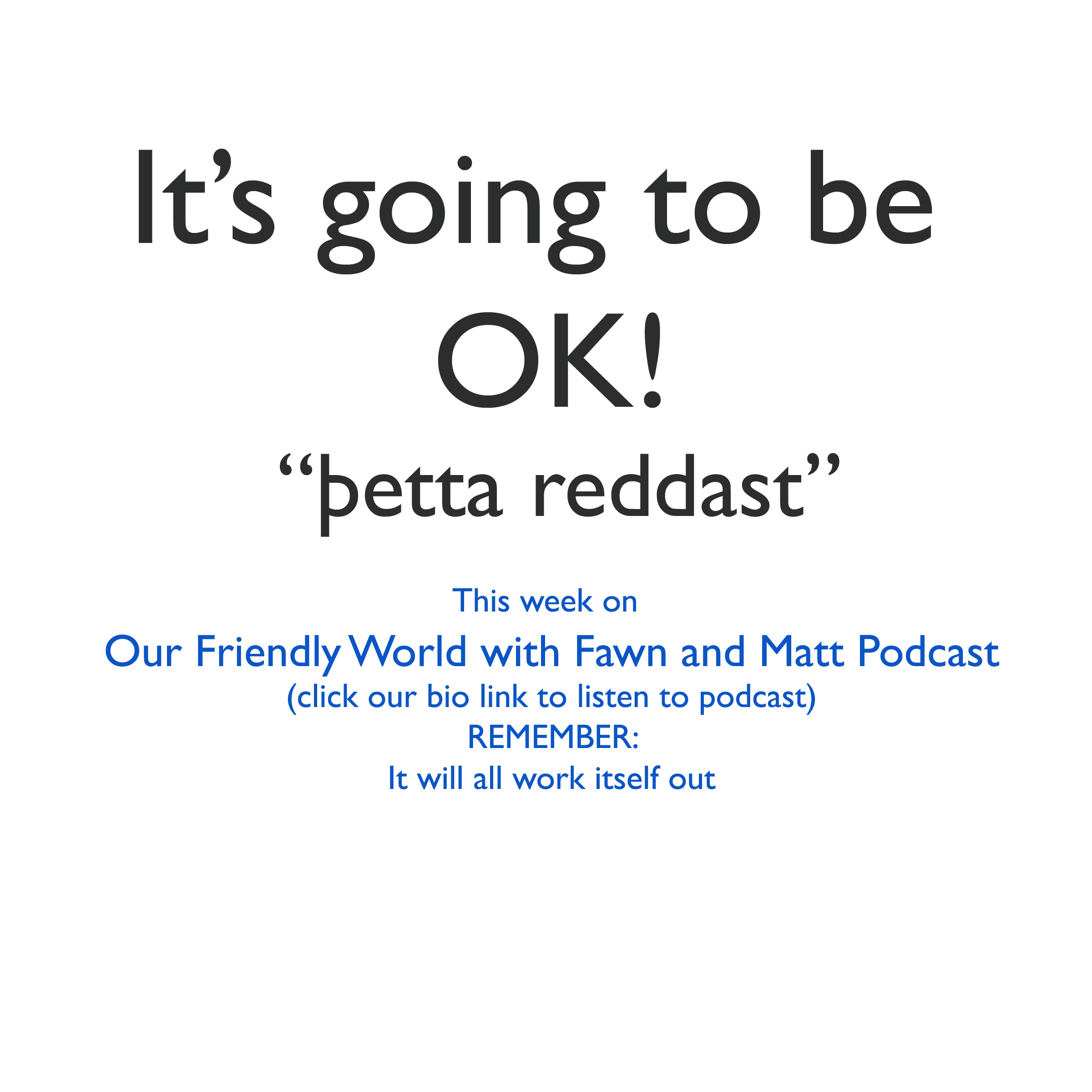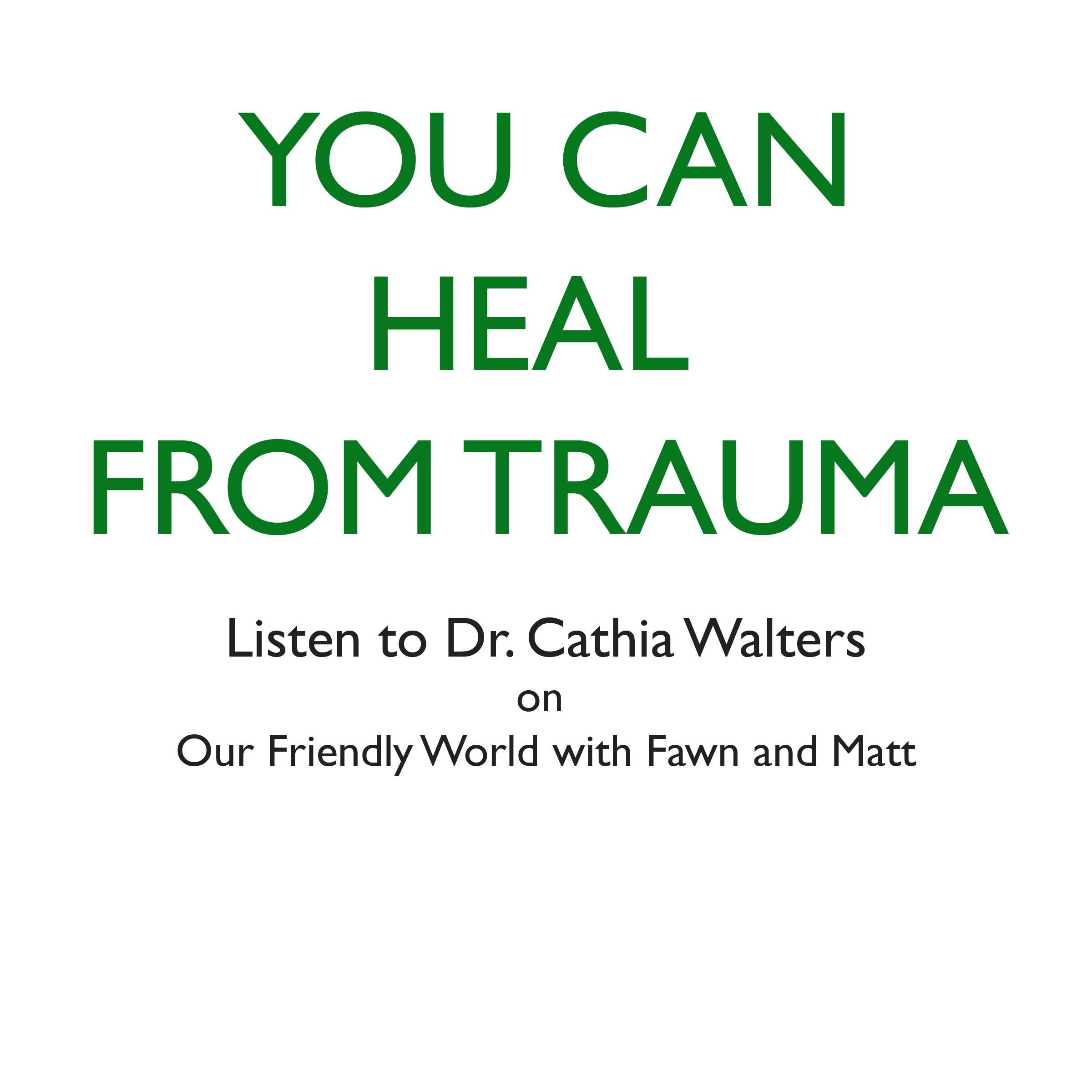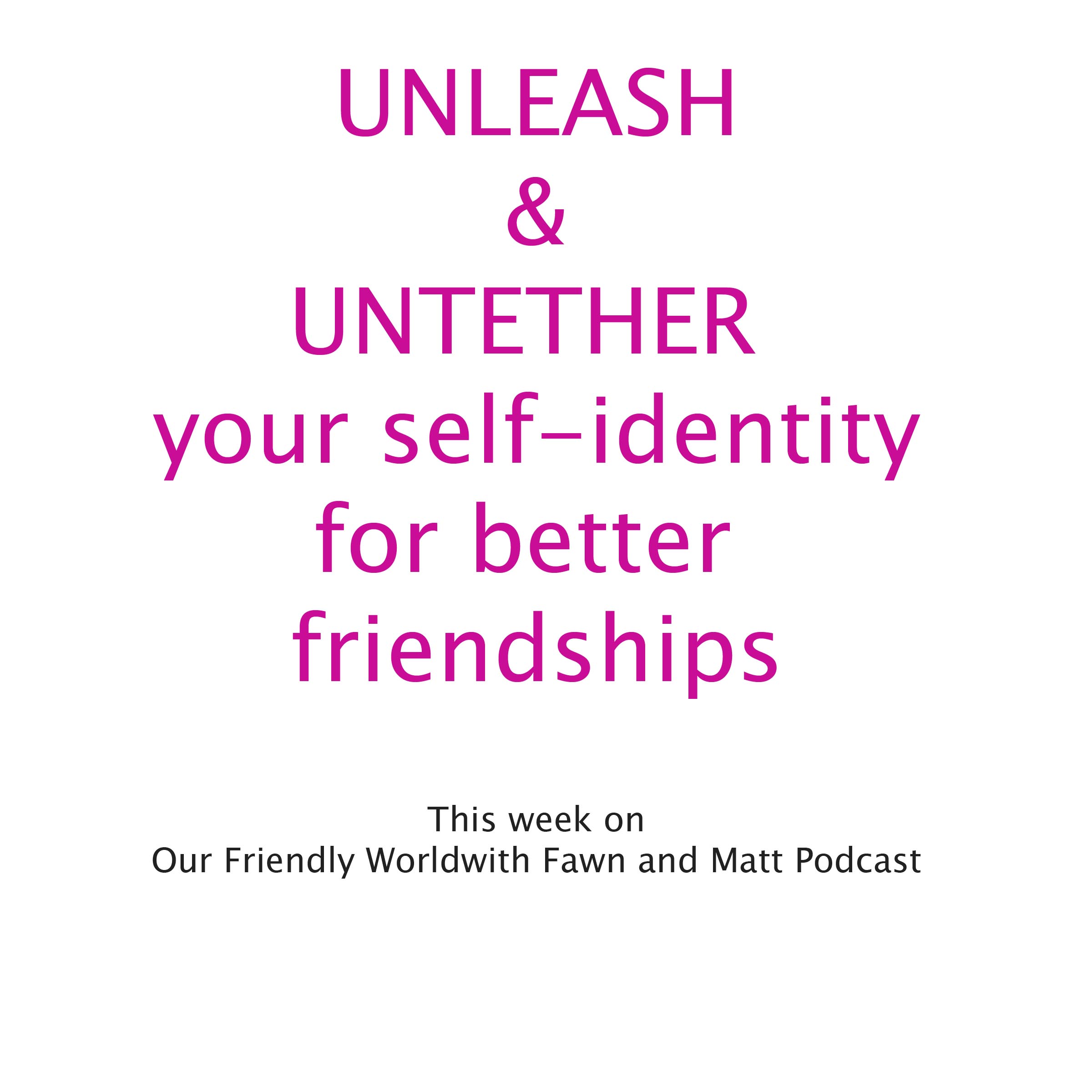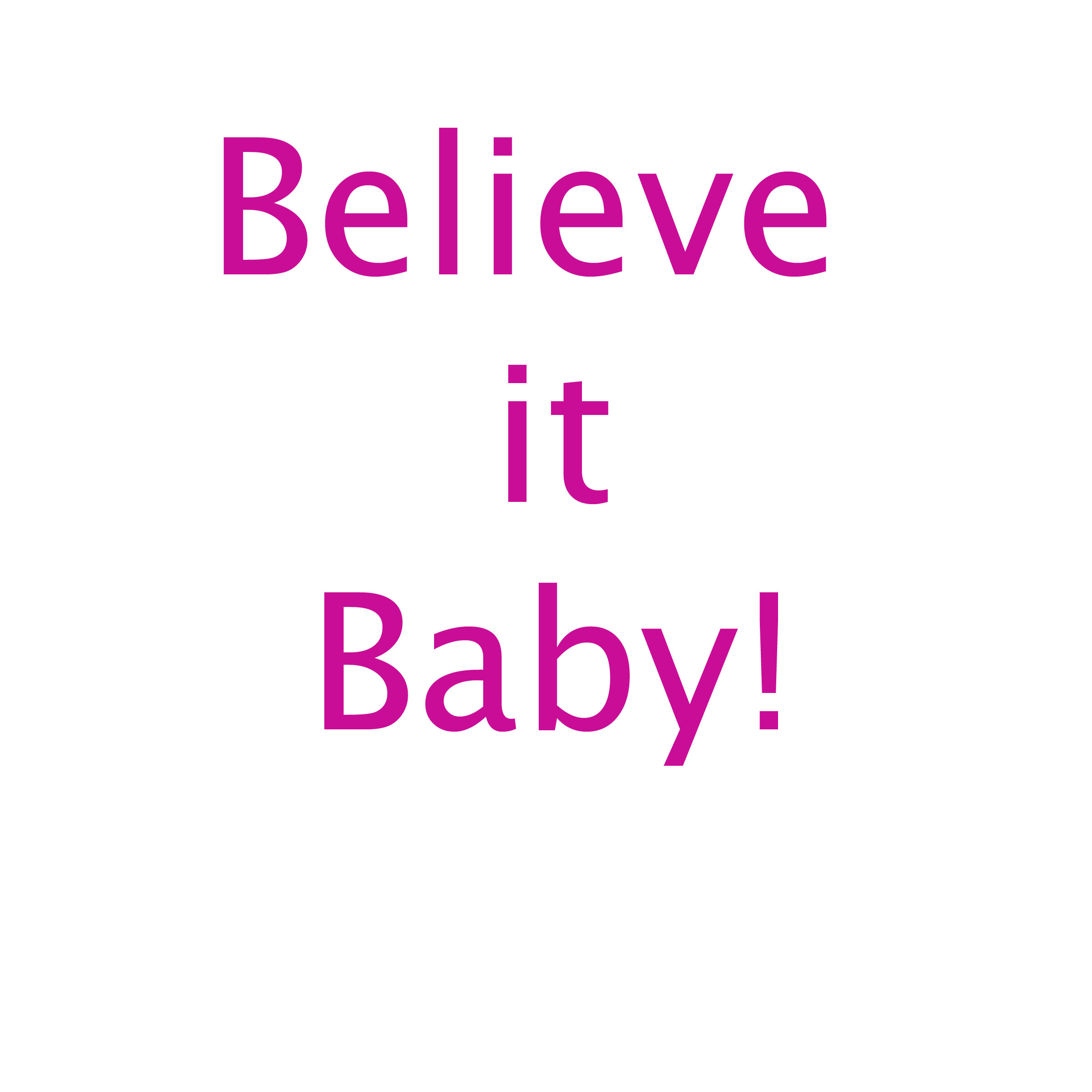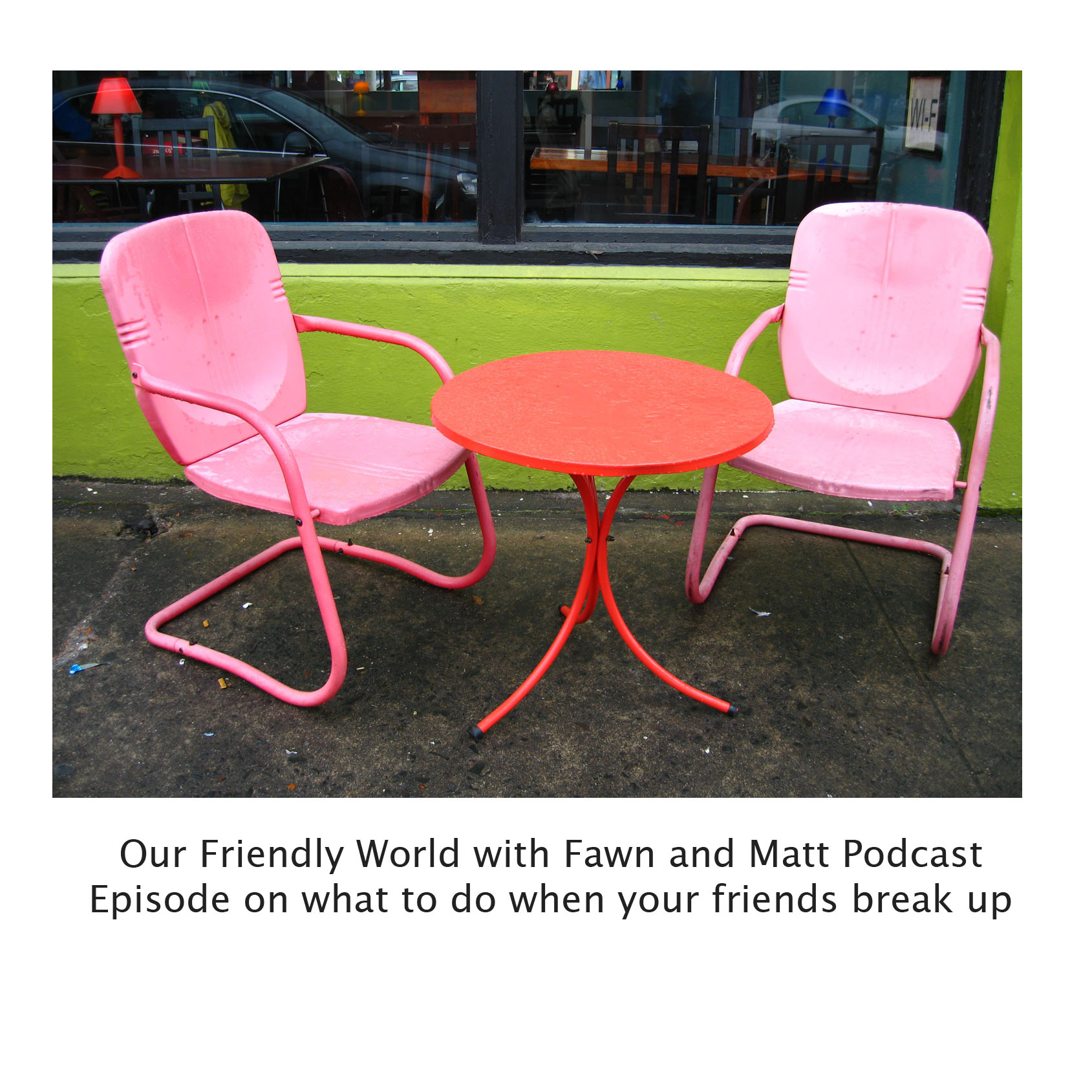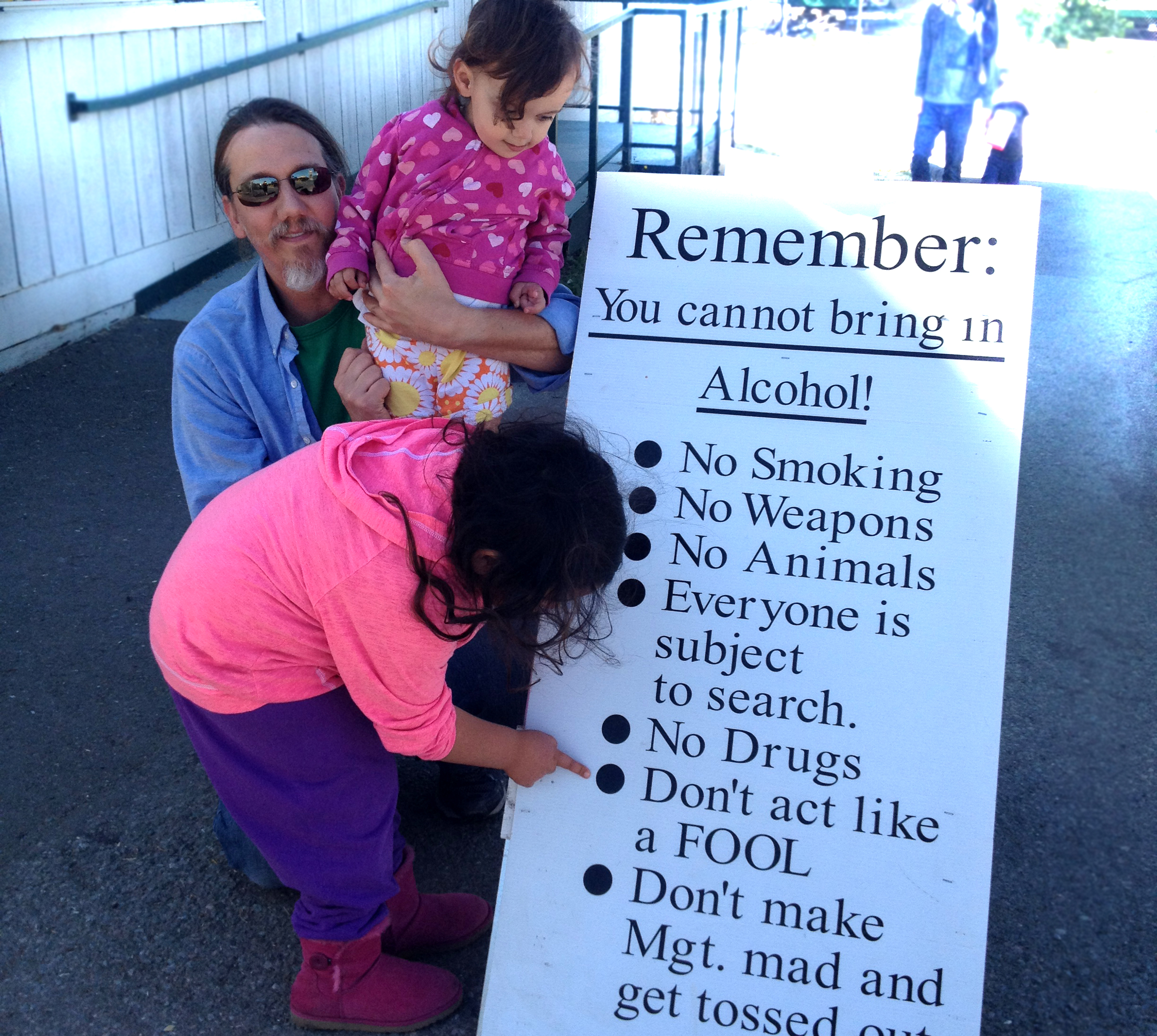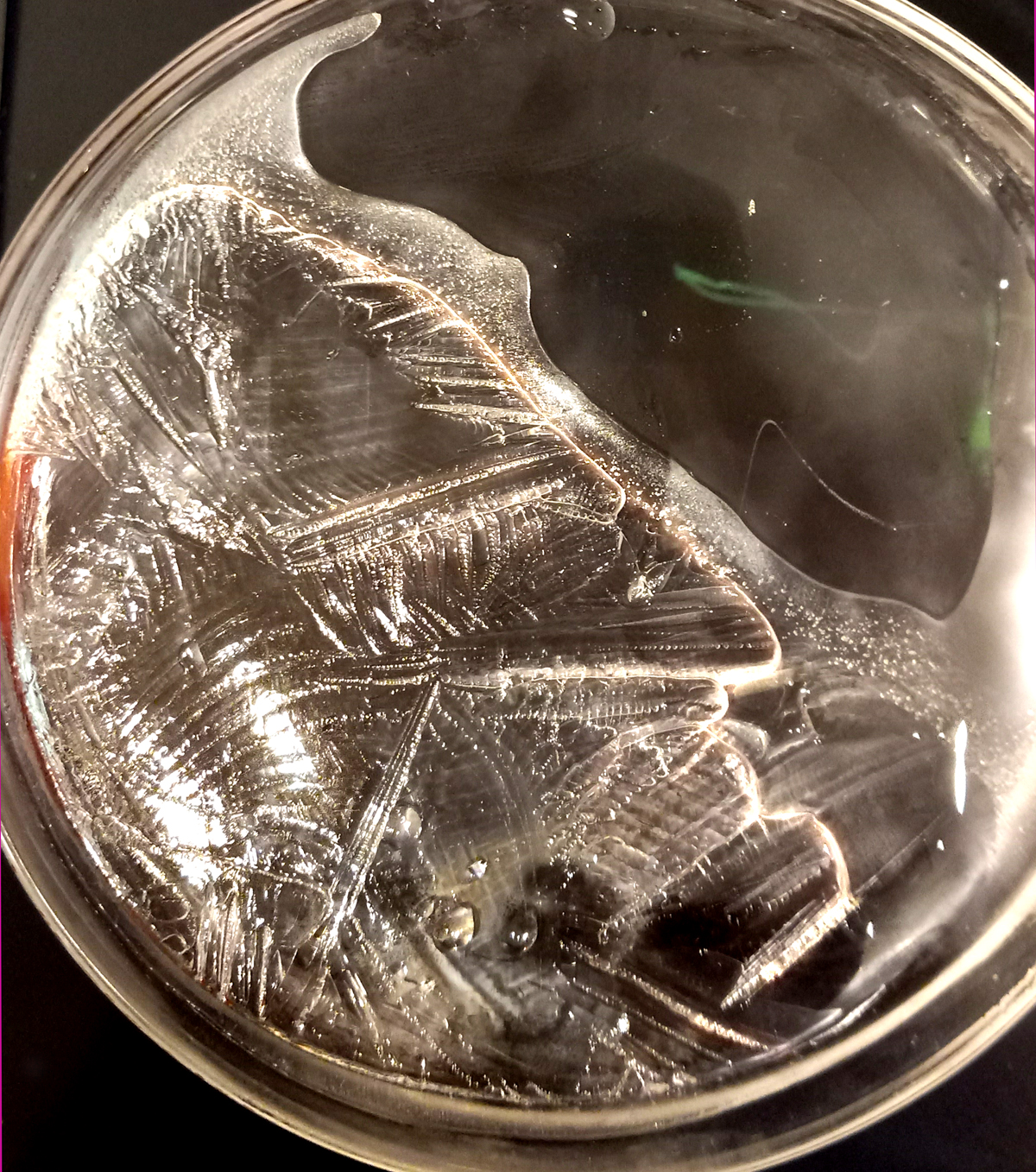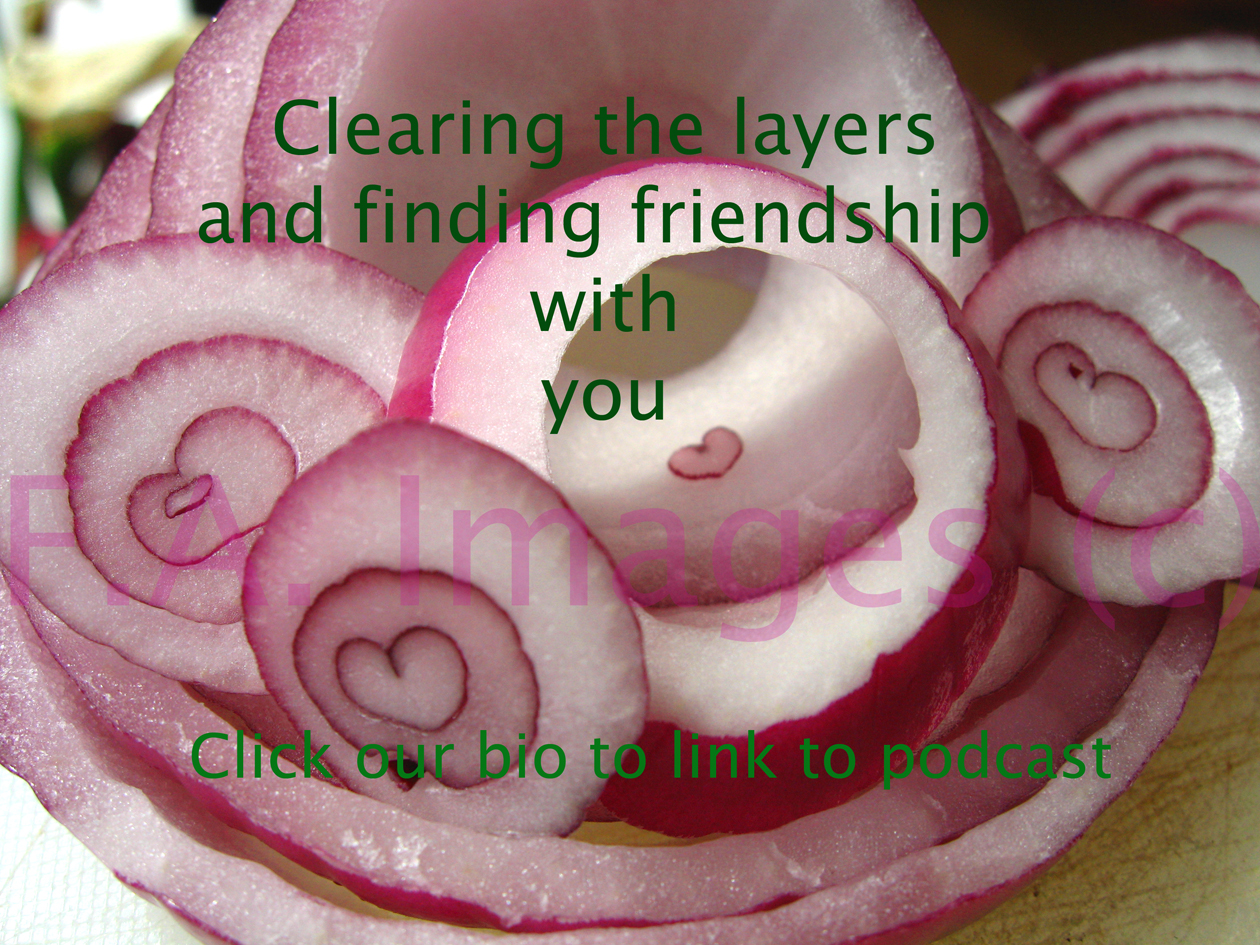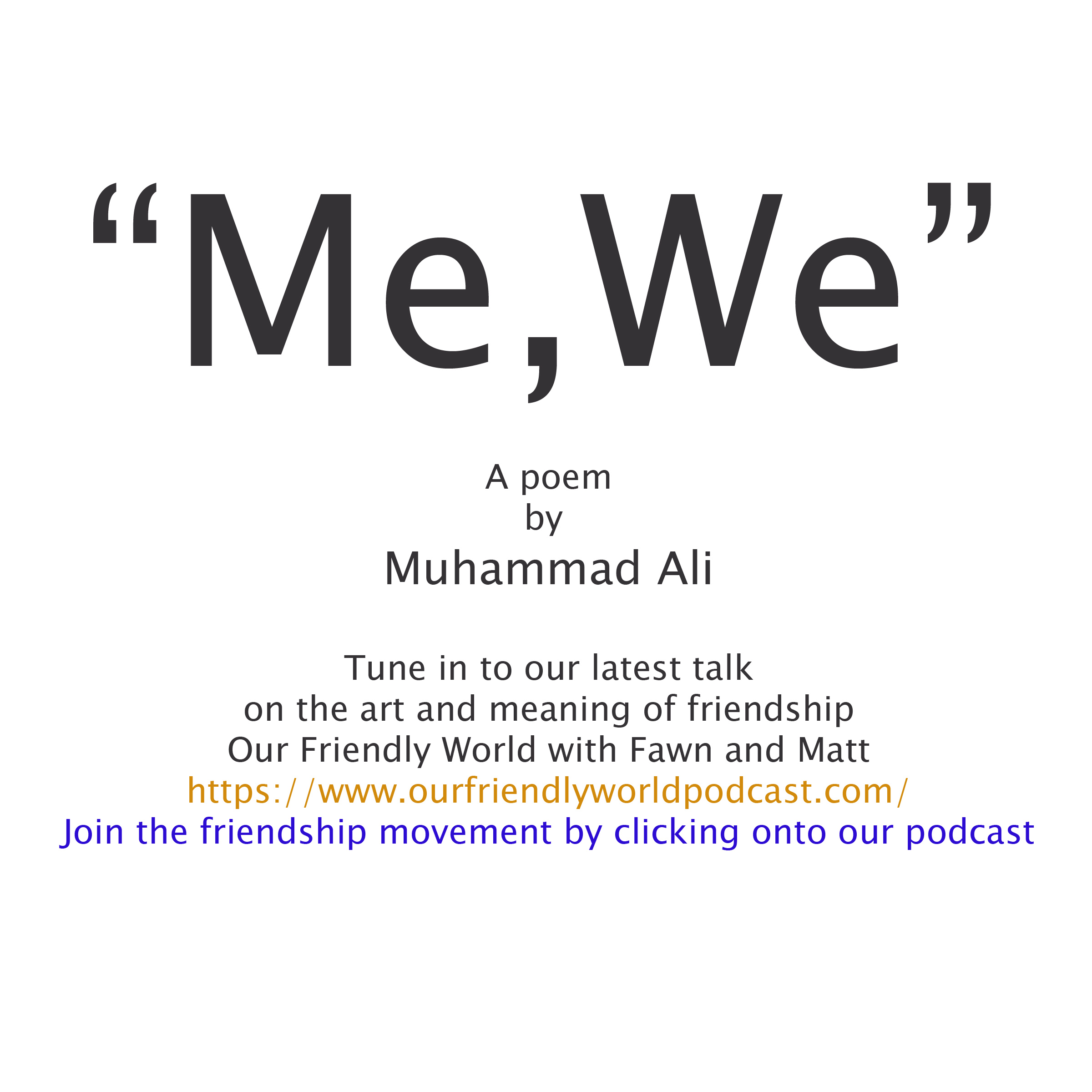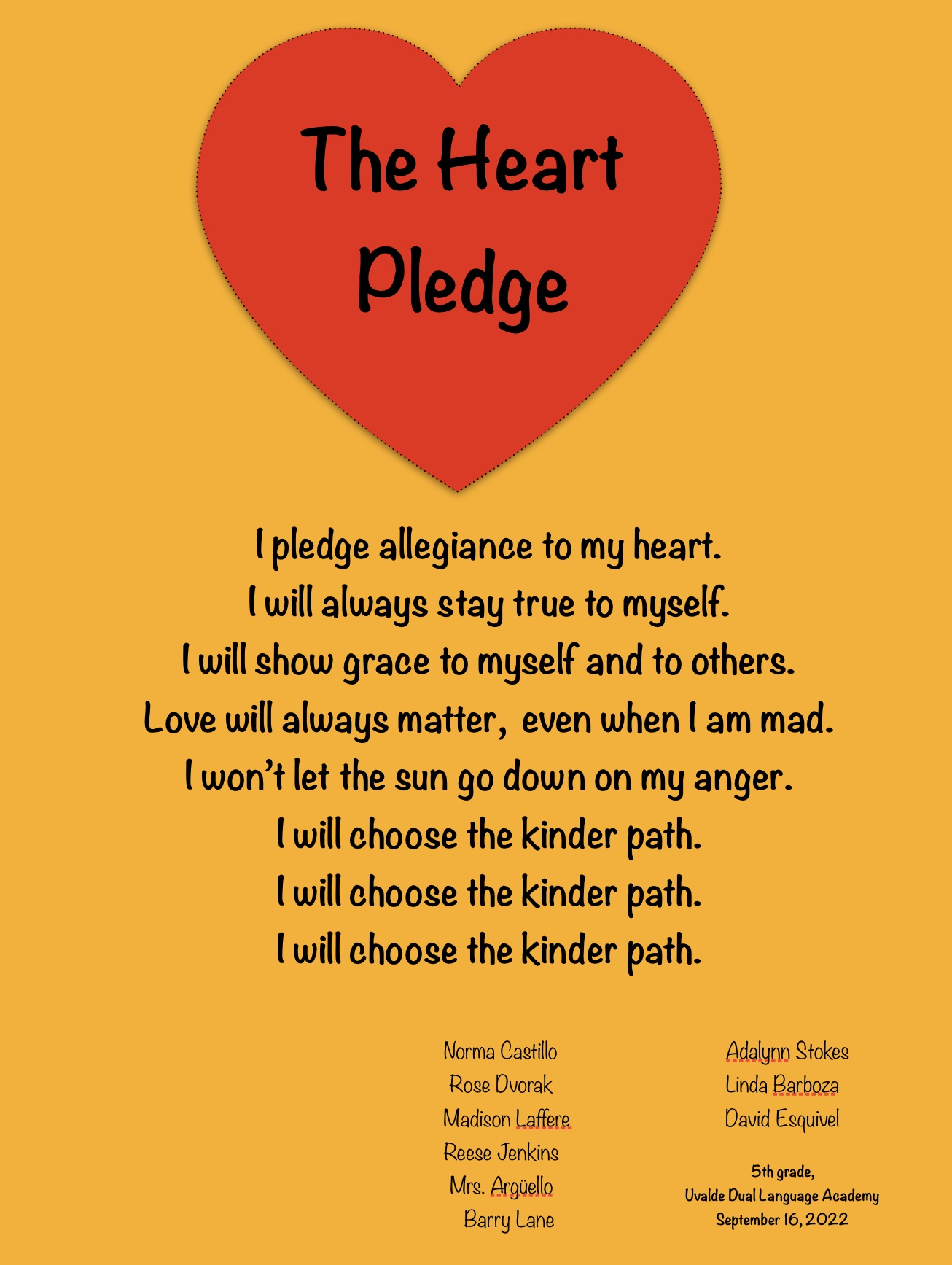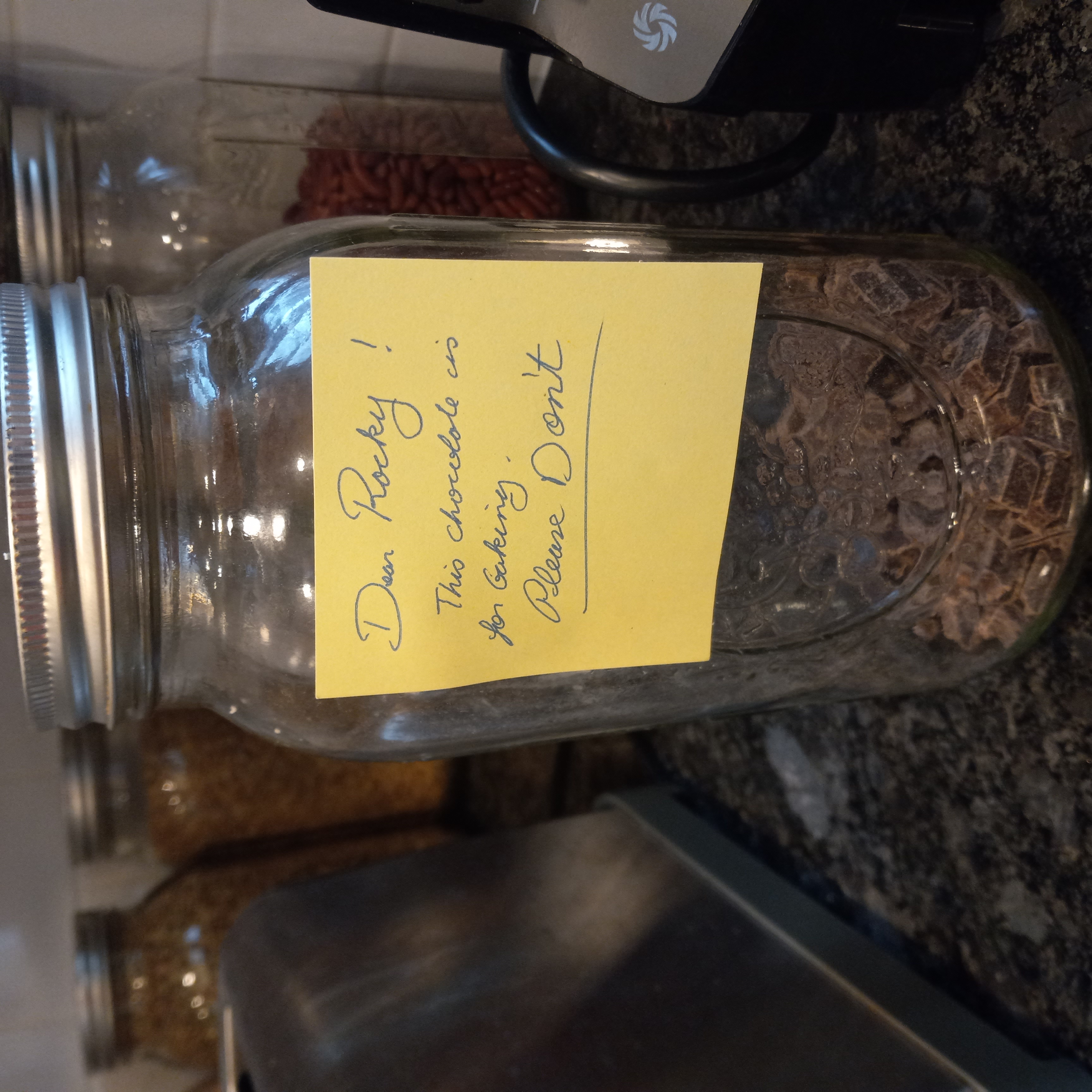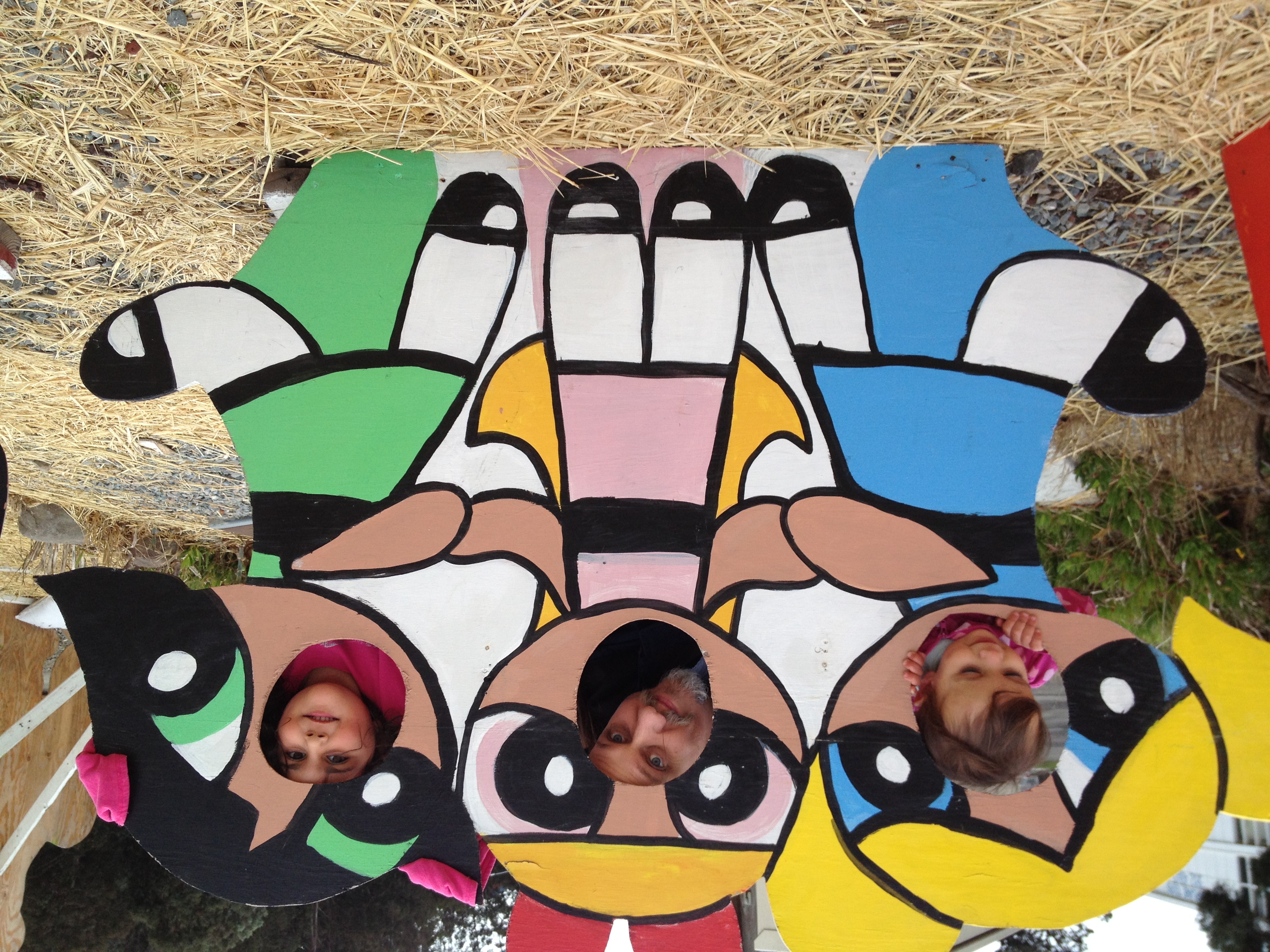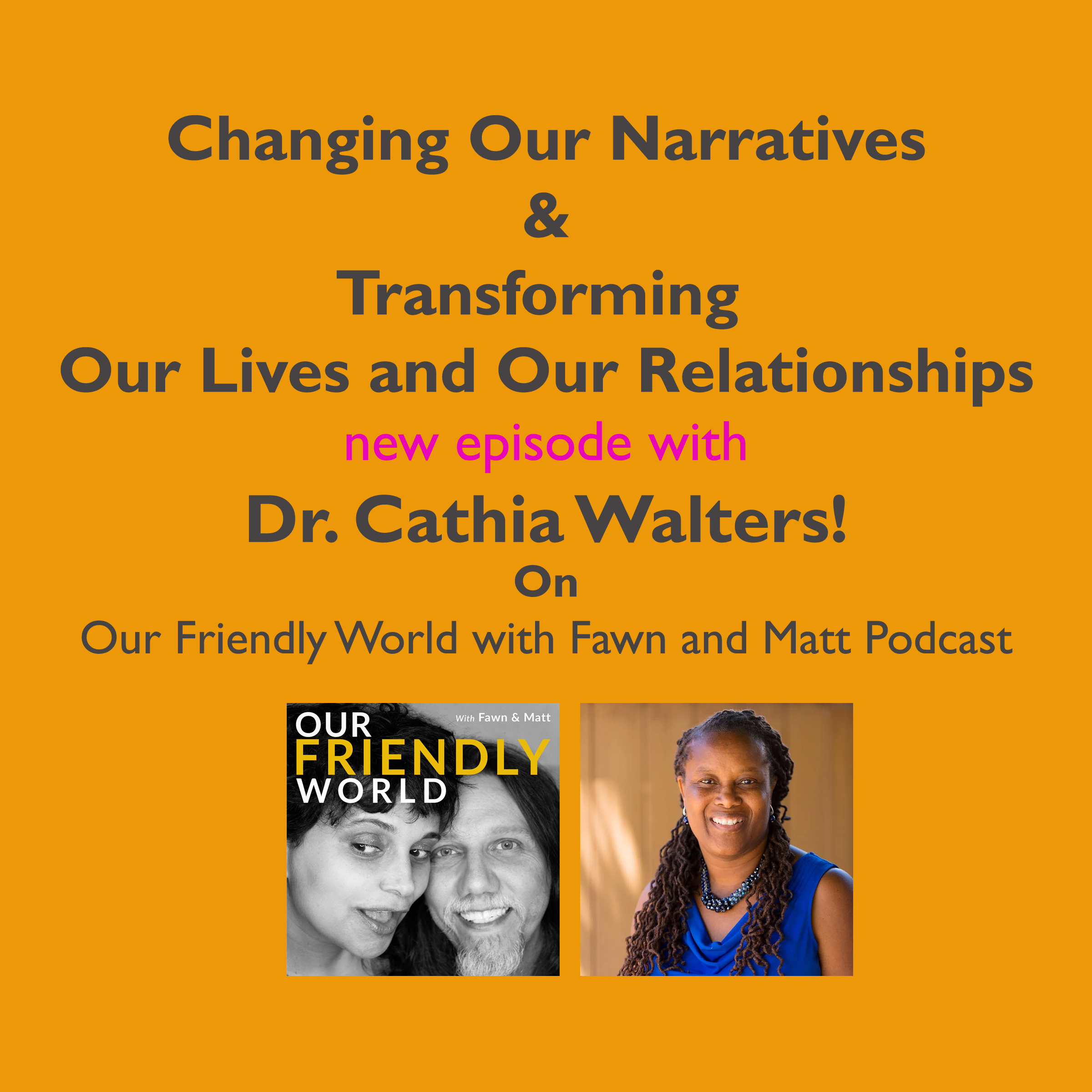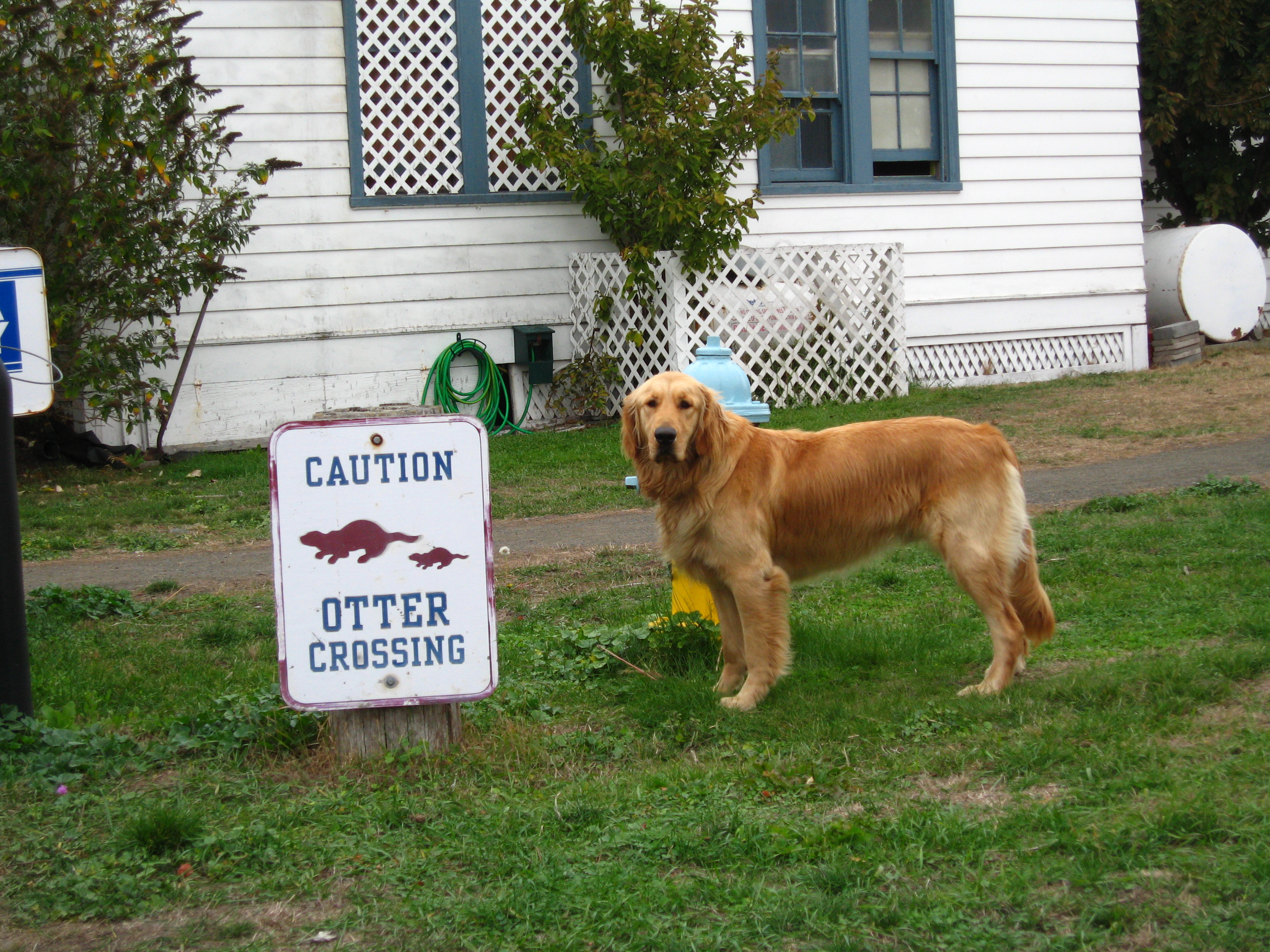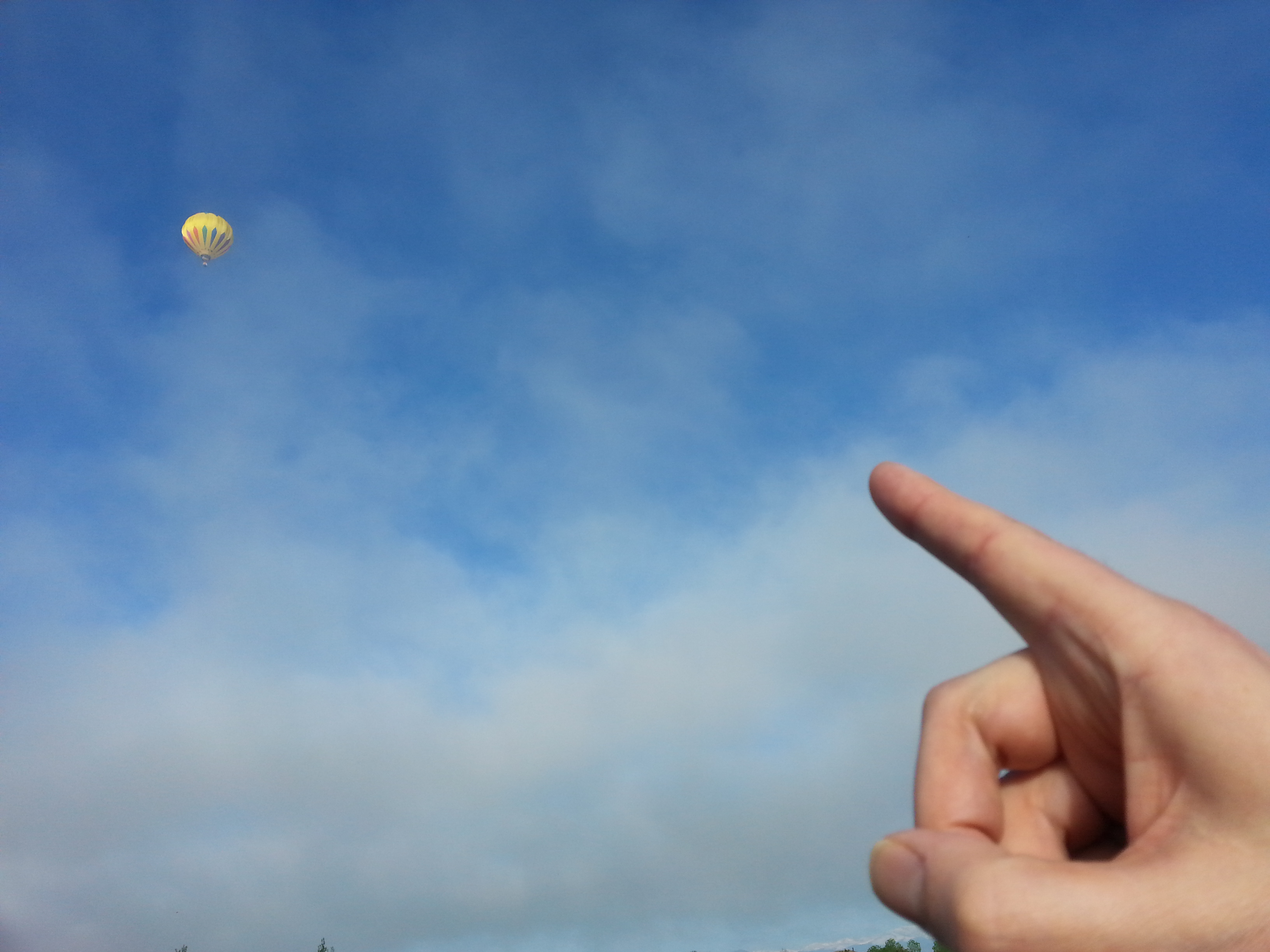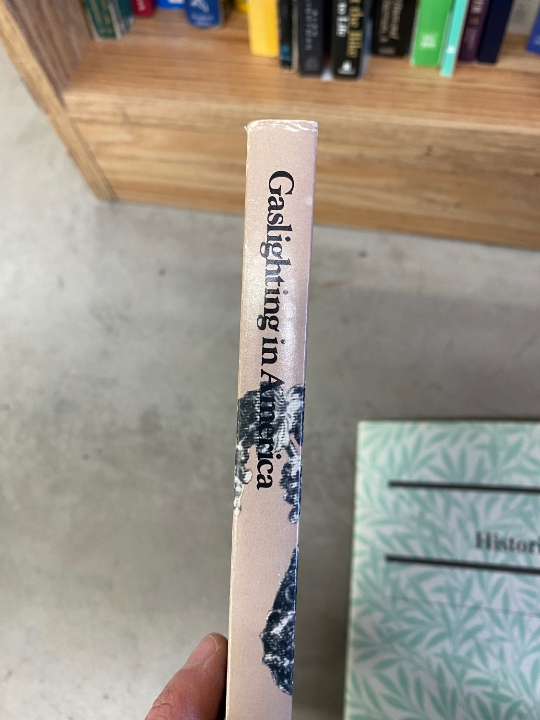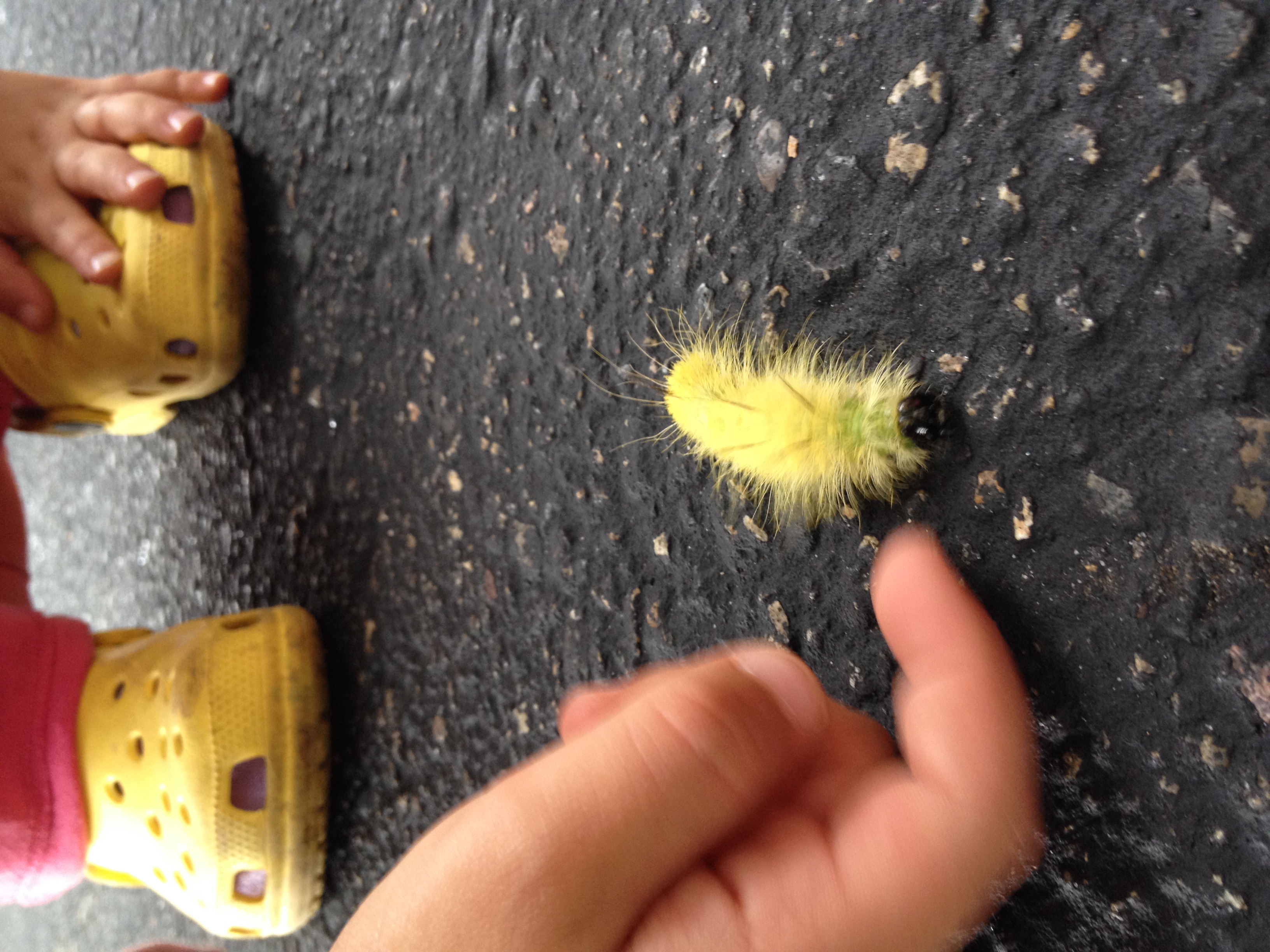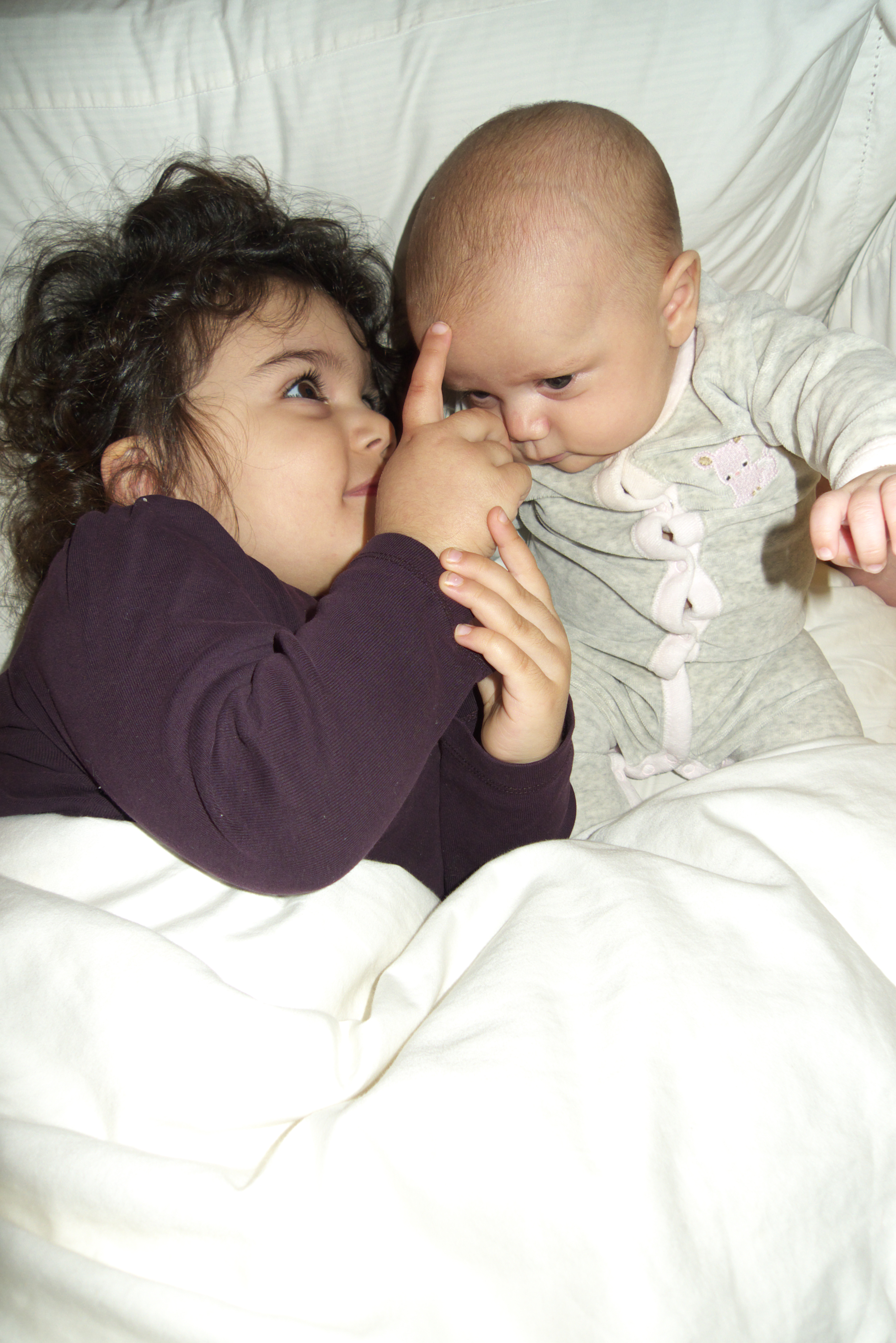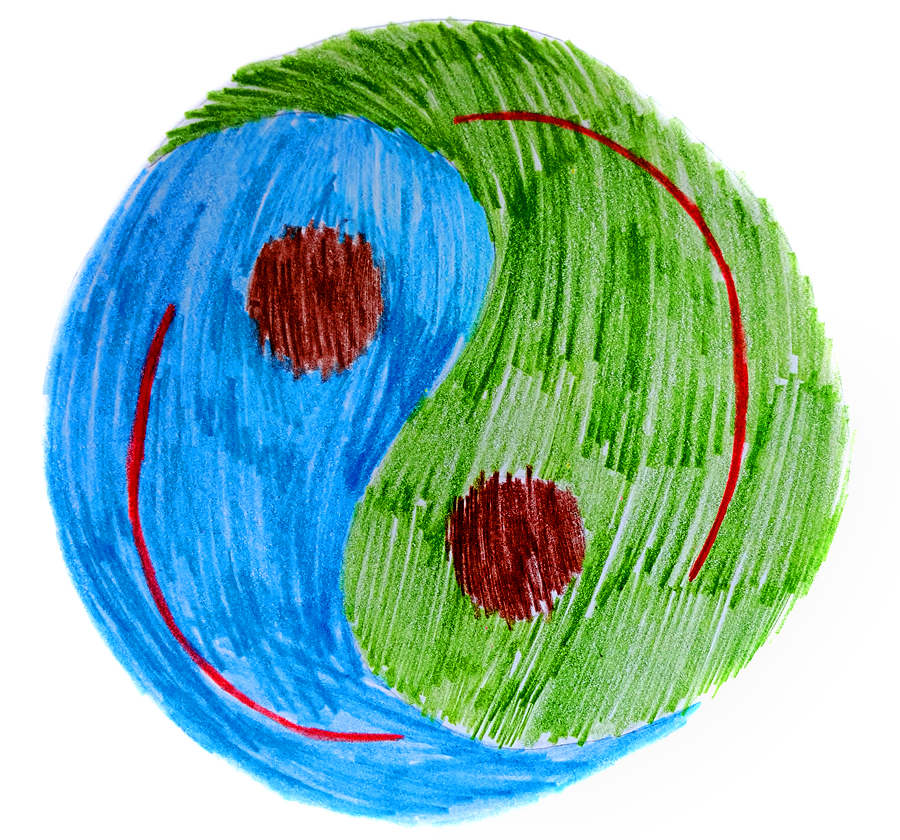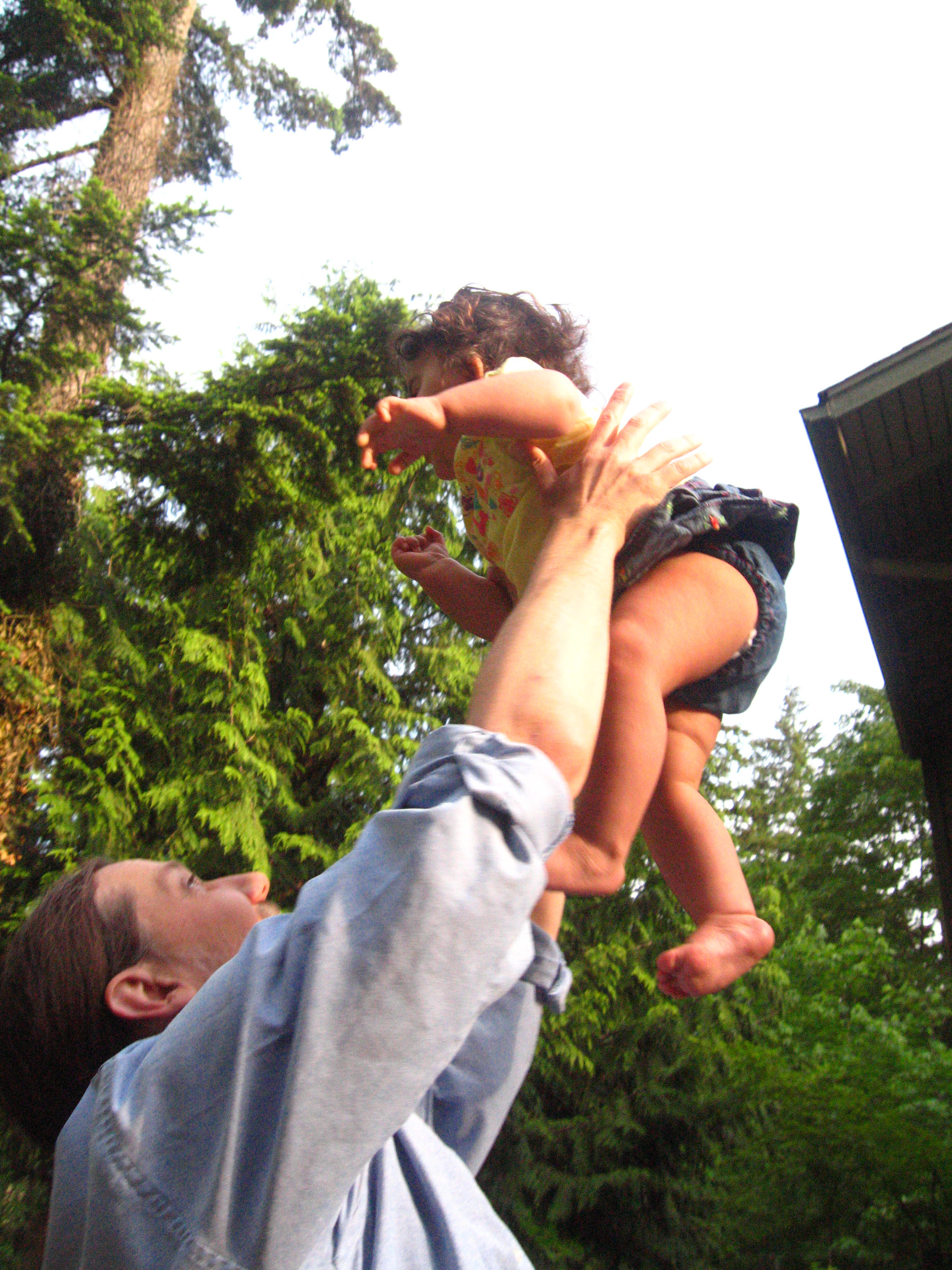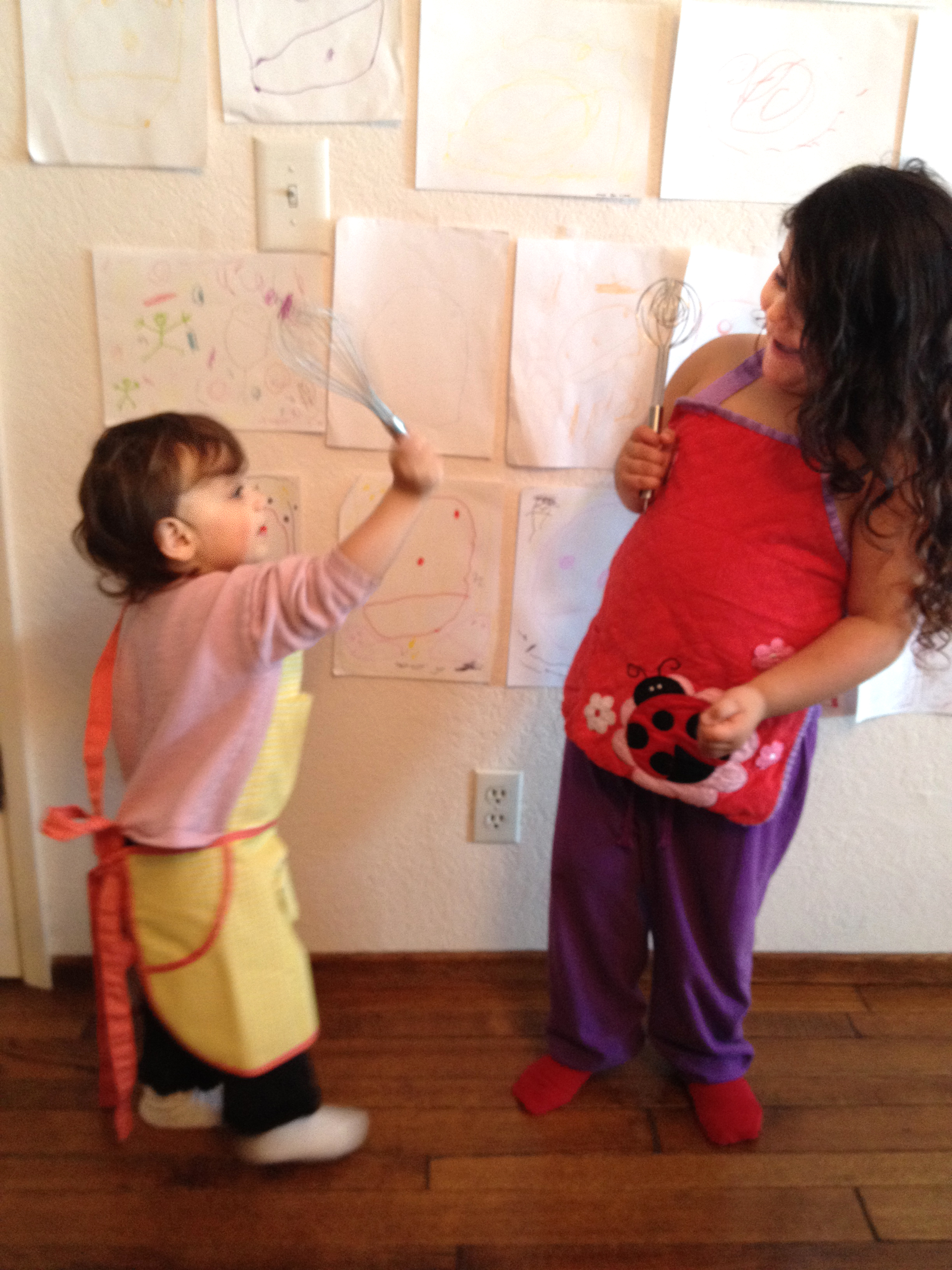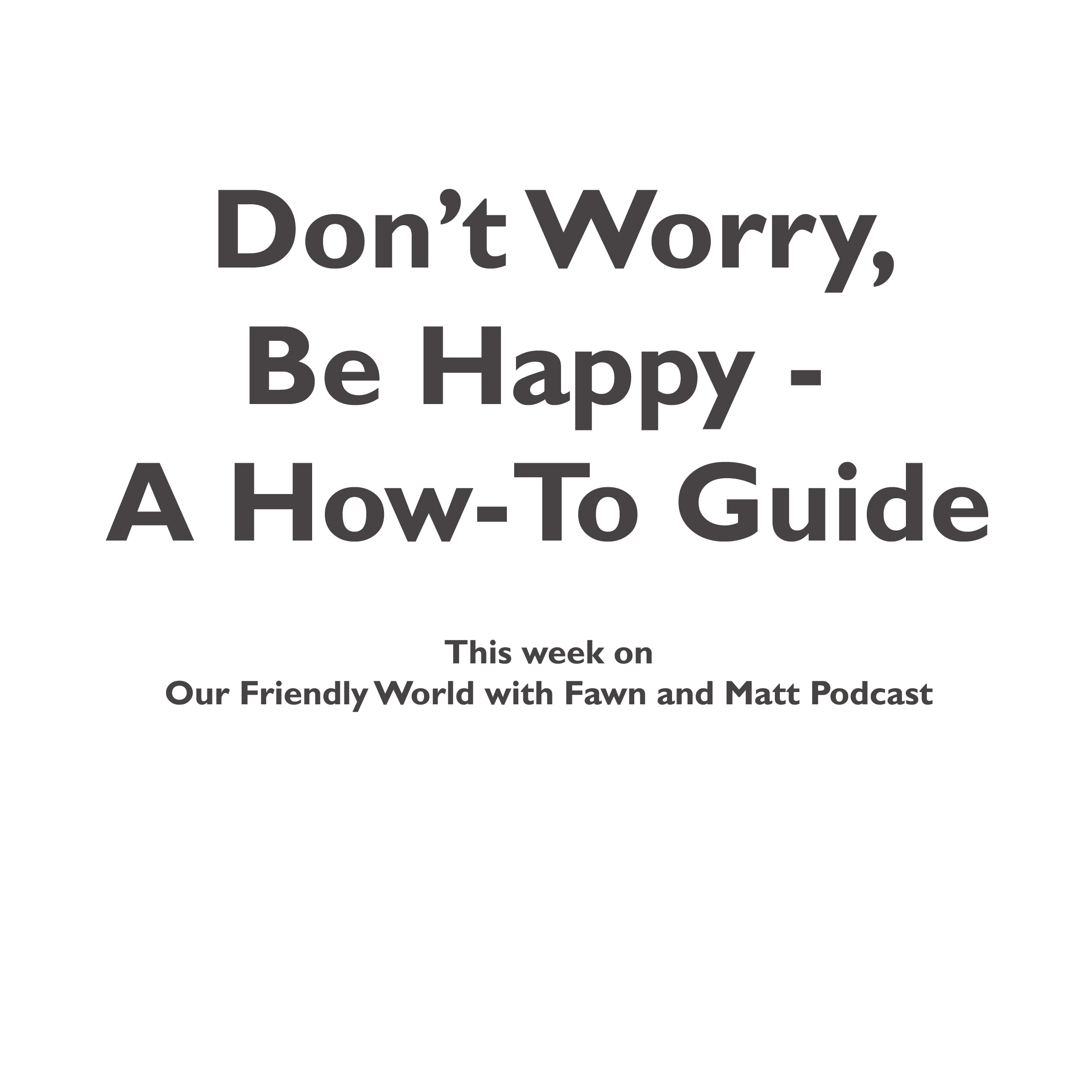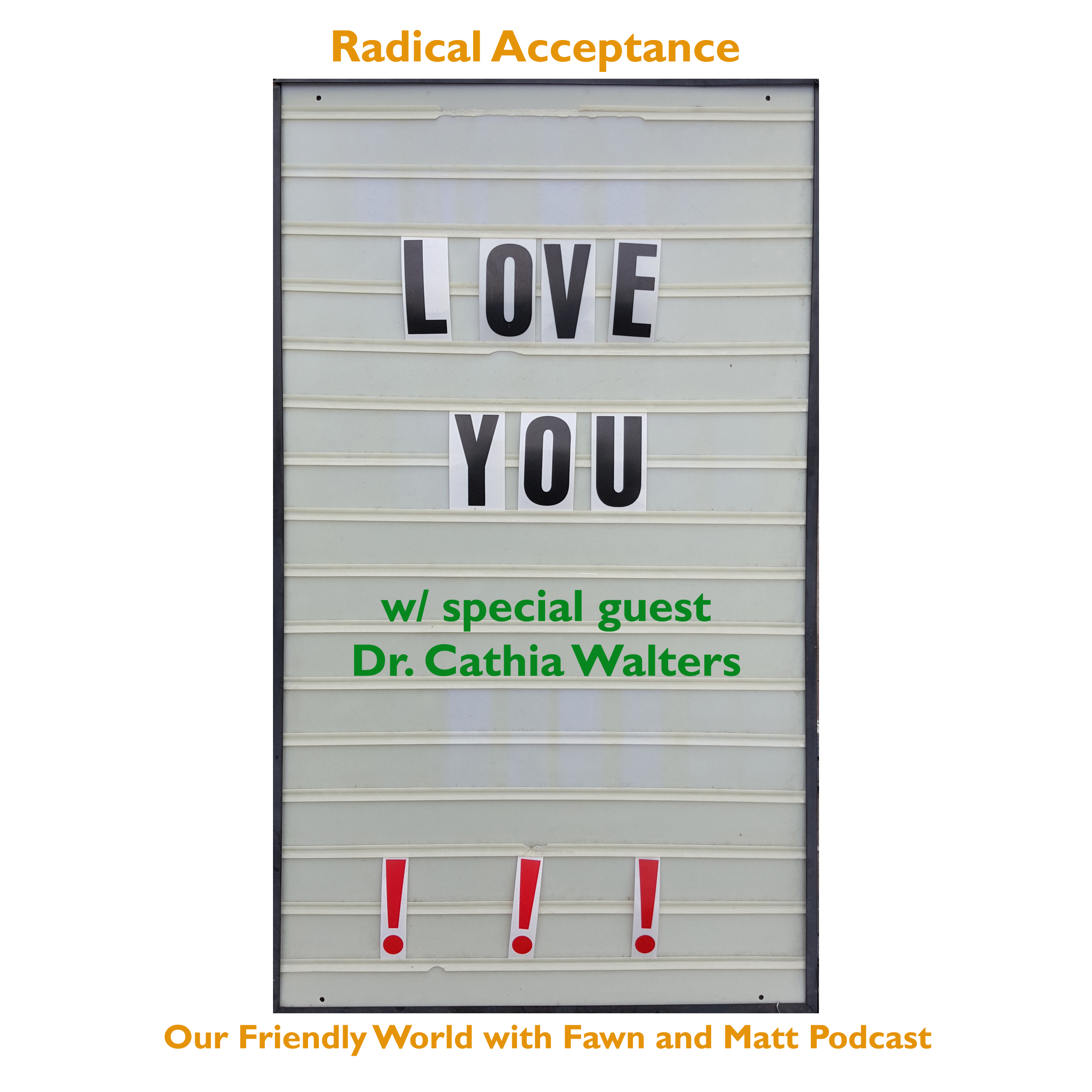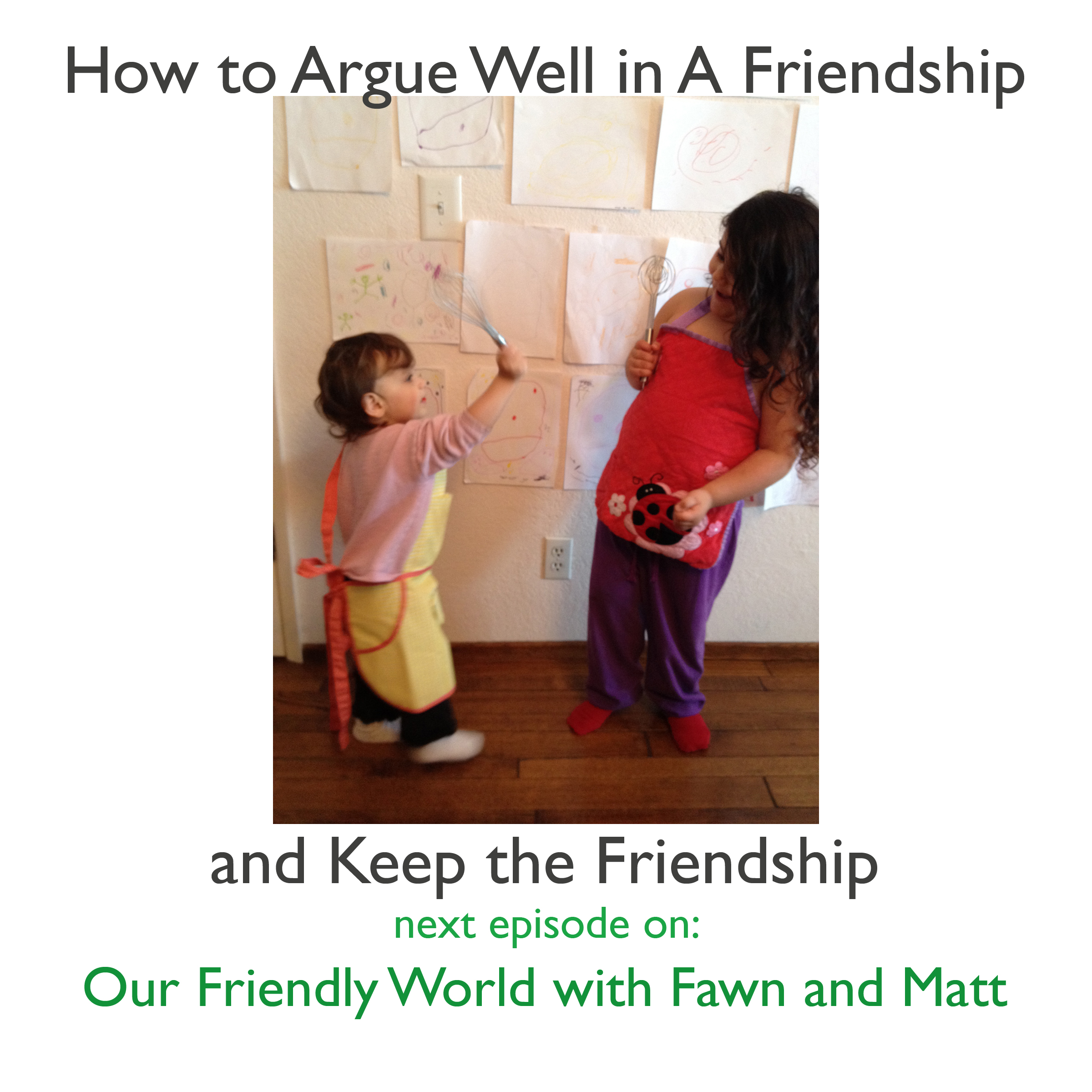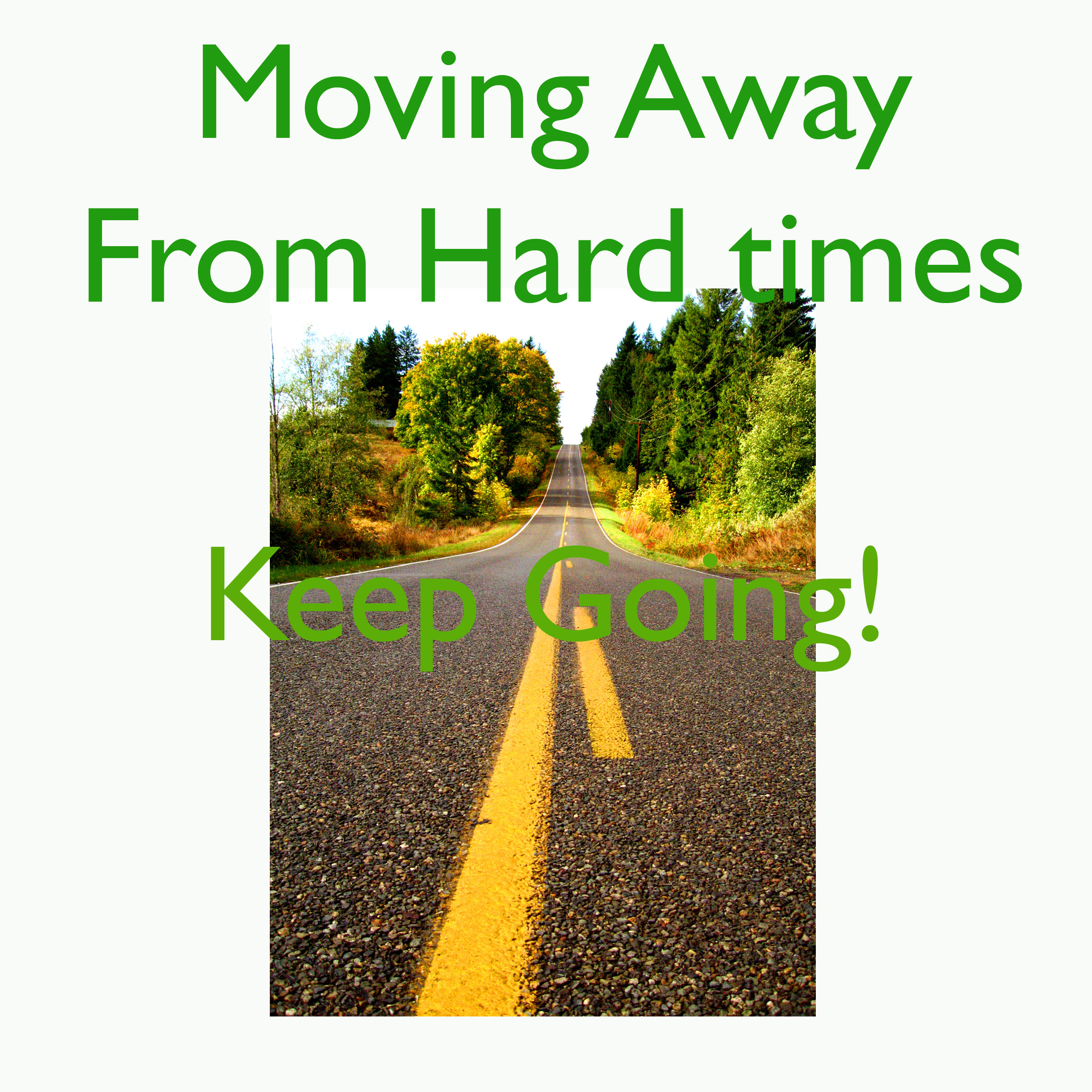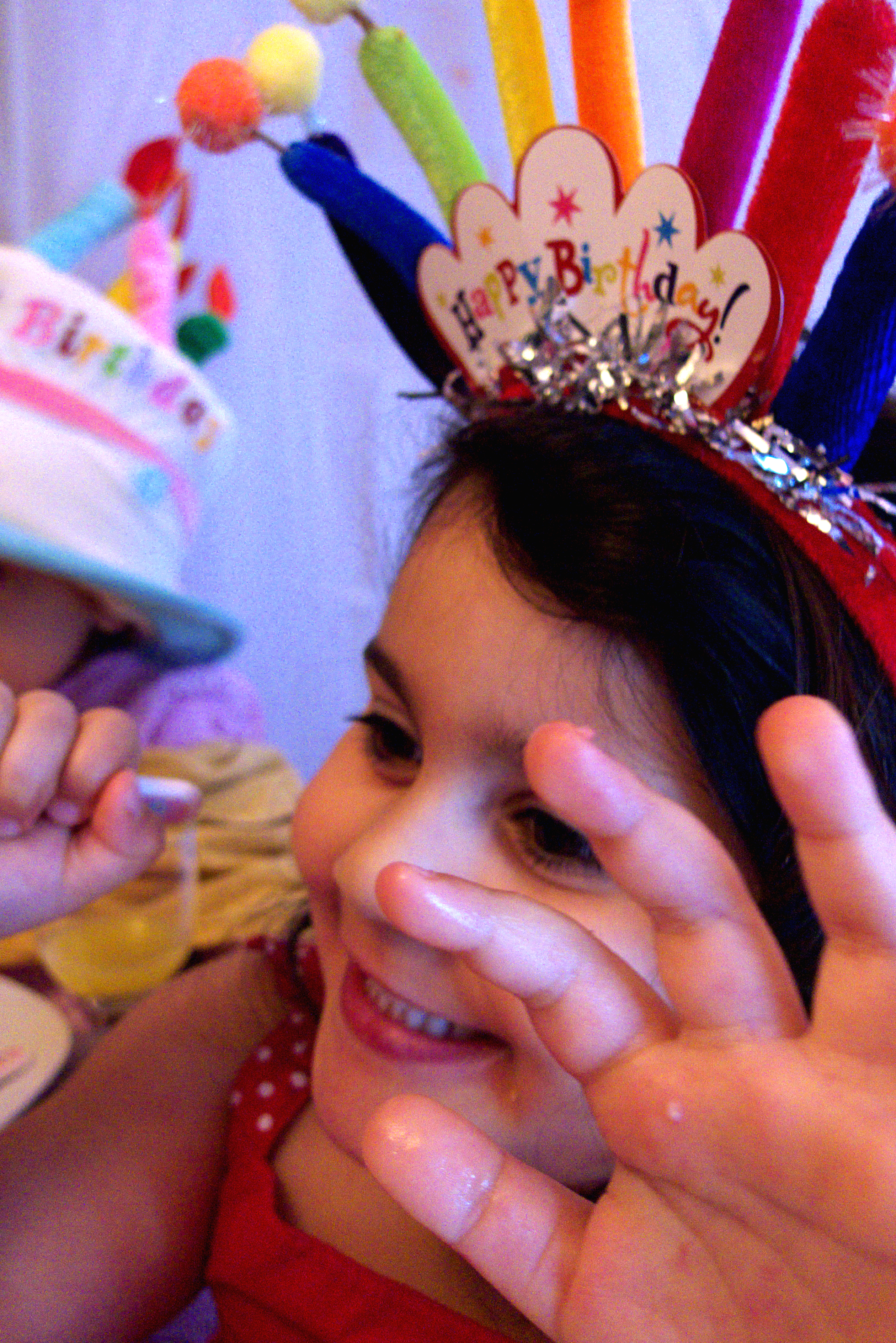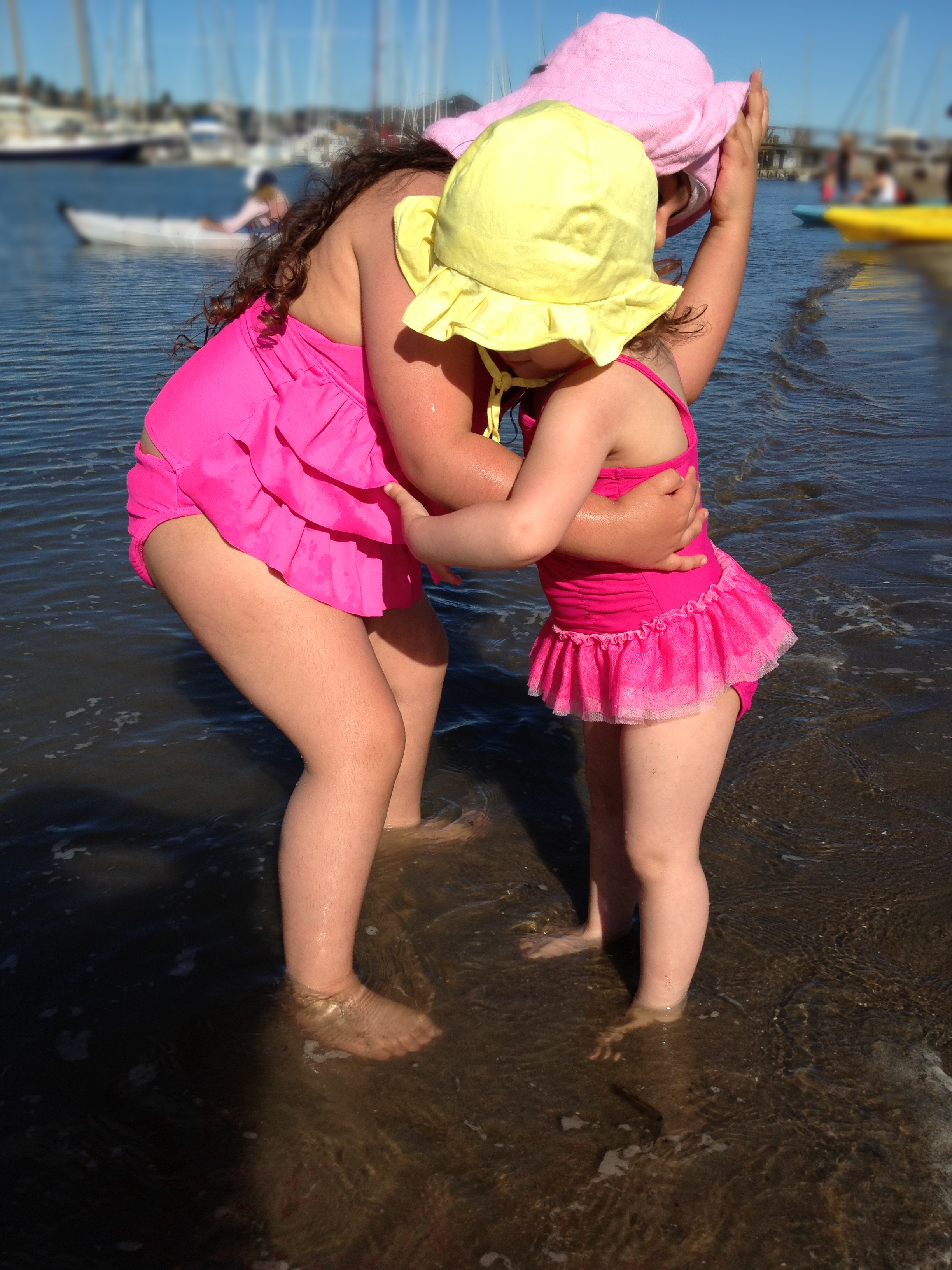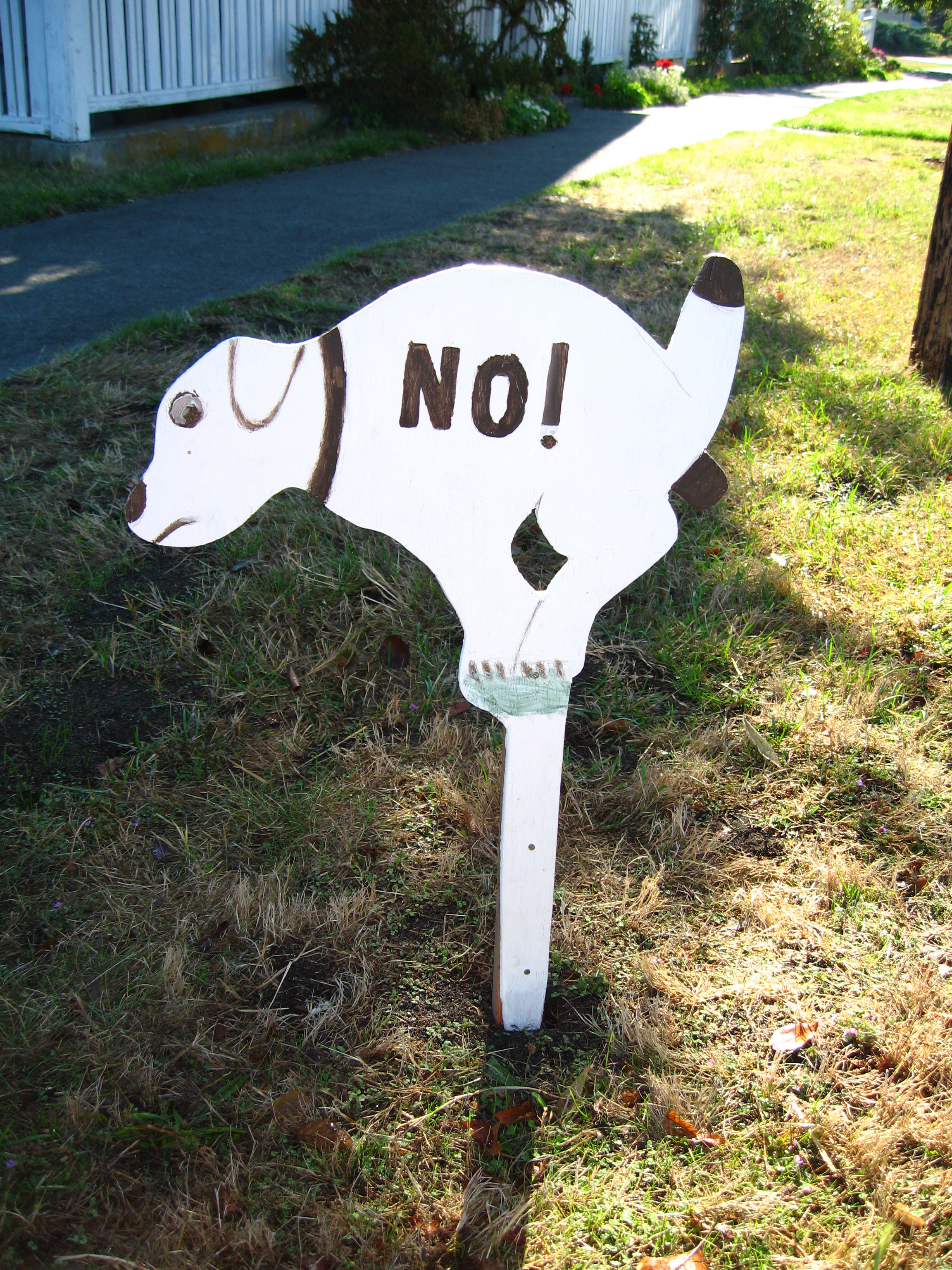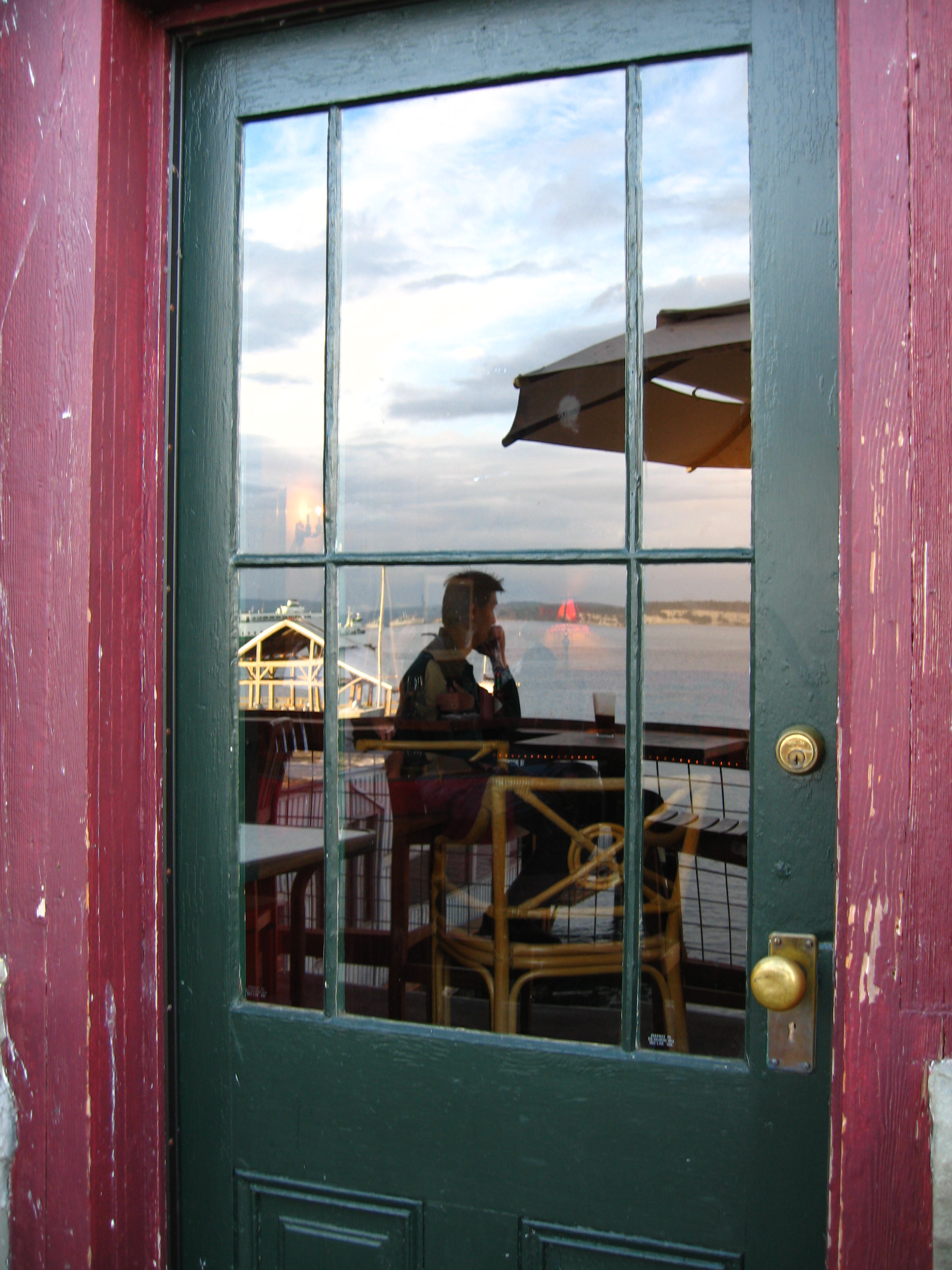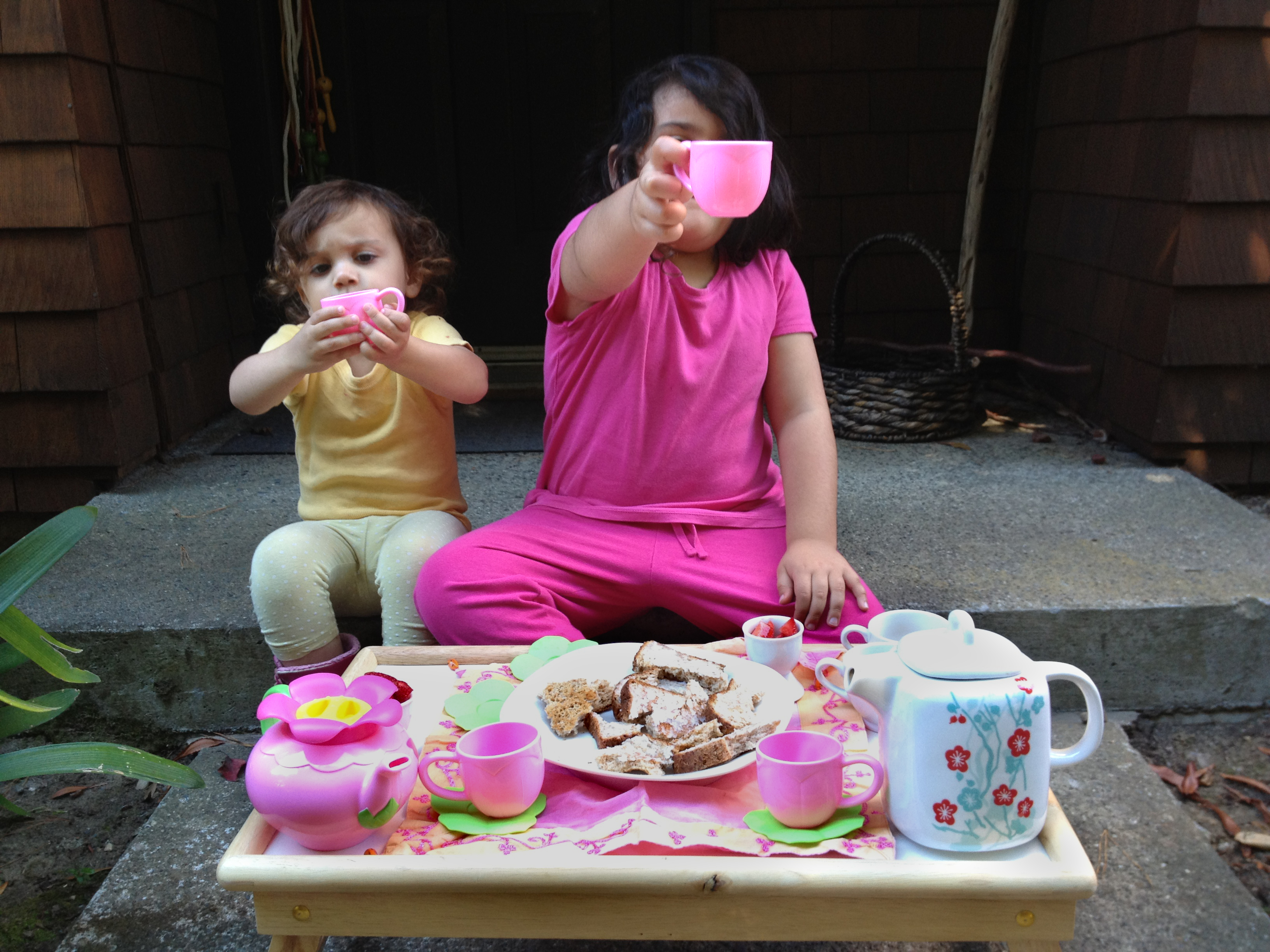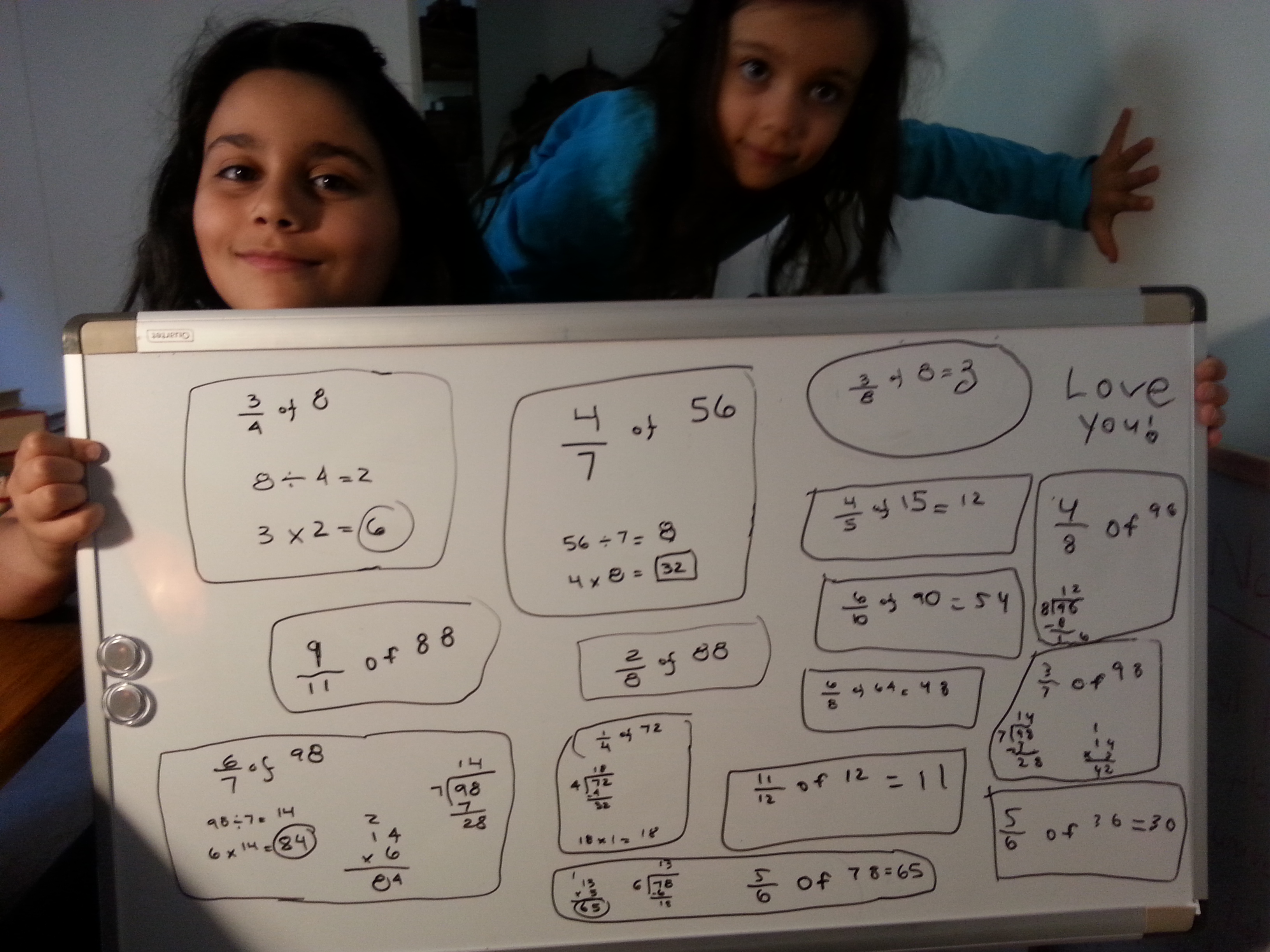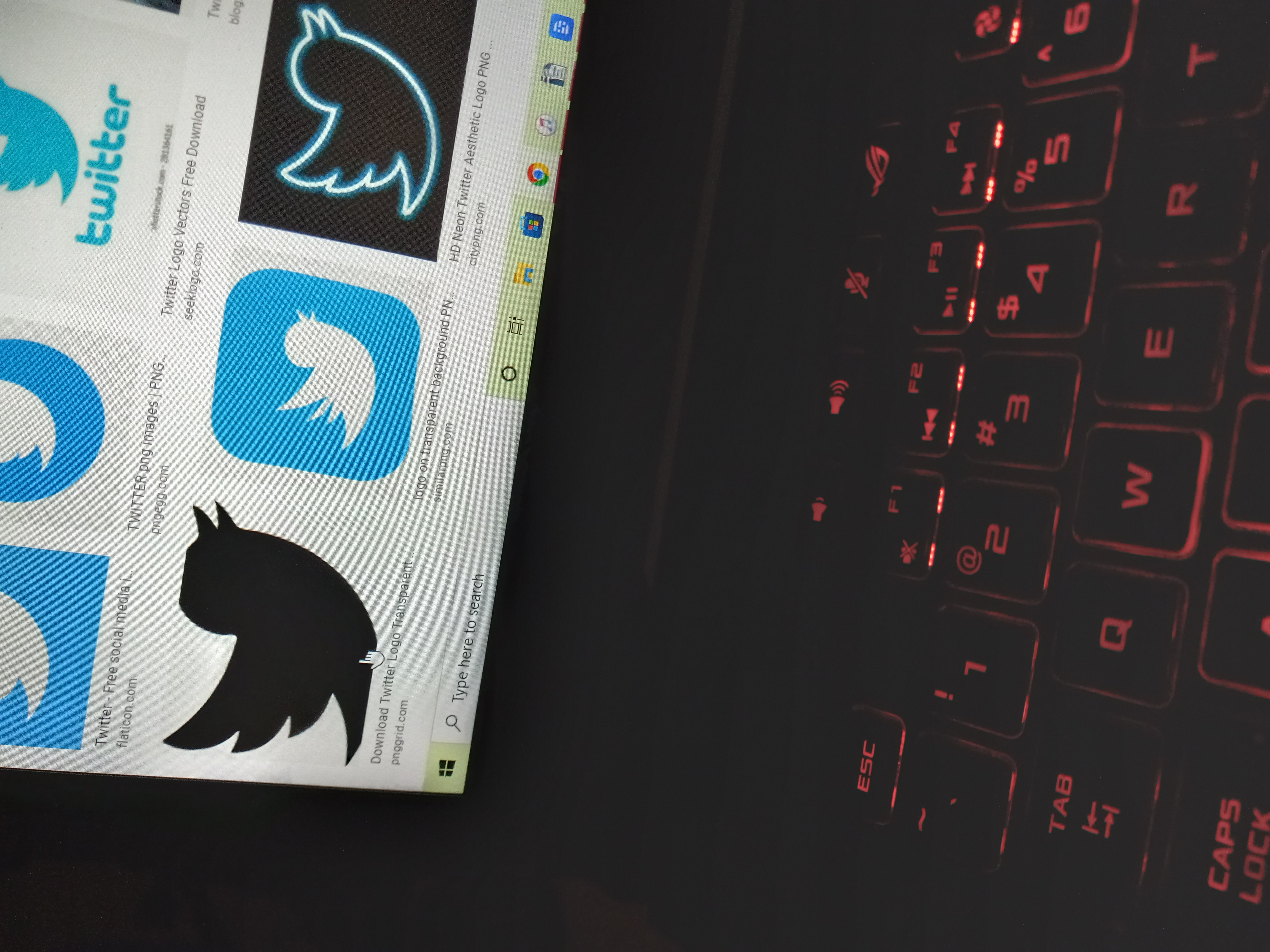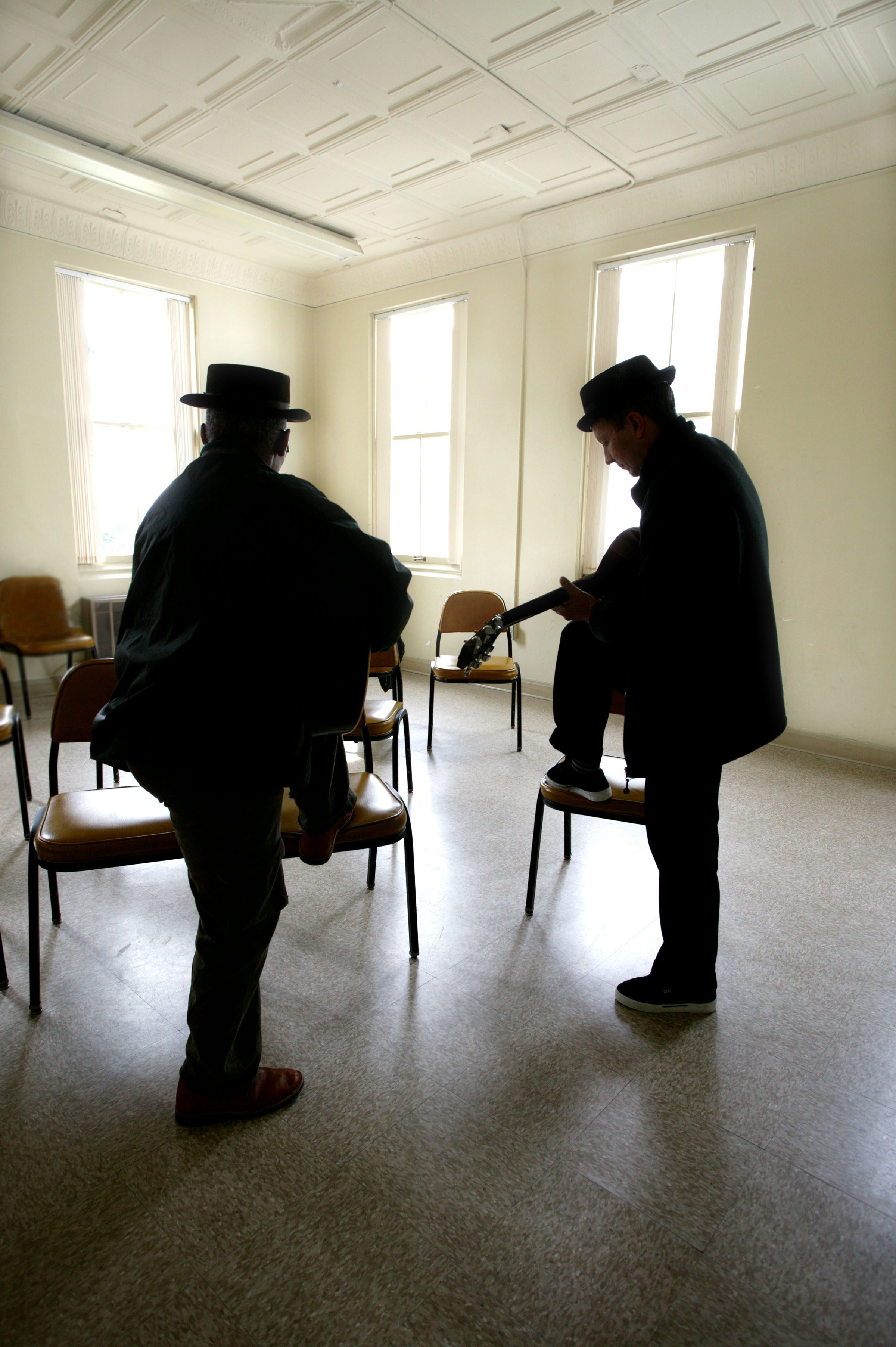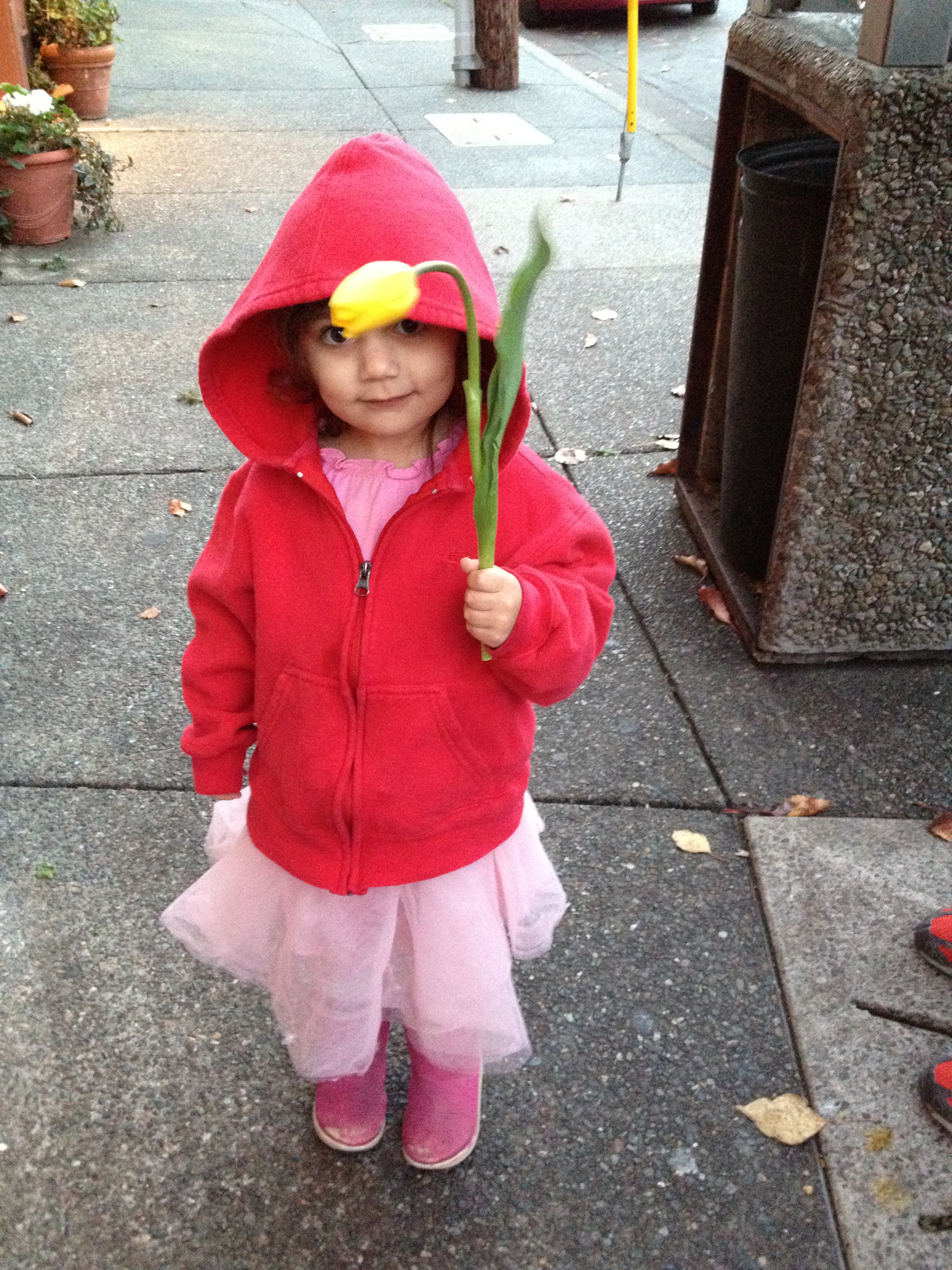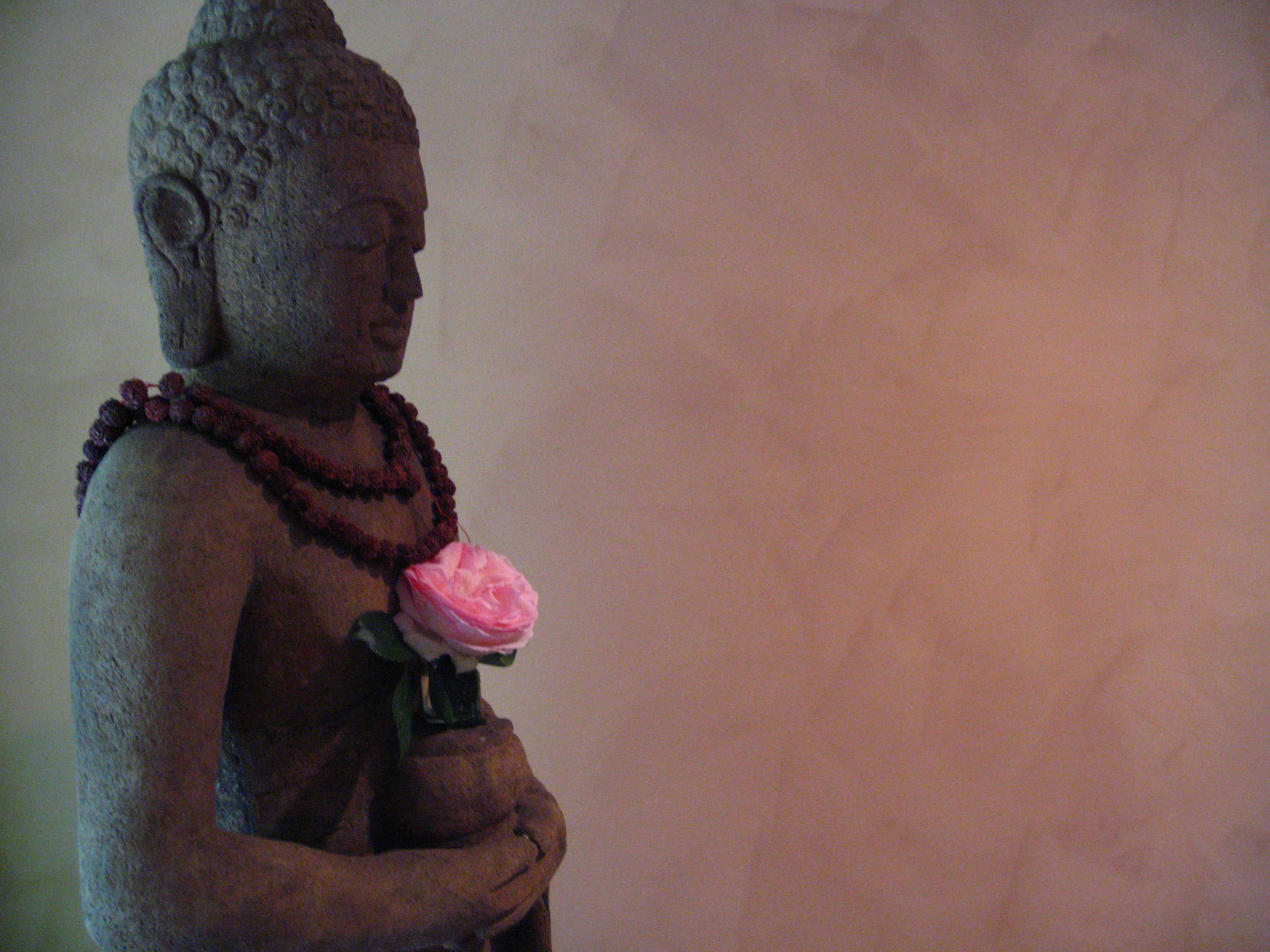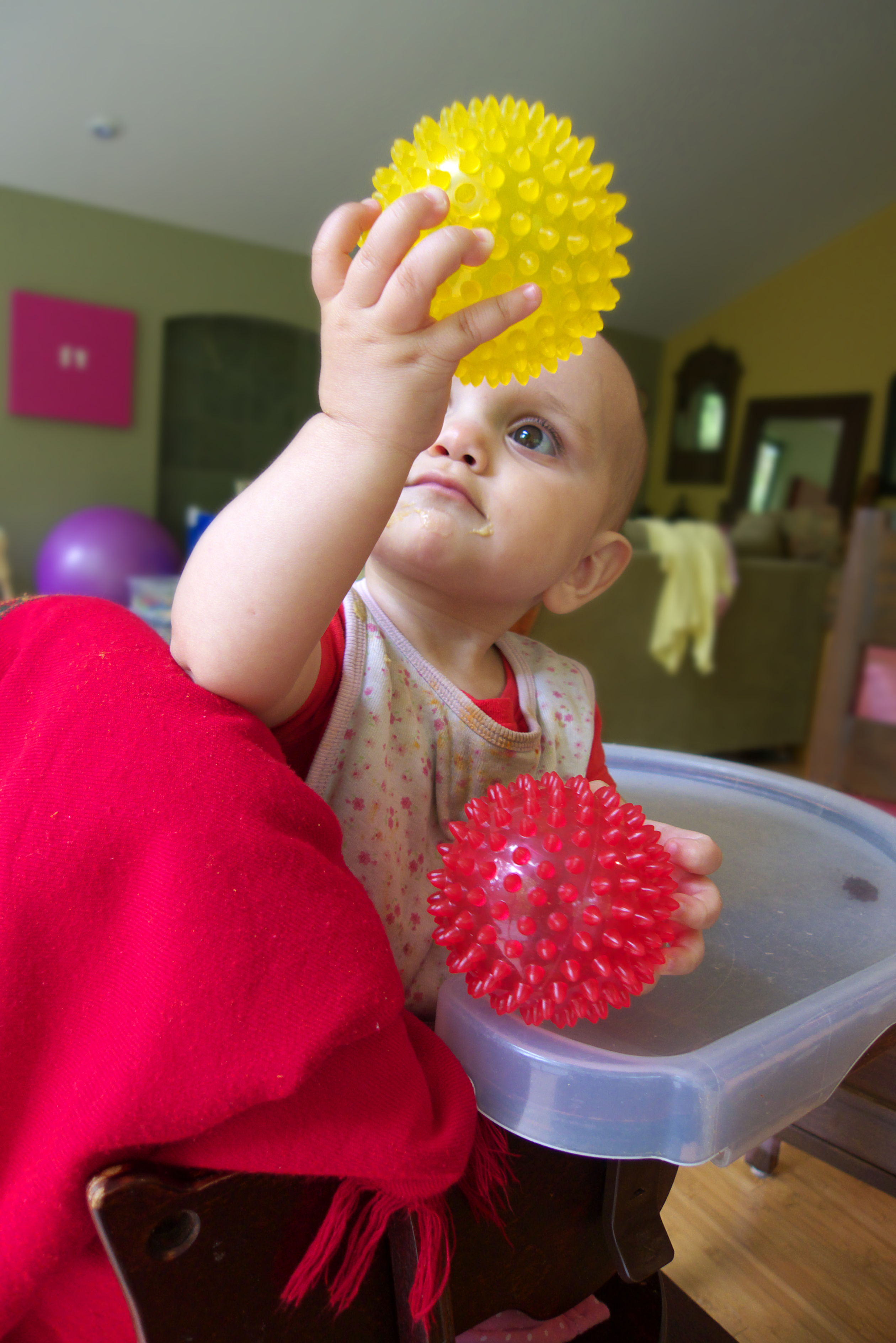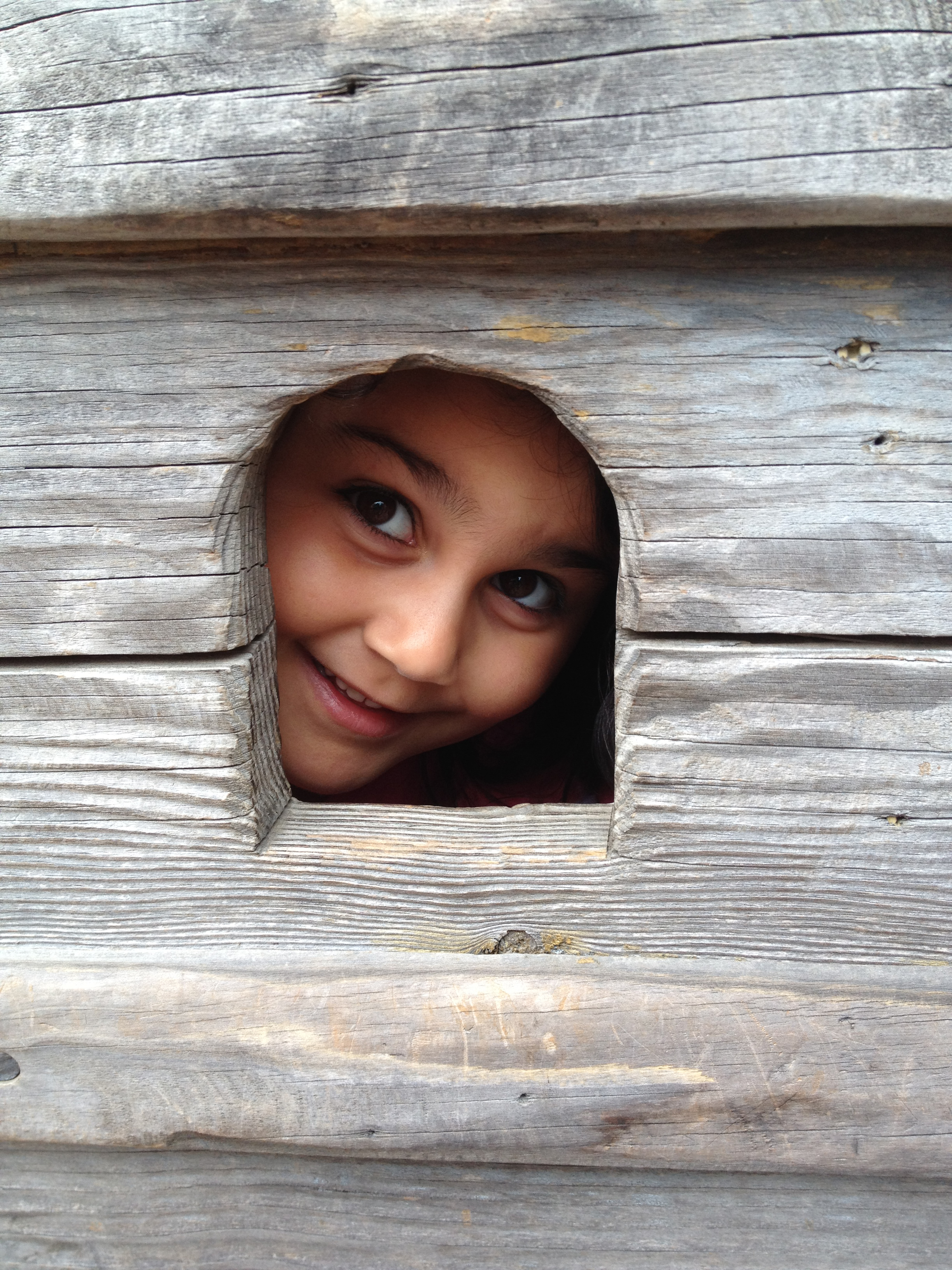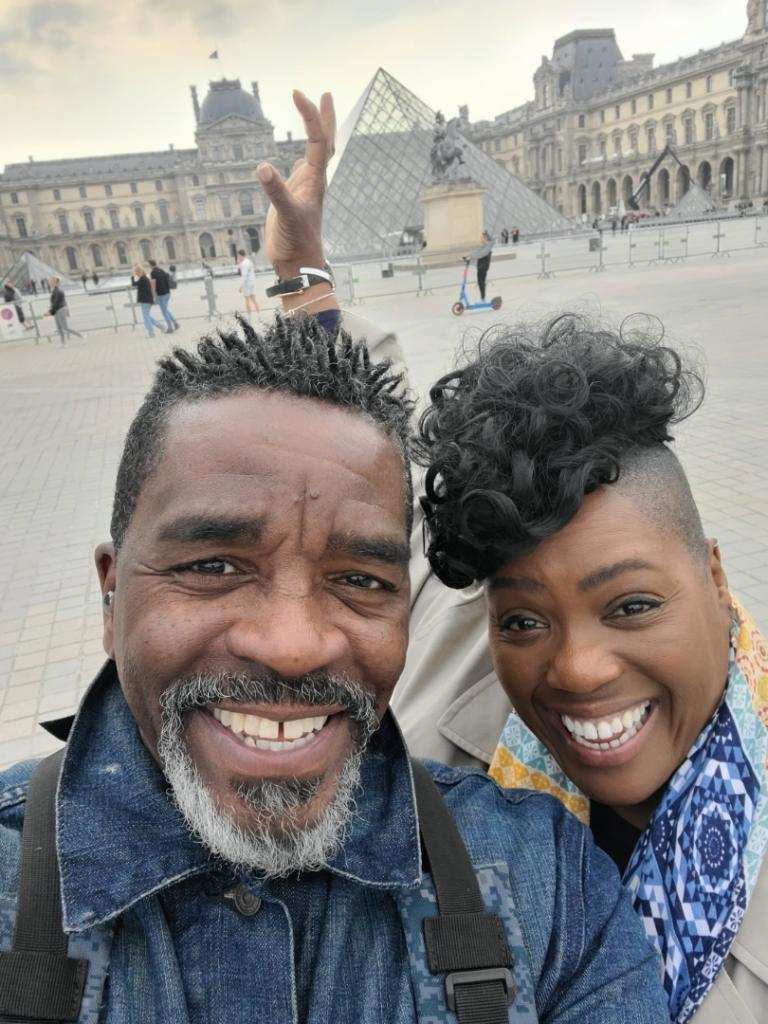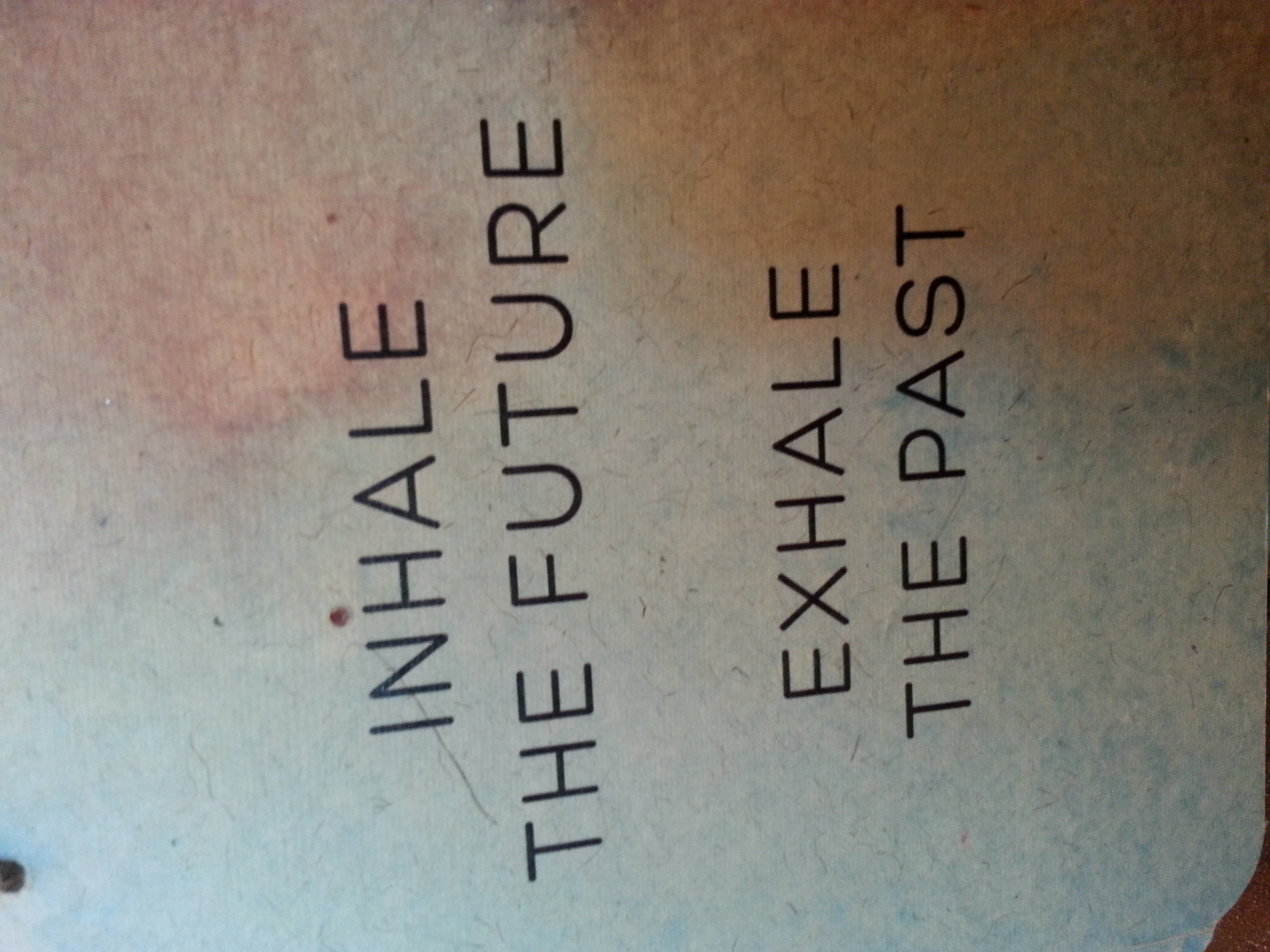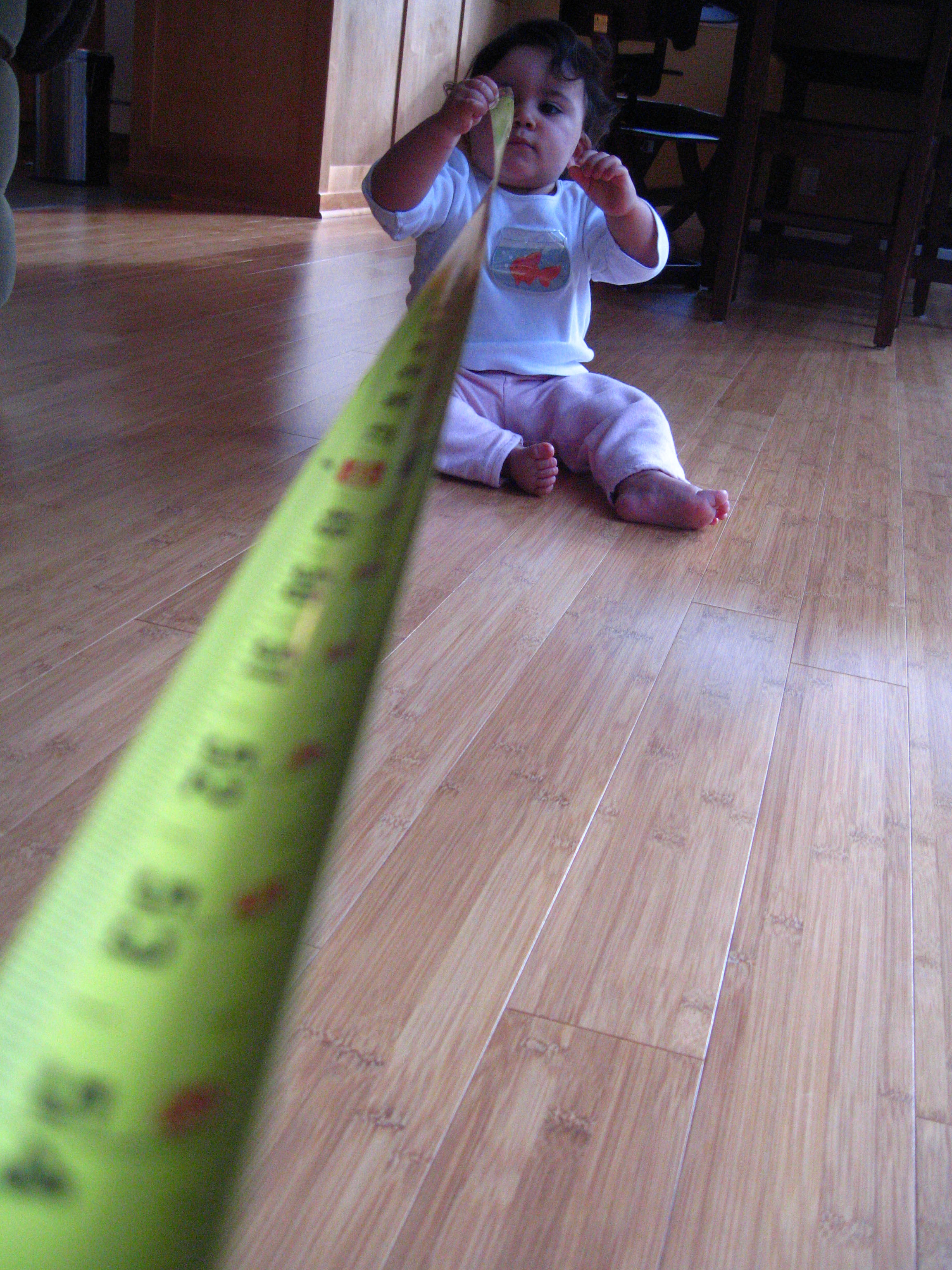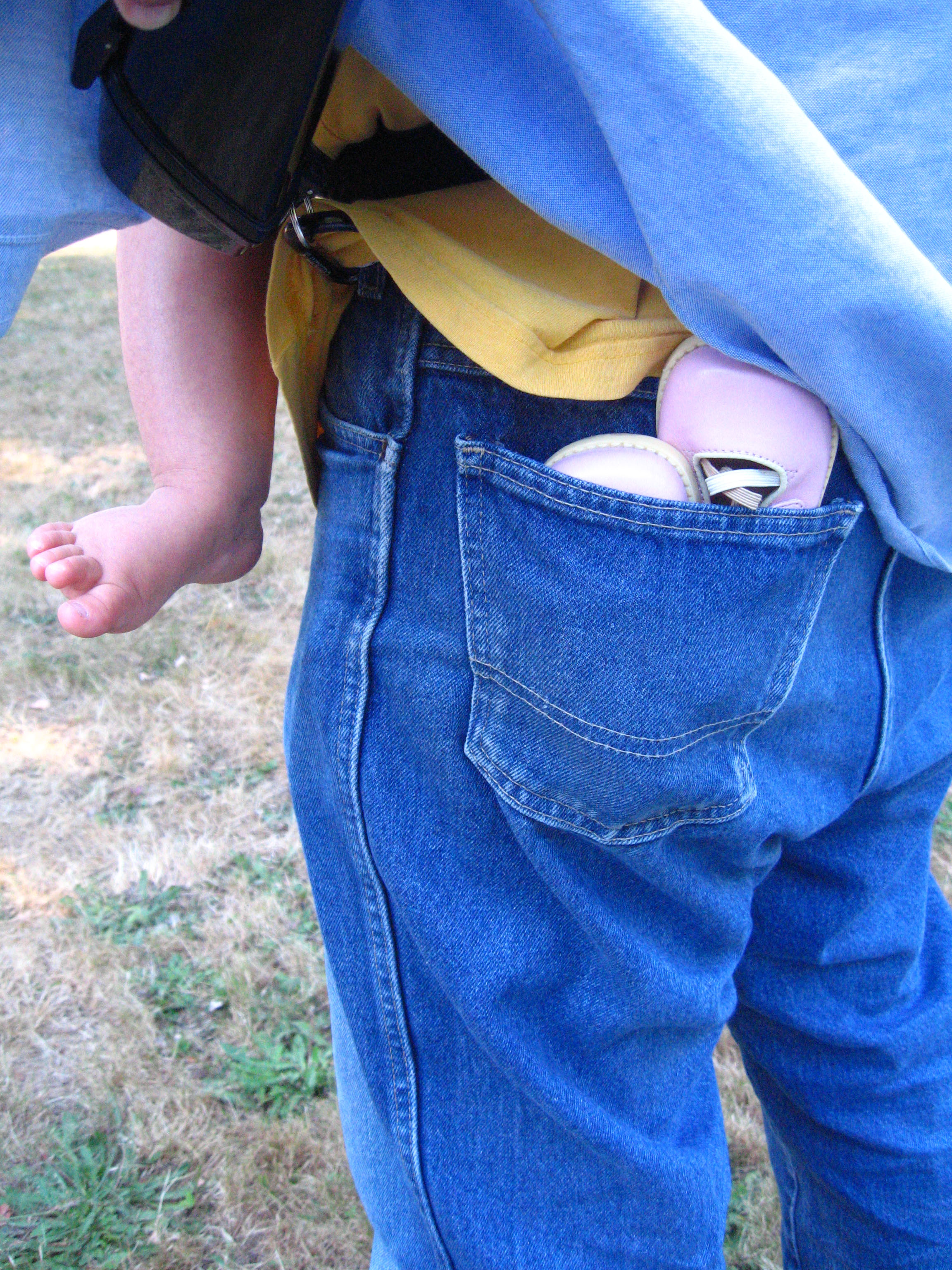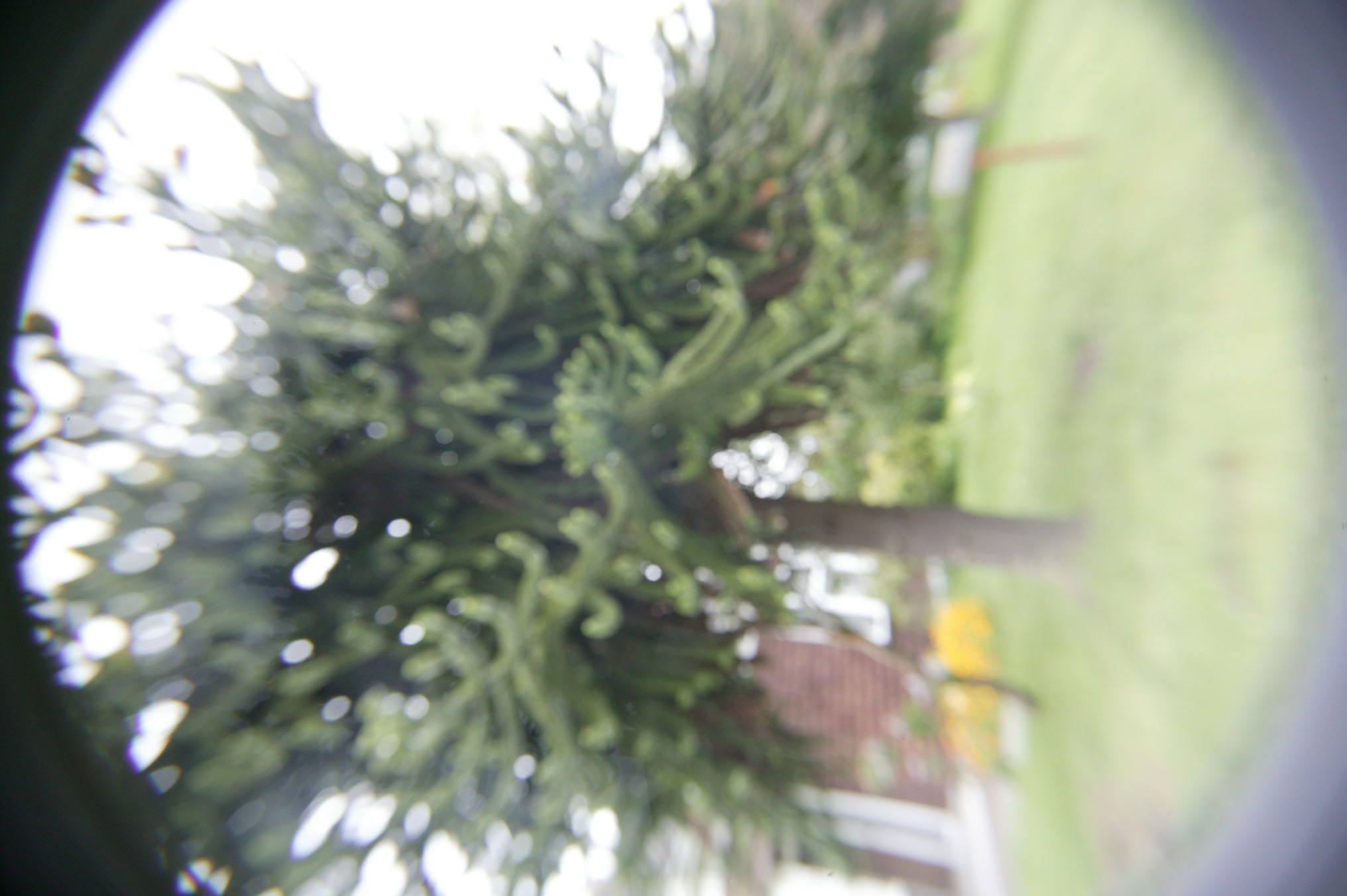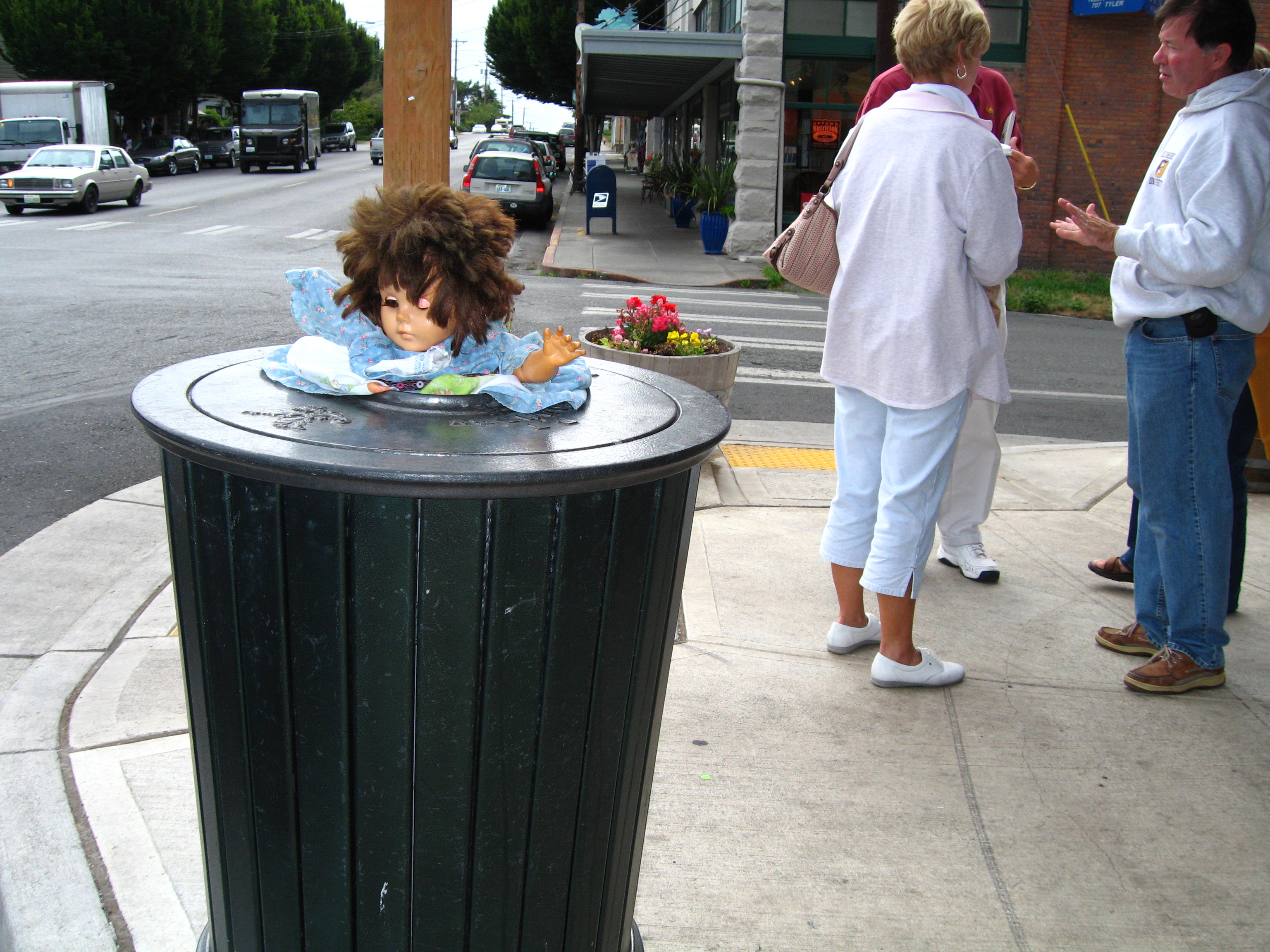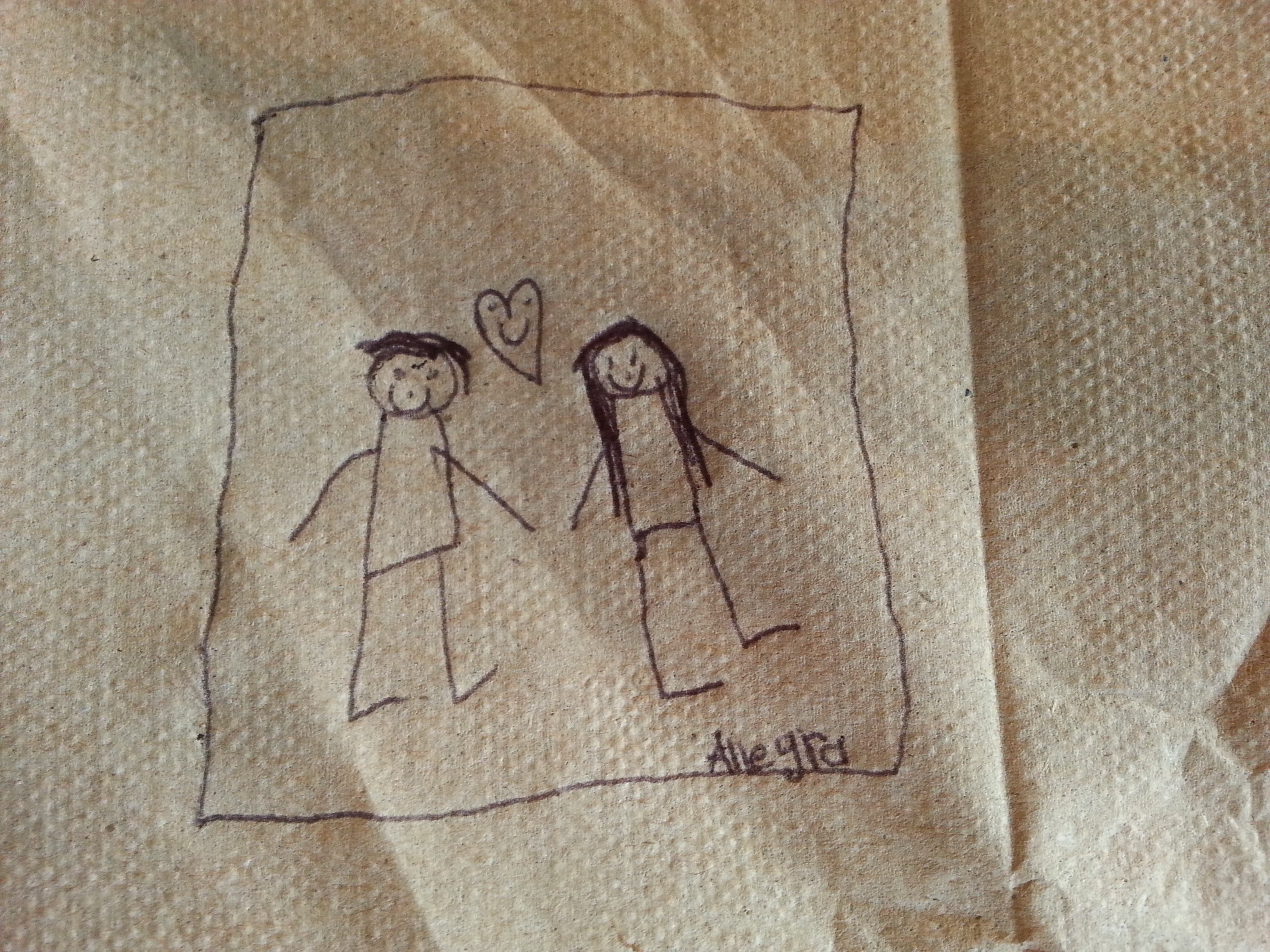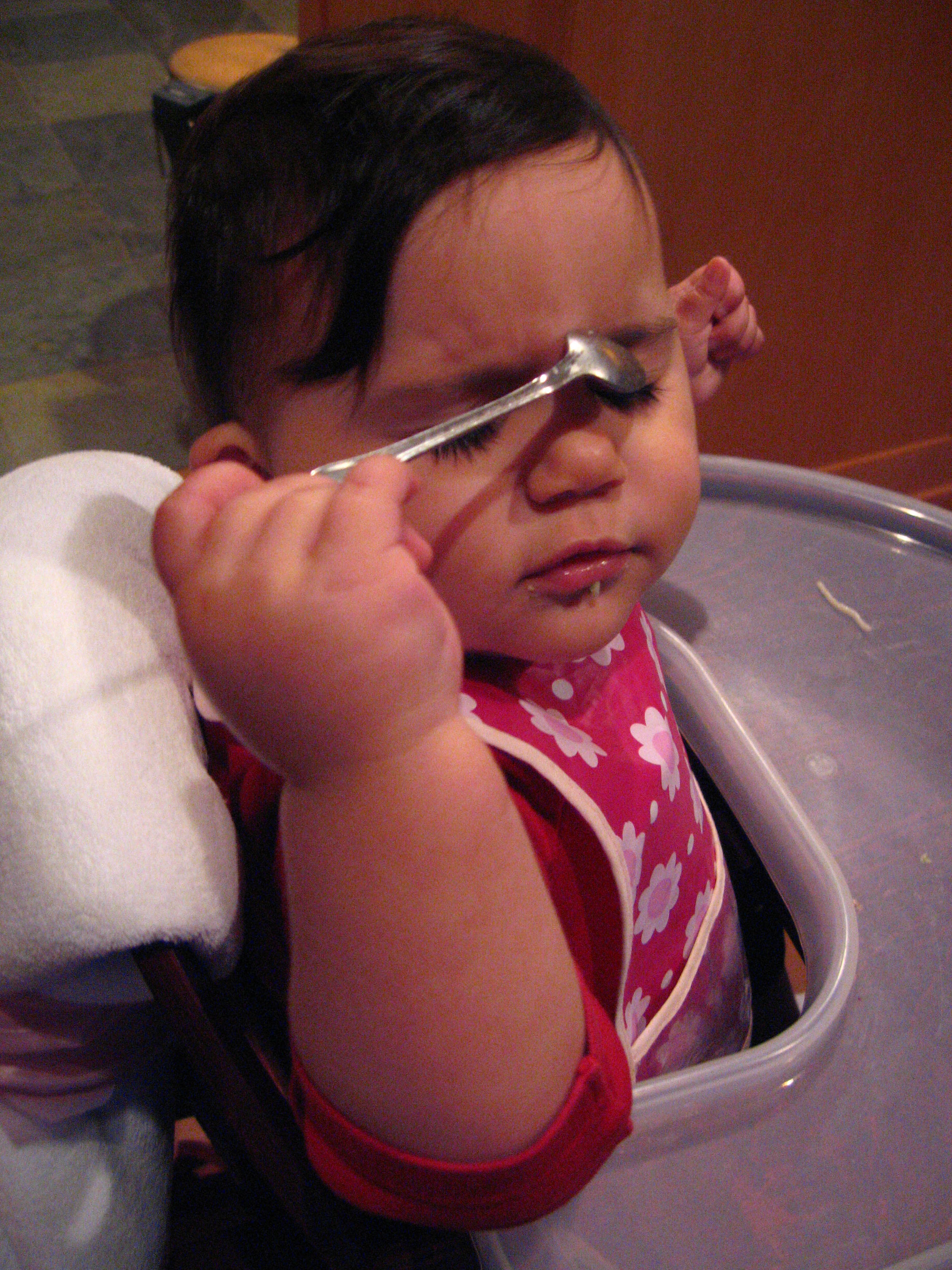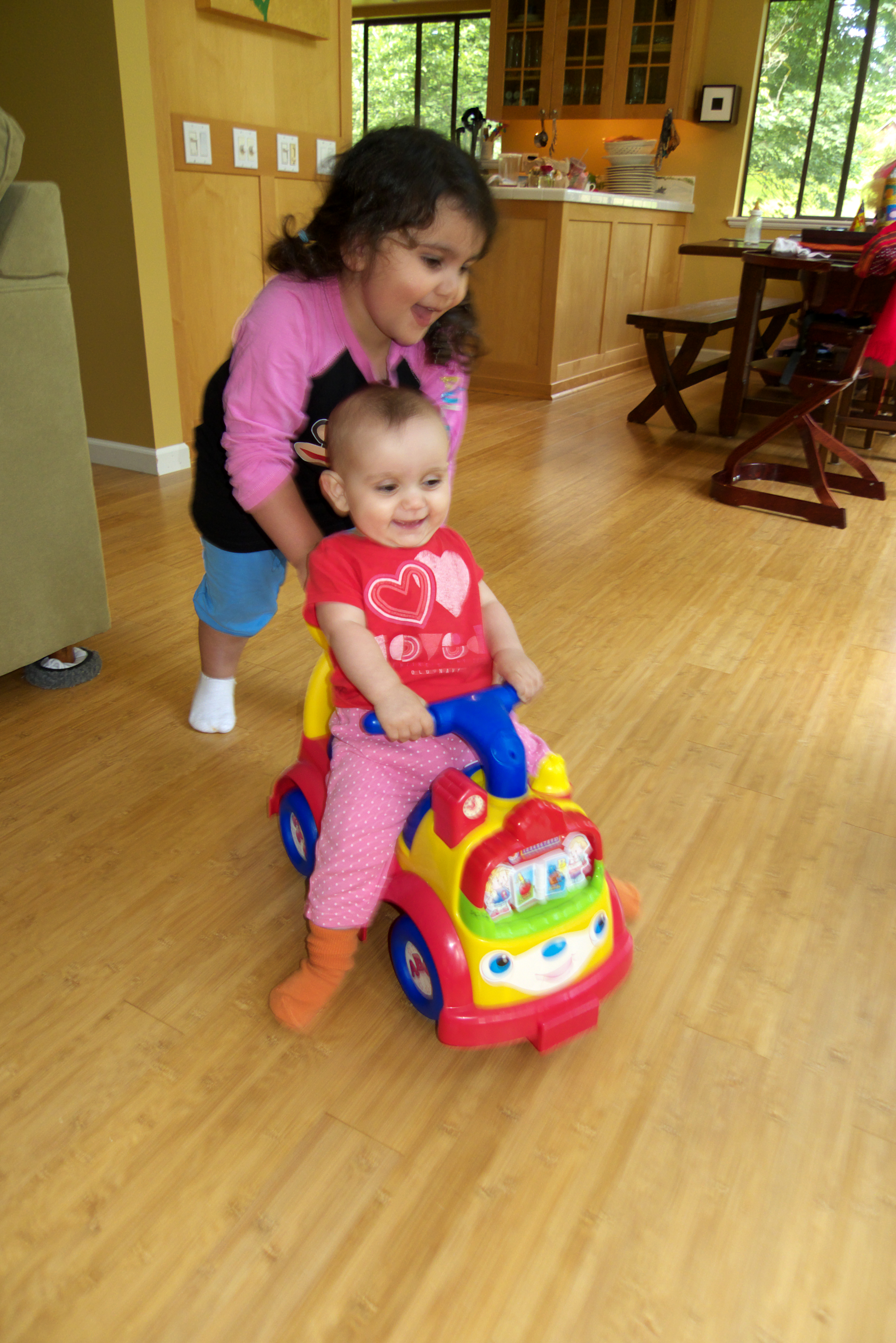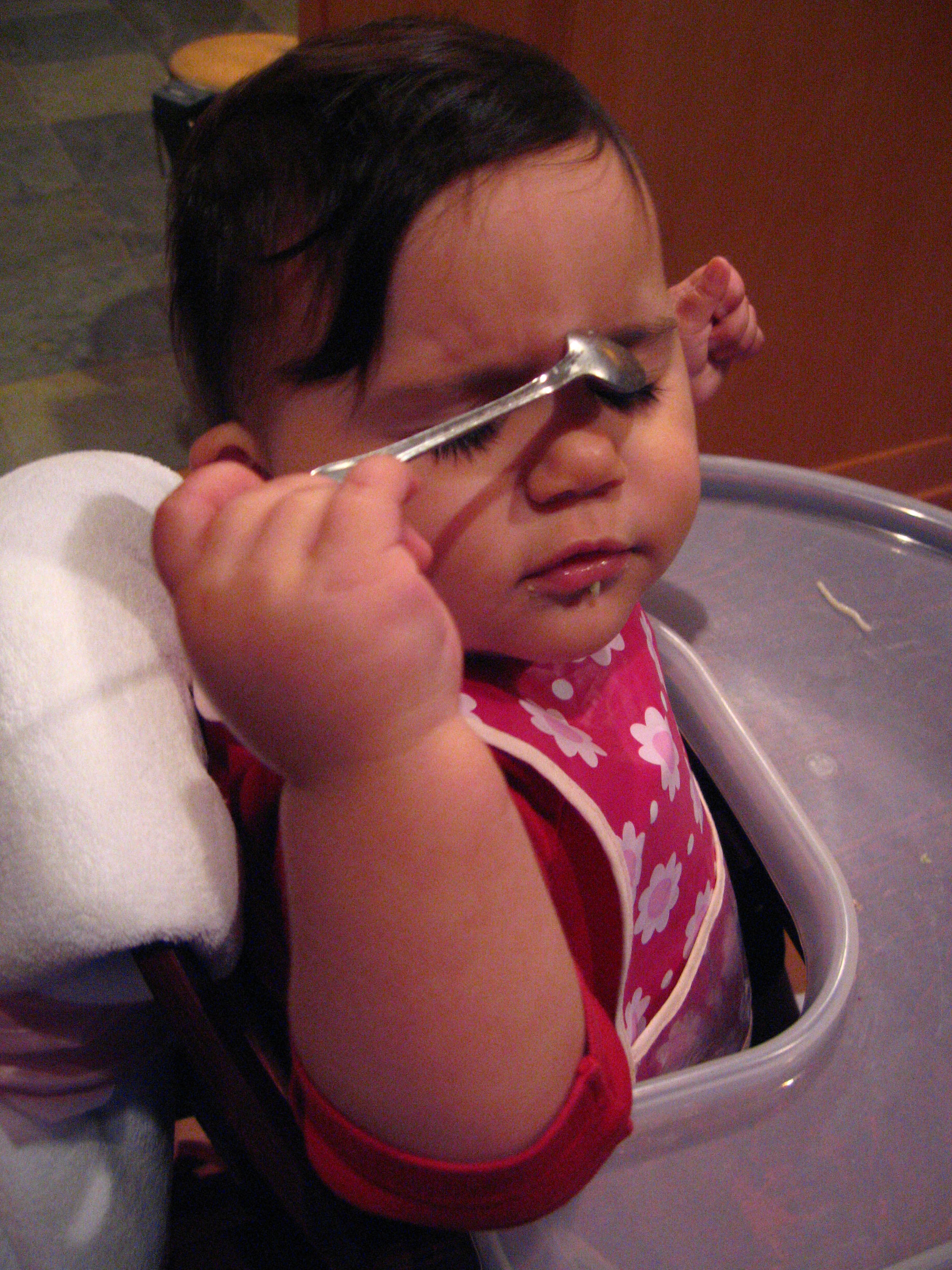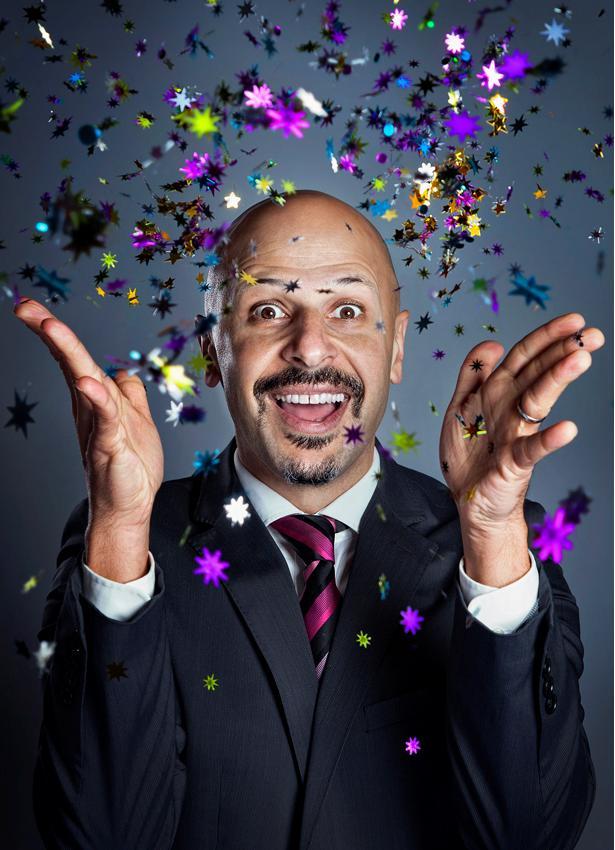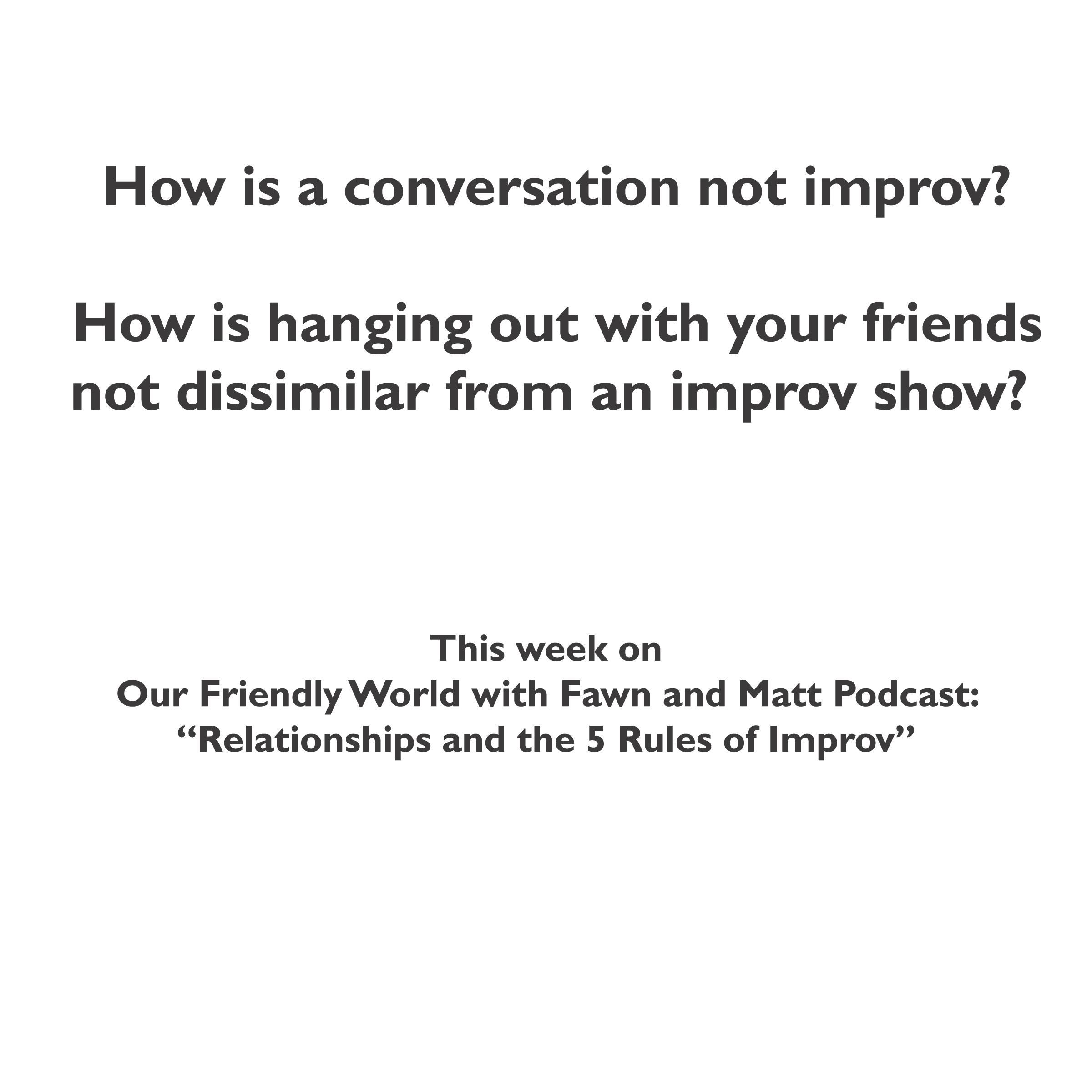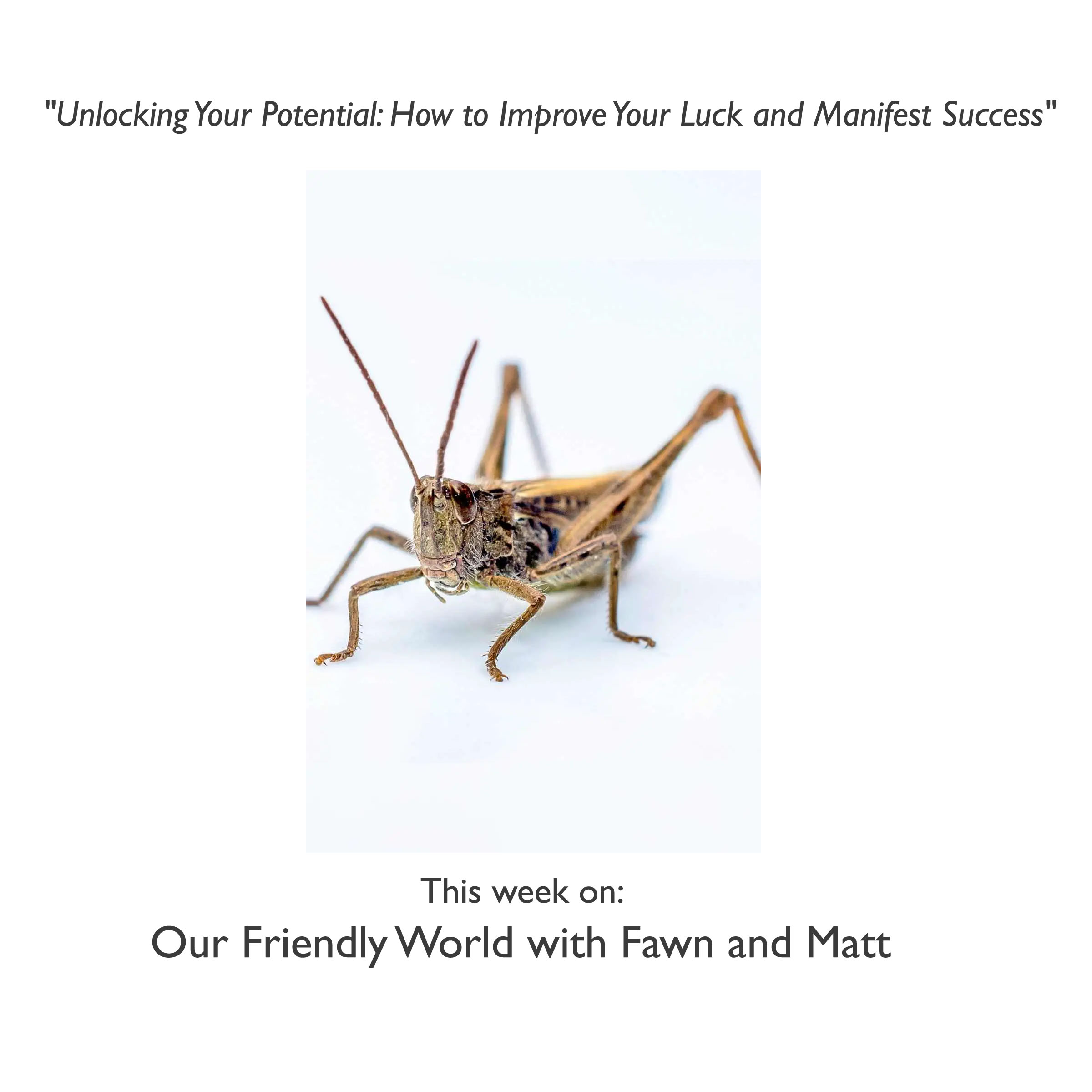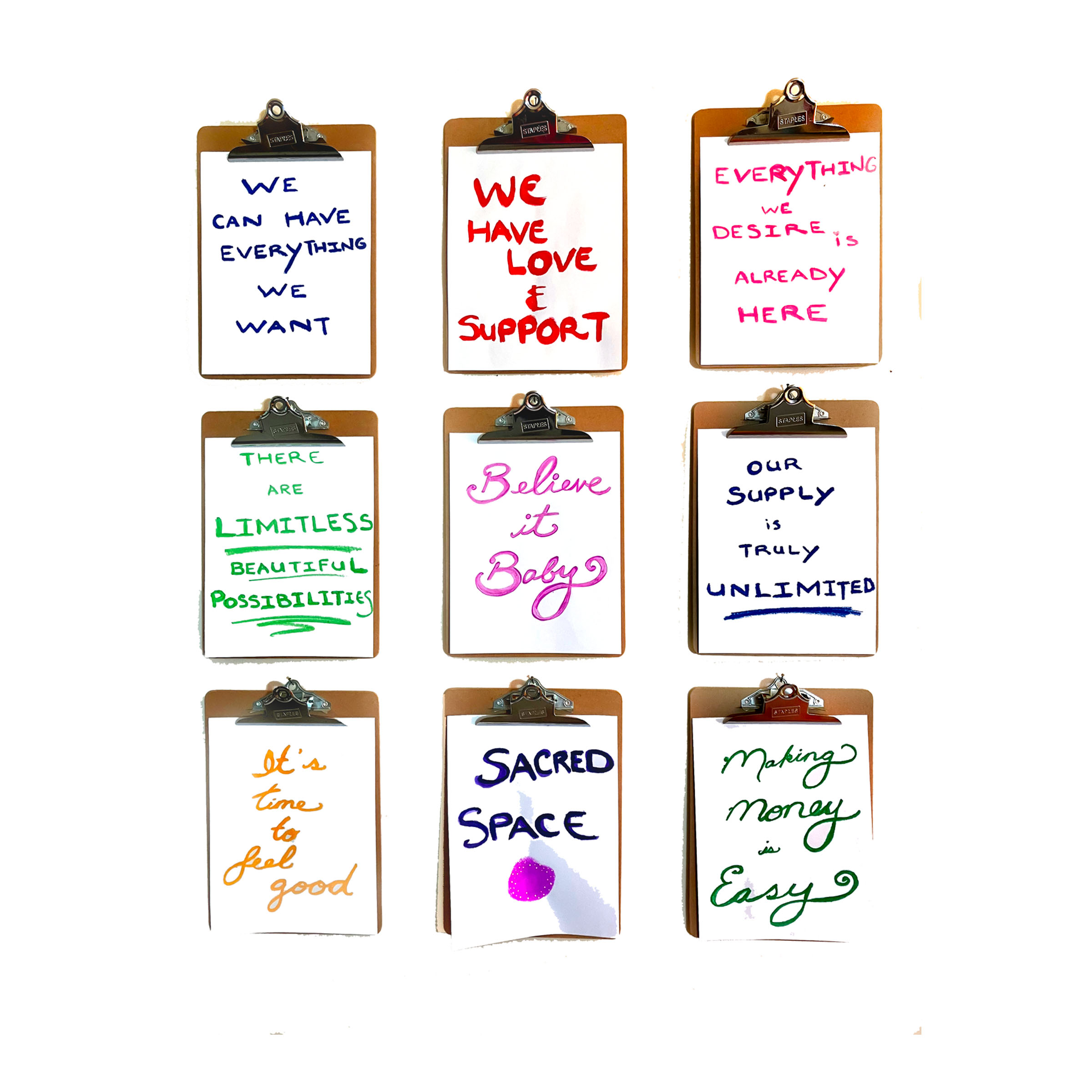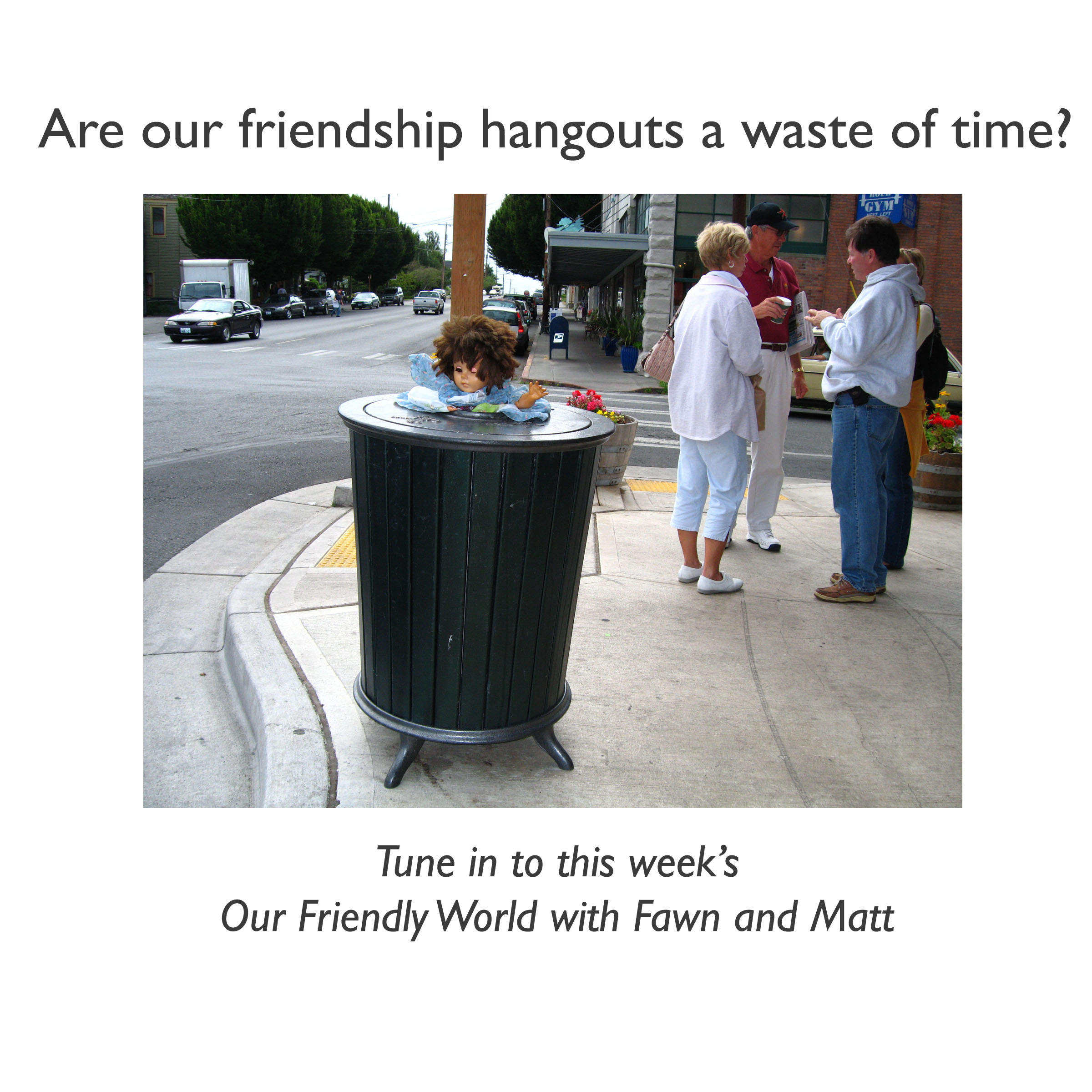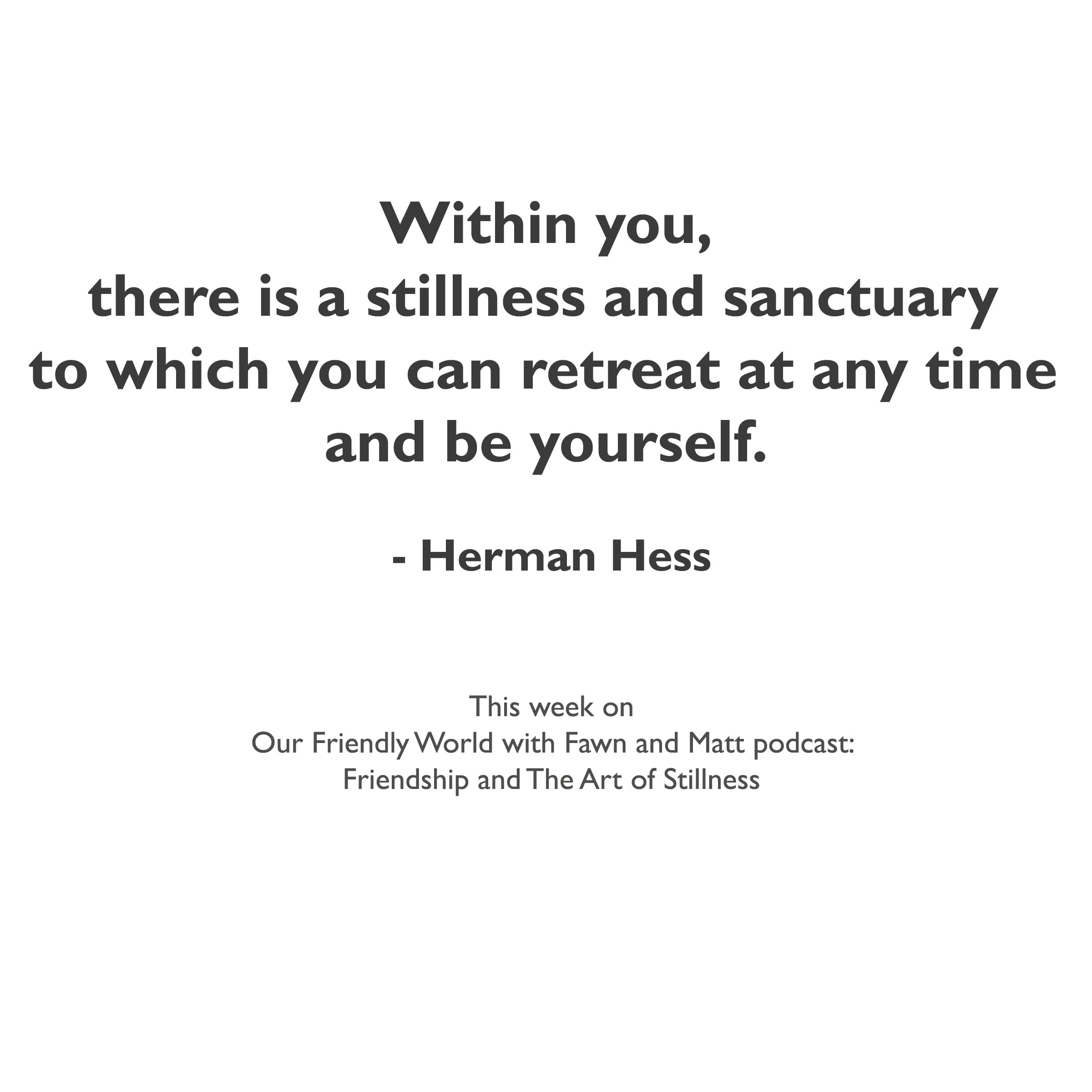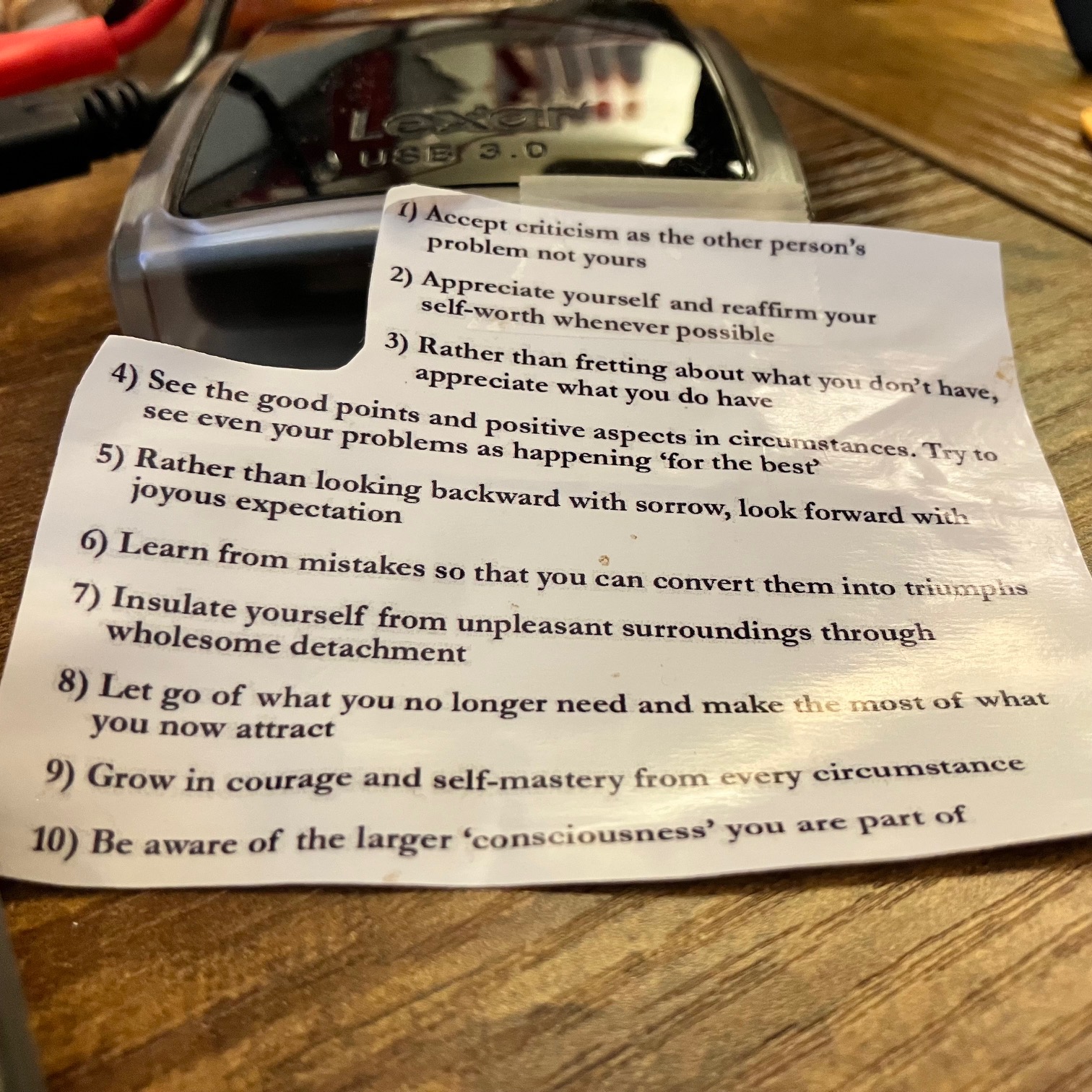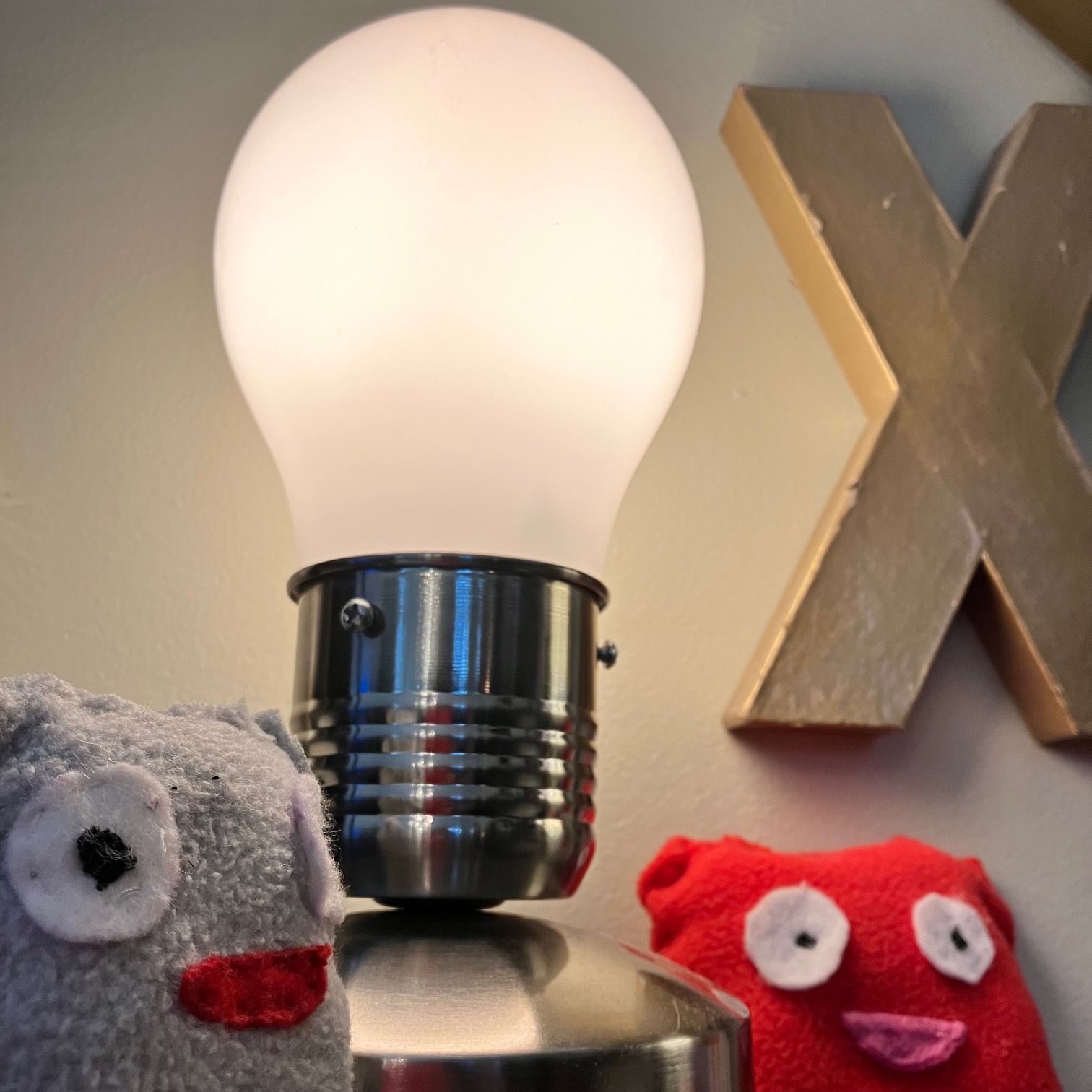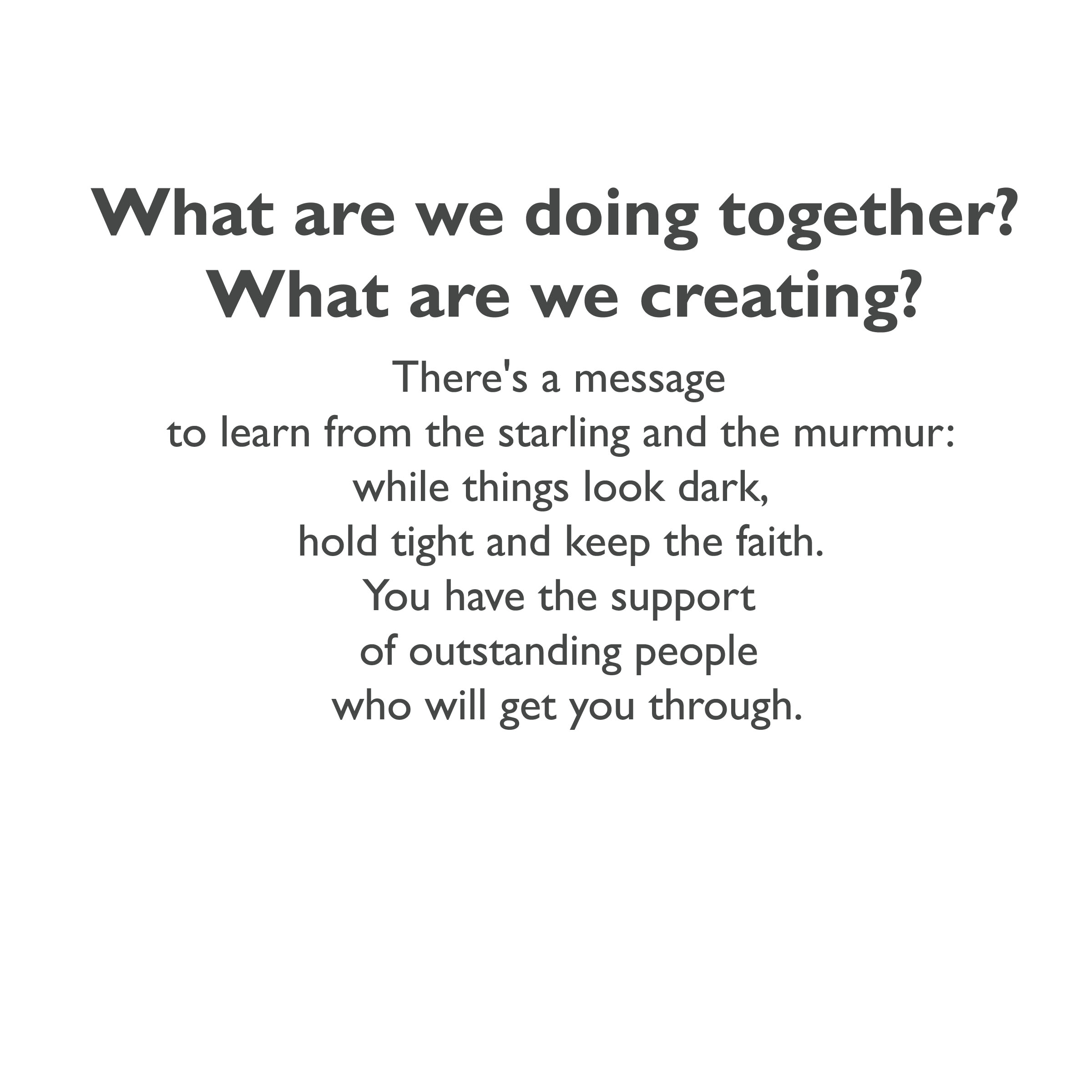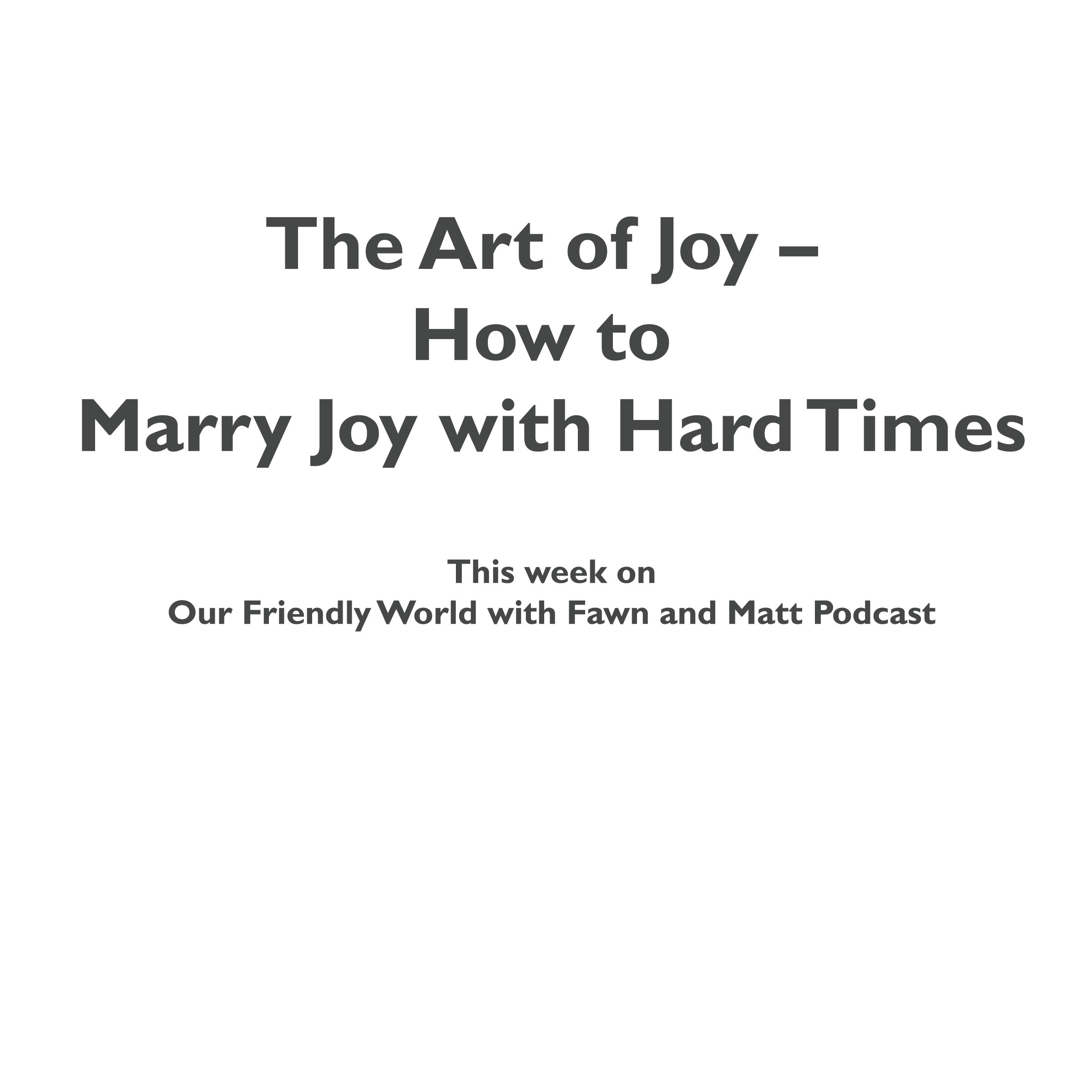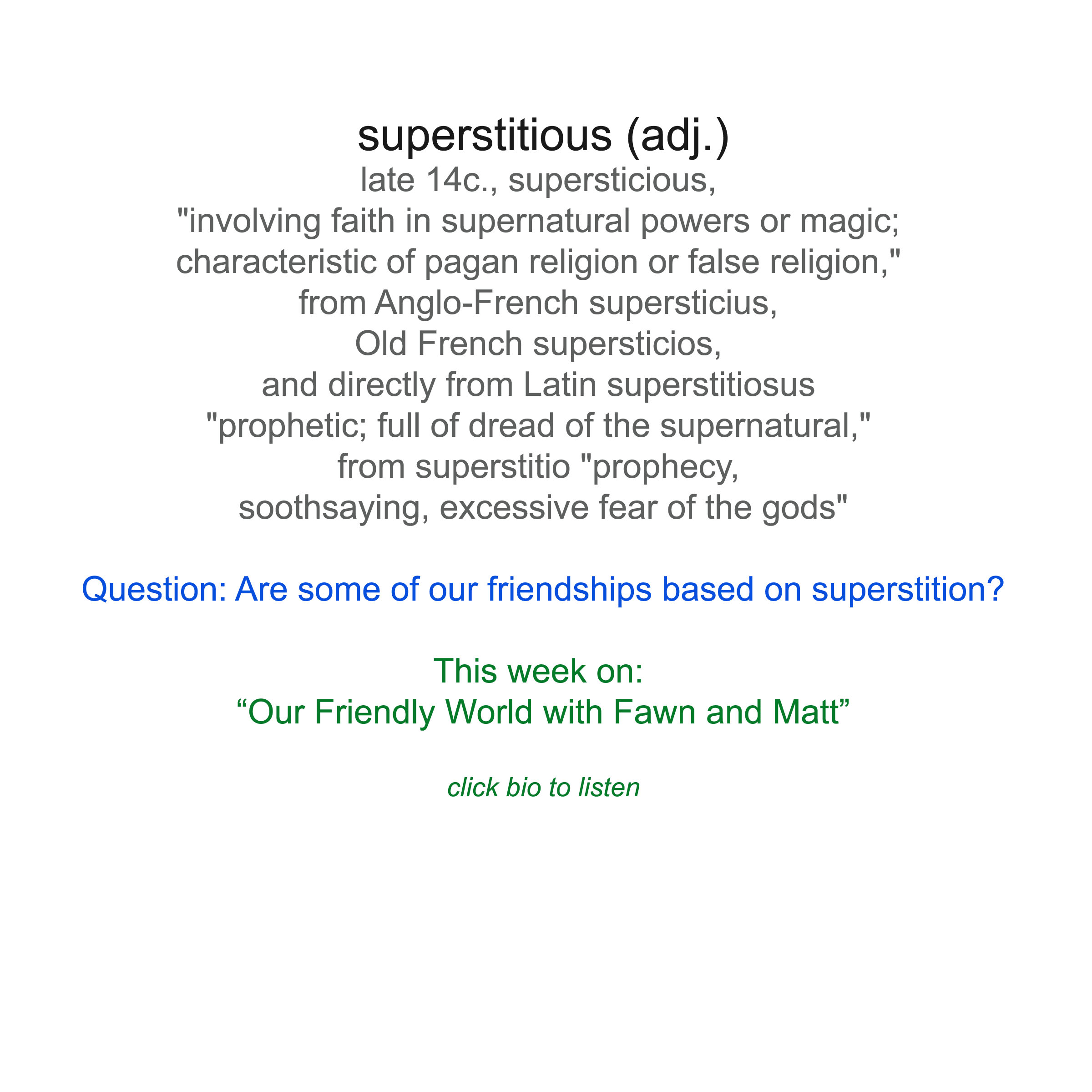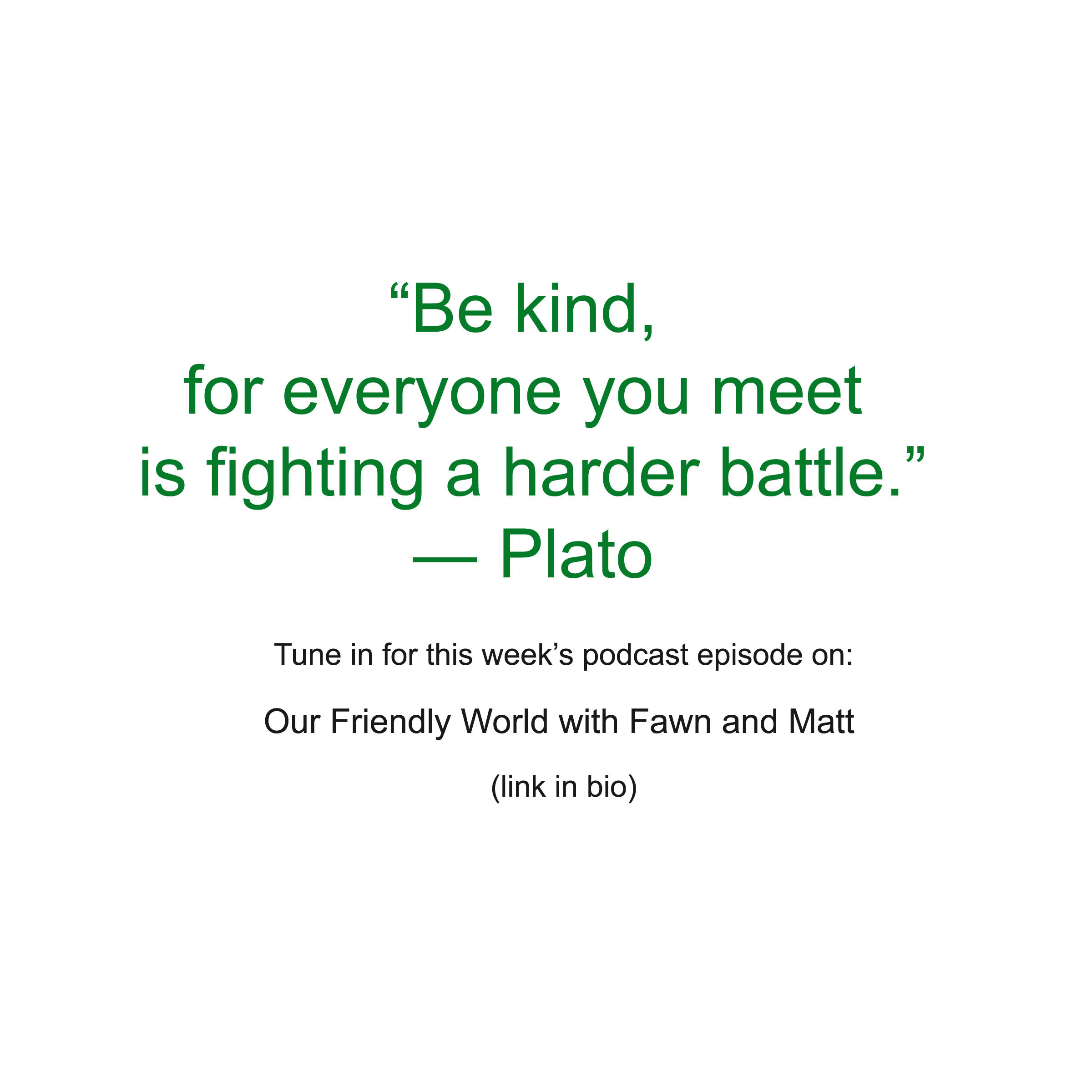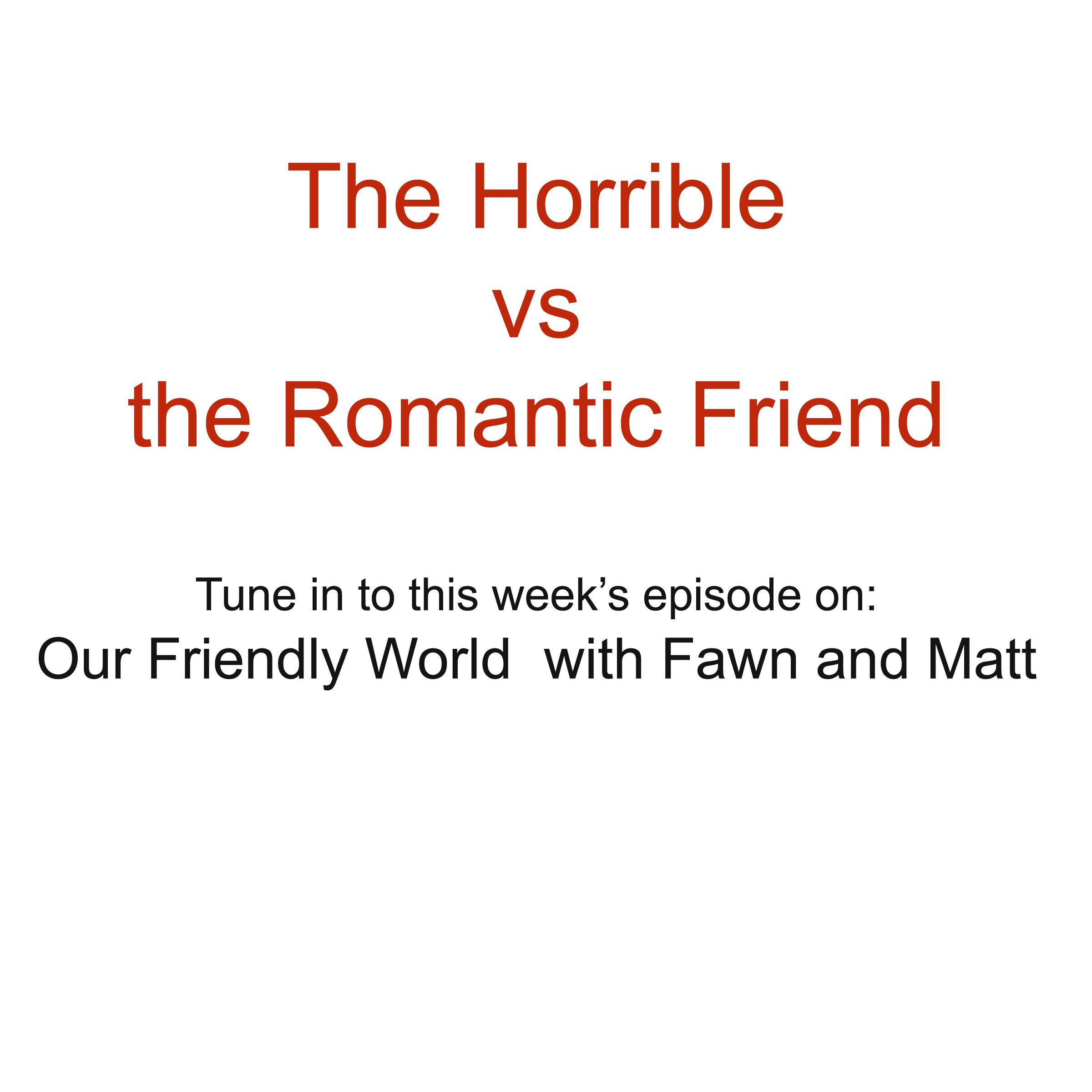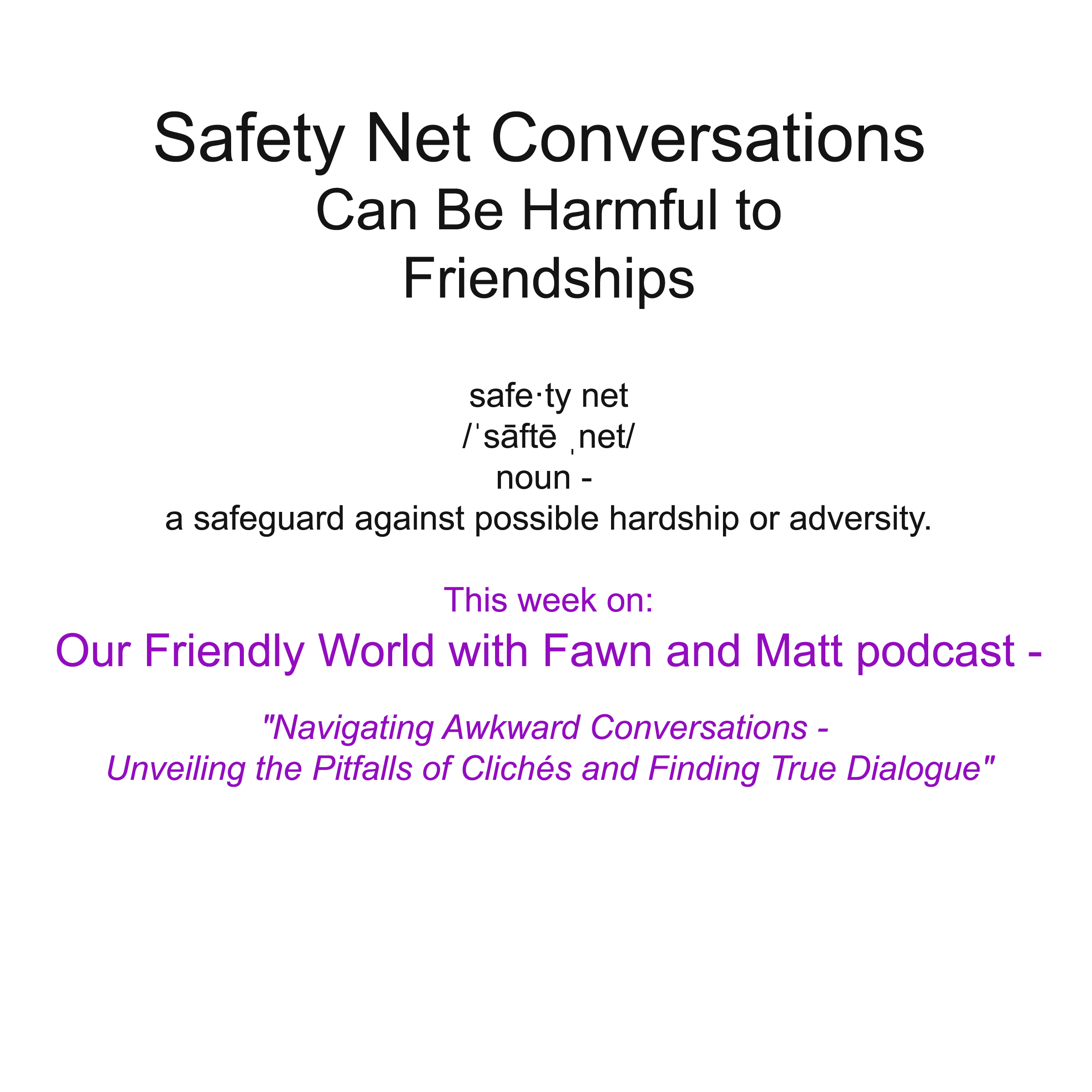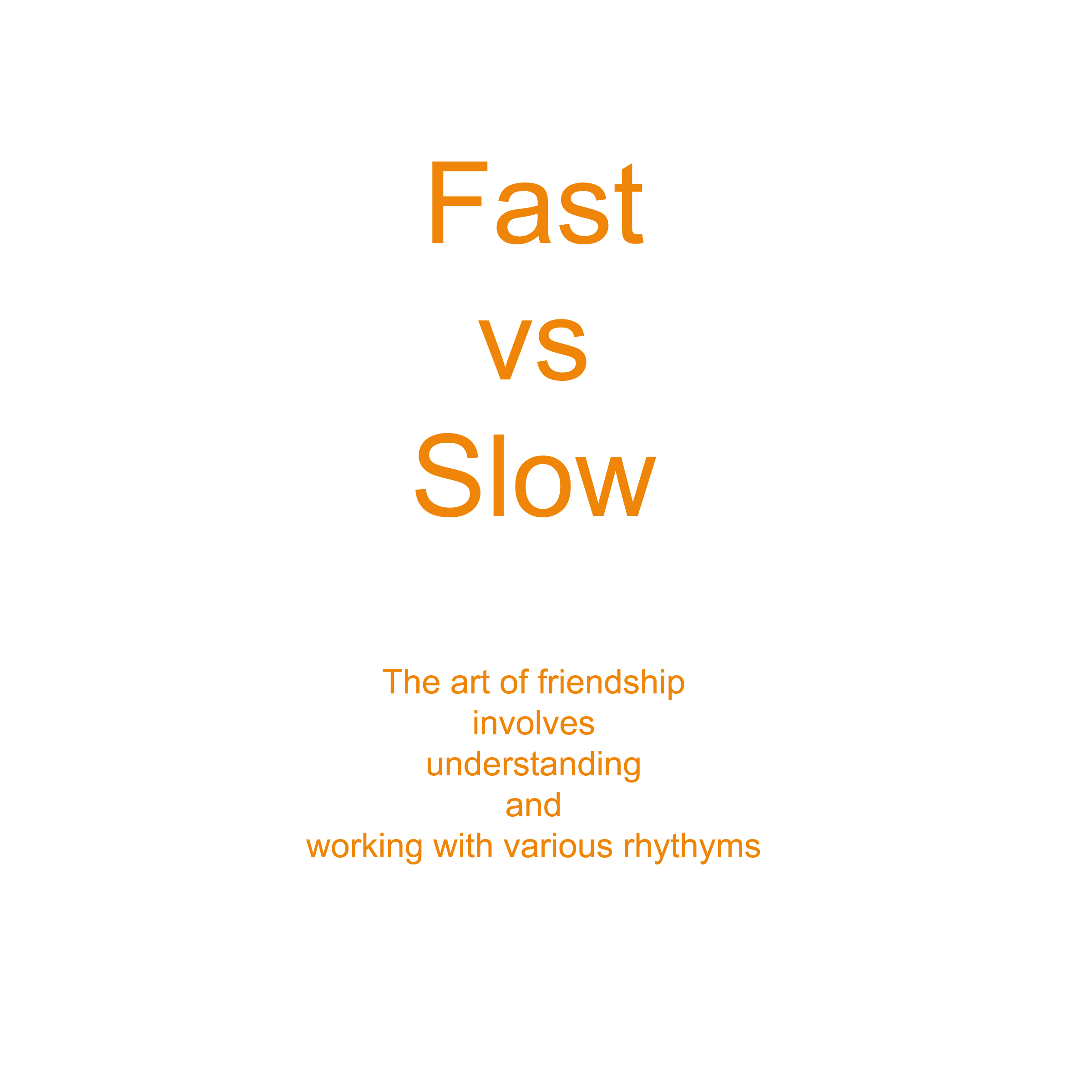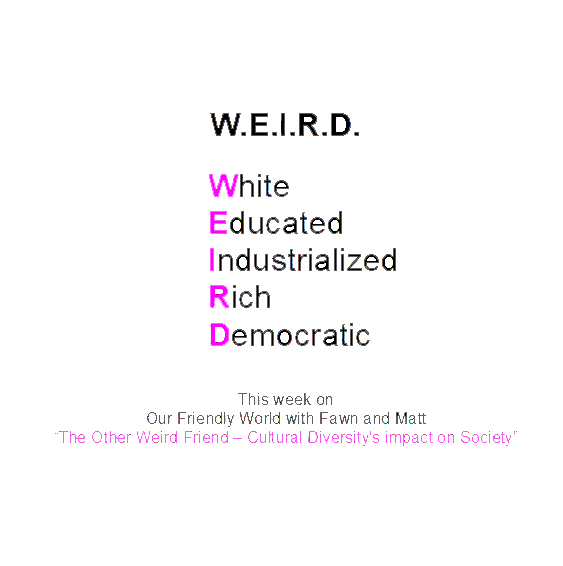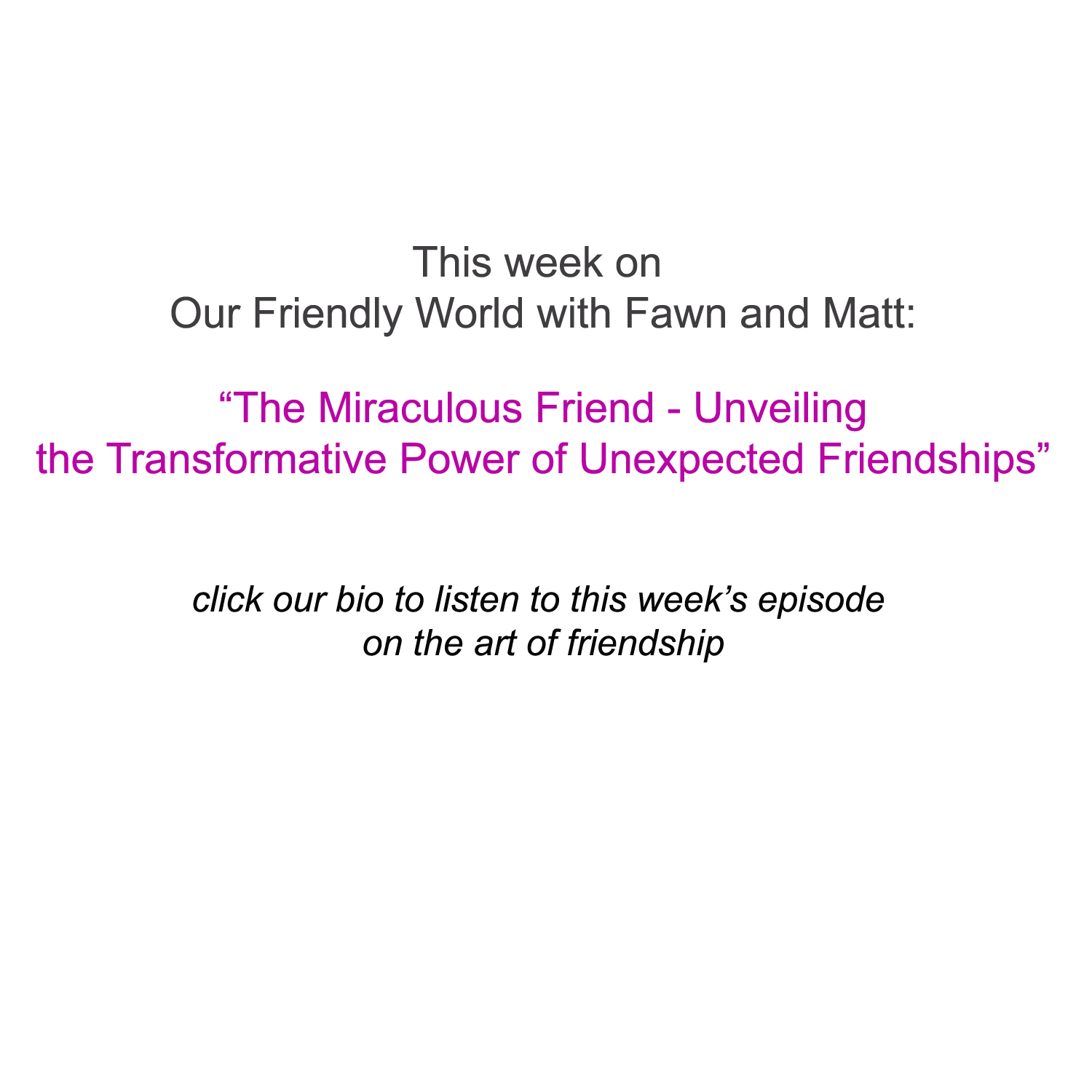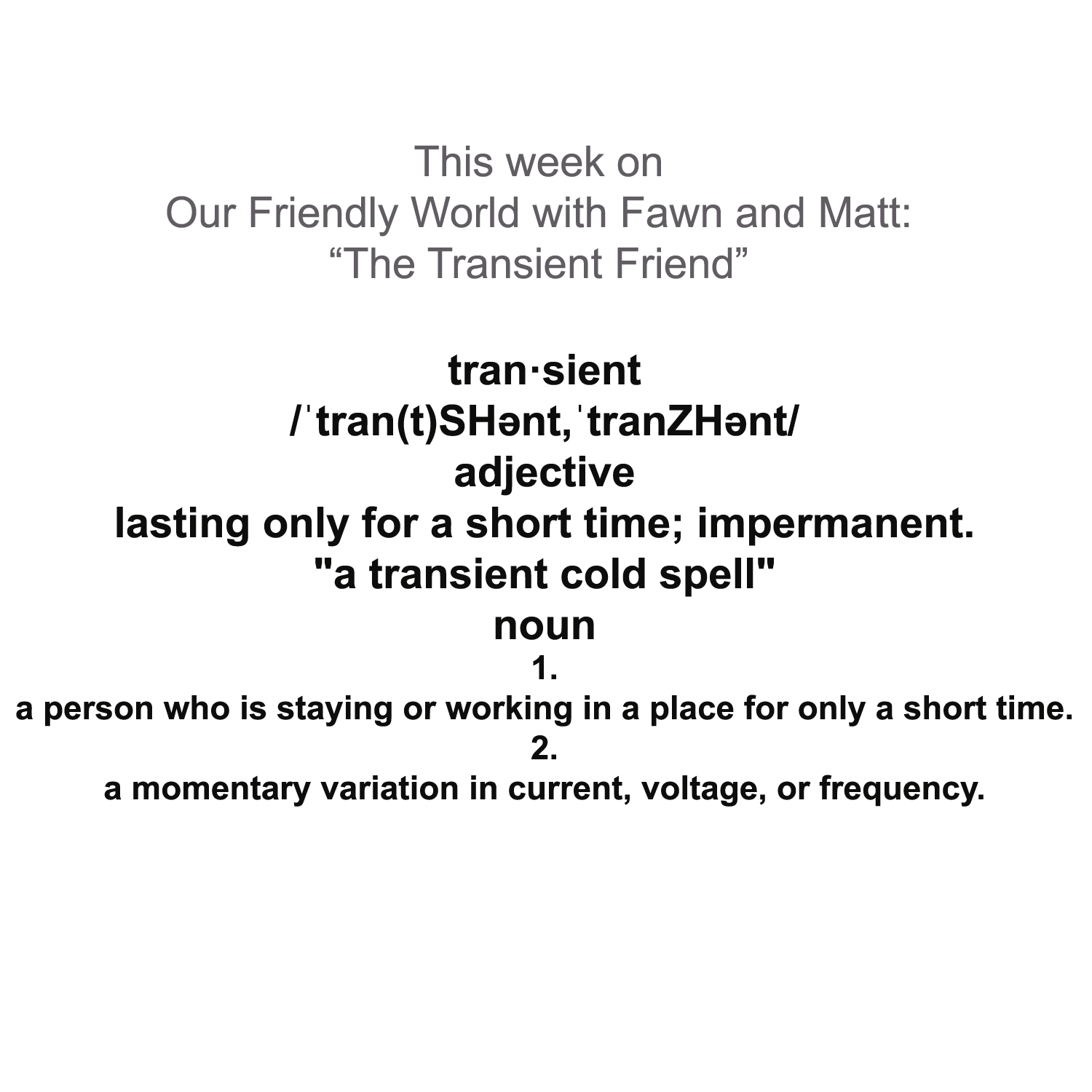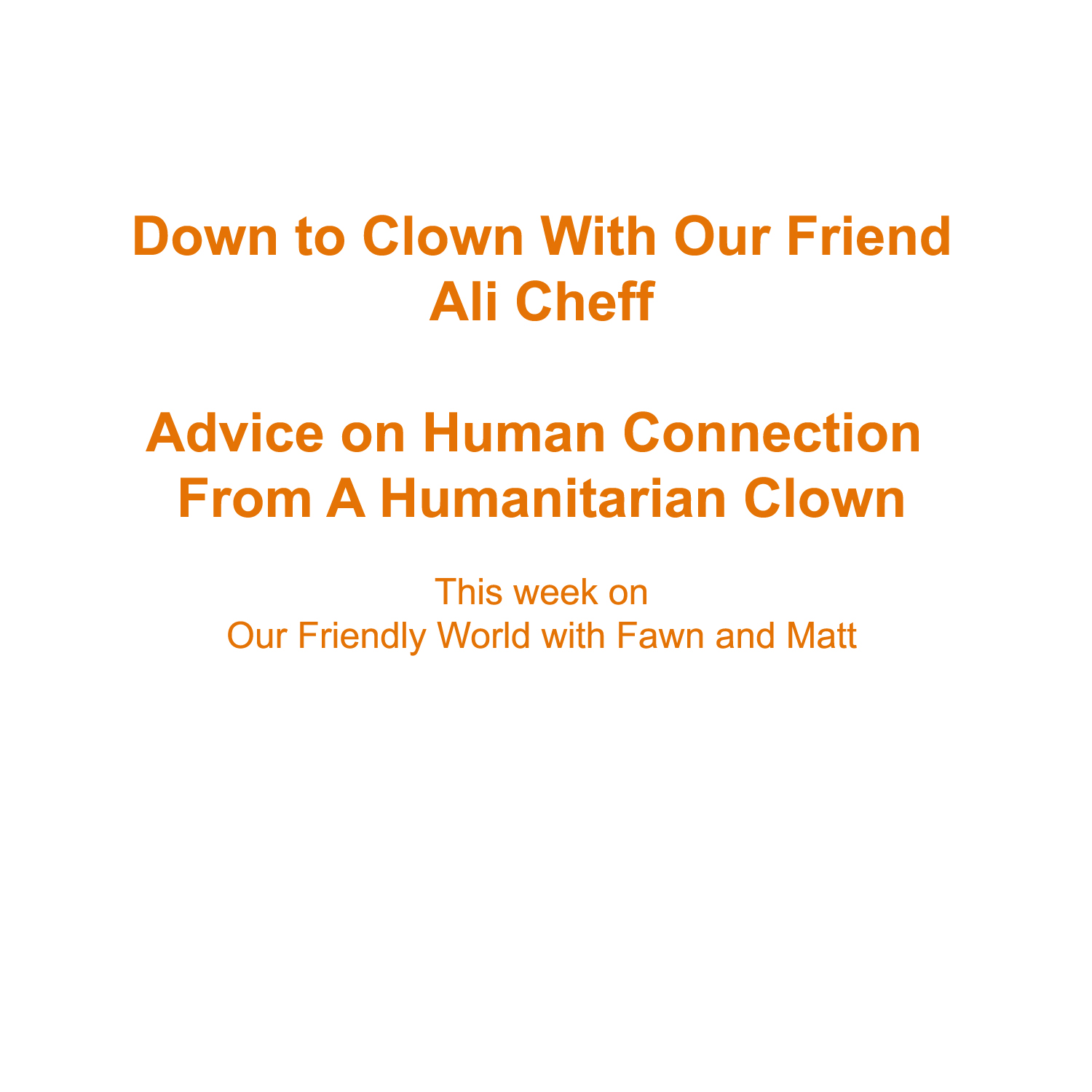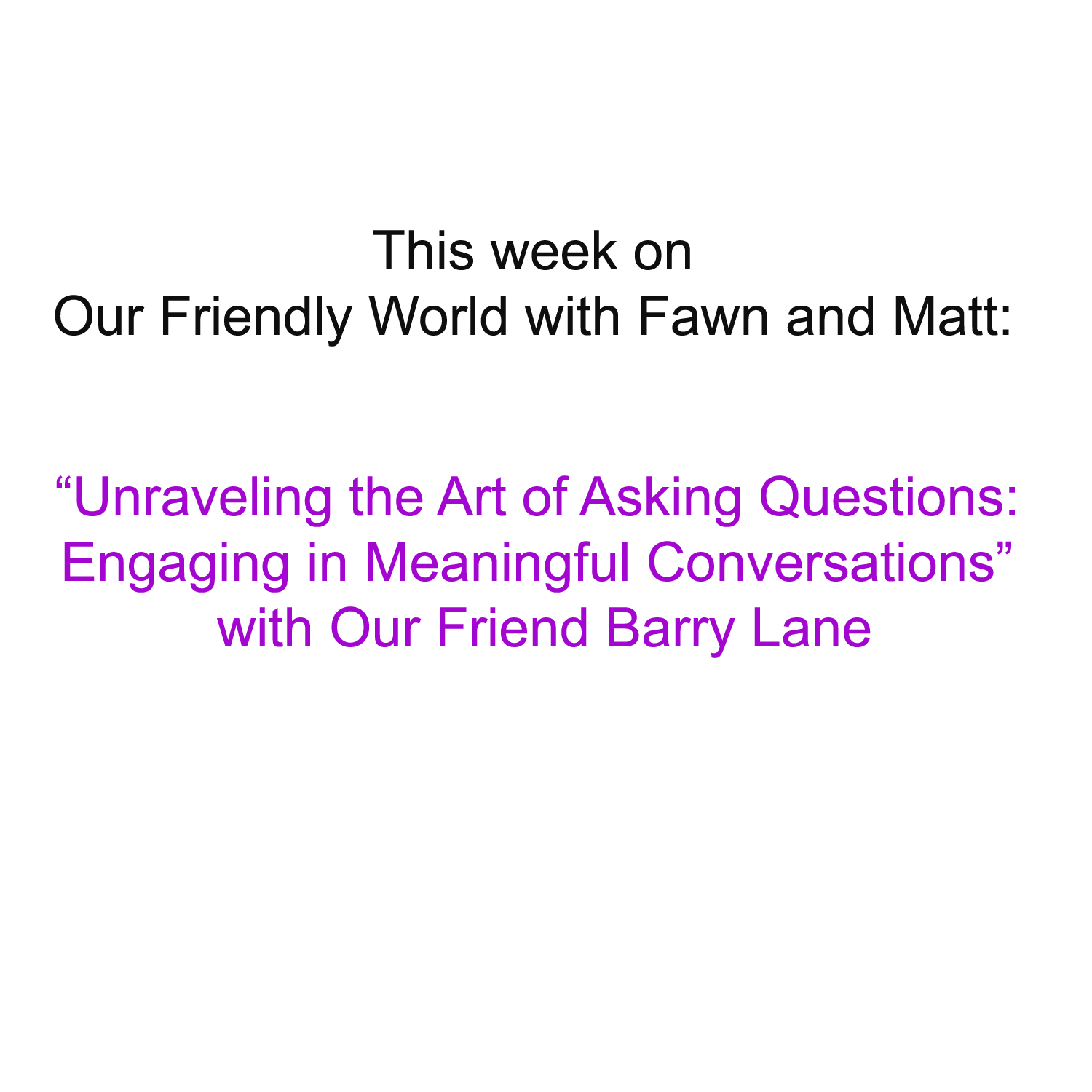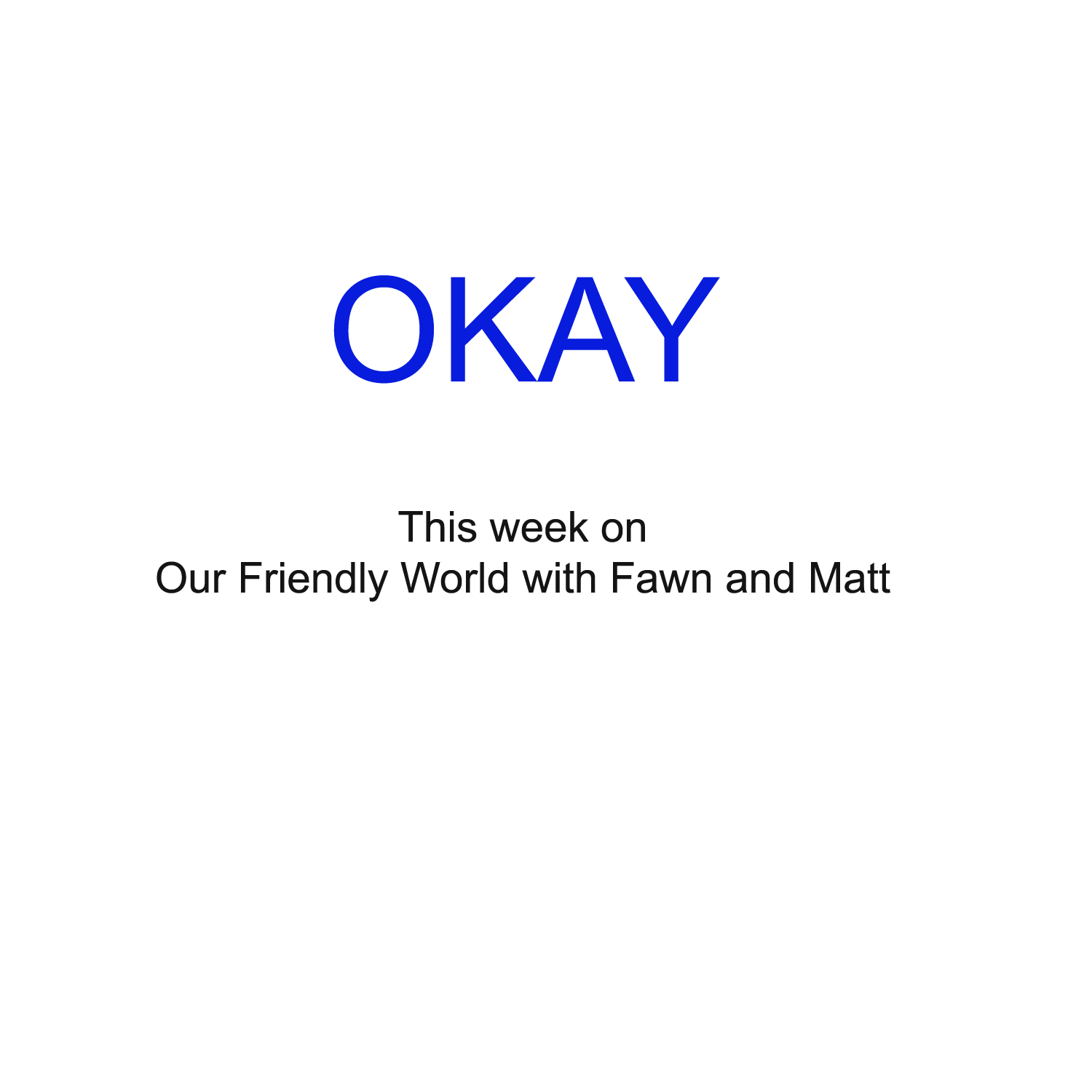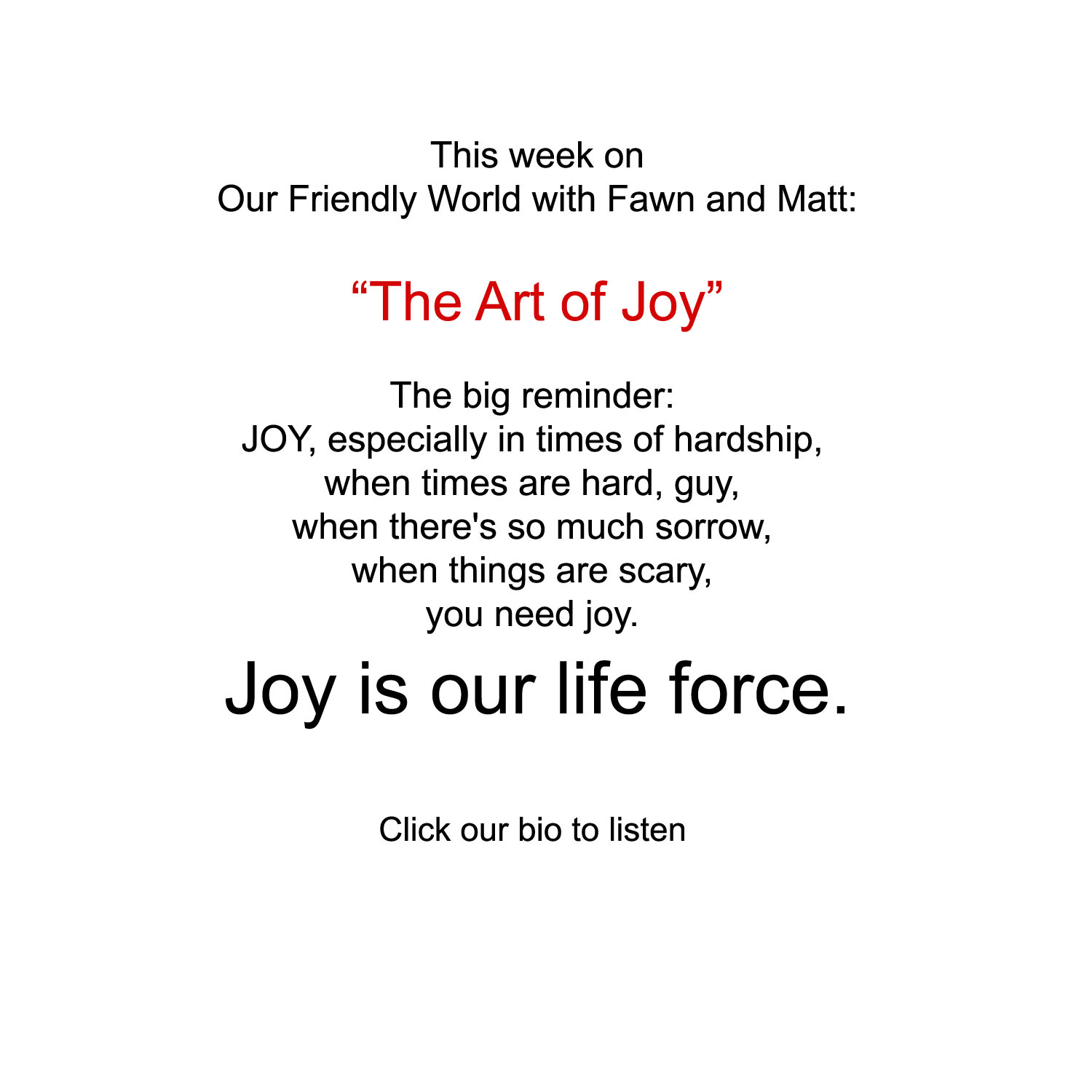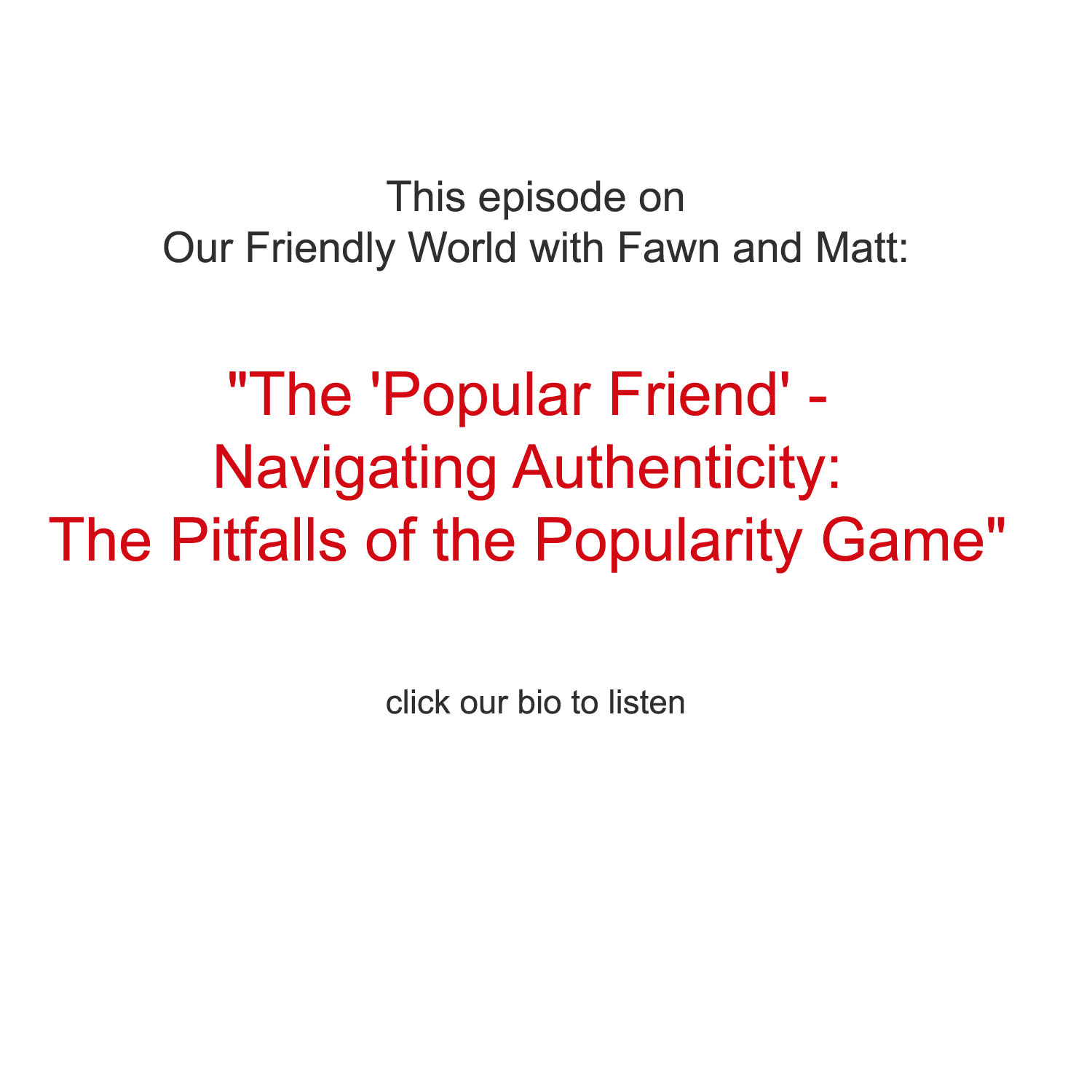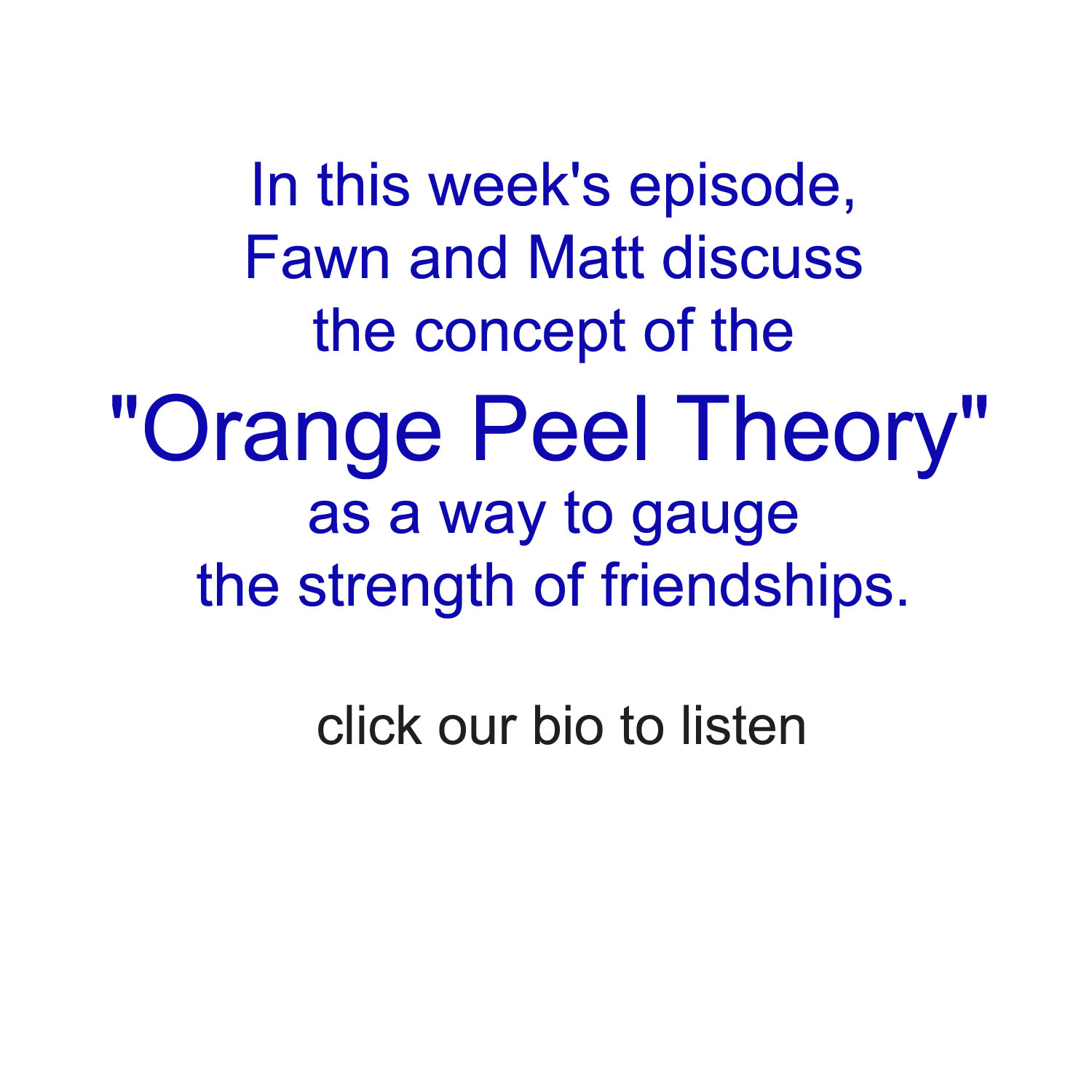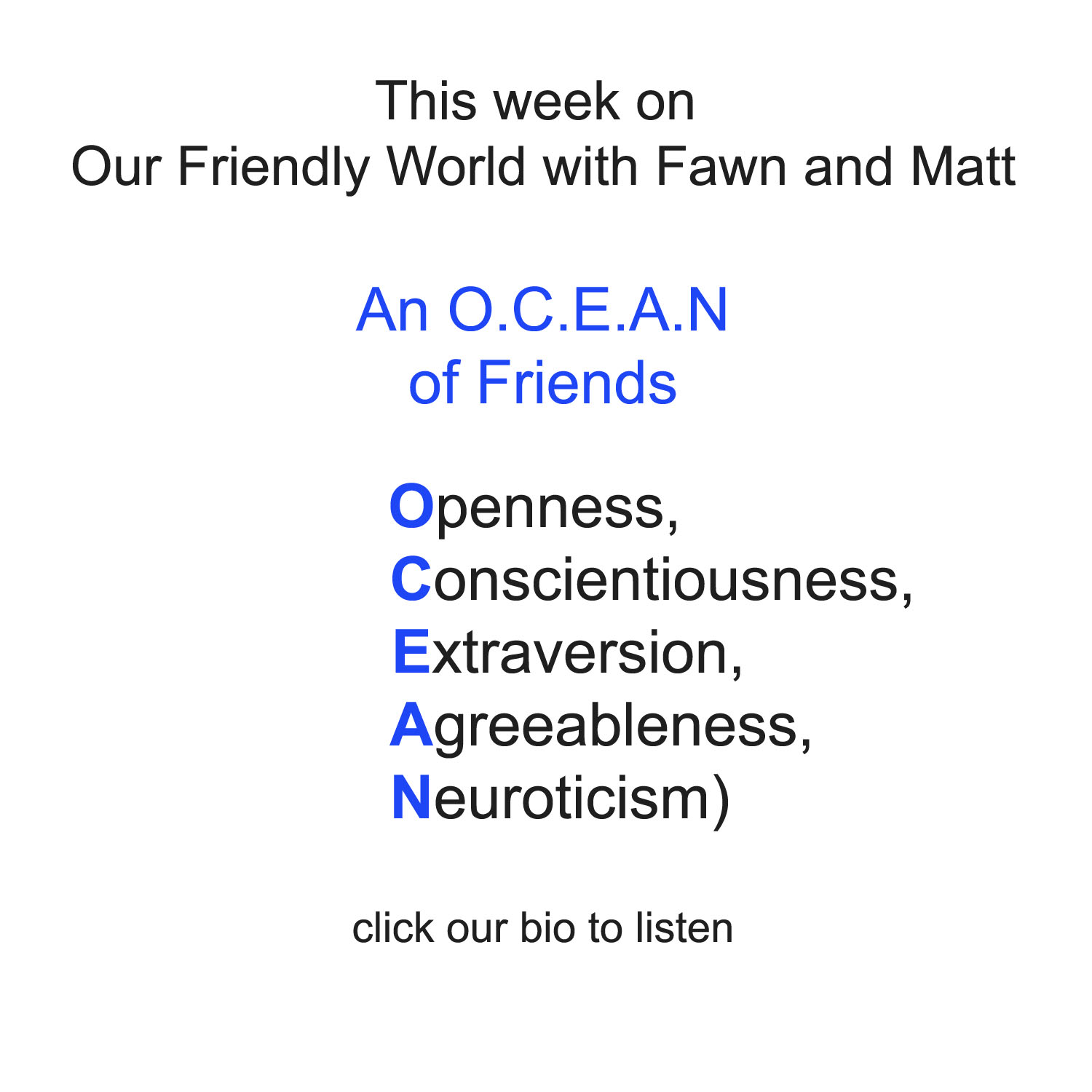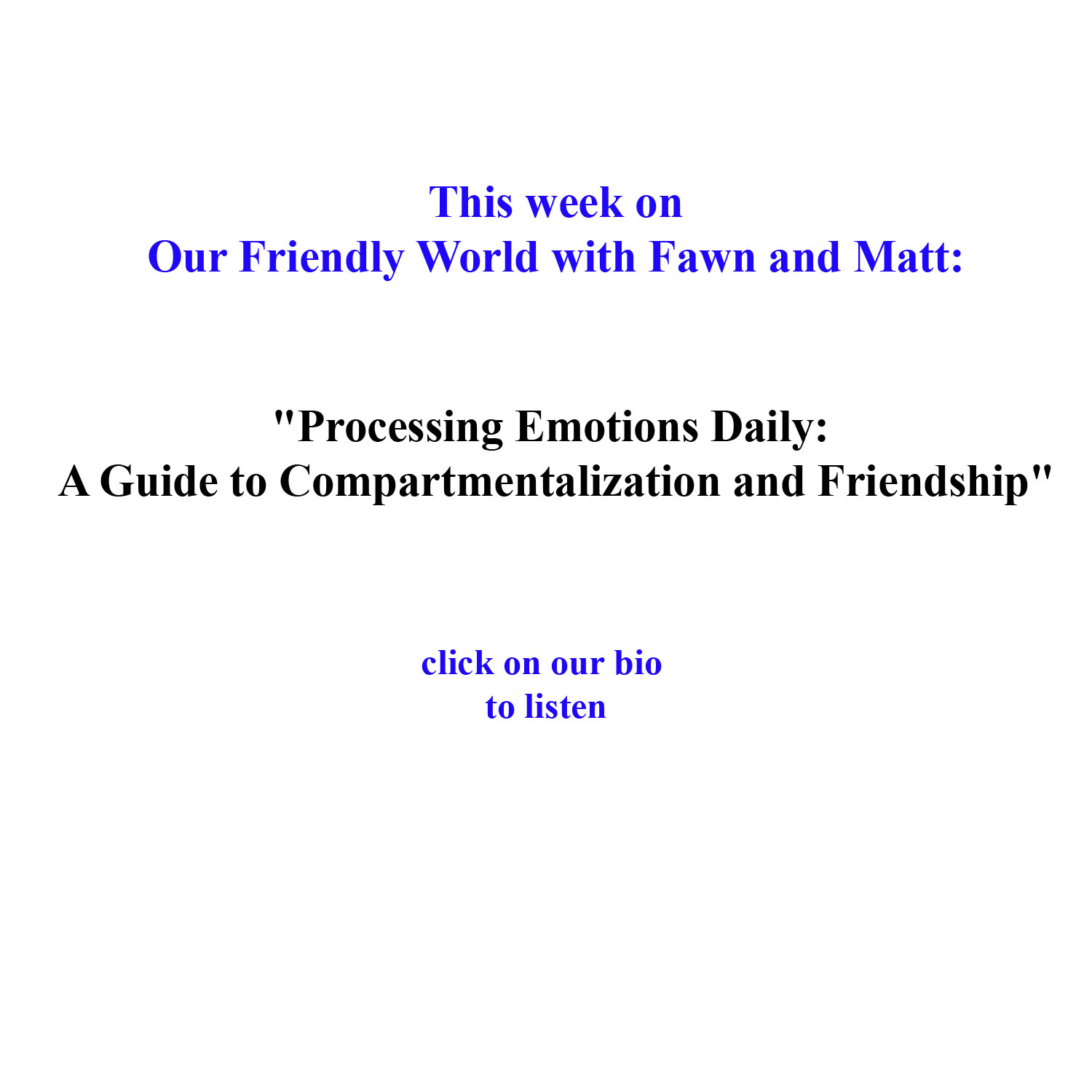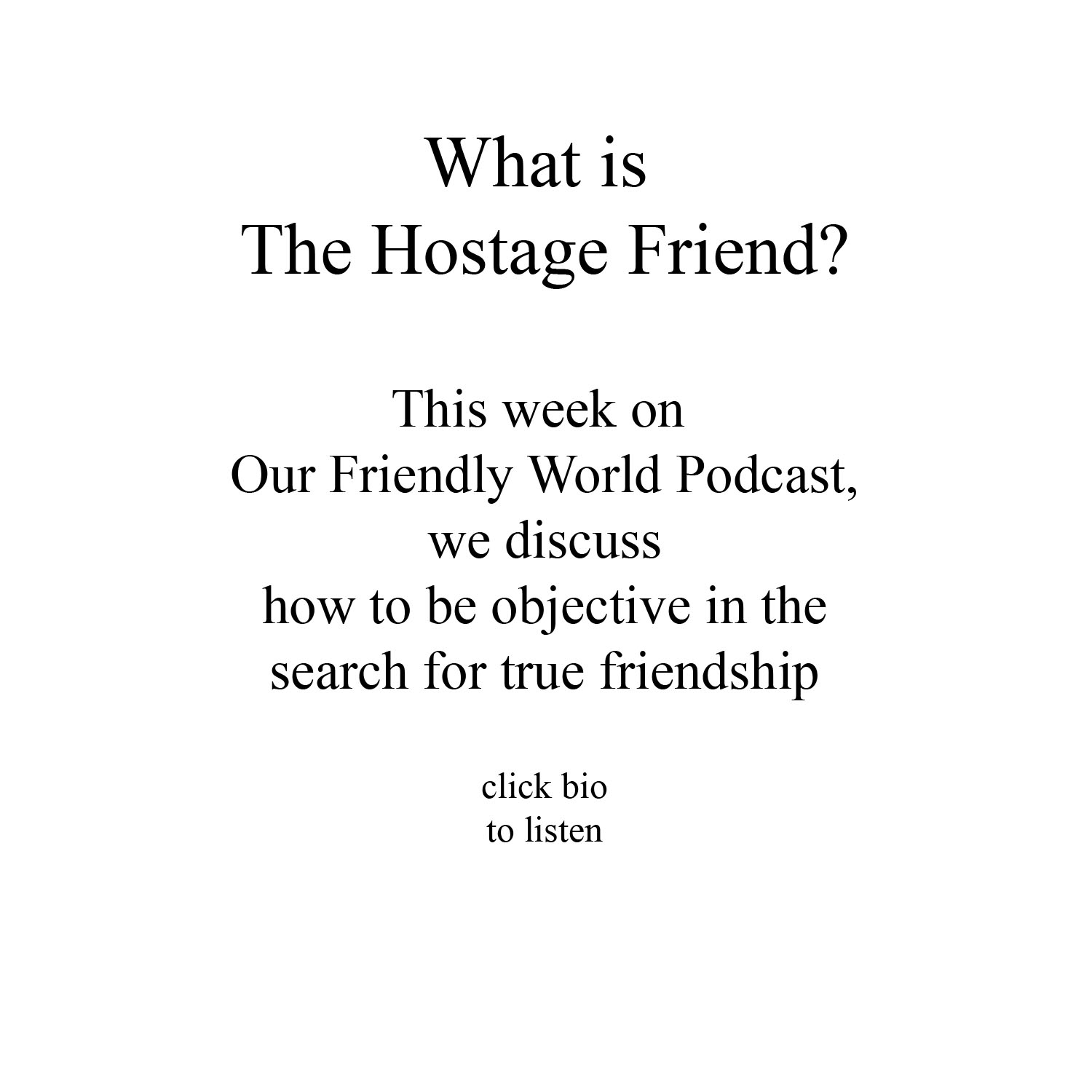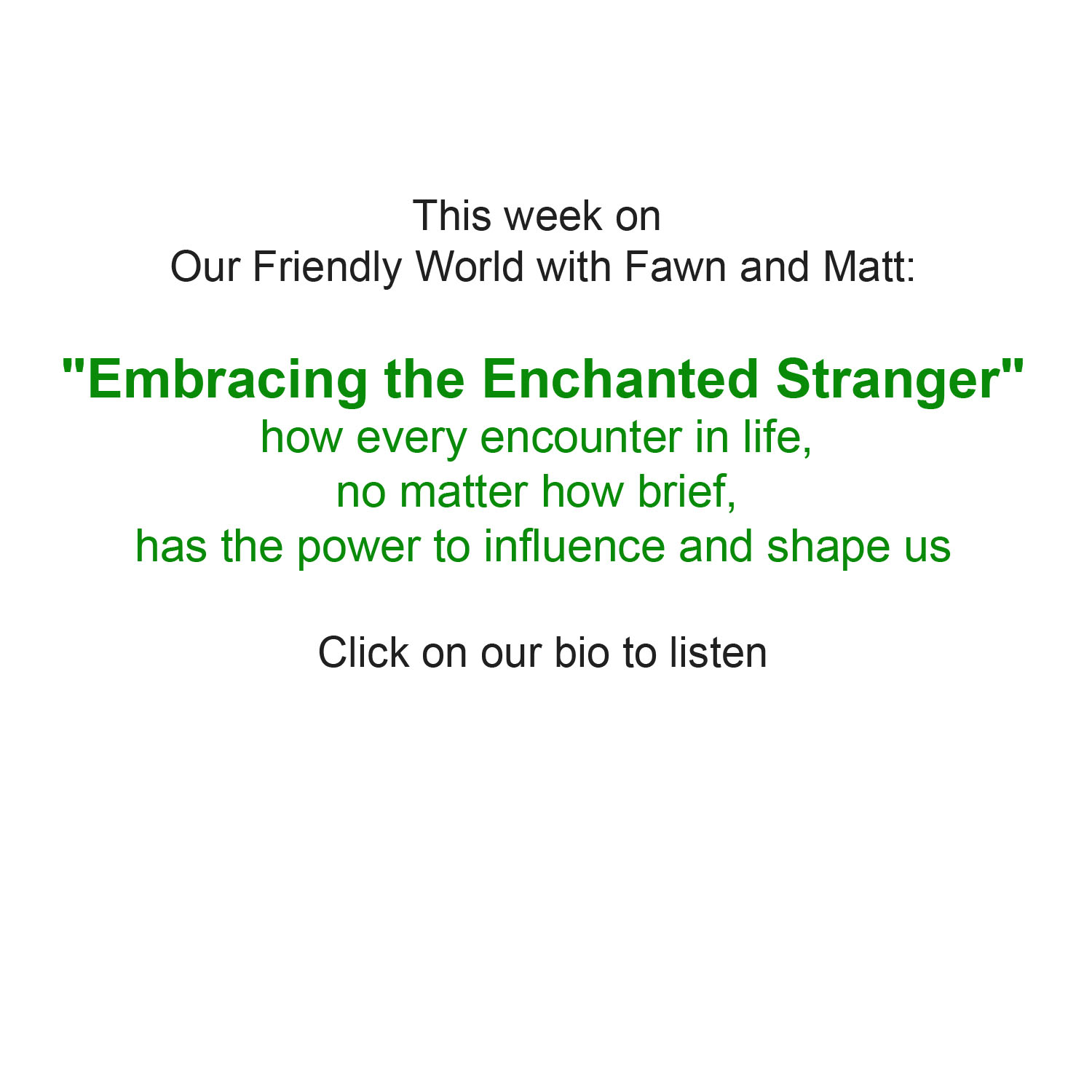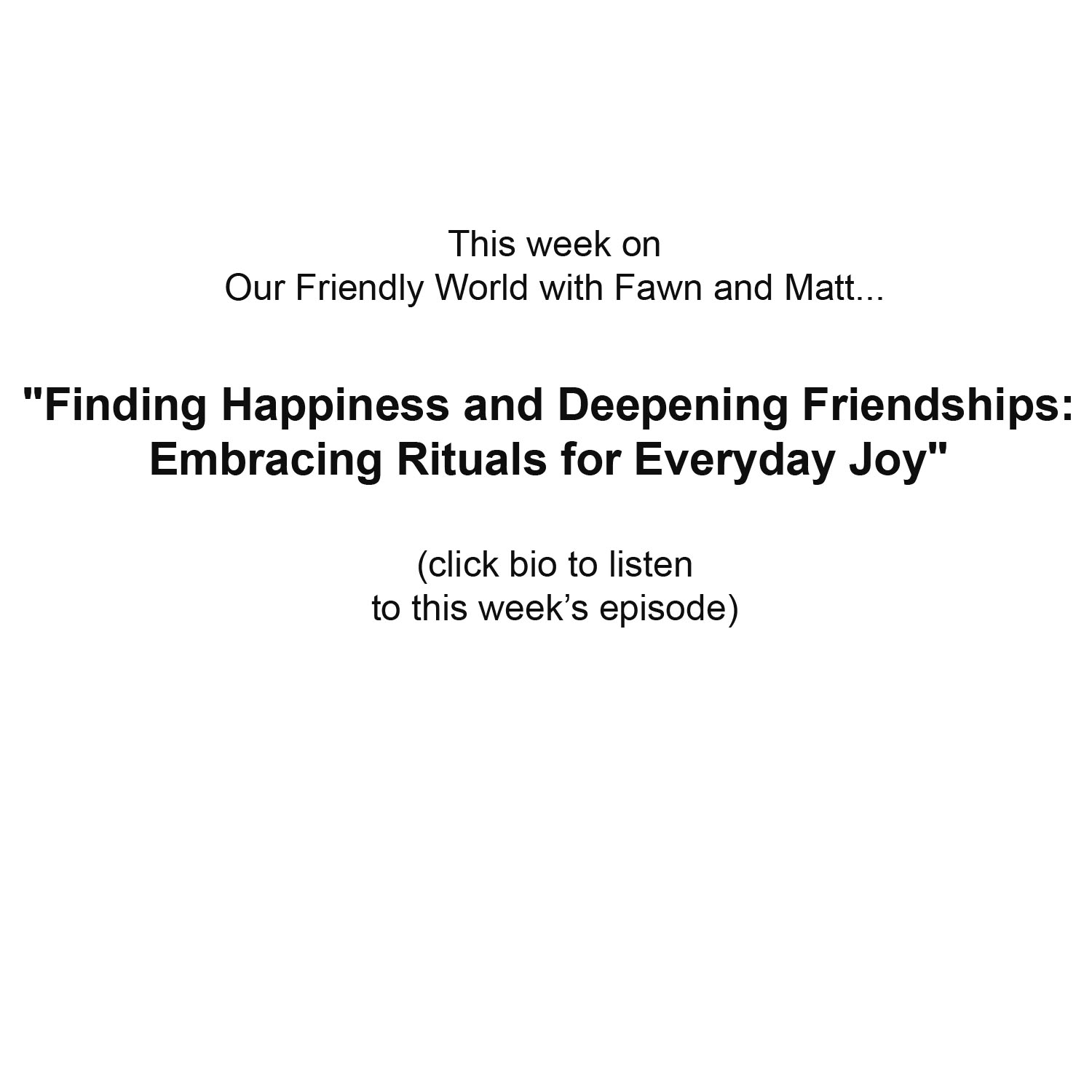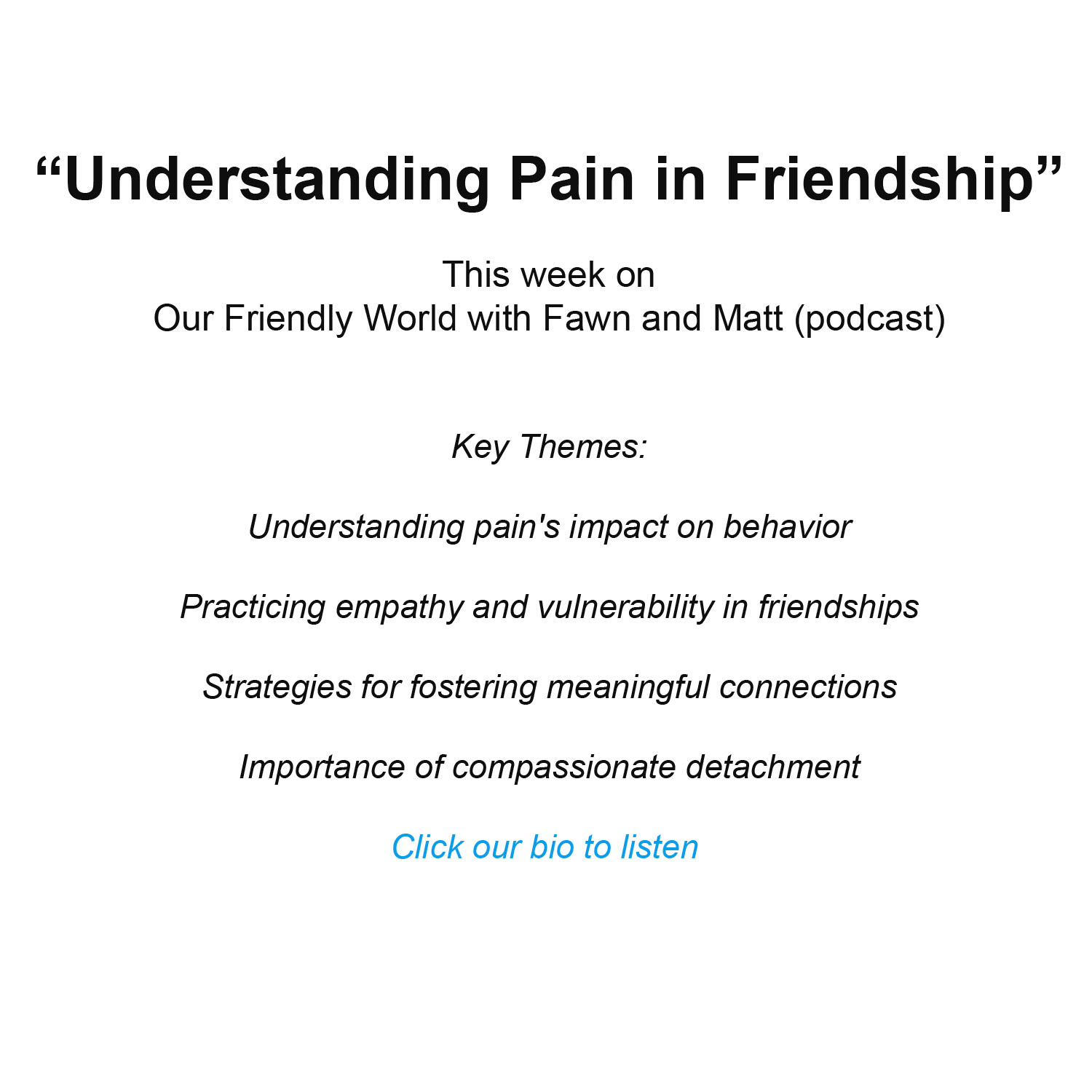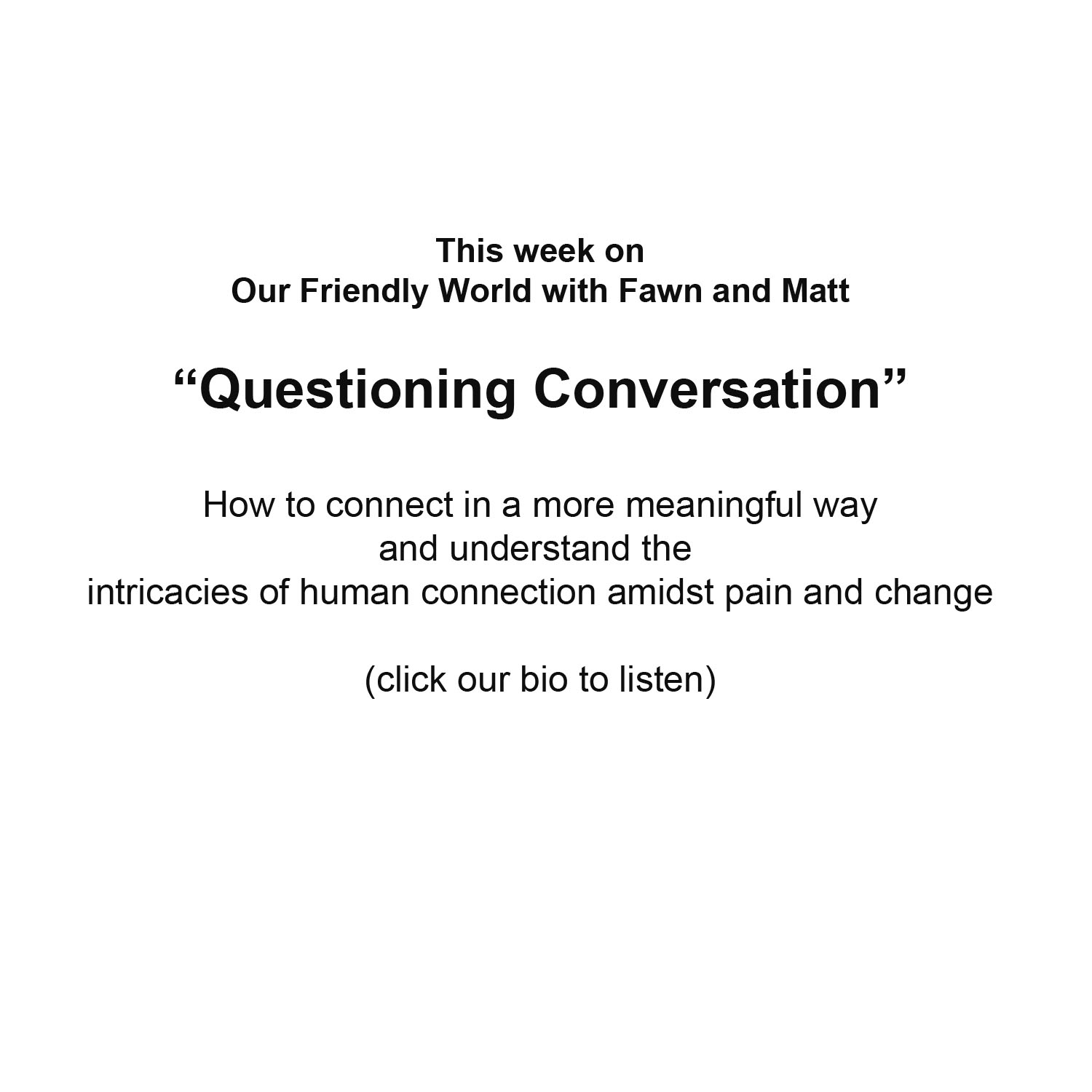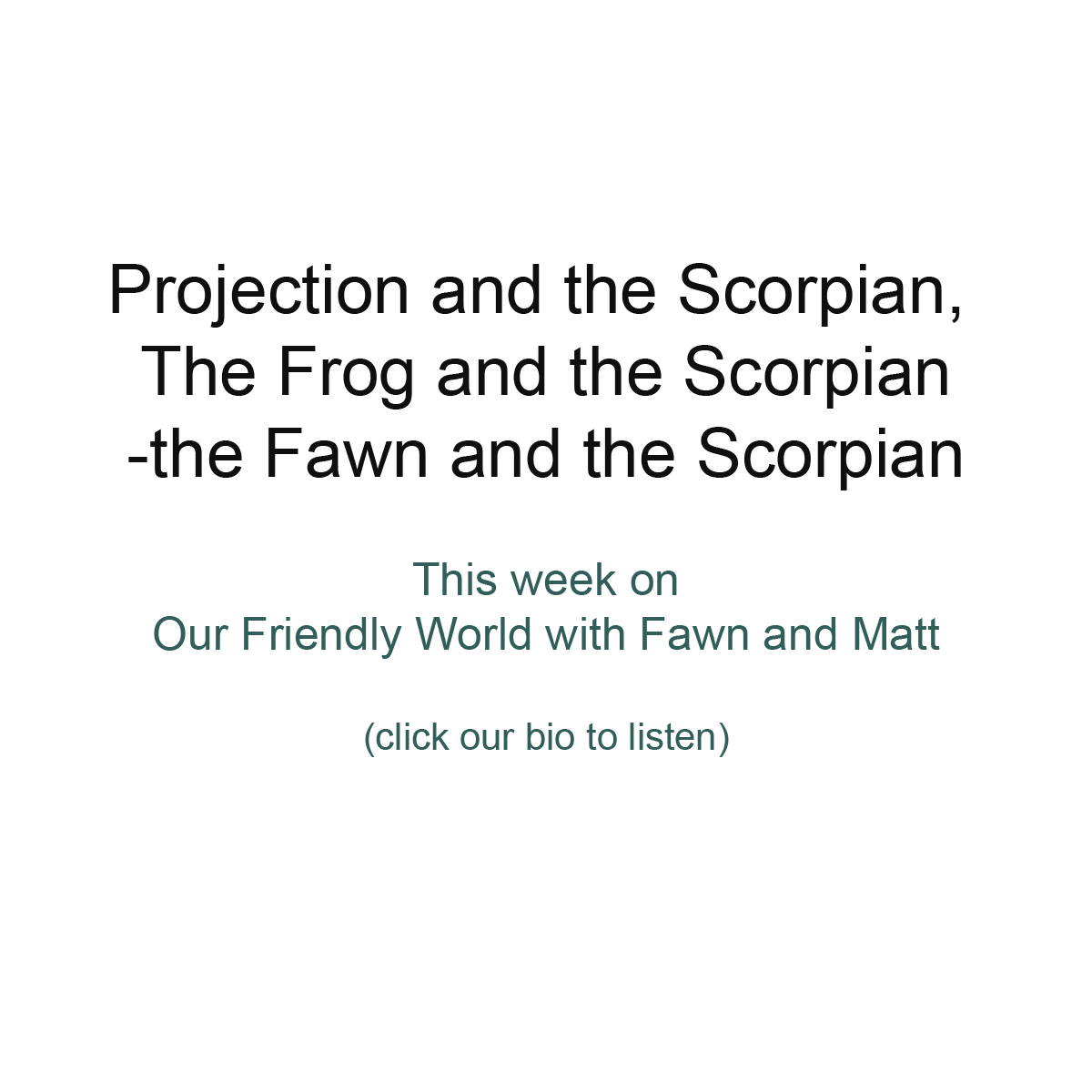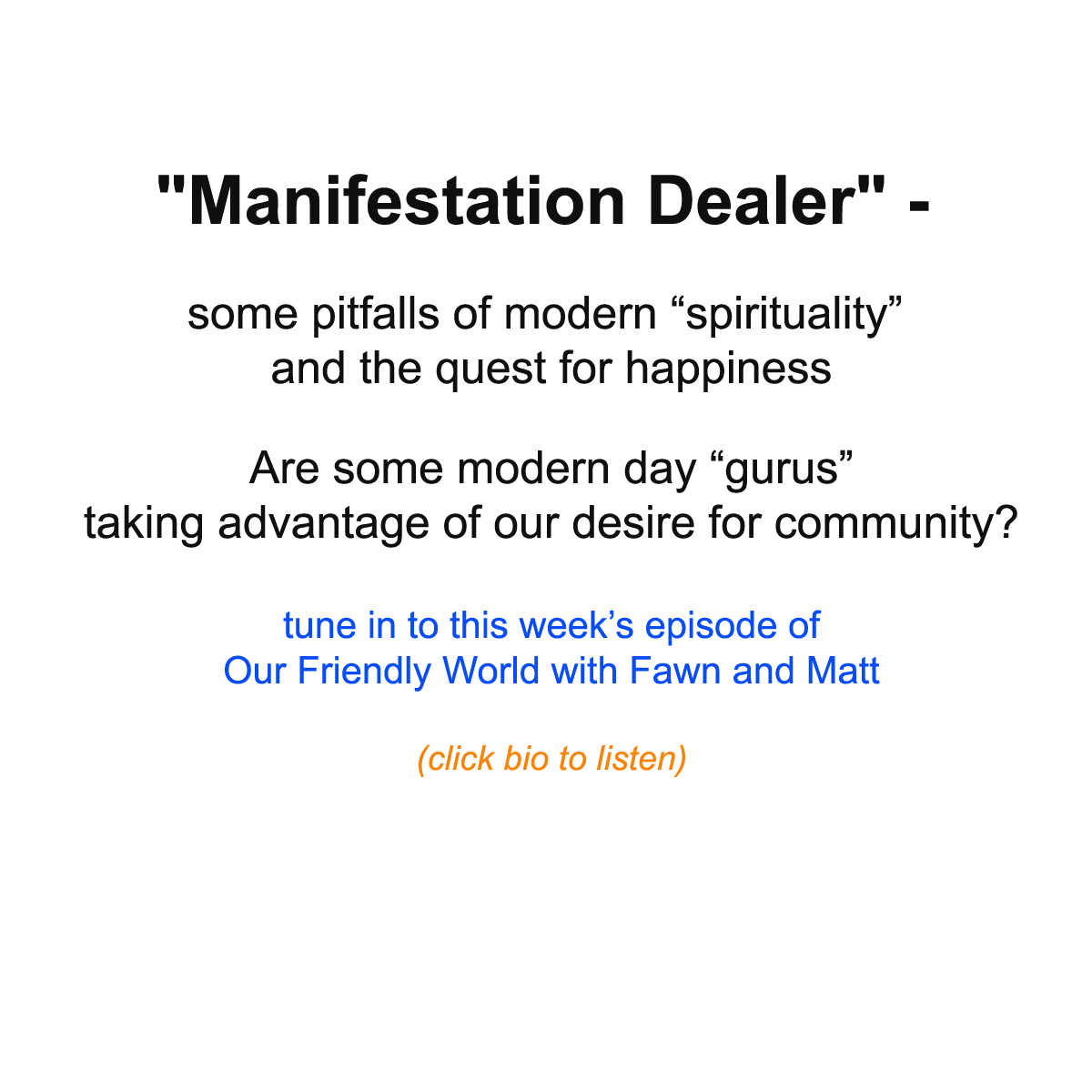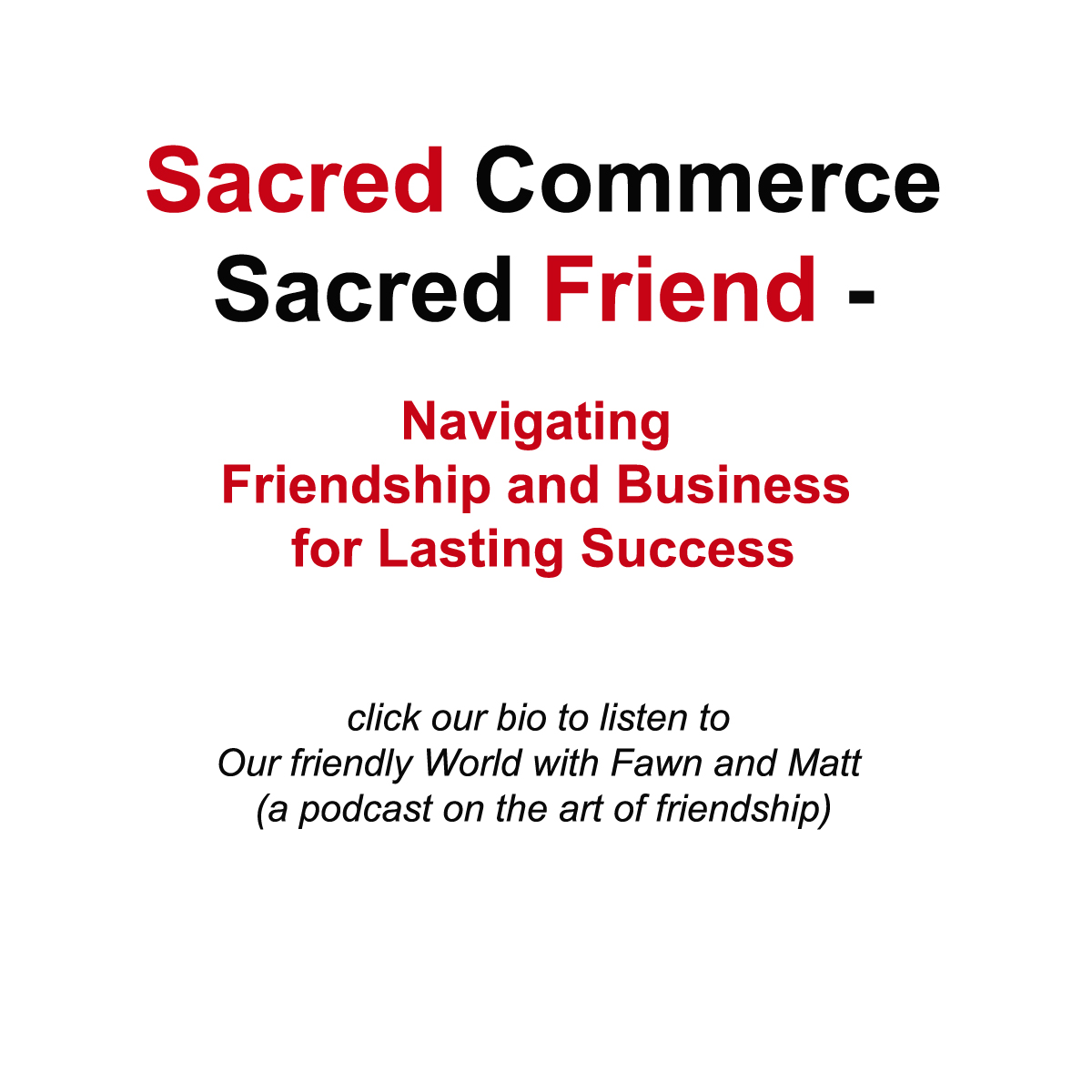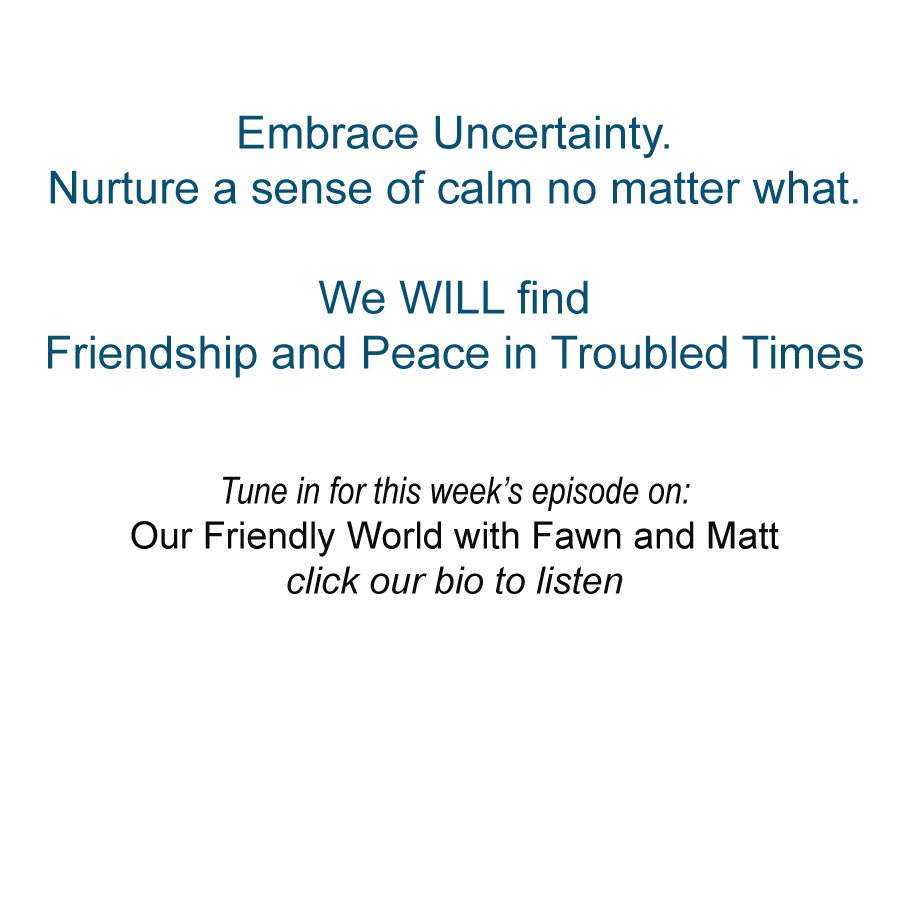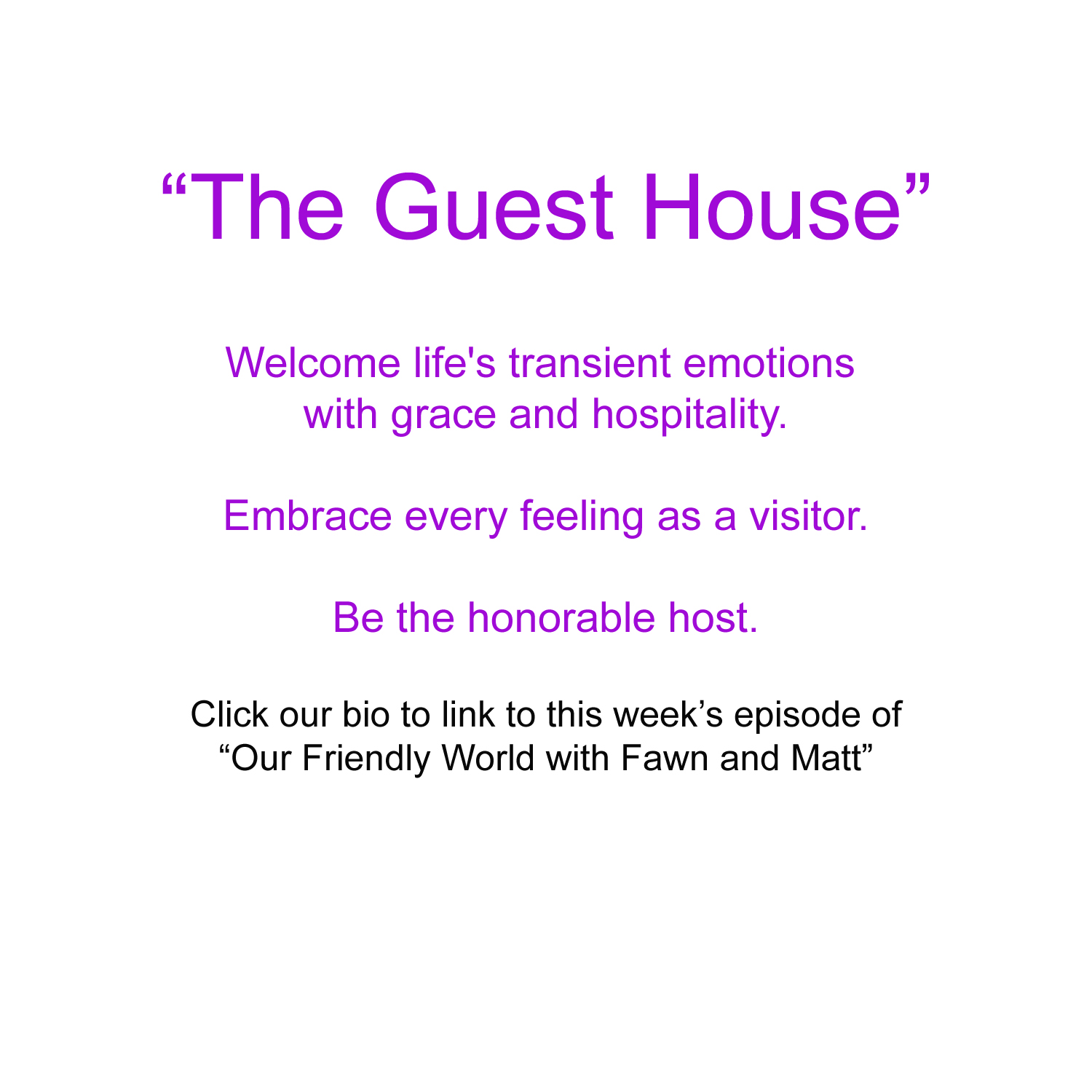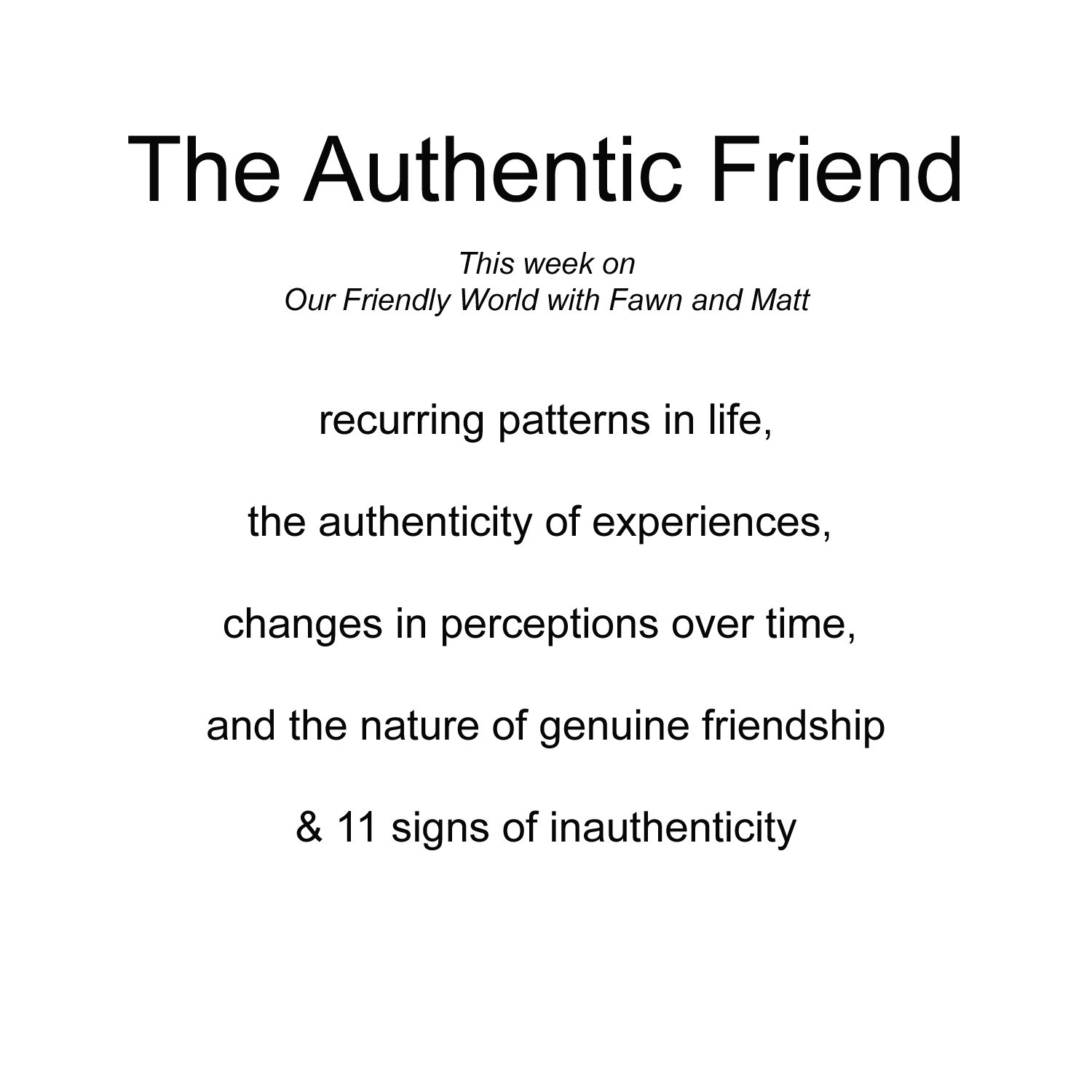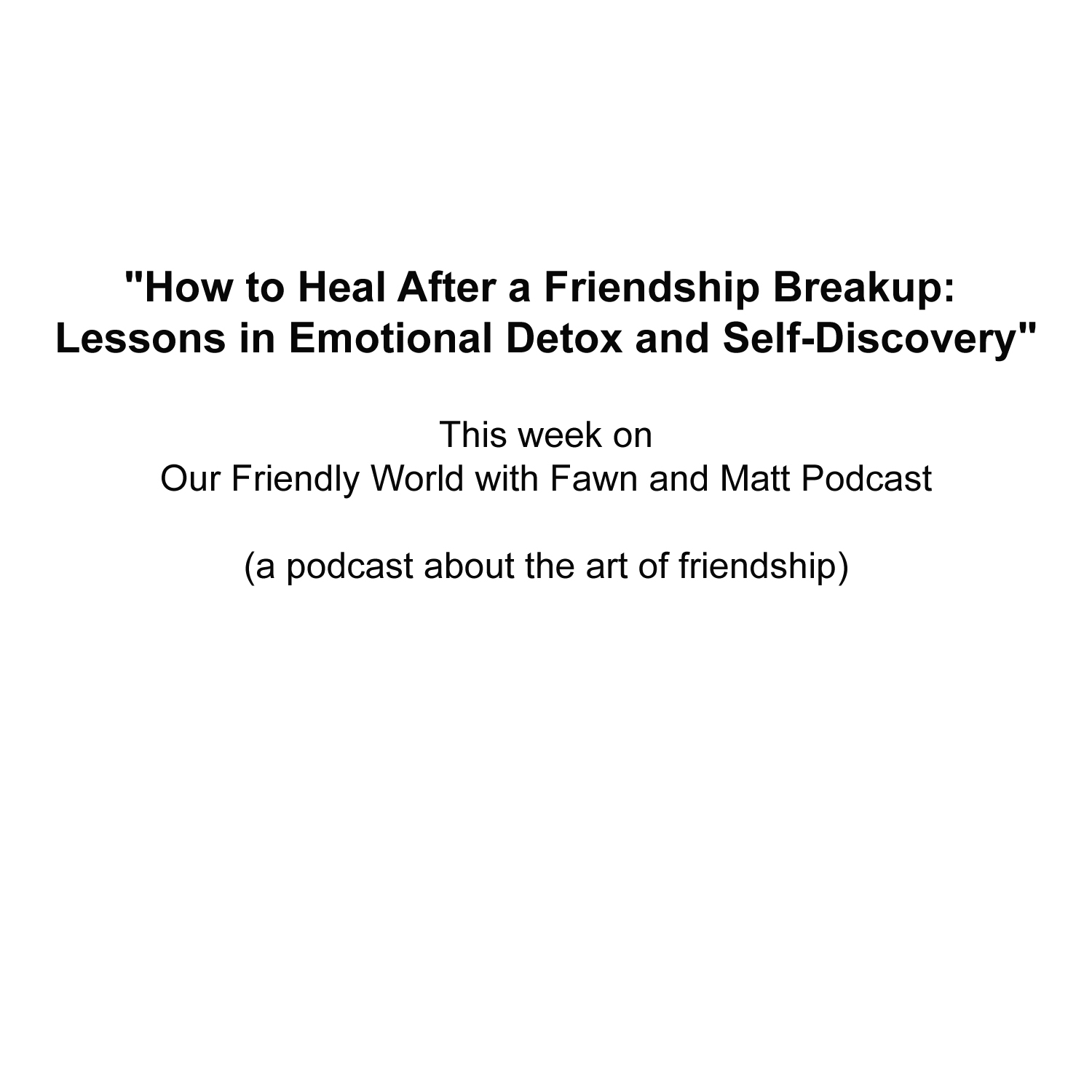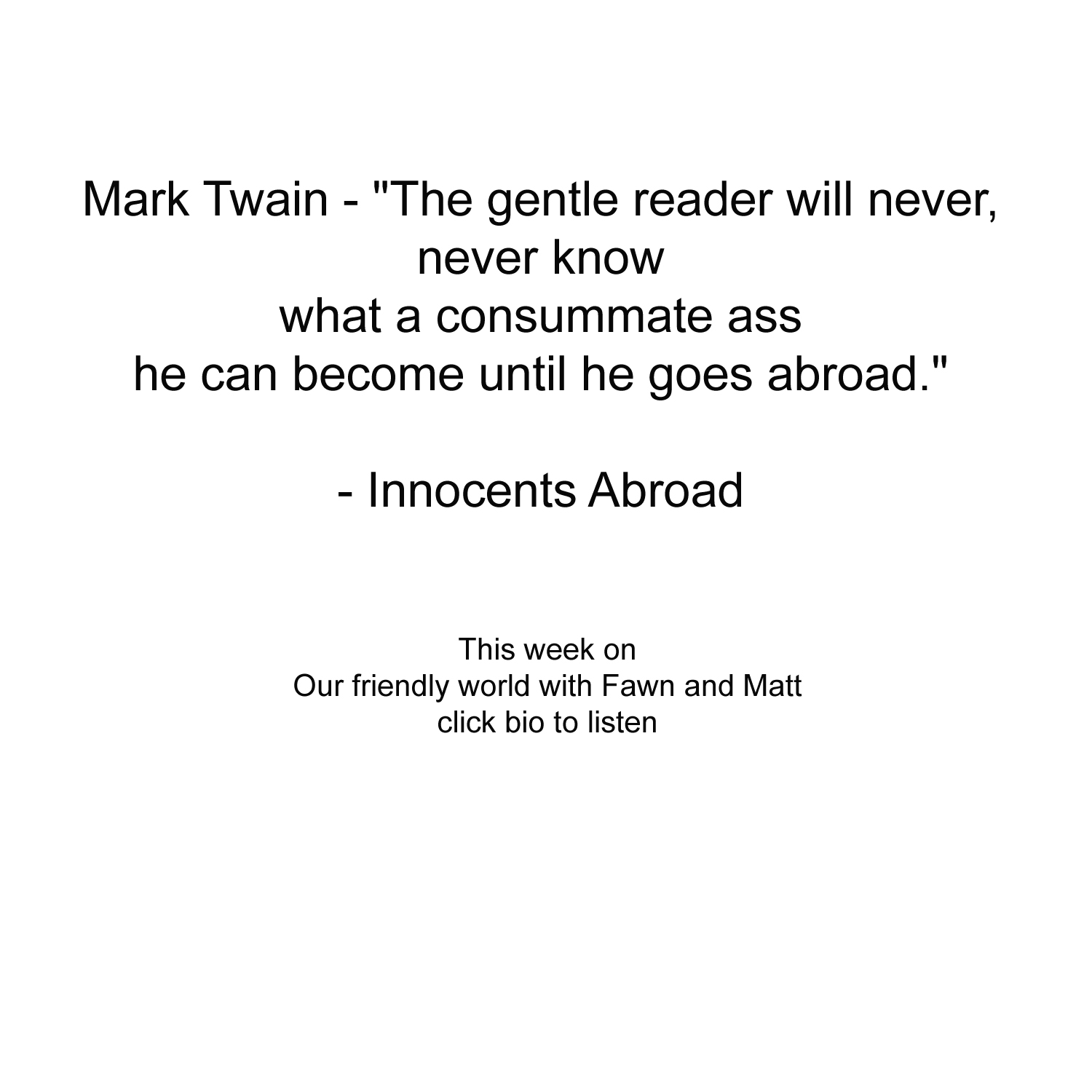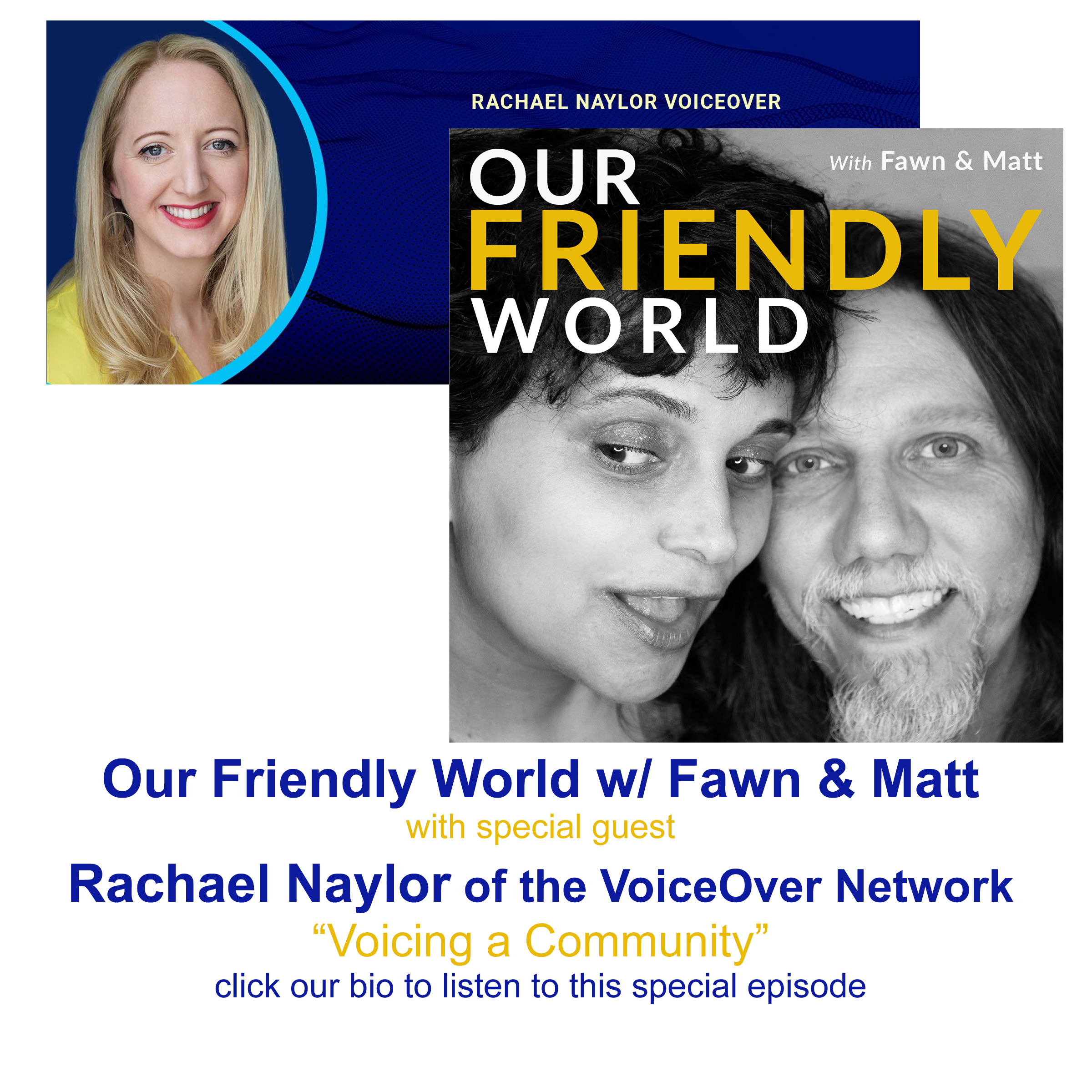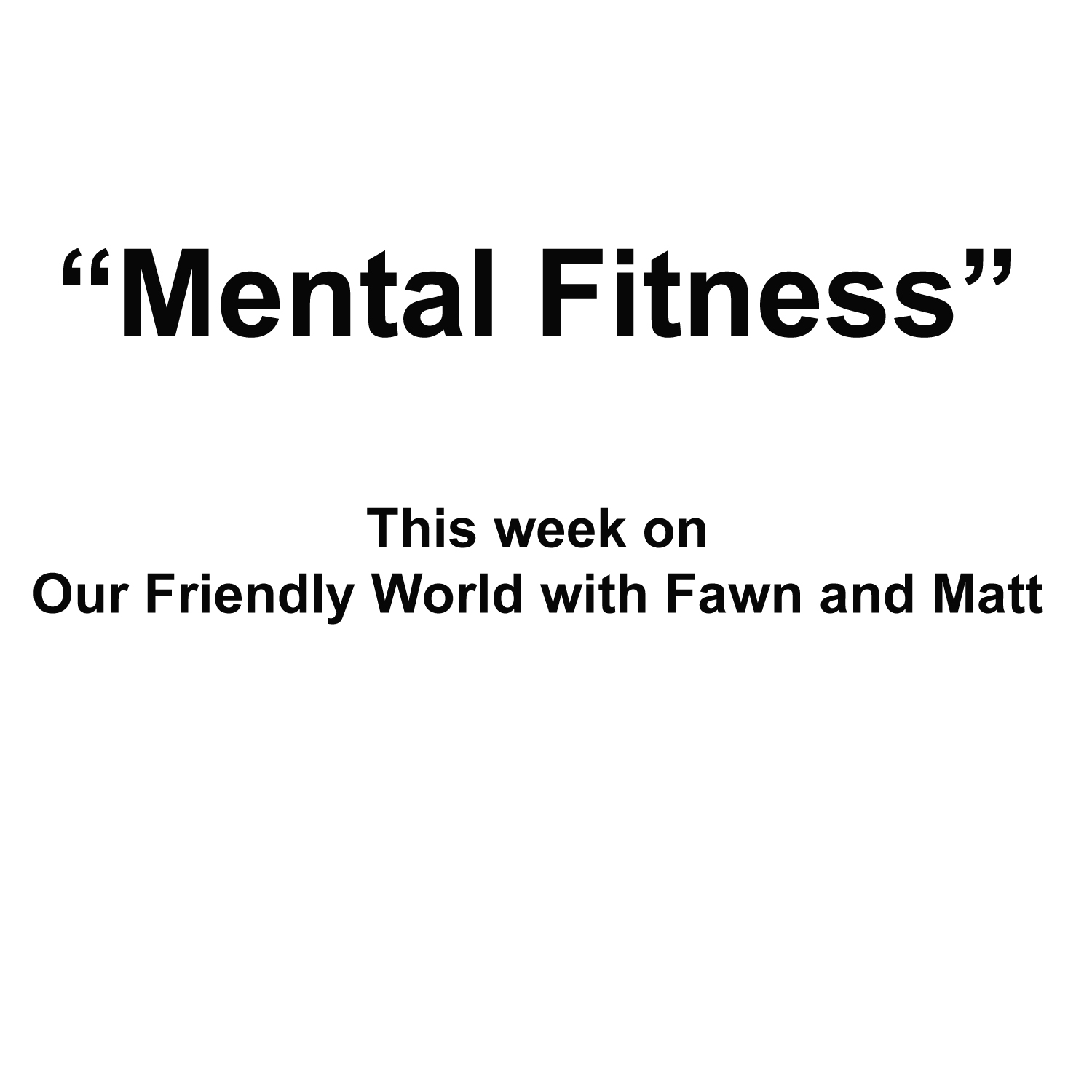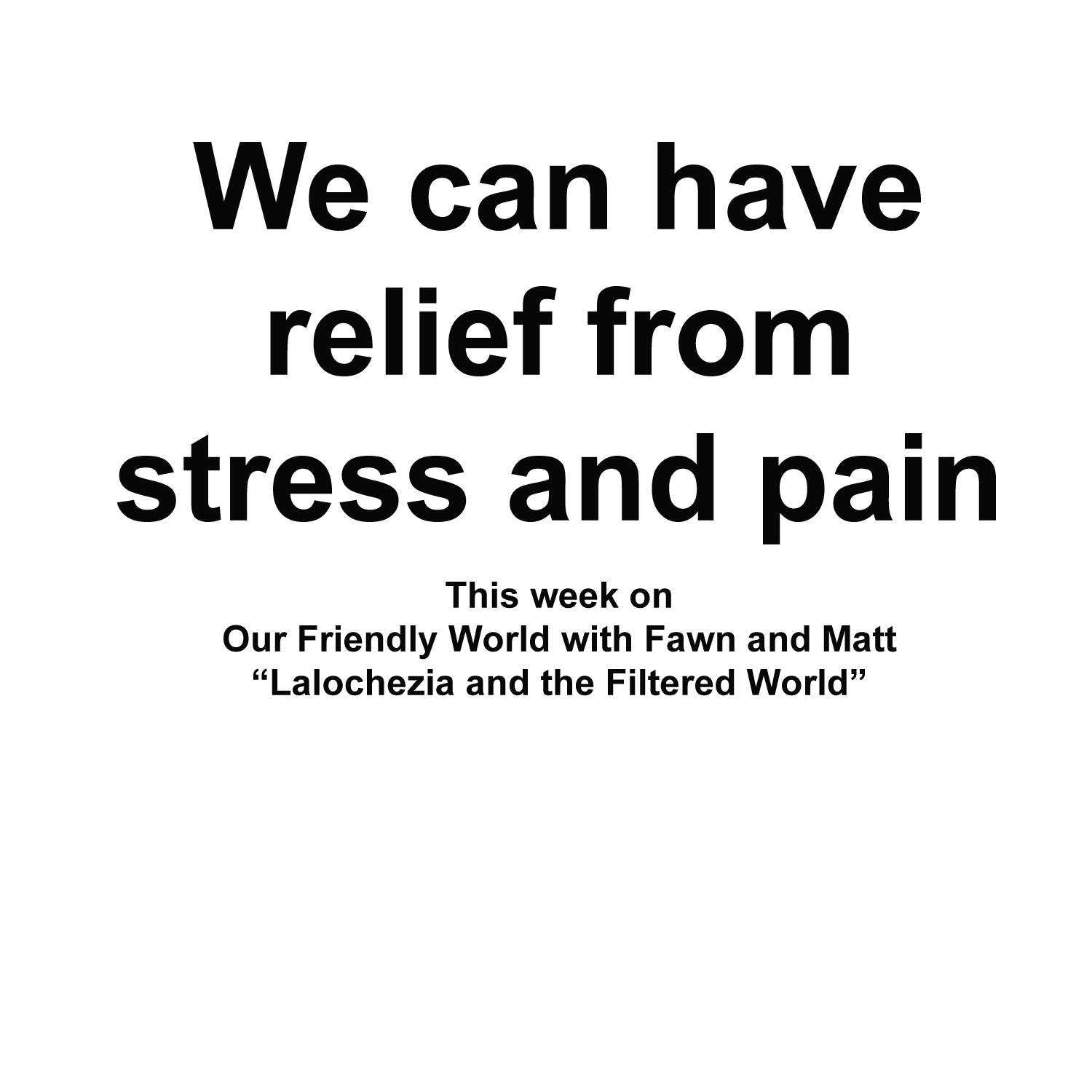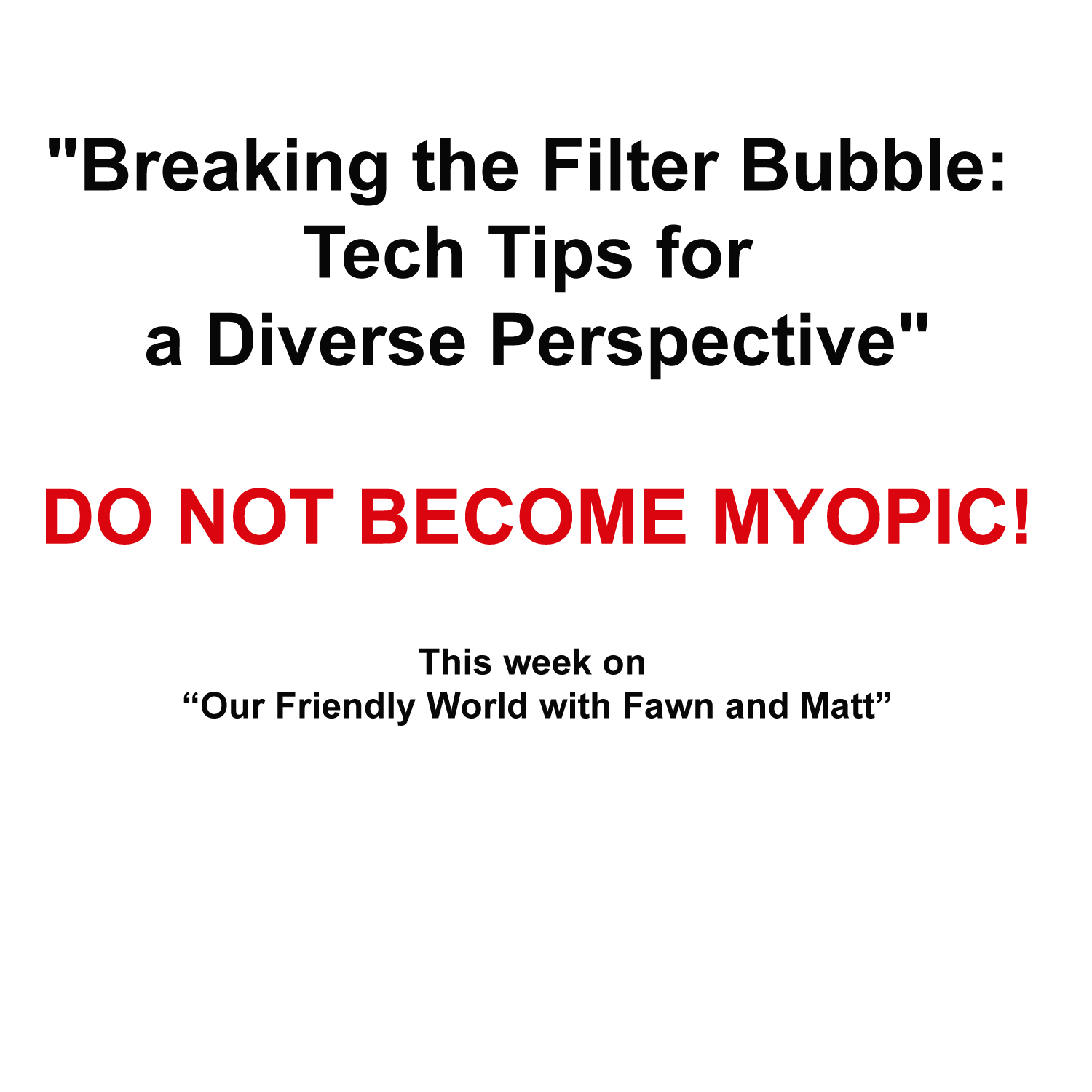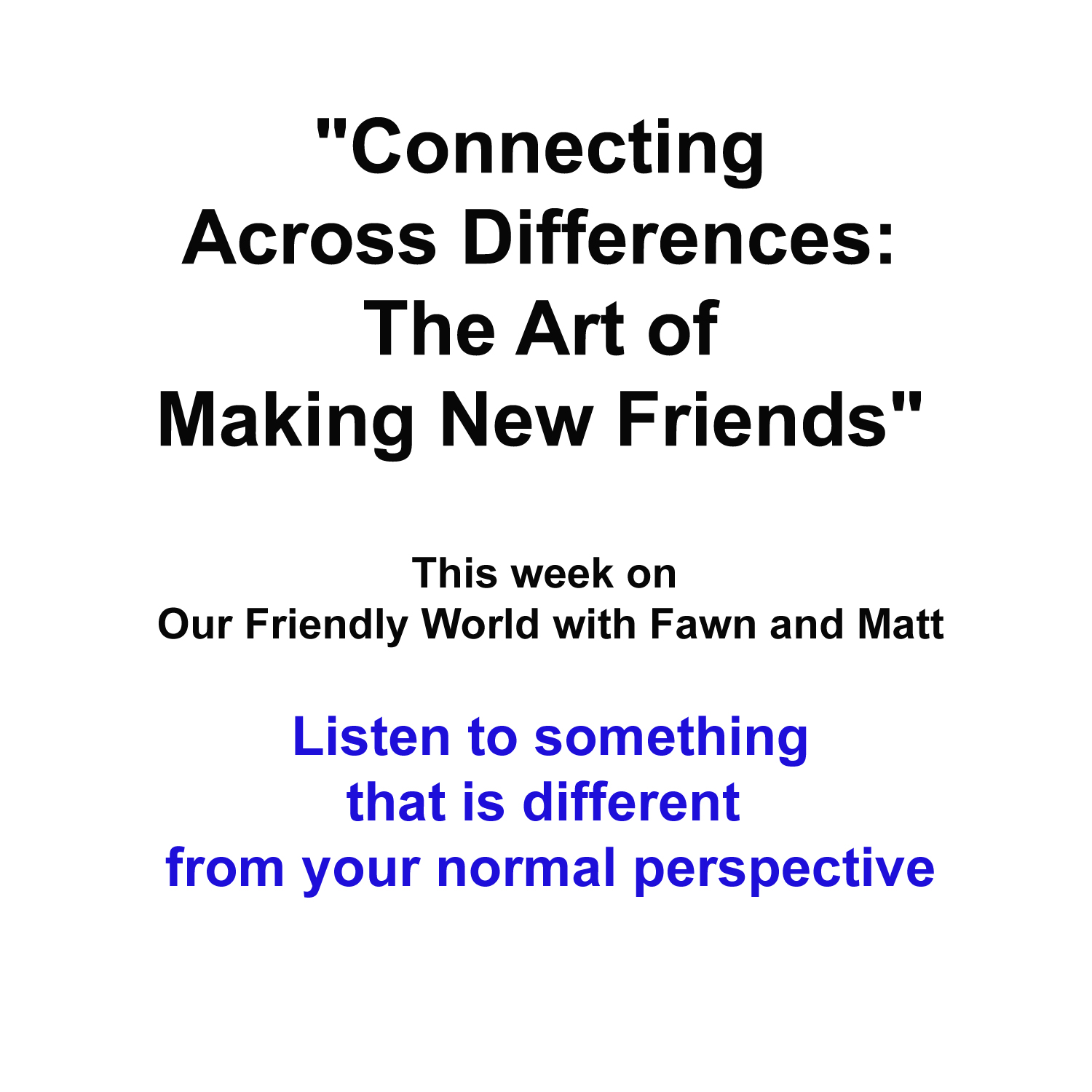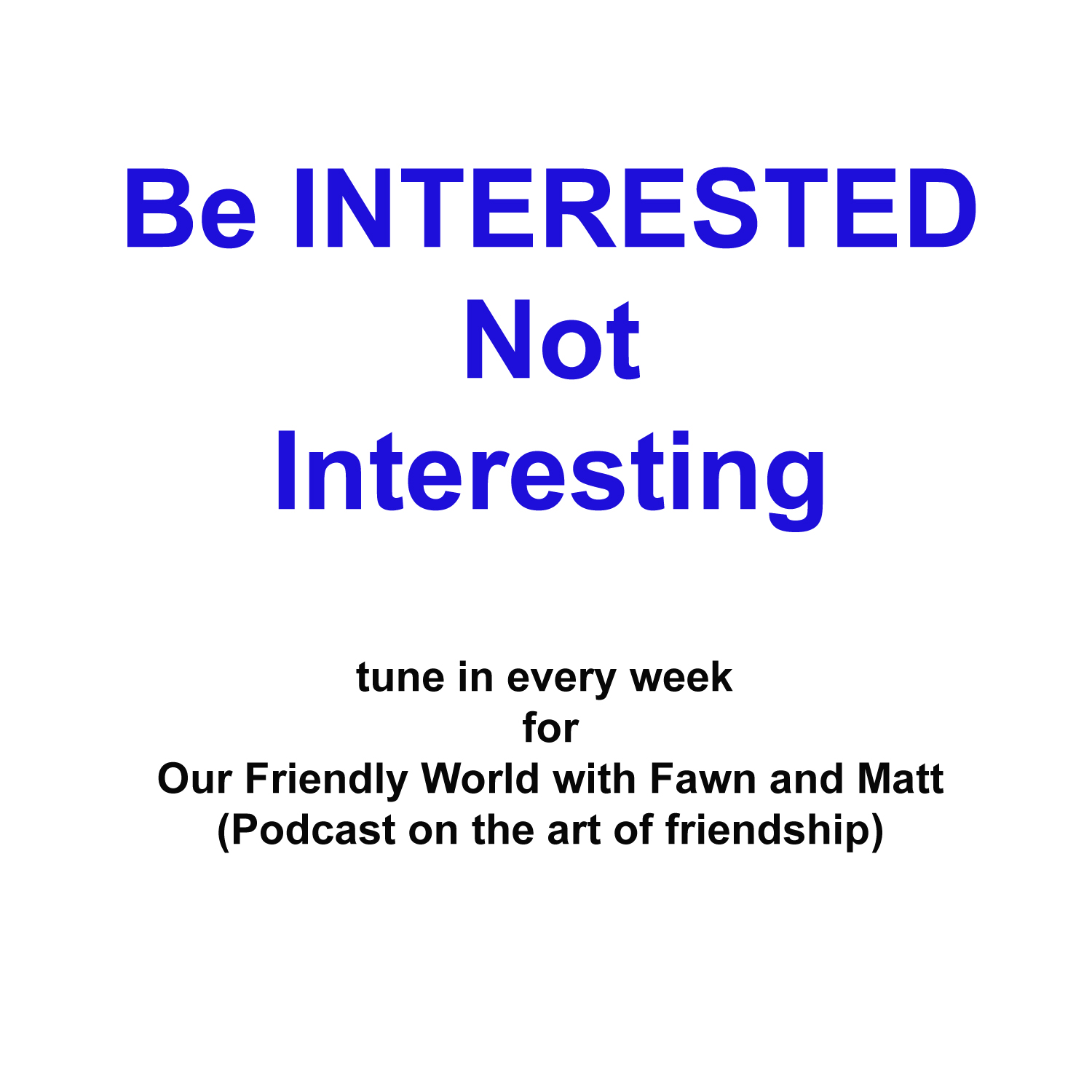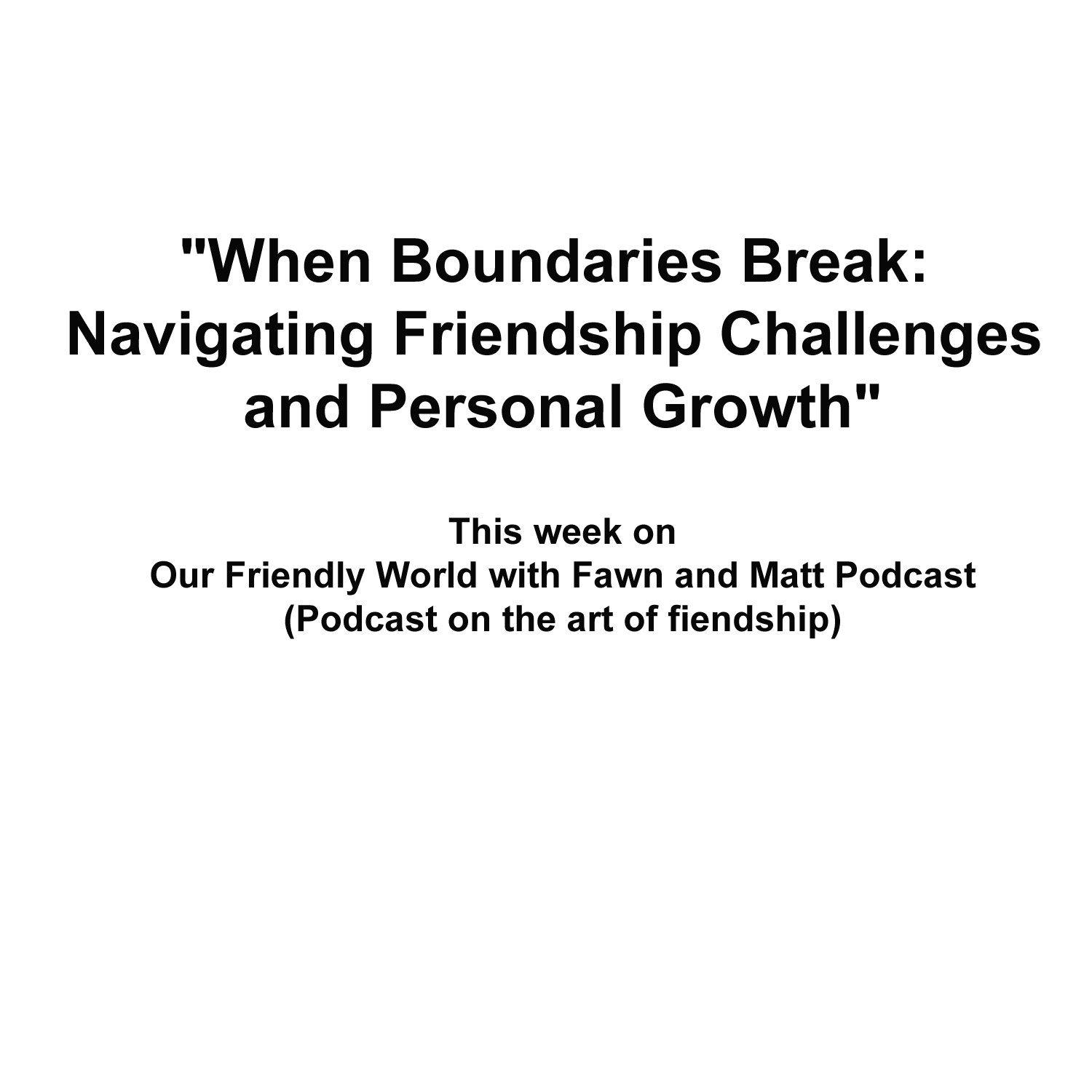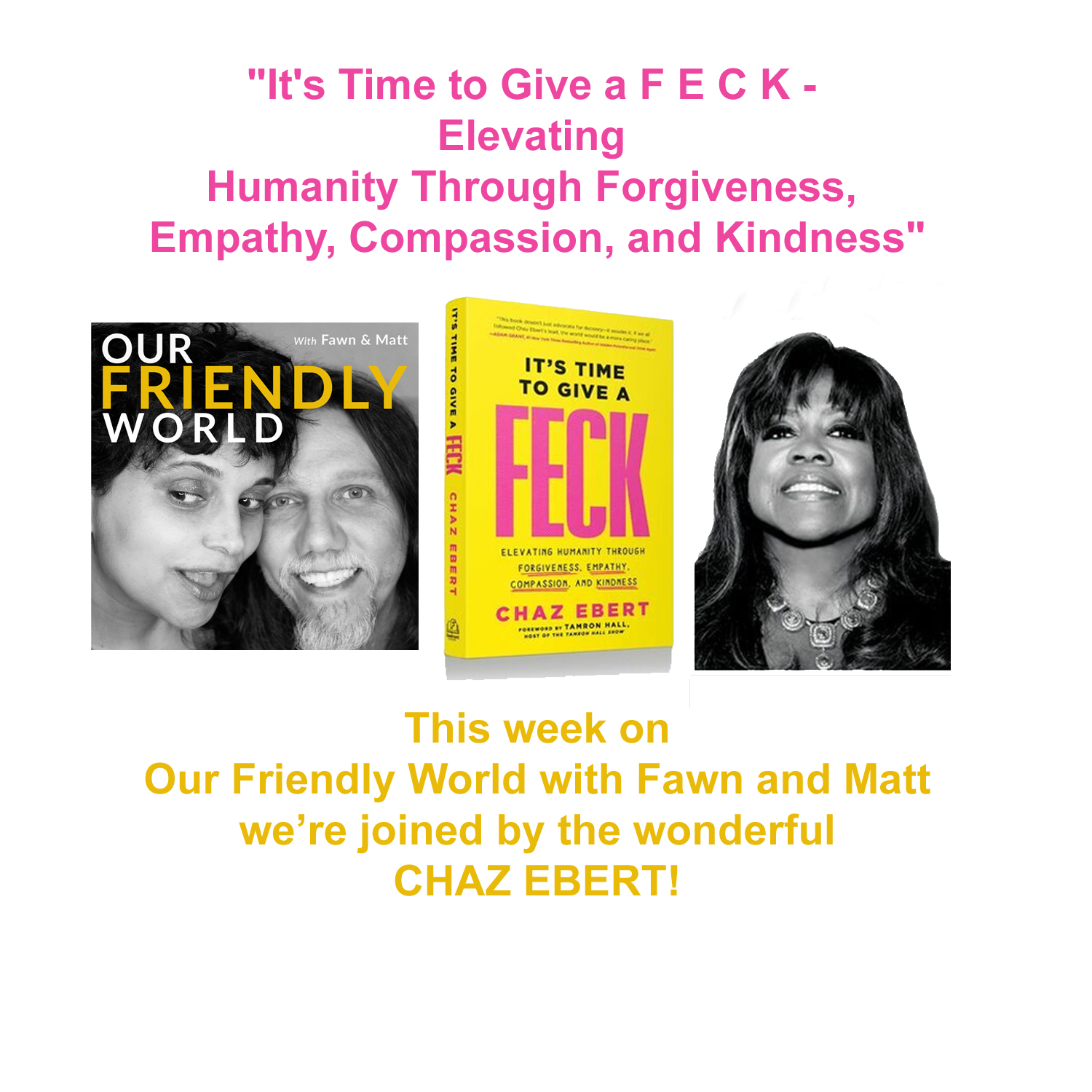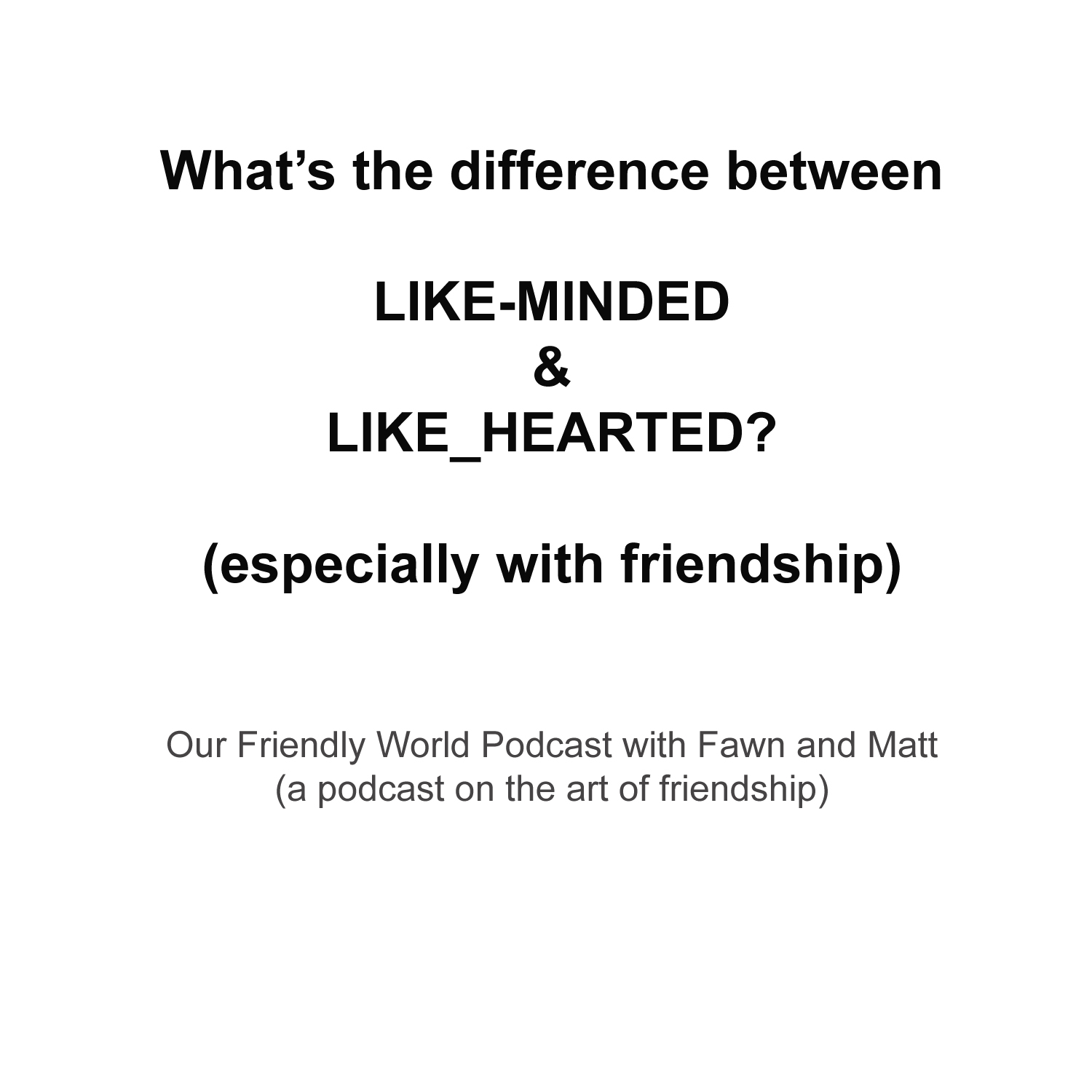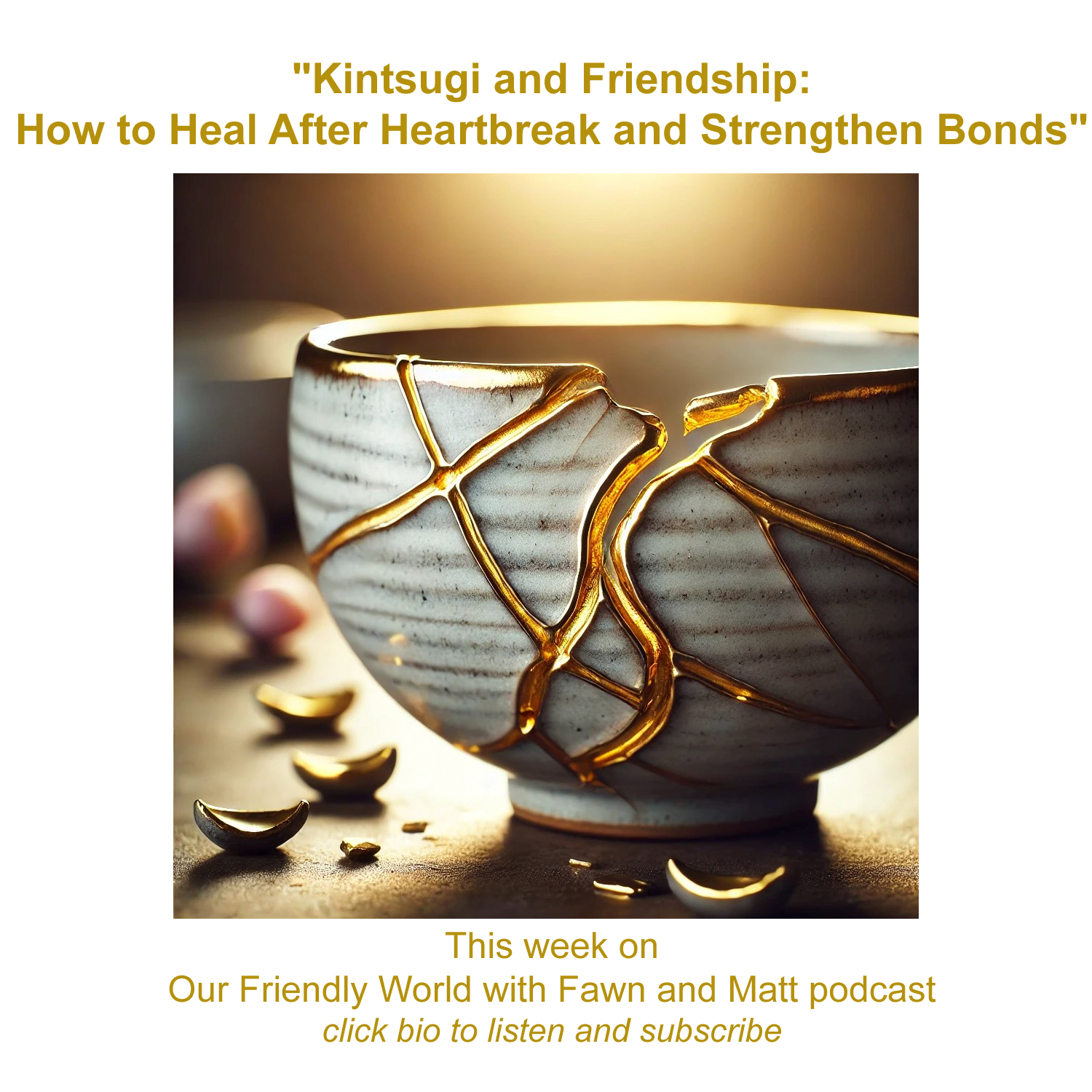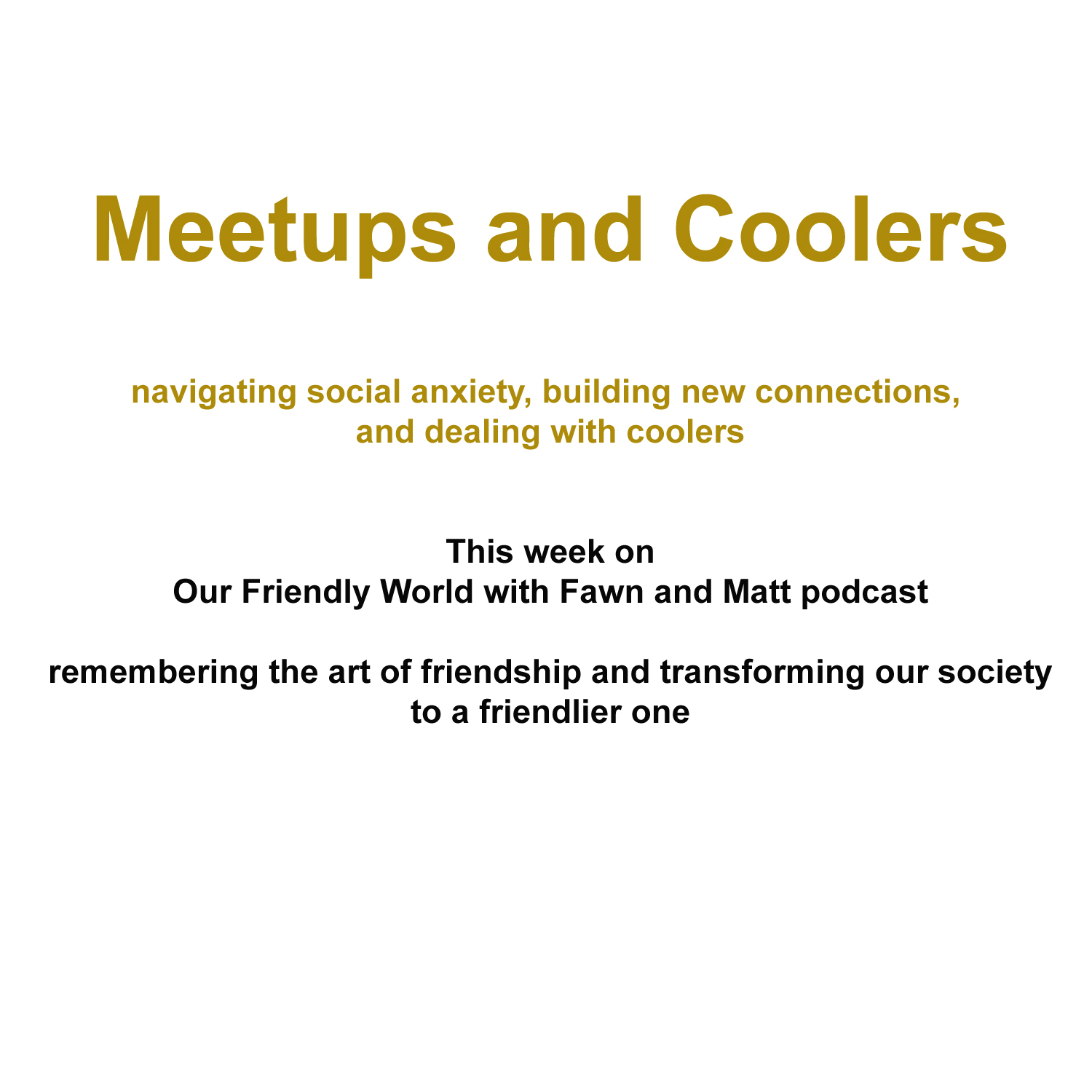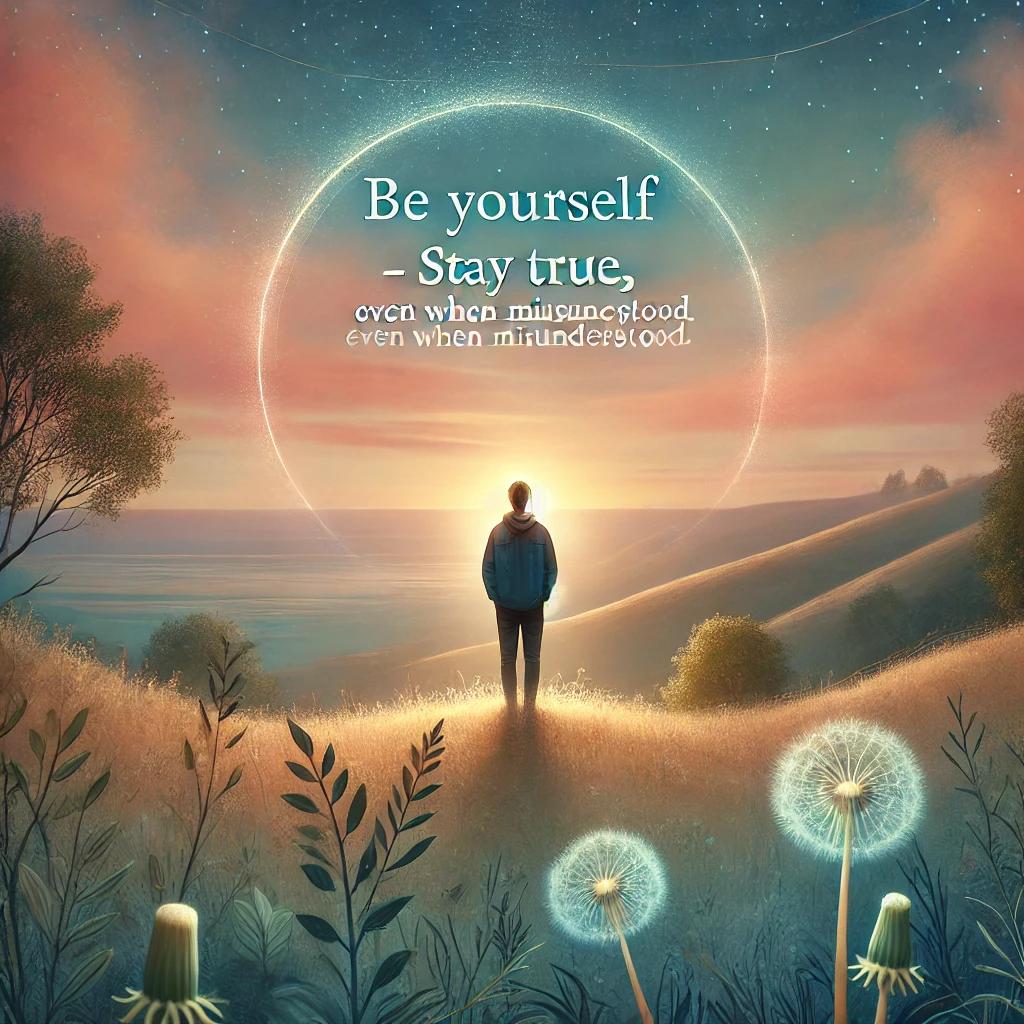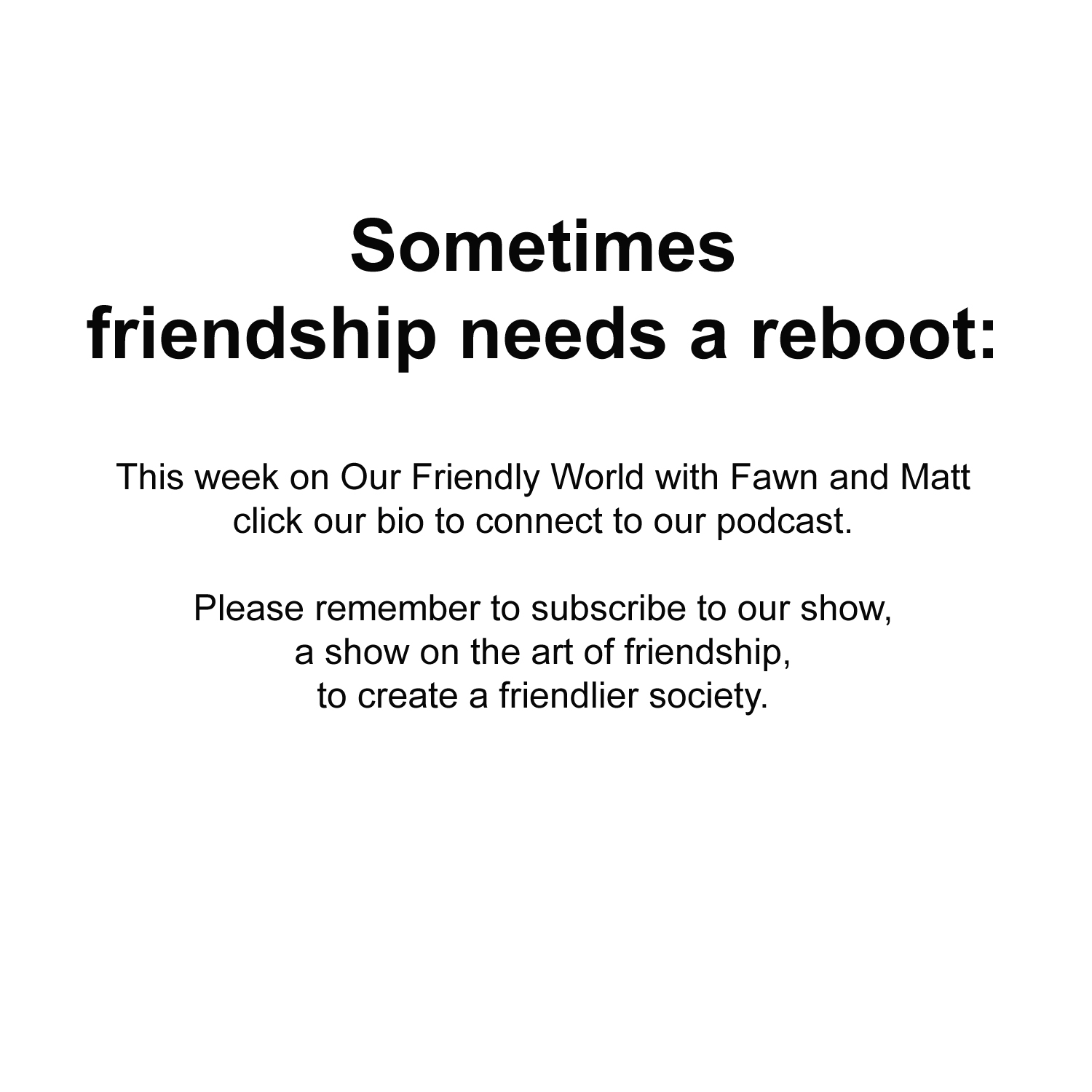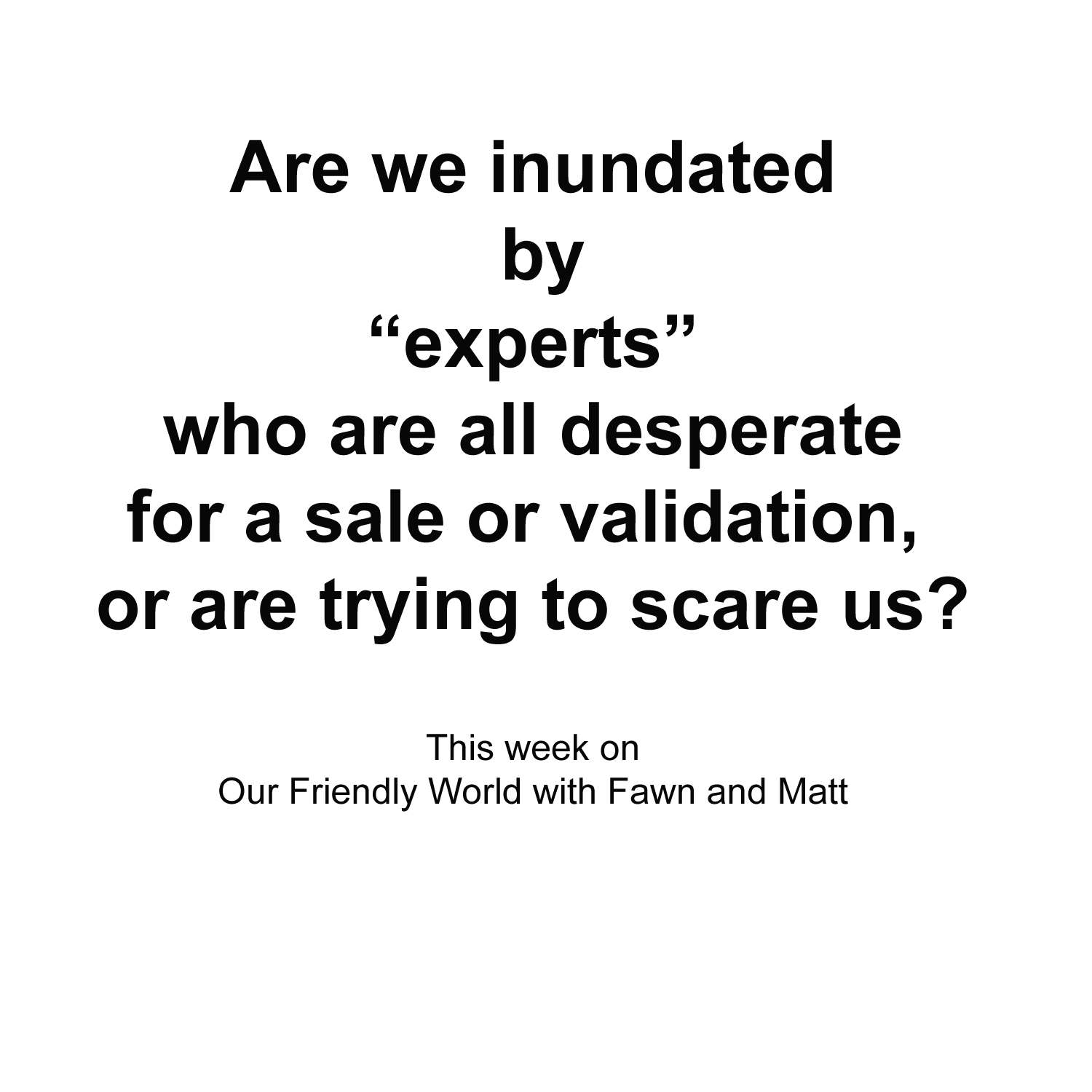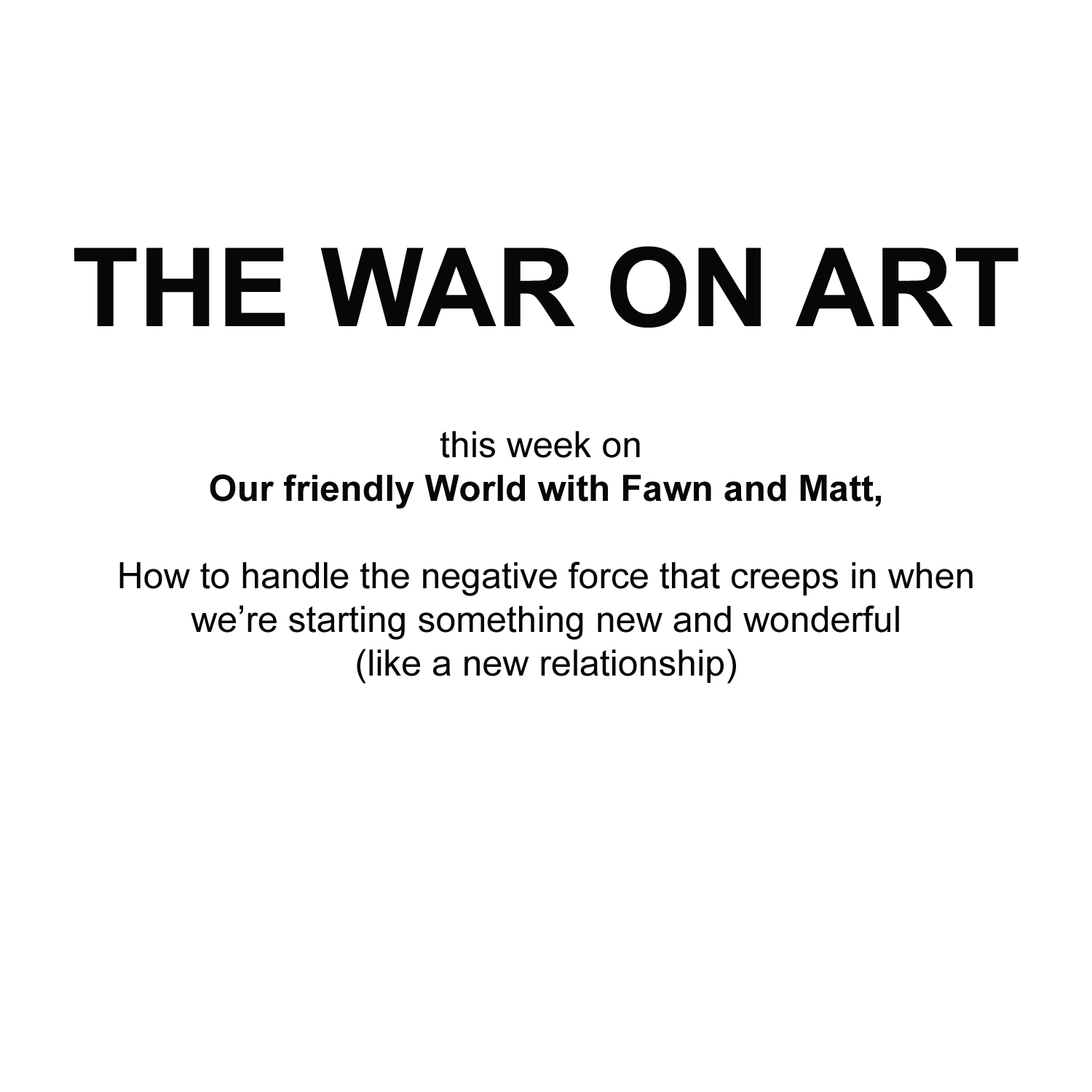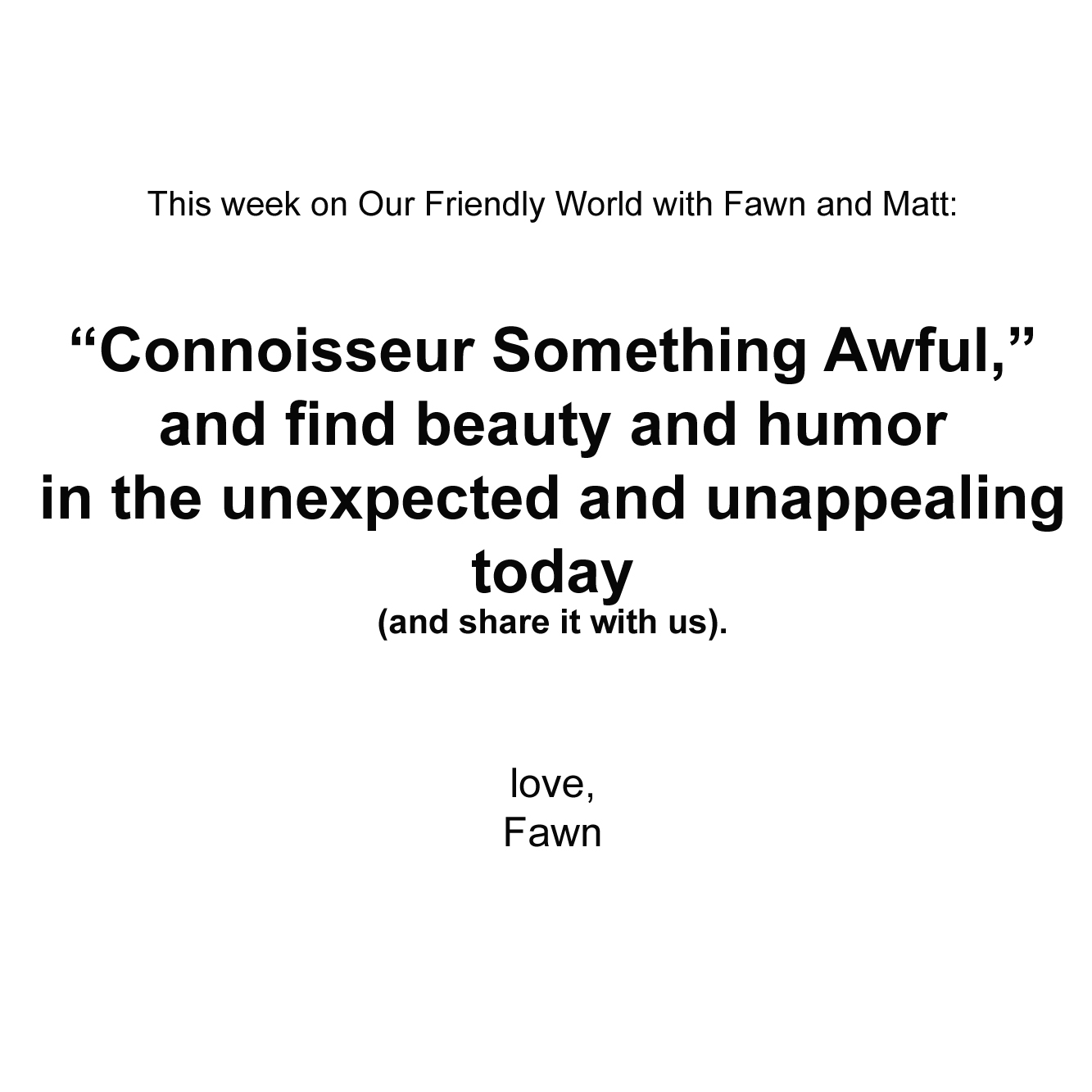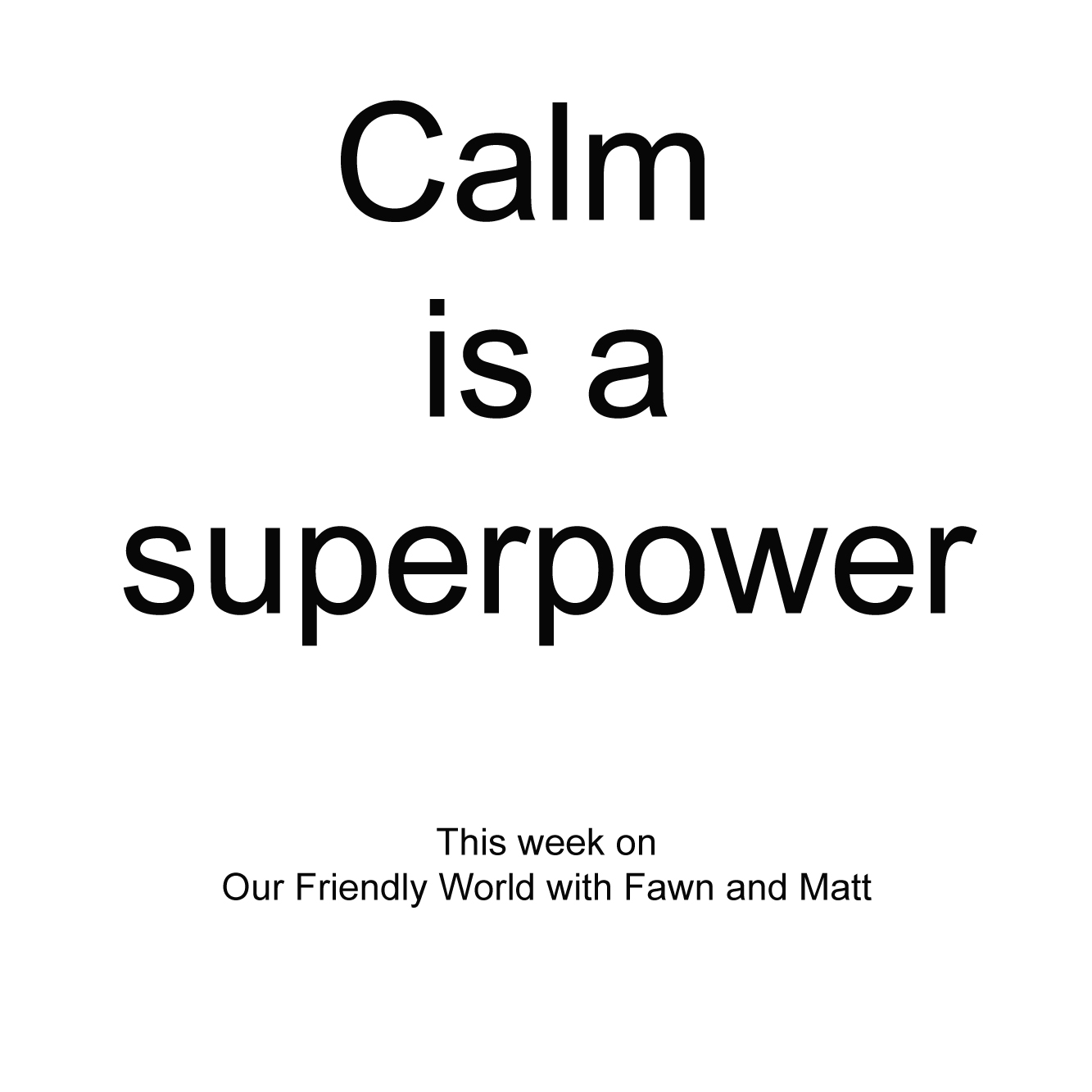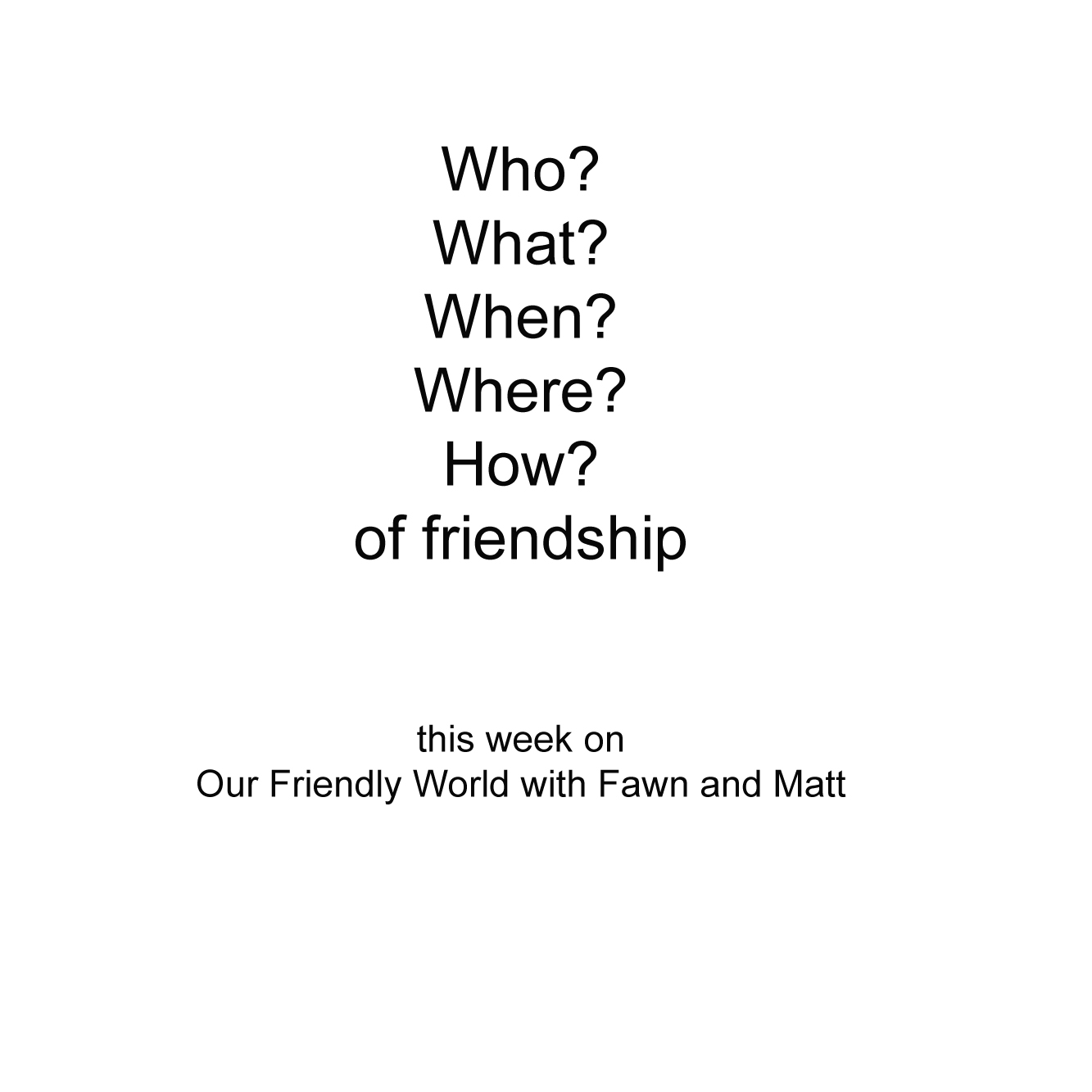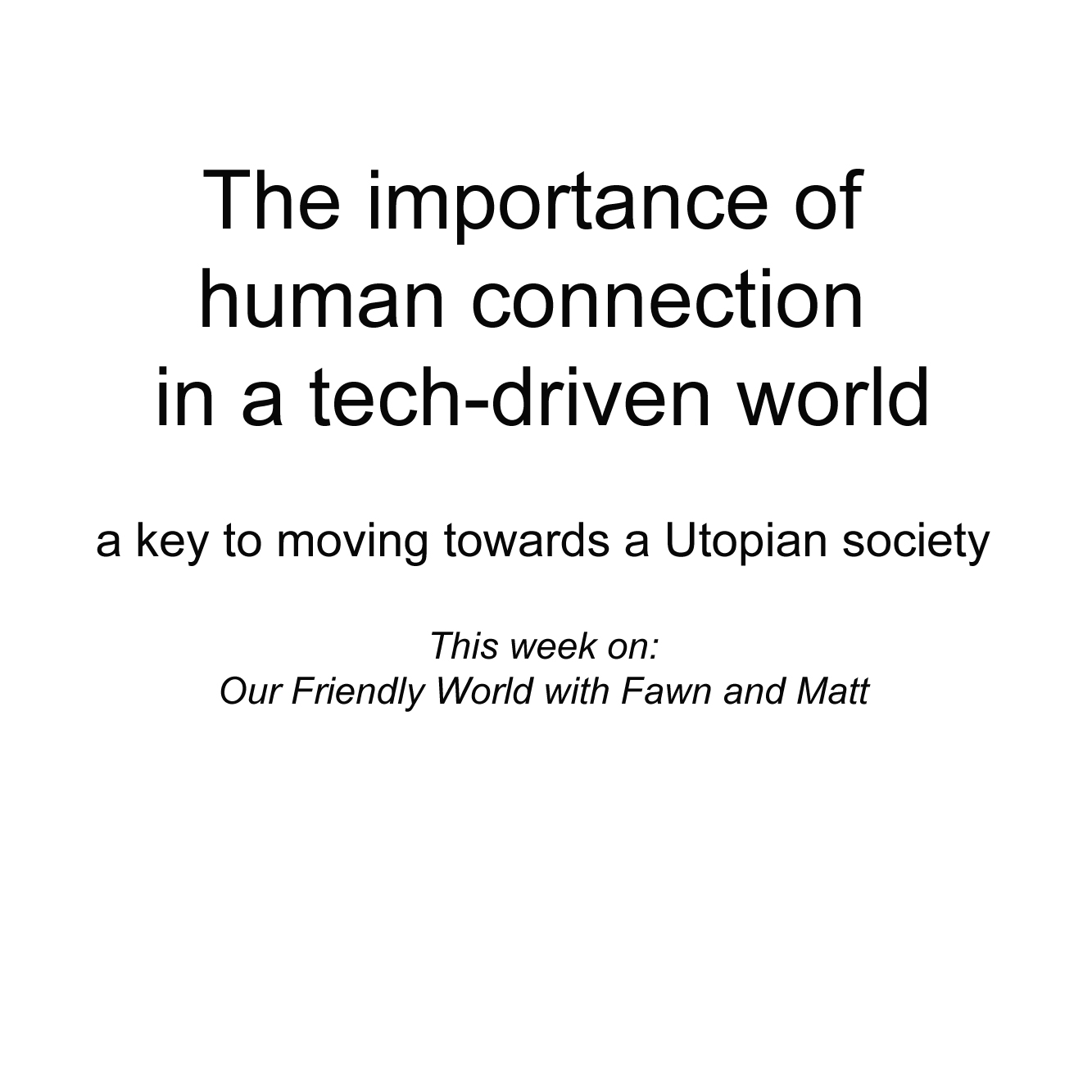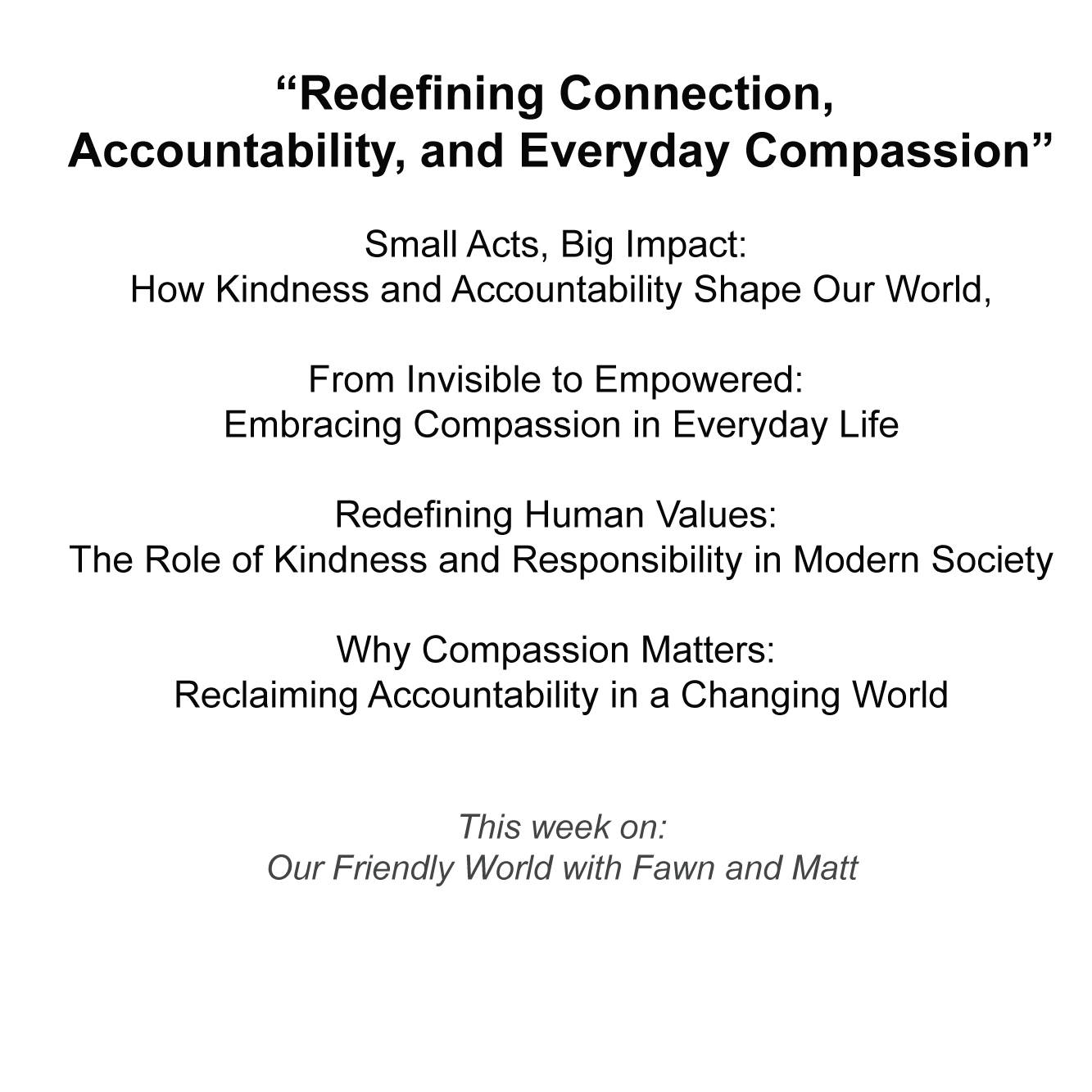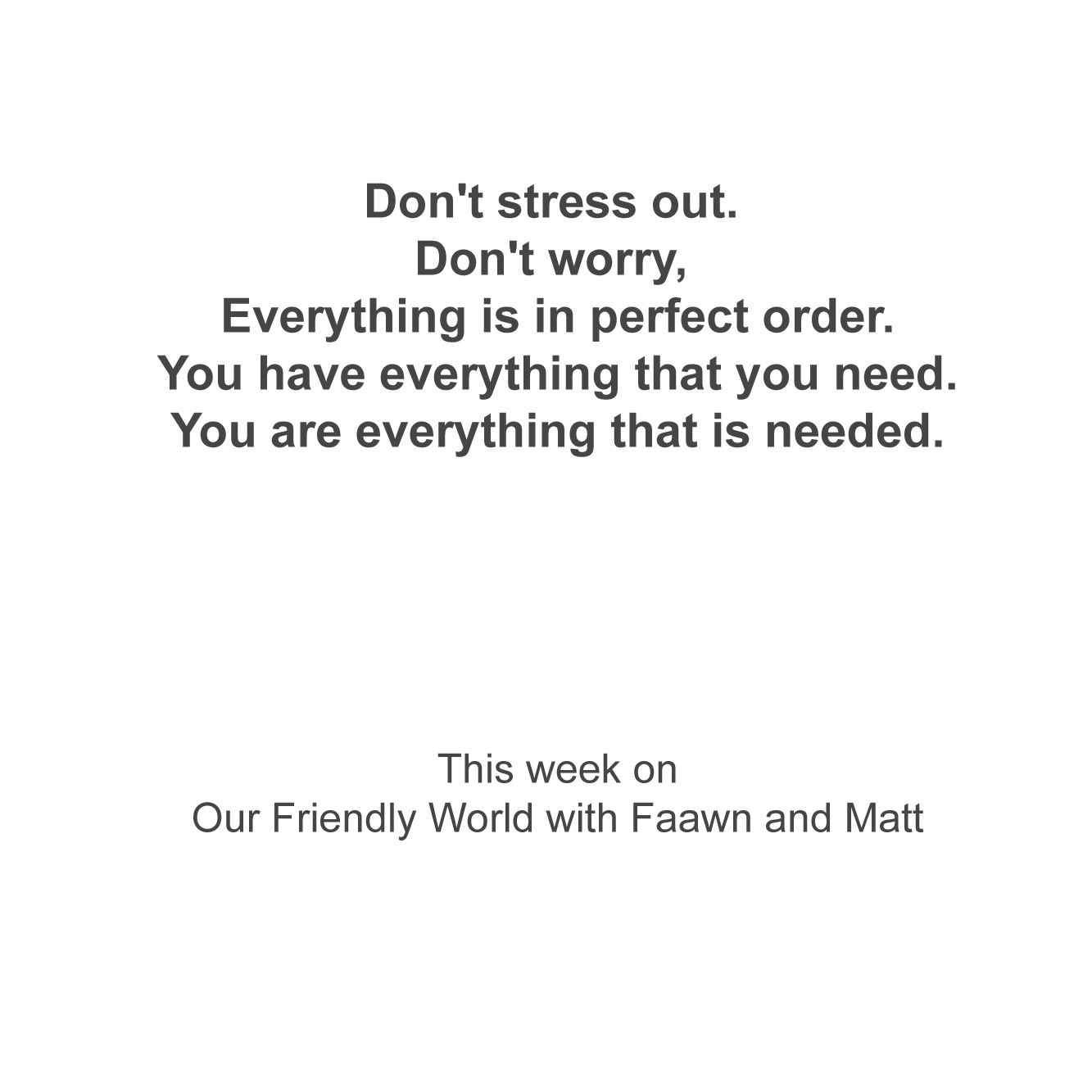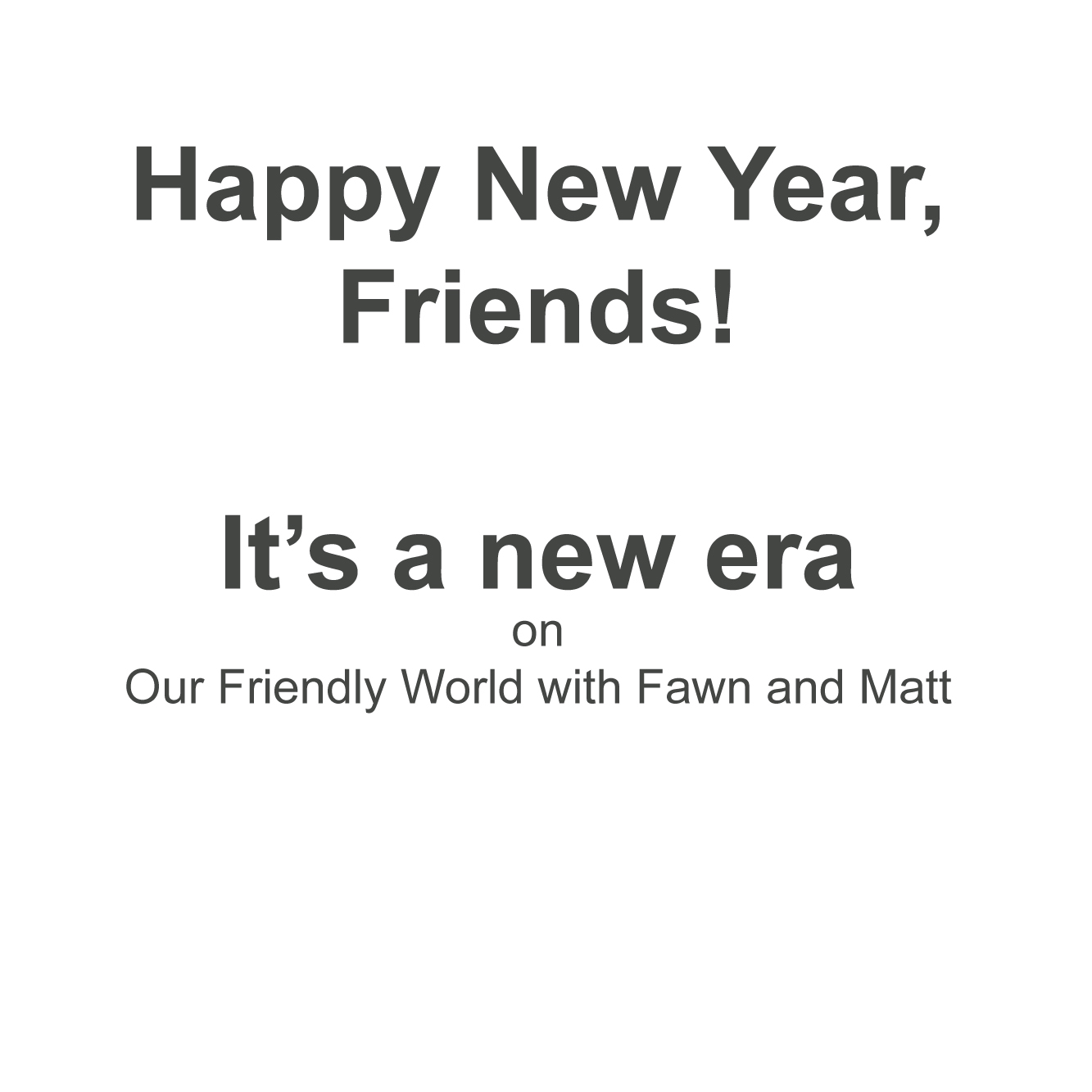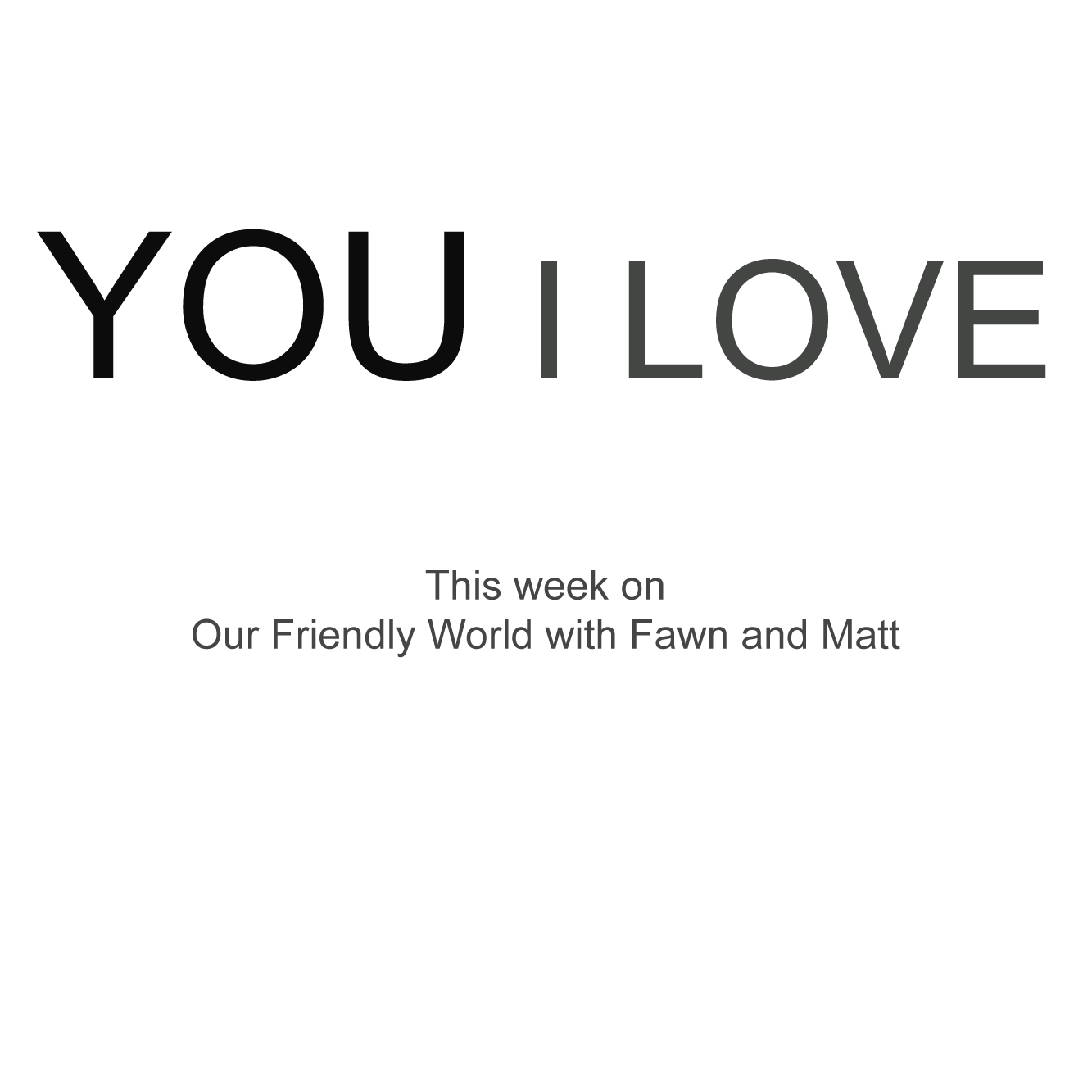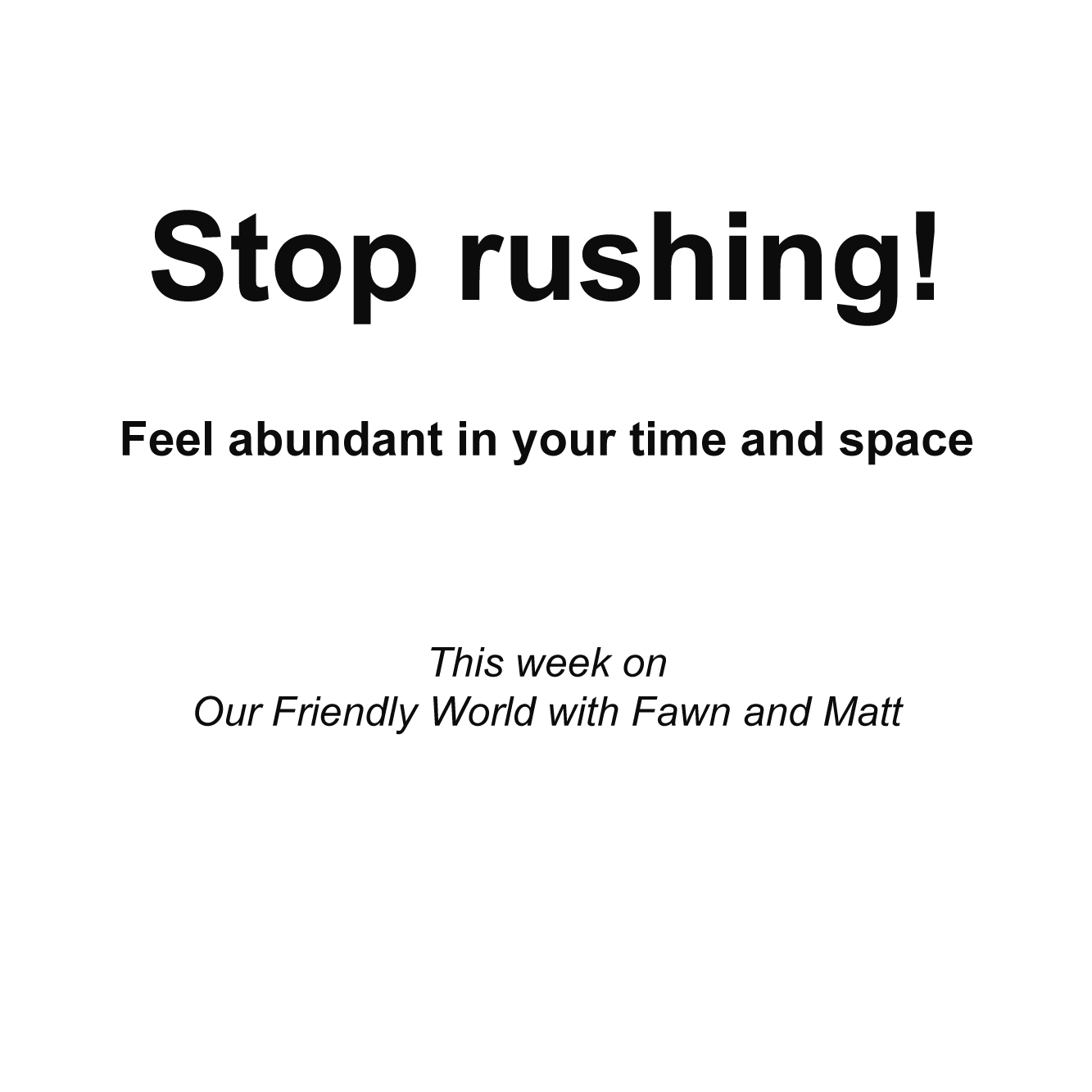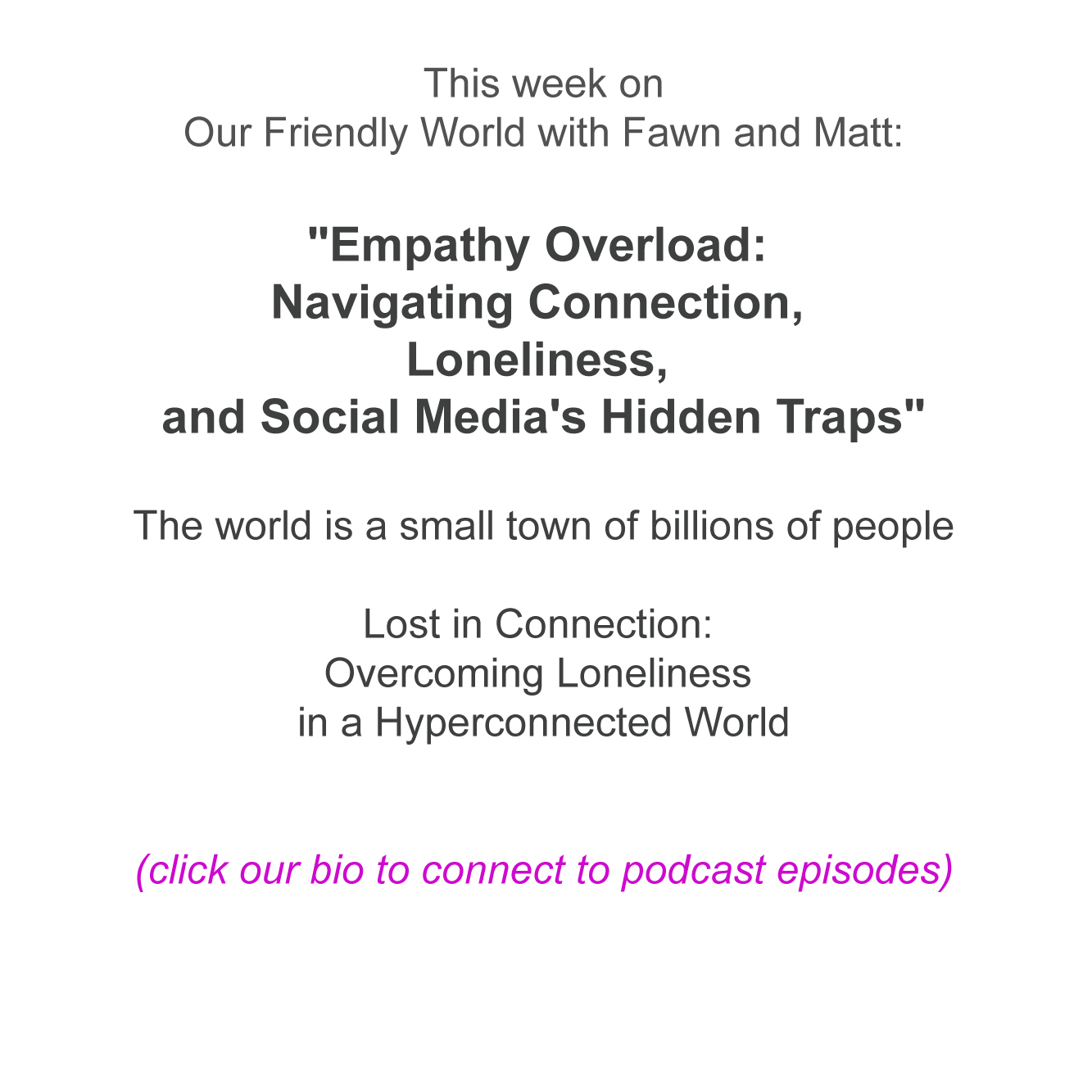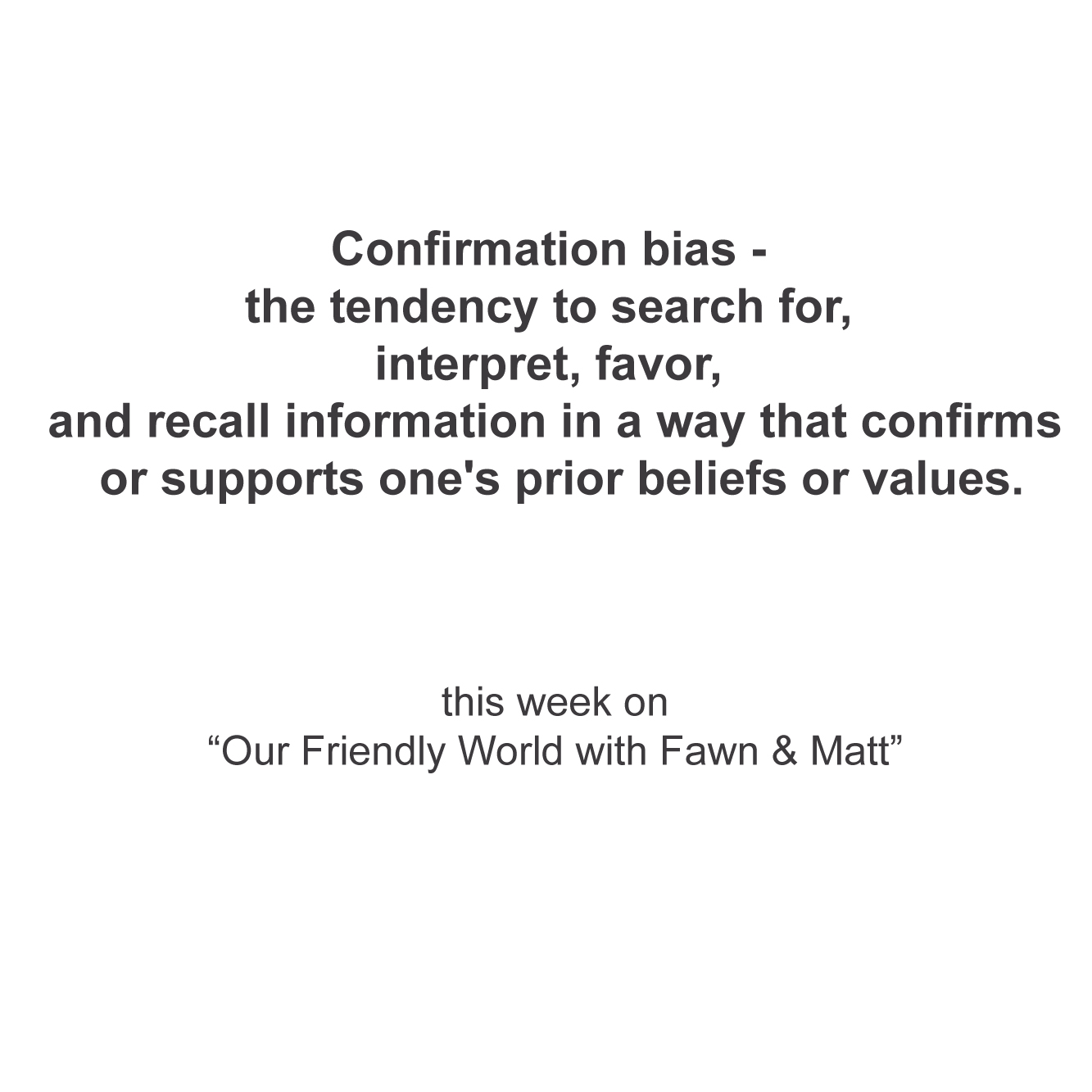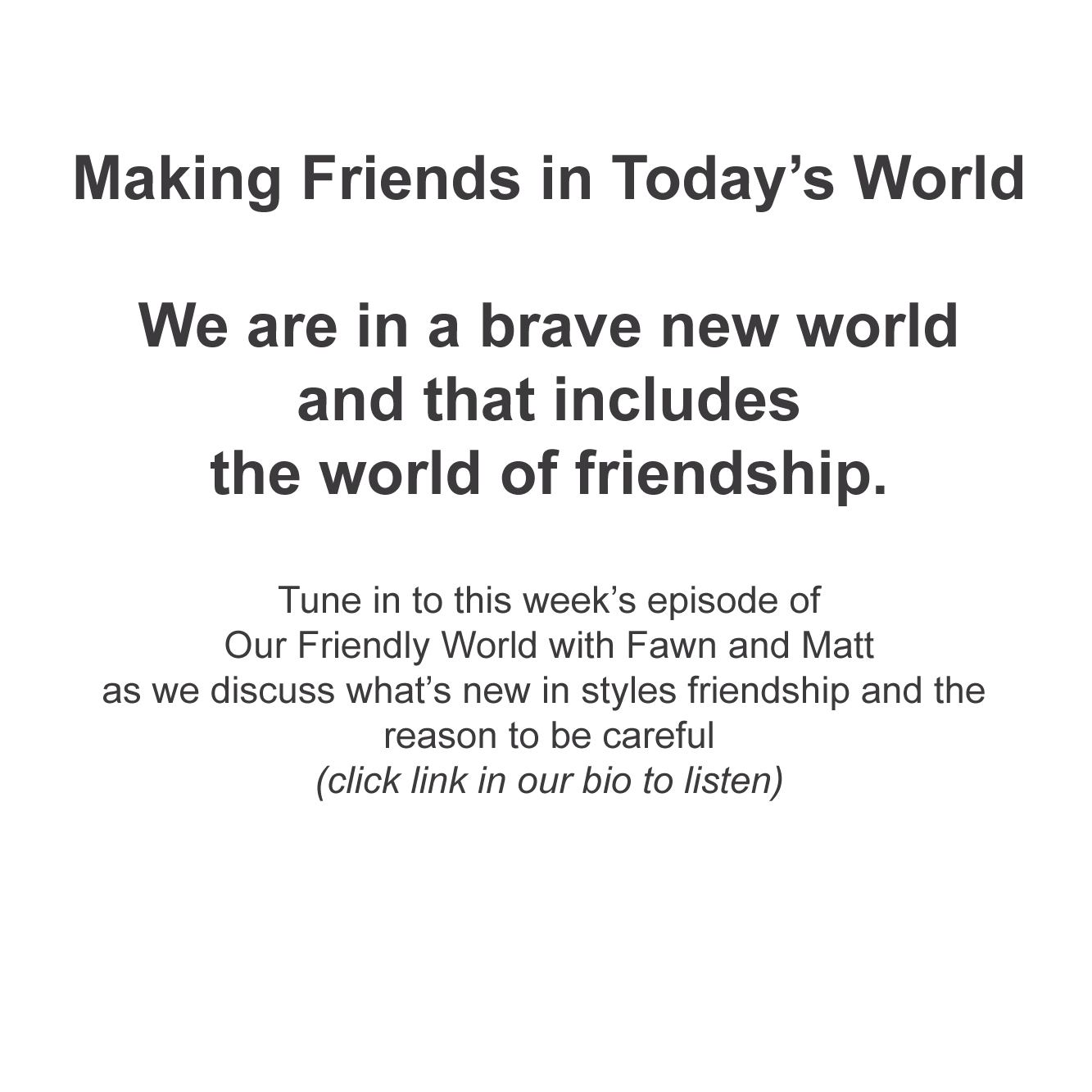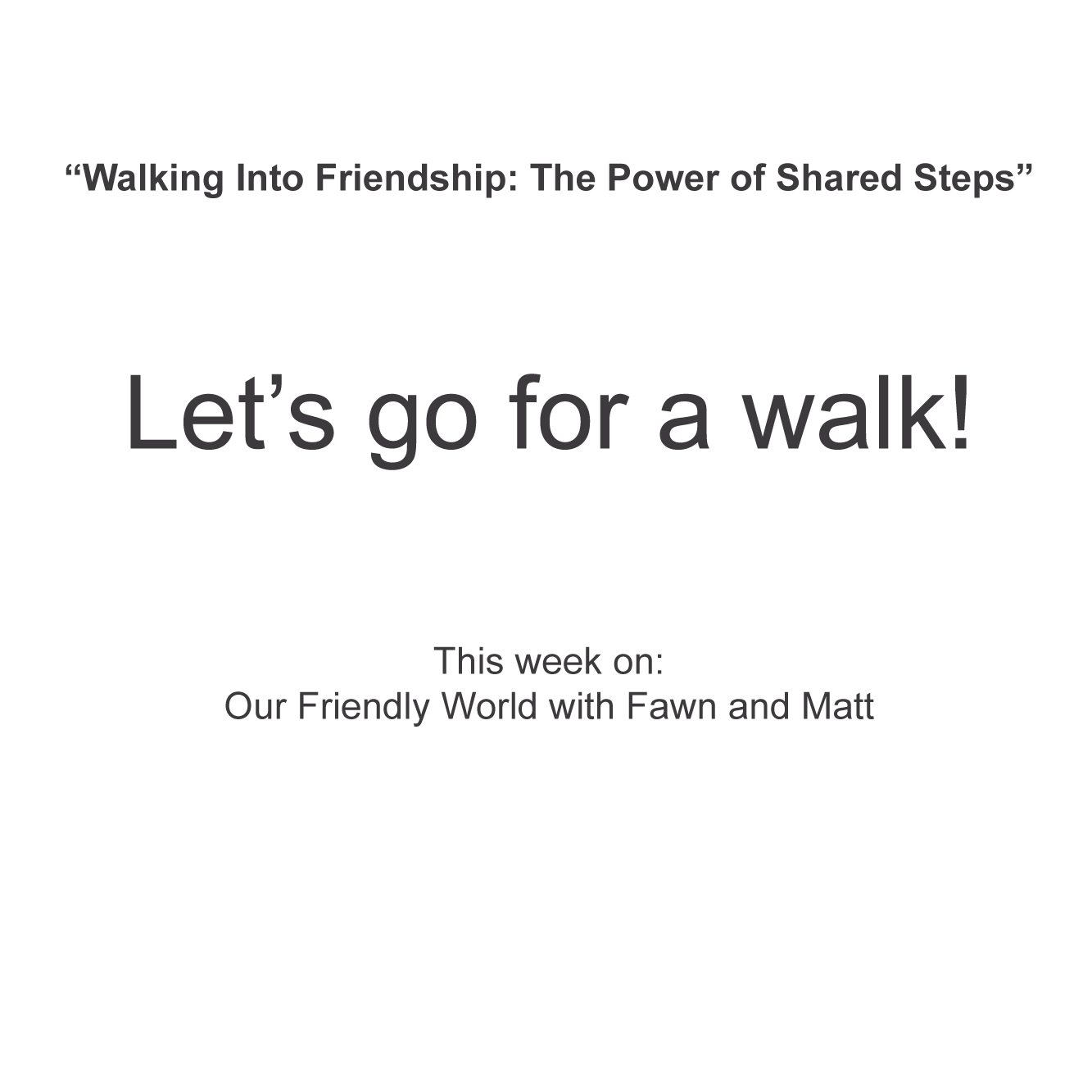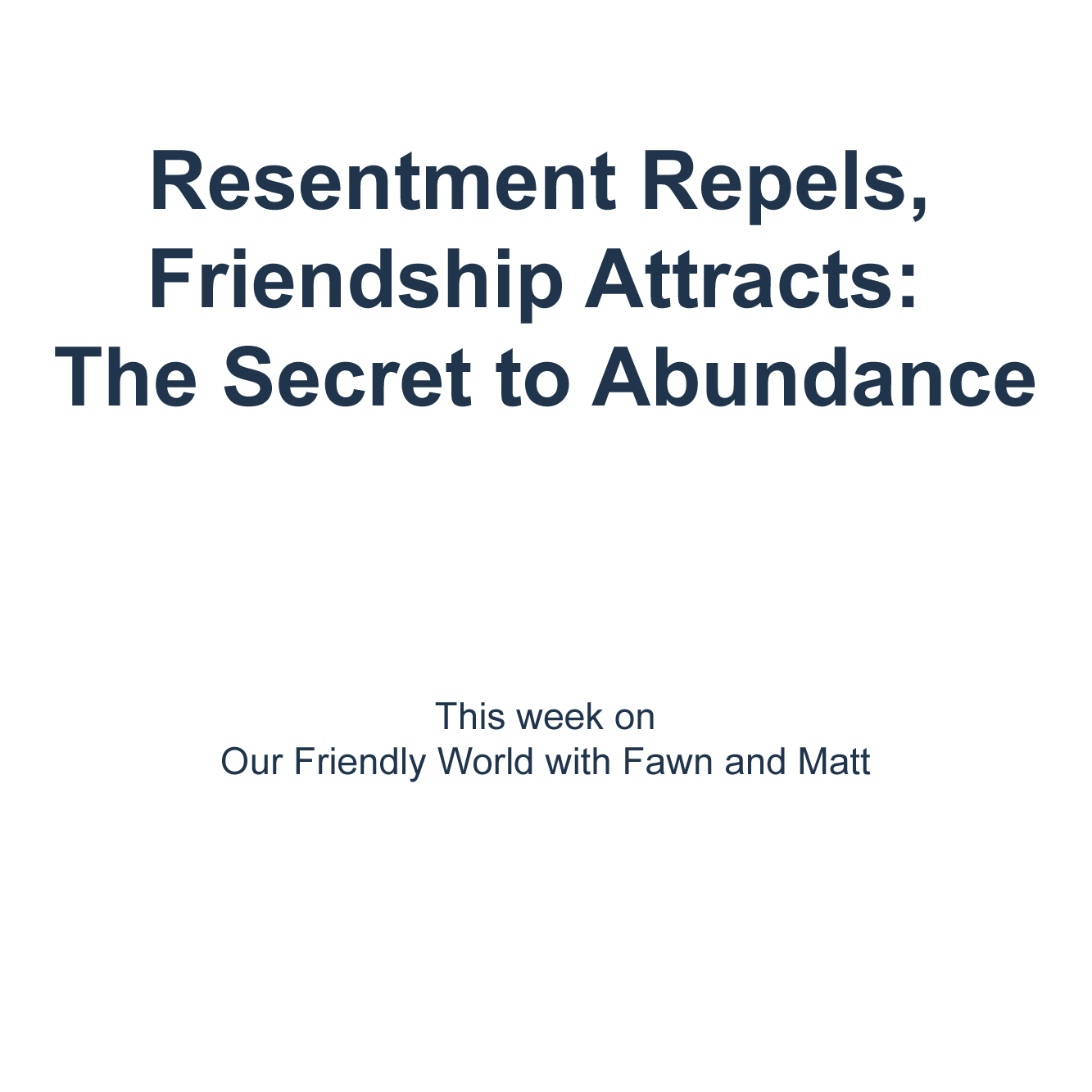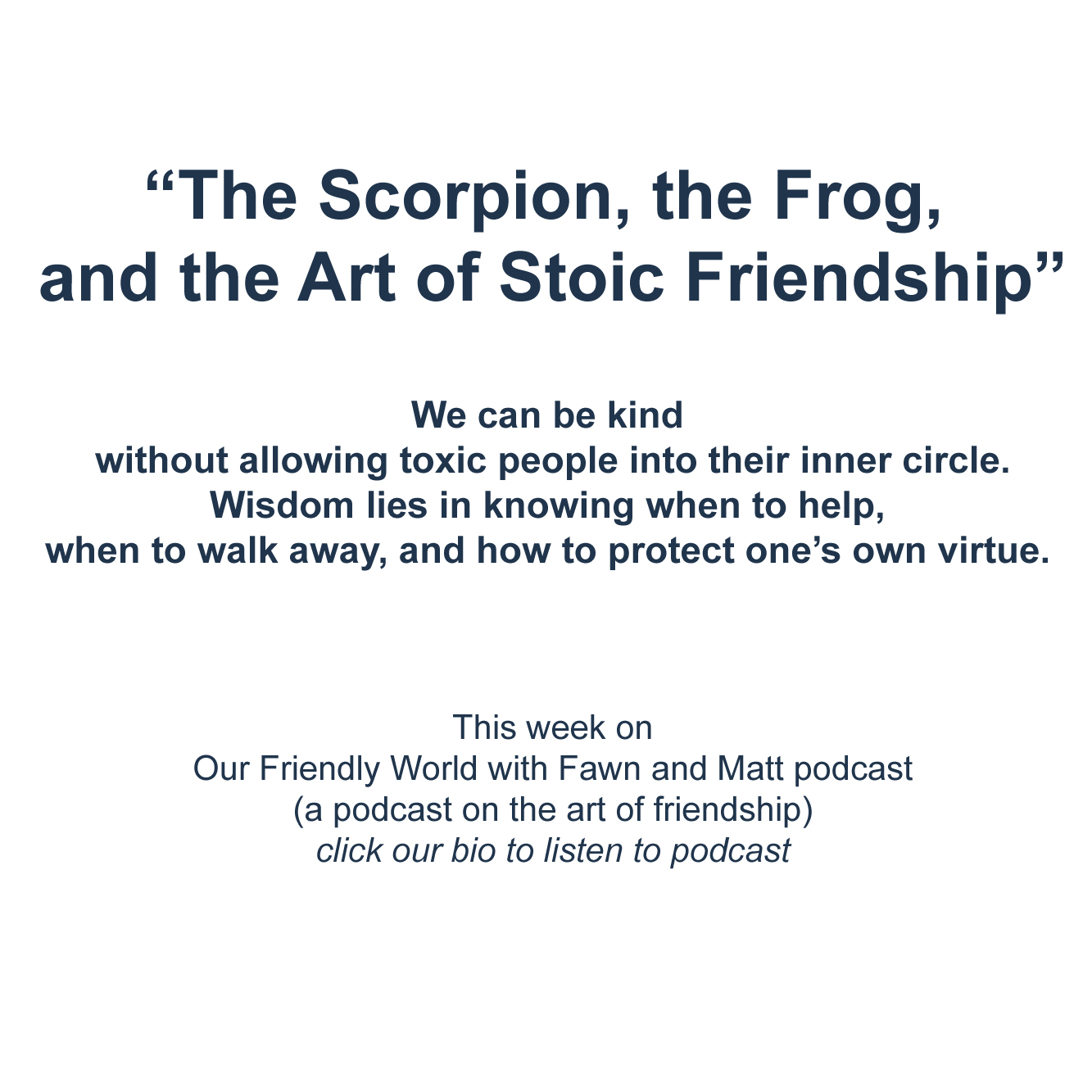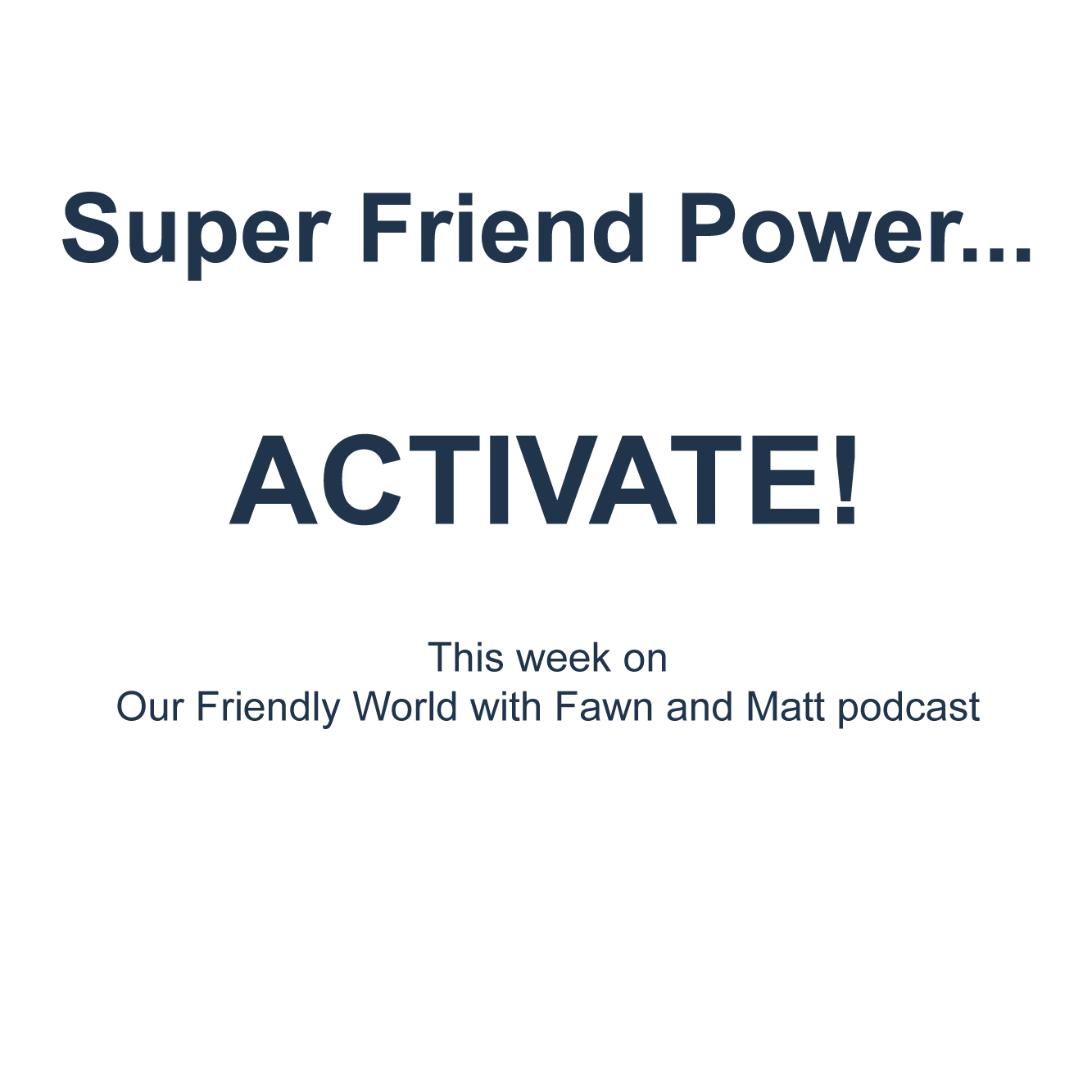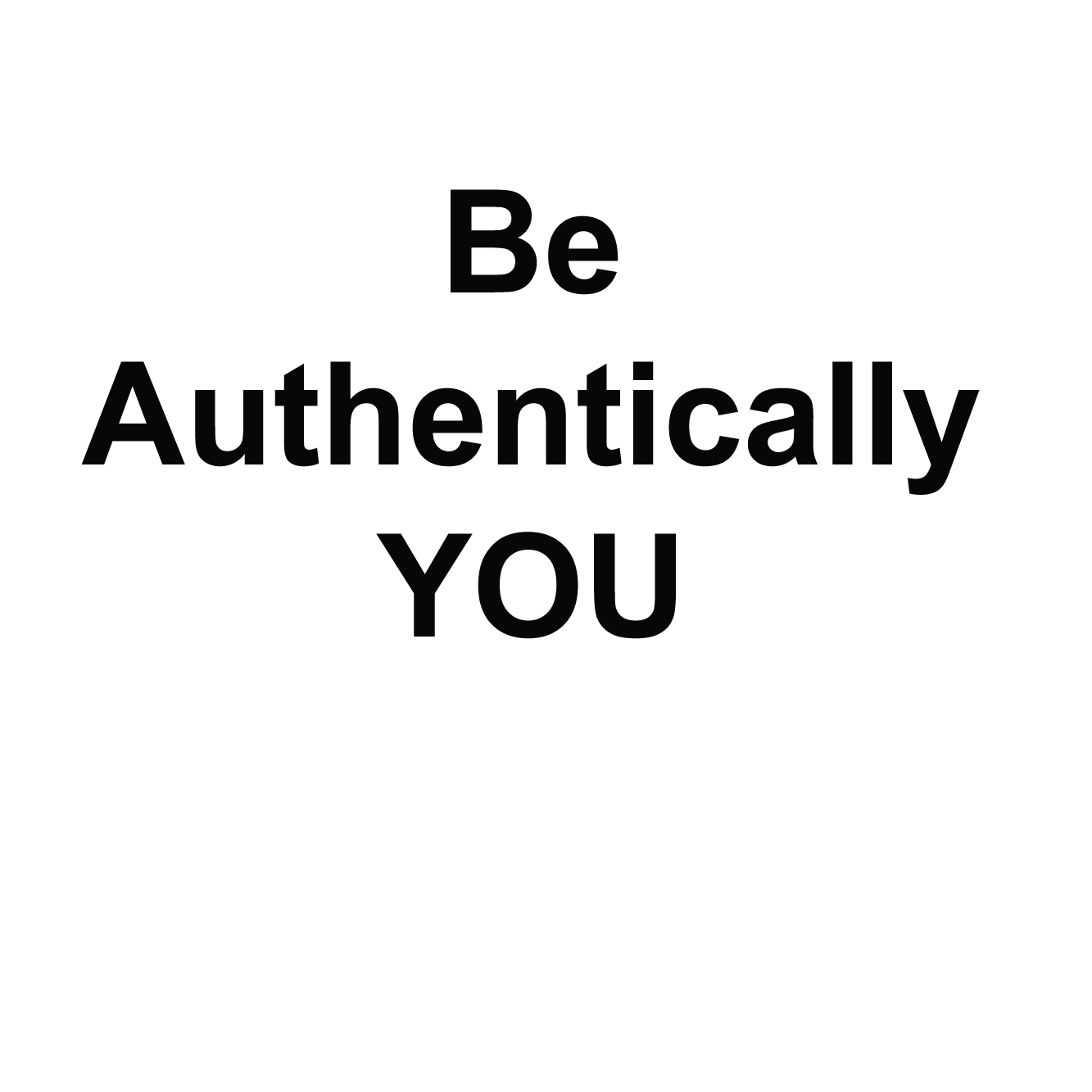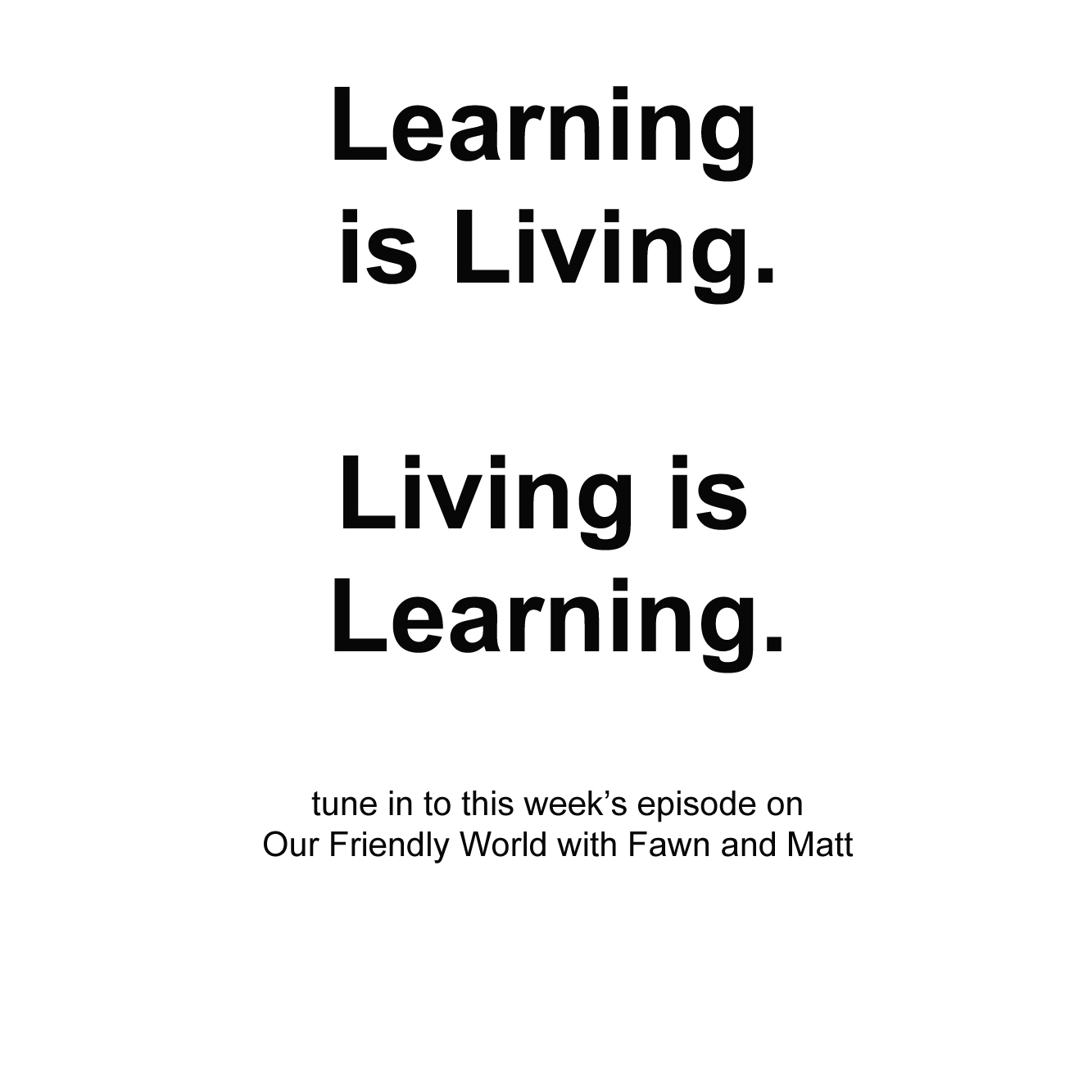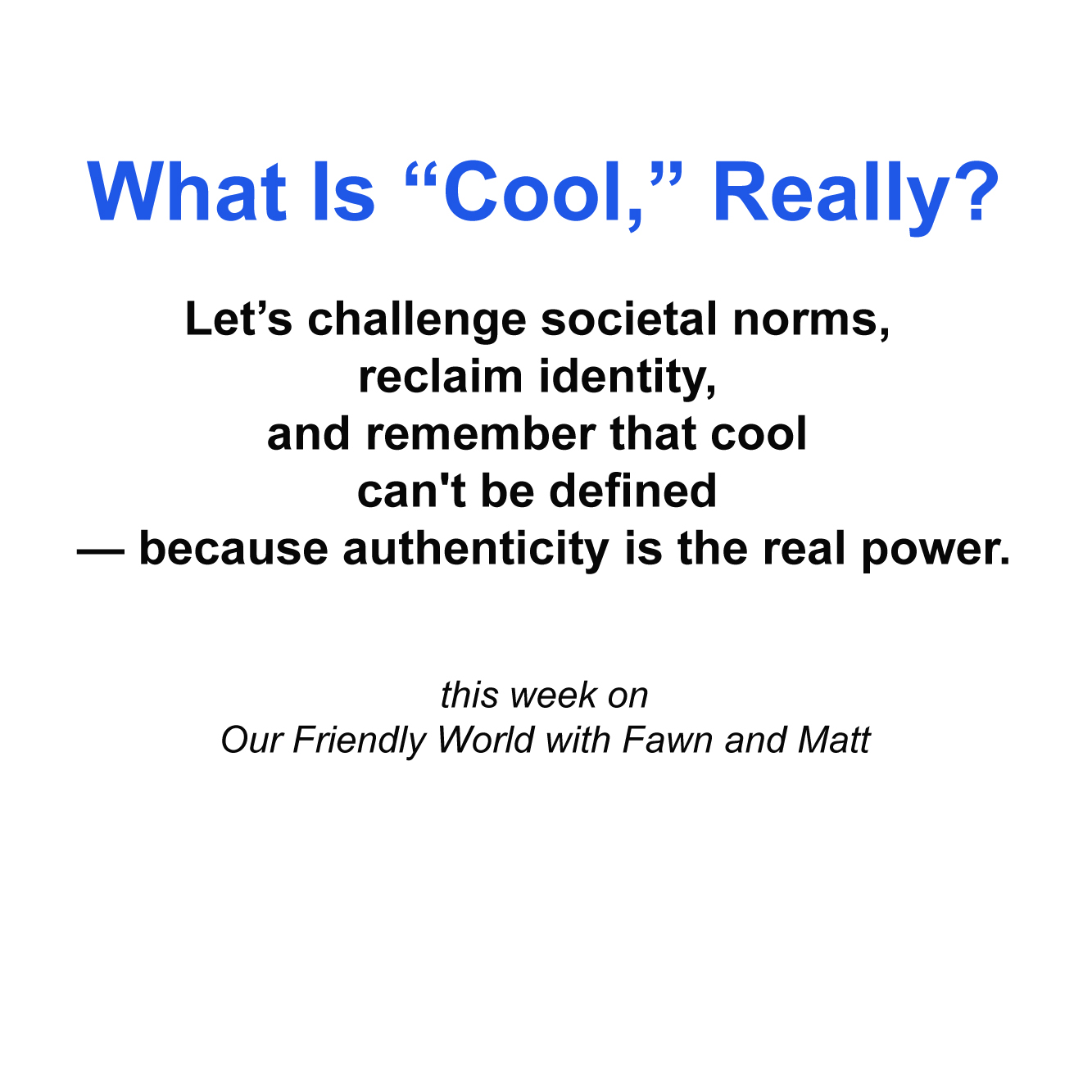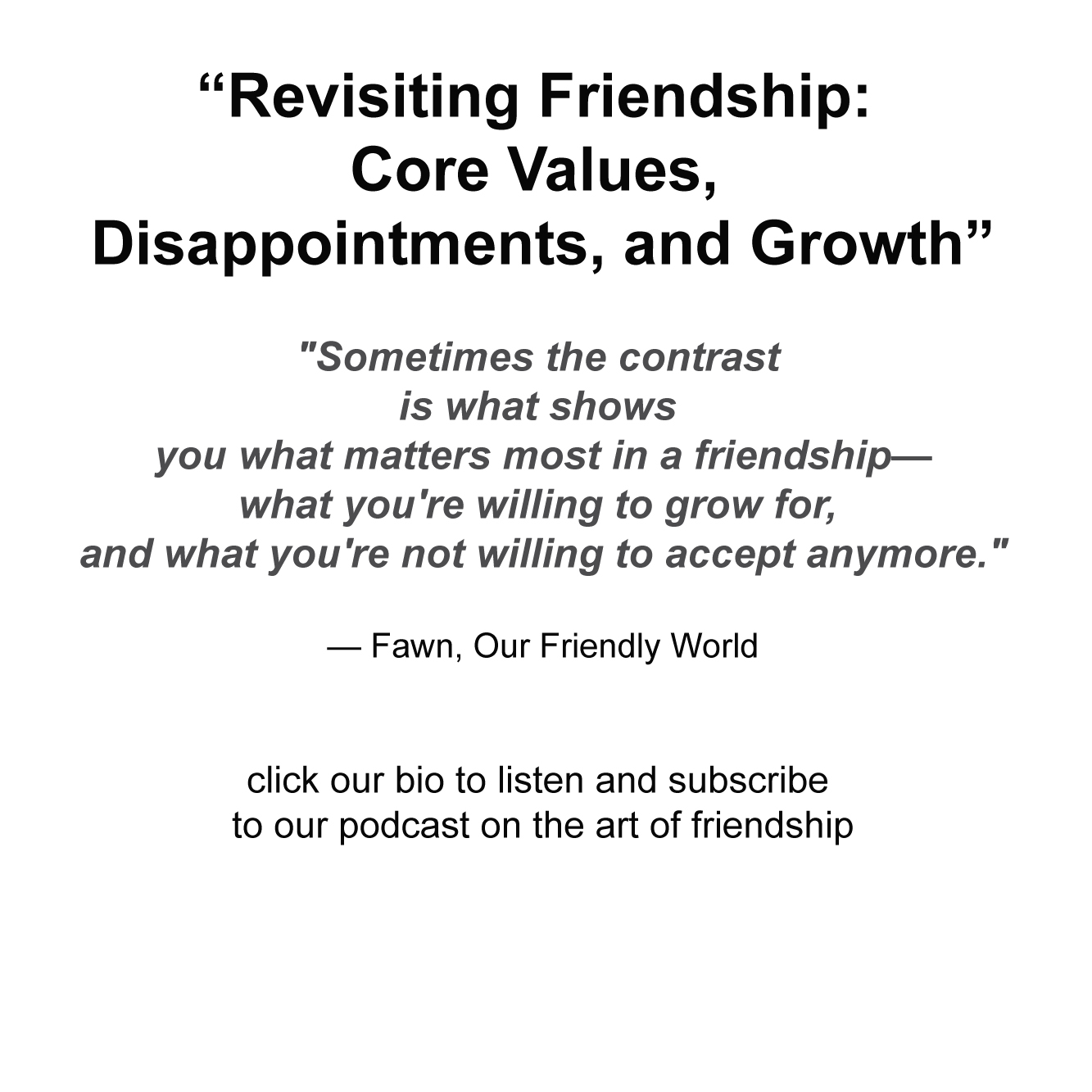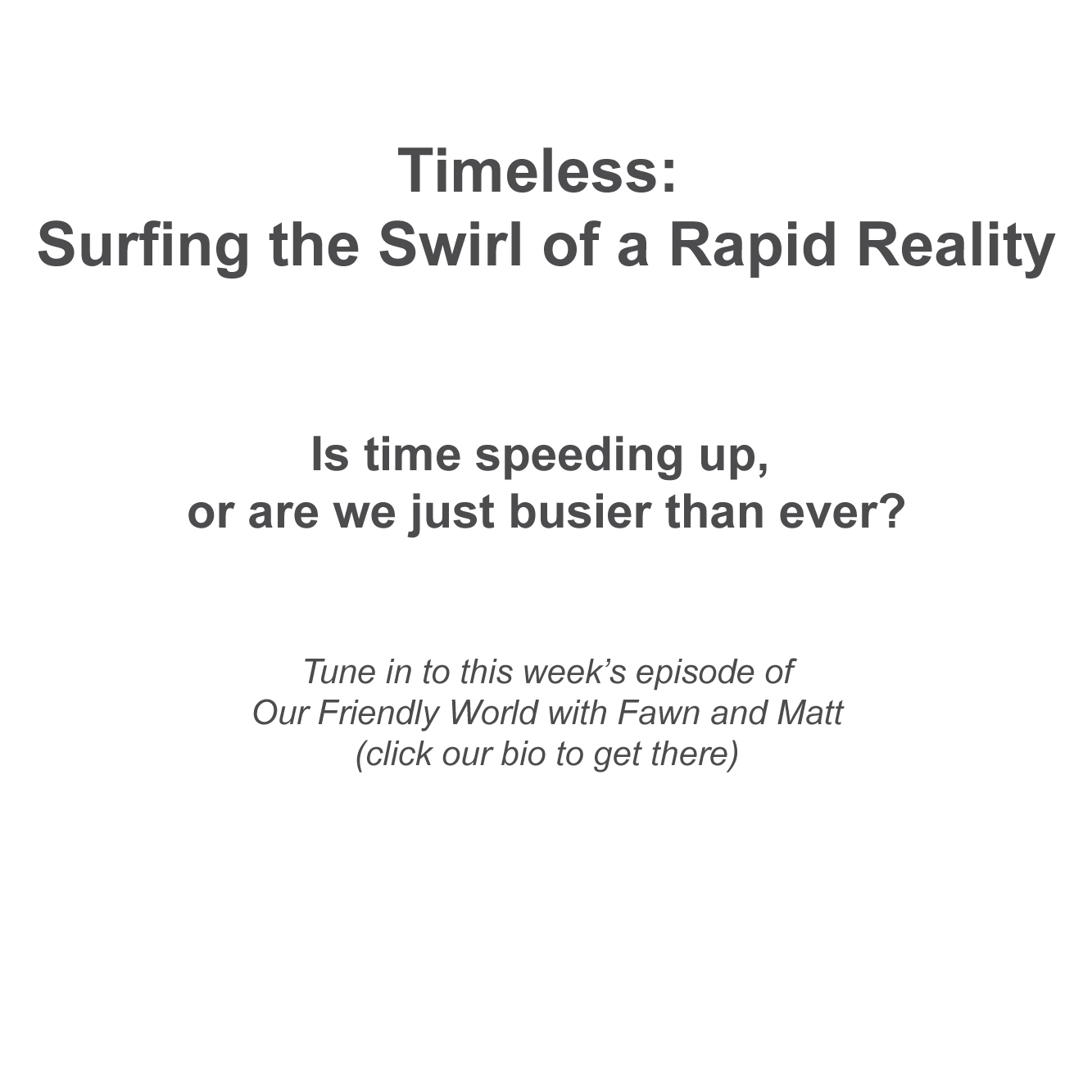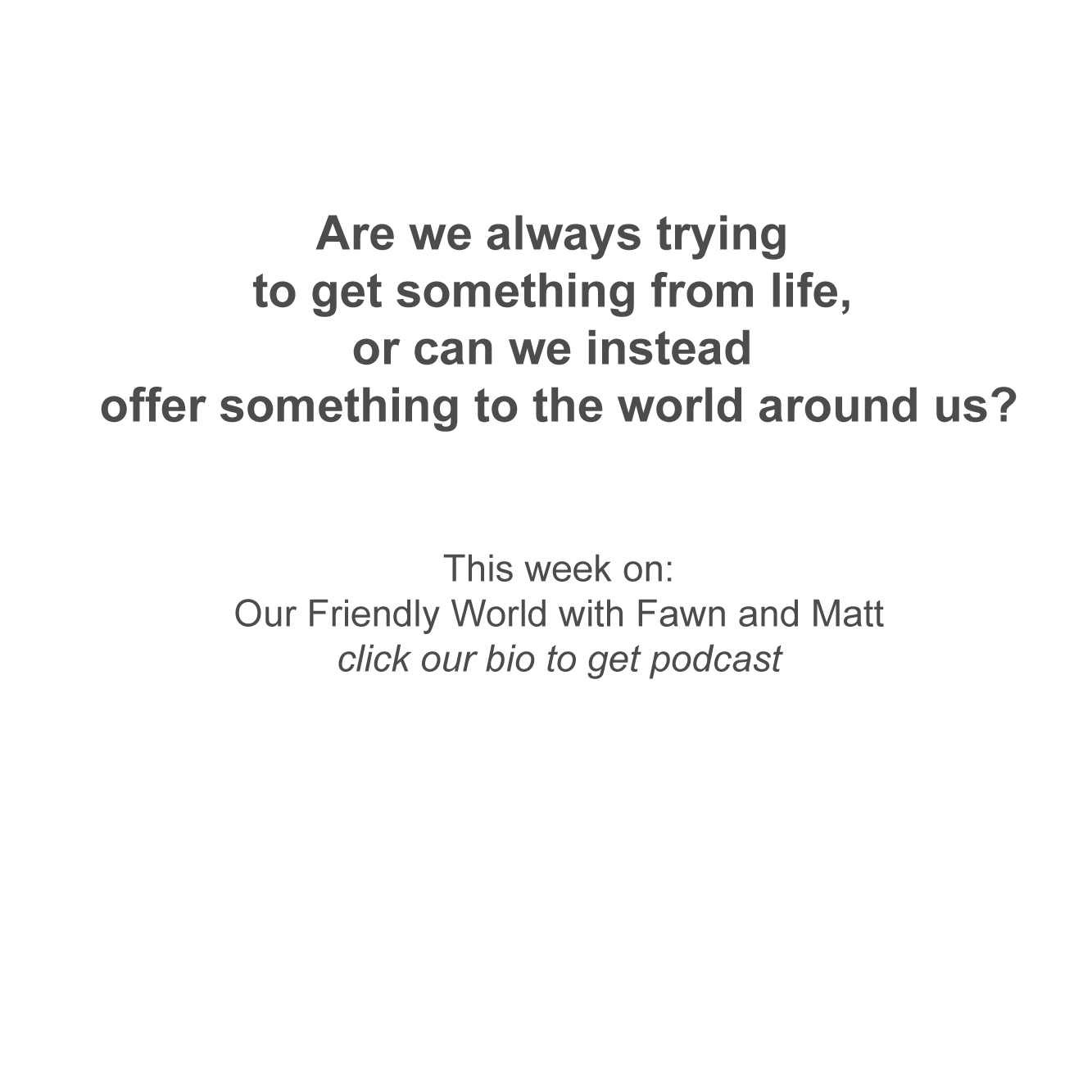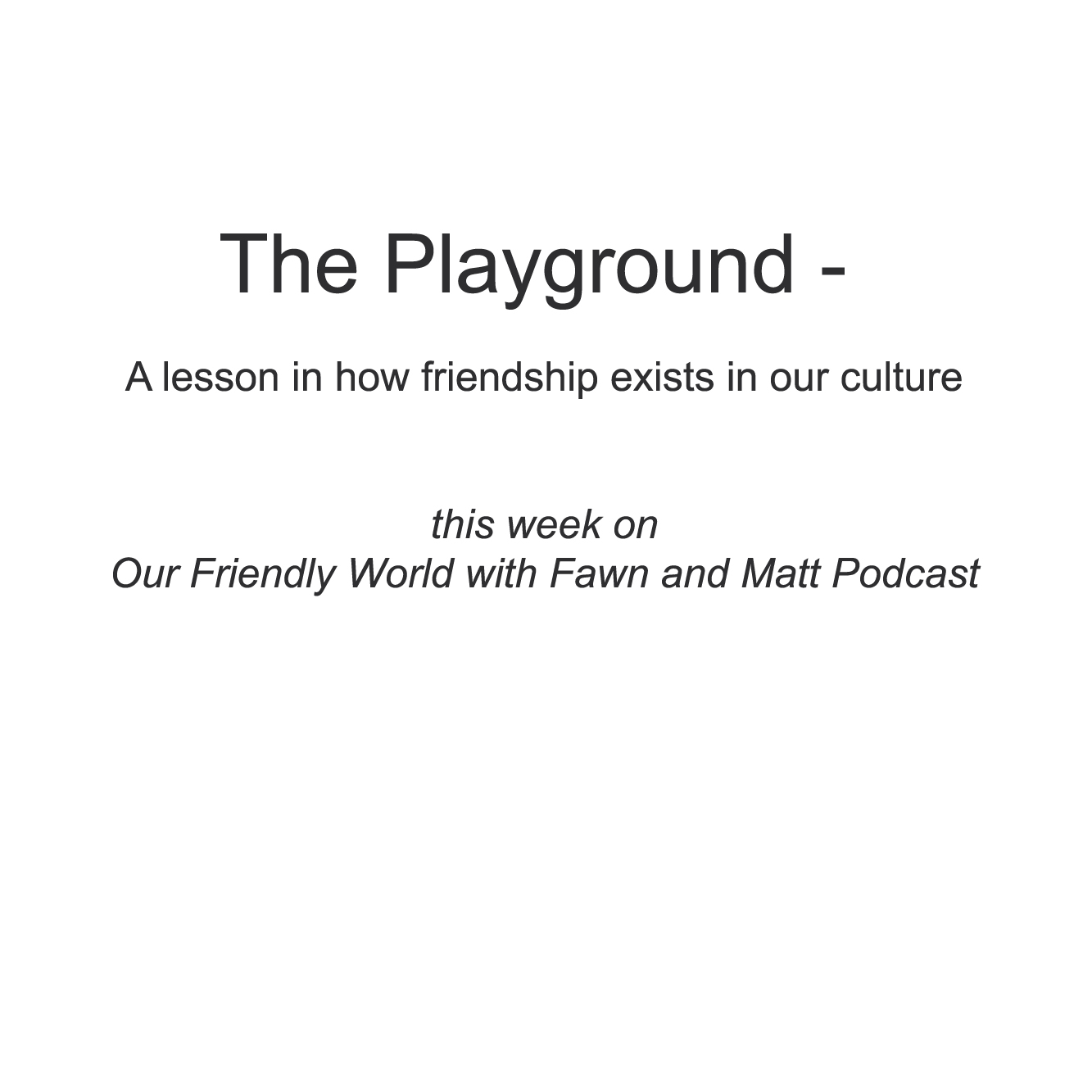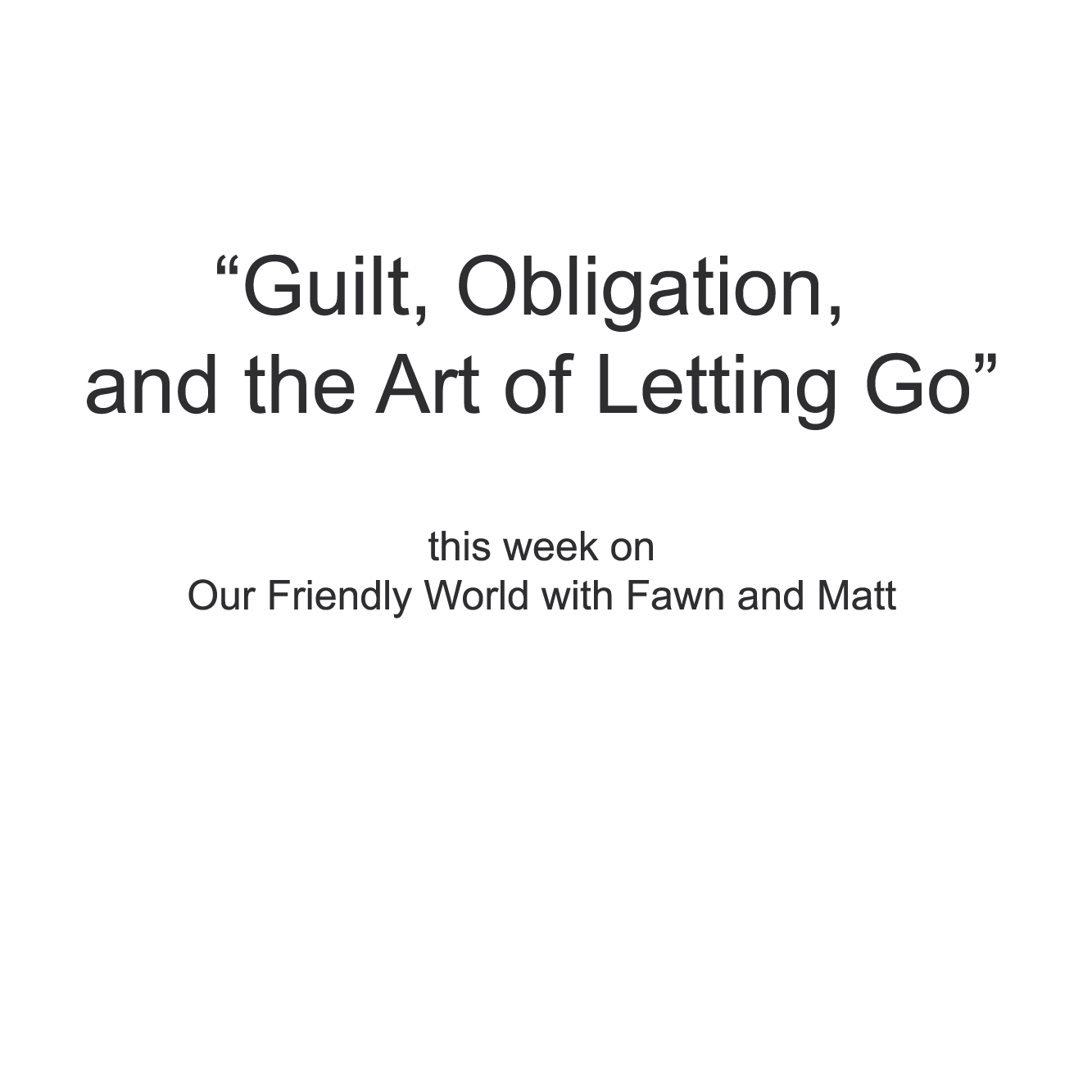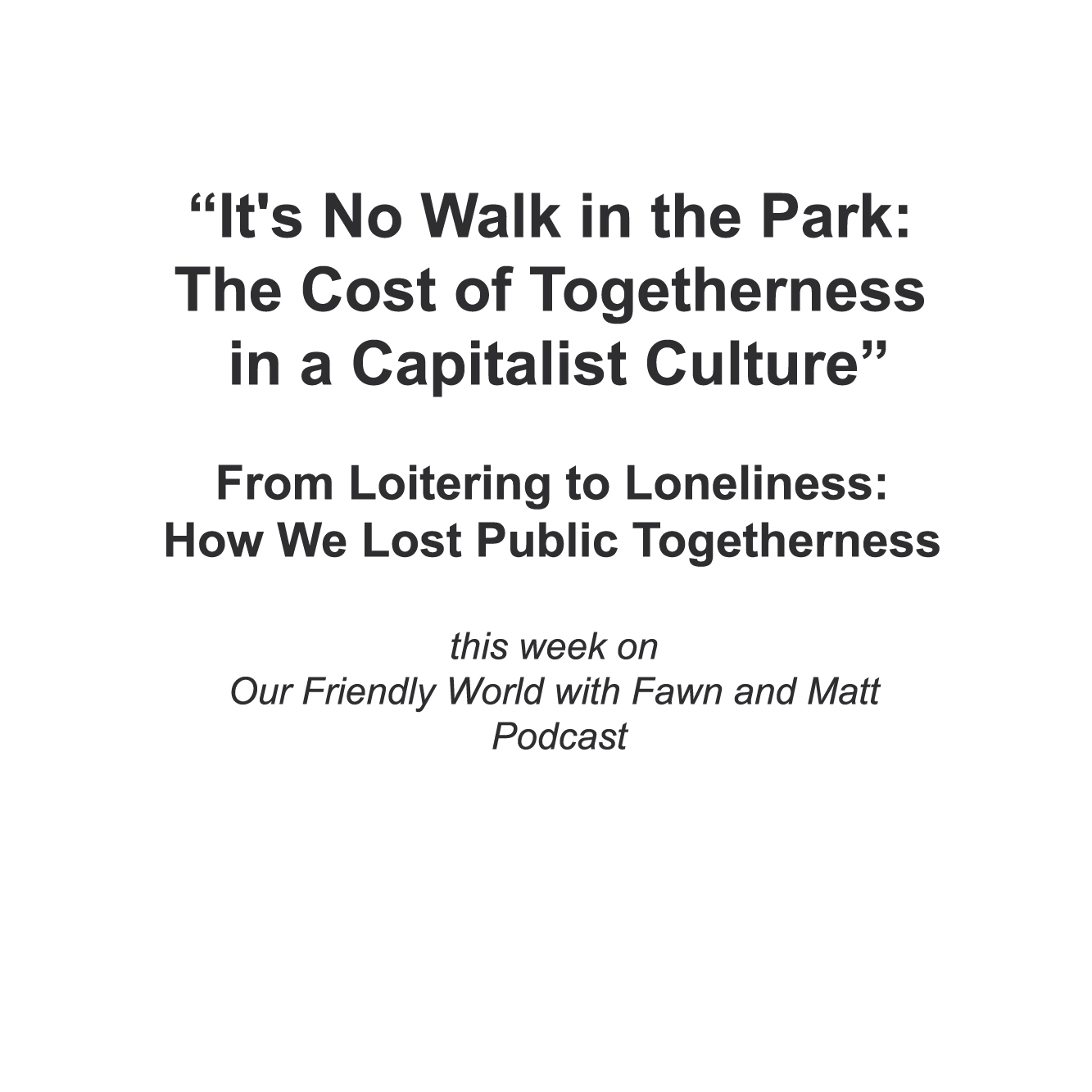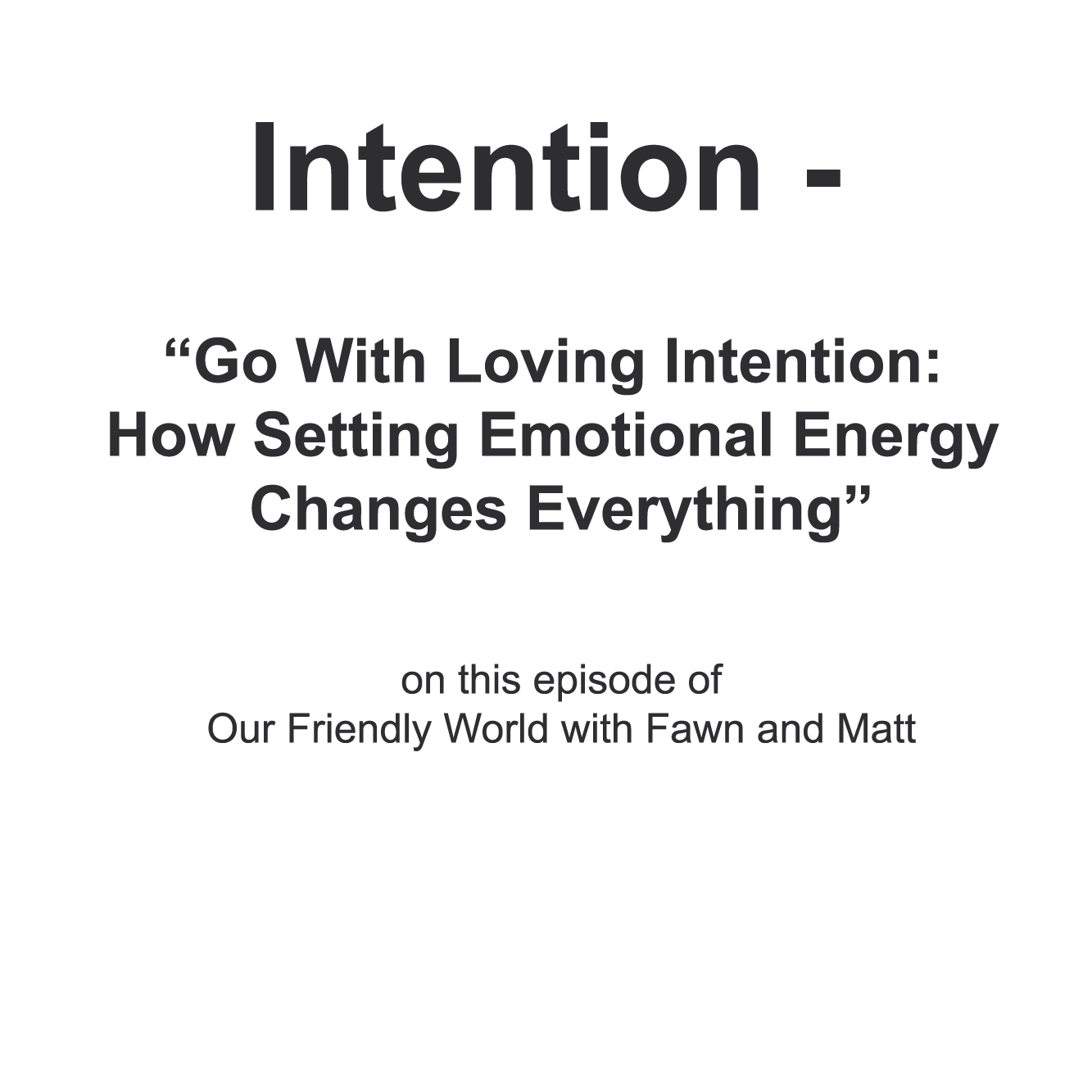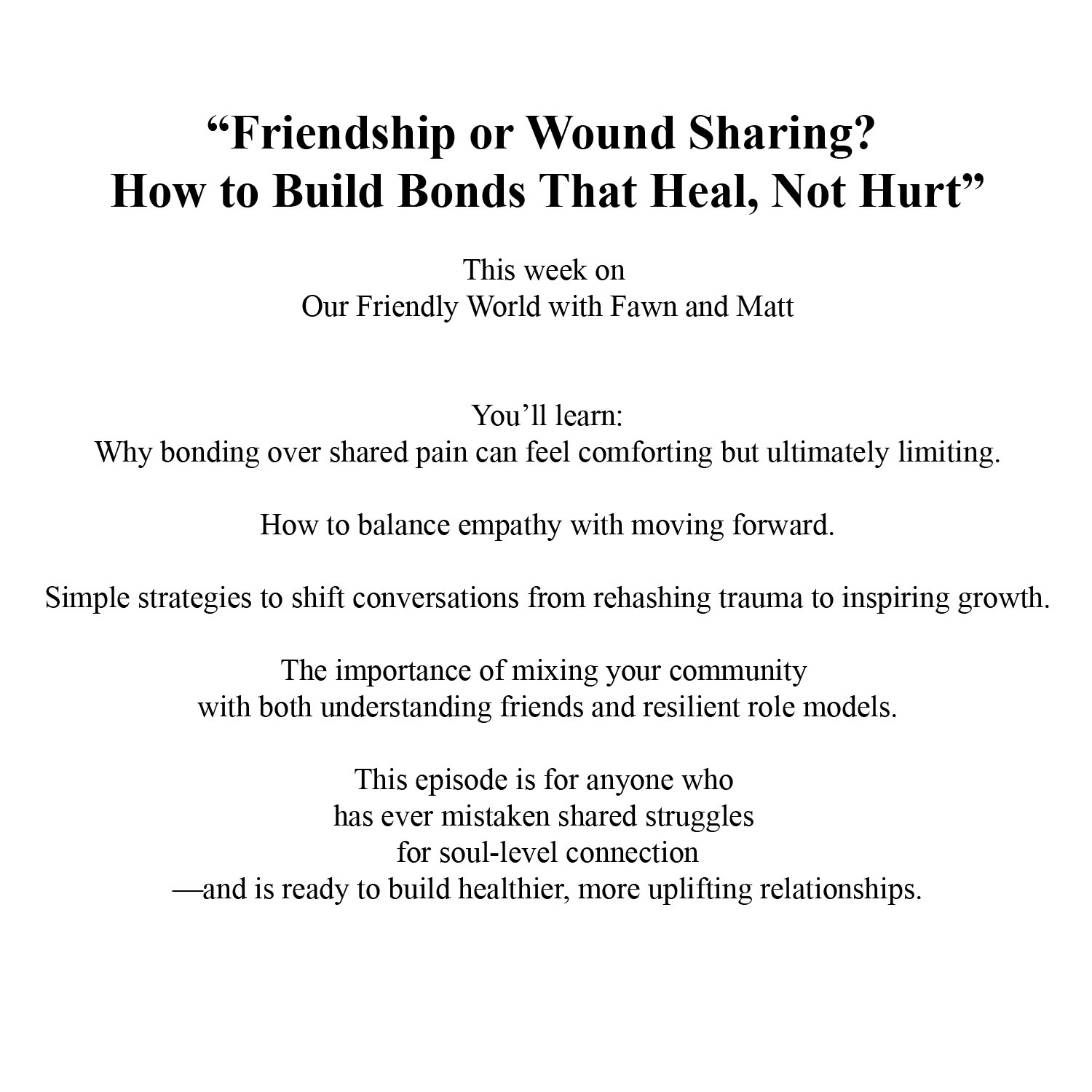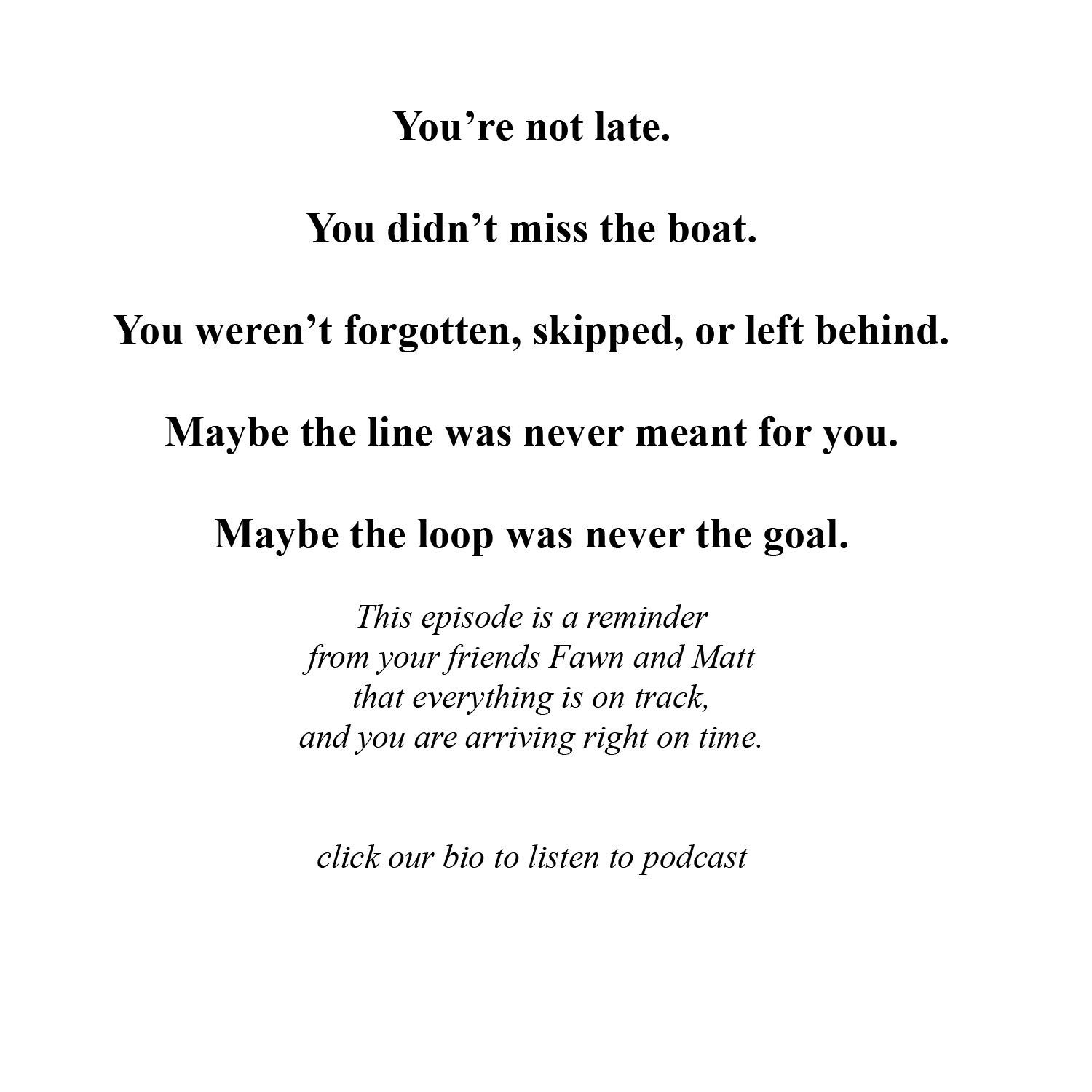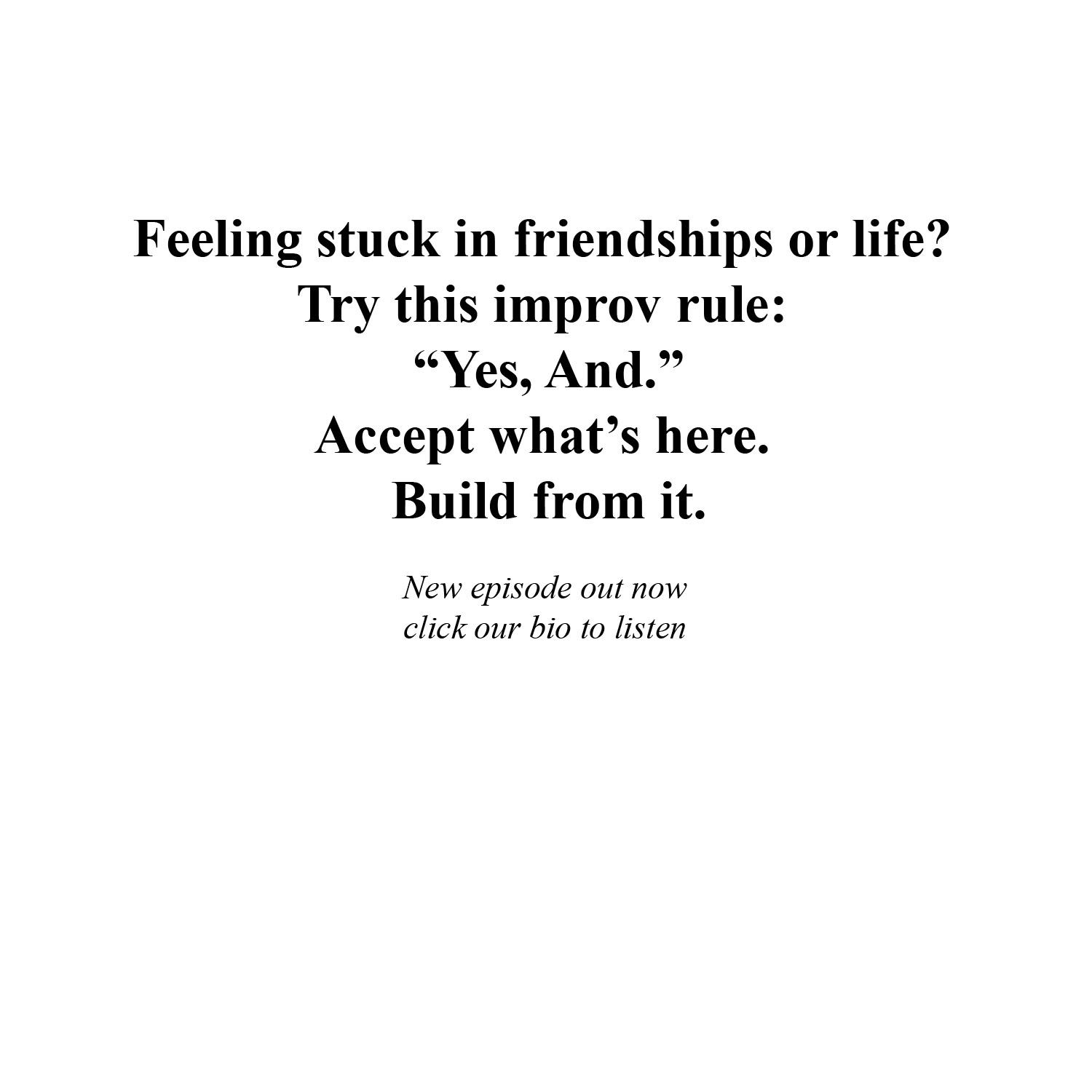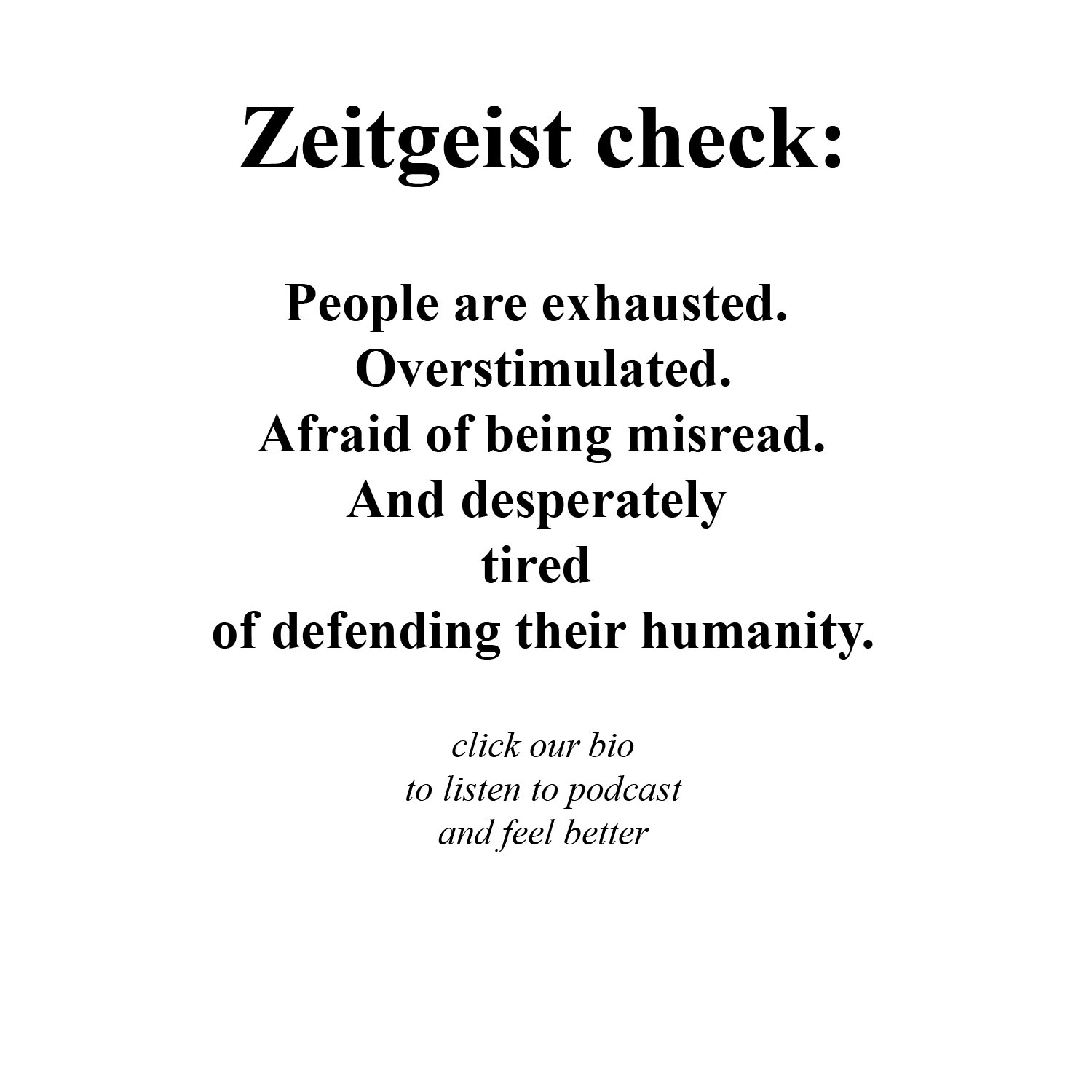The World's Fair
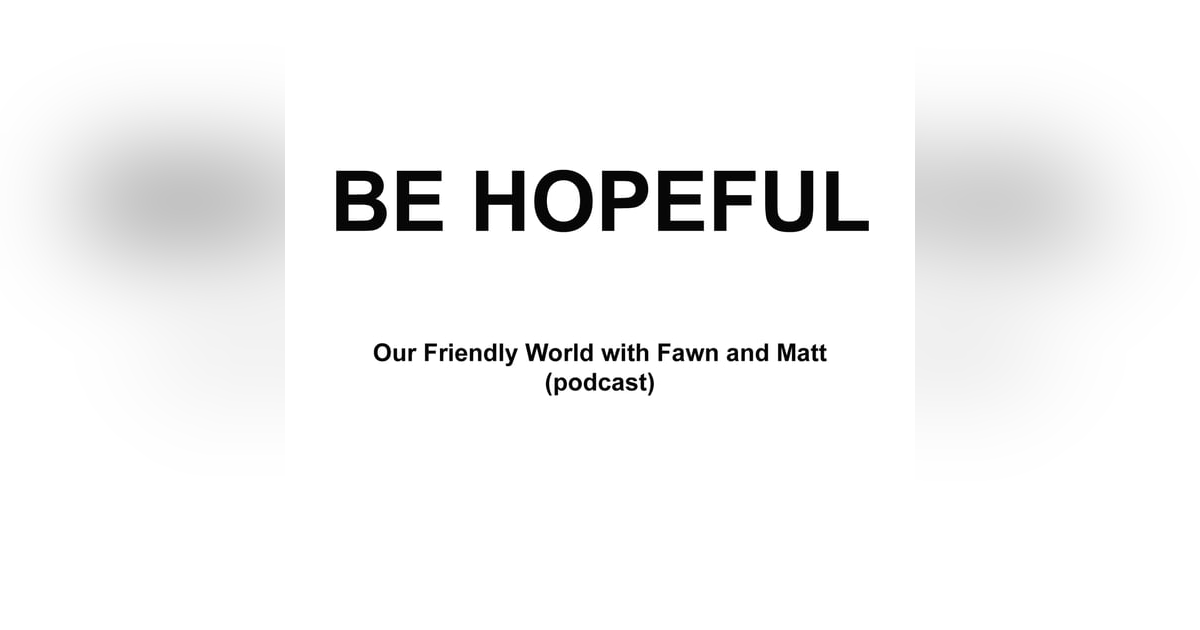
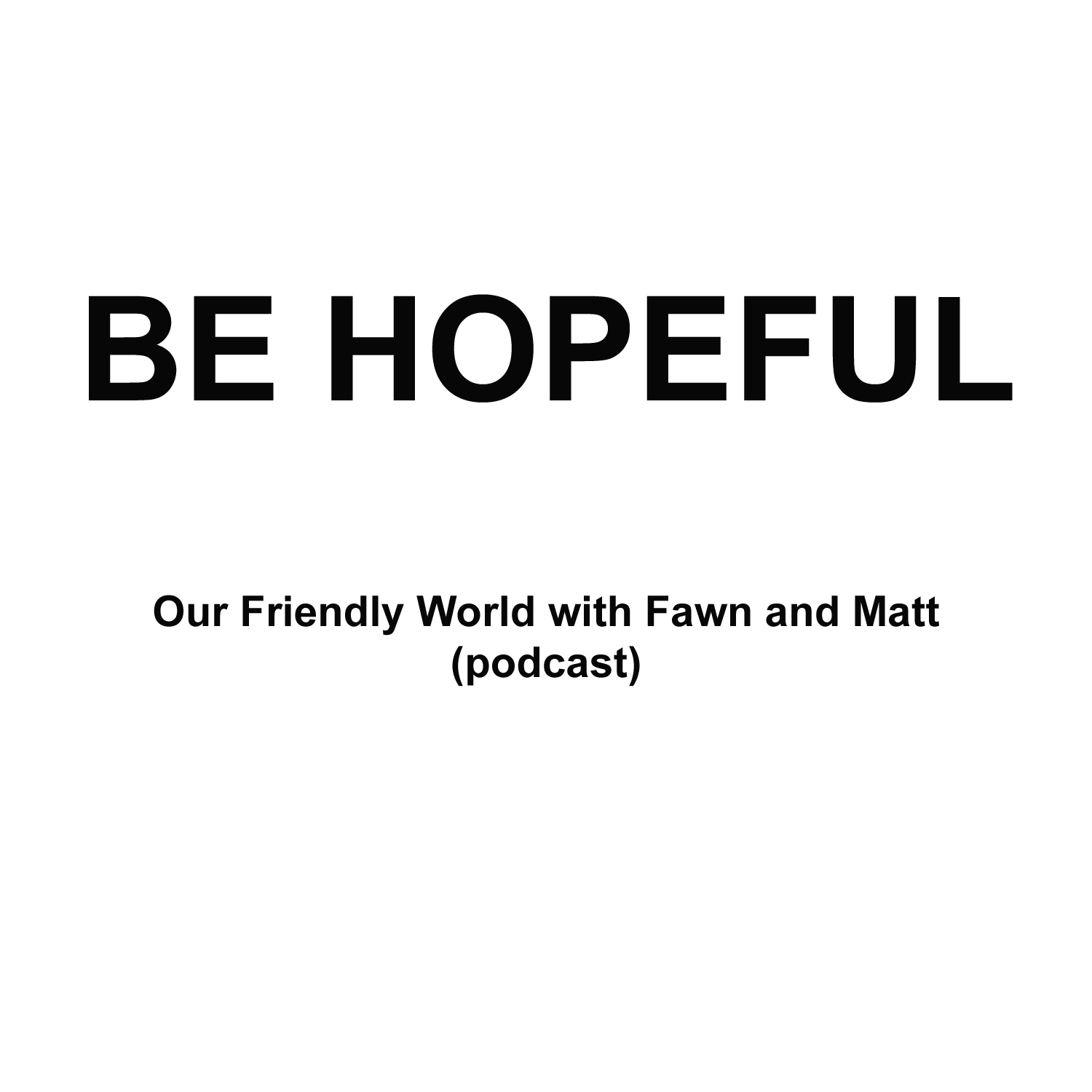
This week's episode dives deep into the concept of hope and community through the lens of historical and modern perspectives on World's Fairs. Join Matt and Fawn as they explore the legacy of World's Fairs, from their origins showcasing futuristic visions to today's societal challenges and the role of media and technology in shaping our perceptions. Reflecting on the power of optimism amidst contemporary fears, they discuss how understanding our past can inspire a brighter future, fostering connections and resilience in an uncertain world.
#WorldsFair, #FutureOfHope, #ScienceFiction, #PositivityMatters, #AIAndCreativity, #CommunityBuilding, #OvercomingFear
This week's episode dives deep into the concept of hope and community through the lens of historical and modern perspectives on World's Fairs. Join Matt and Fawn as they explore the legacy of World's Fairs, from their origins showcasing futuristic visions to today's societal challenges and the role of media and technology in shaping our perceptions. Reflecting on the power of optimism amidst contemporary fears, they discuss how understanding our past can inspire a brighter future, fostering connections and resilience in an uncertain world.
#WorldsFair, #FutureOfHope, #ScienceFiction, #PositivityMatters, #AIAndCreativity, #CommunityBuilding, #OvercomingFear
The World's Fair
MATT: [00:00:00] So when was the last World's Fair?
Fawn: World's Fair? I mean, first of all, two questions. Why are you asking? But I guess, not question, but the last one. I mean, I'm only thinking about the World's Fair as in like, wasn't there an old movie everyone was watching, especially after 9 11? What was it called?
MATT: There's a movie called State Fair, but that's a State Fair.
That's not a World's Fair.
Fawn: But I know what you mean. That's The World's Fair is when, why are you asking? And what is it exactly?
MATT: Okay, so a couple weeks ago, I saw, at one point in time, believe it or not, Detroit hosted, I believe, hosted a World's Fair. And because it was hosted in Detroit, it was about, Cars, primarily, because welcome to the U.
S. auto industry. And this was back in, I think, in the 60s. But what a World's Fair wants [00:01:00] to do is the World's Fair wants to show you the world of tomorrow. And so it's this huge kind of bastion of hope as they show you how wonderful life will be in a General Motors car, but how wonderful life will be. So
Fawn: is this when they would show, like, spaceships and And like,
MATT: Like the Jetson cars, the flying cars and stuff.
Yeah. Or like
Fawn: the modern kitchen. The,
MATT: exactly, the modern kitchen.
Fawn: It's so 1950s, so when you said that, I just thought of 1950s. Take,
MATT: take a breath. What did you just say?
Fawn: 1950s.
MATT: It's so 1950s. Is it not relevant now?
Fawn: Well, my other question is, before I answer that question, is, when was the first one?
MATT: The first?
Oh my goodness, it was probably turn of the century, if not earlier than that.
Fawn: So back then is when they would show spaceships and stuff like that? No, no, no,
MATT: no, no. We're talking more
Fawn: Like what did they show in the first one? [00:02:00]
MATT: This is how you can get a clean, consistent heat in your fireplace. I don't know.
And, and you're right. It might be that World's Fair really only had any popularity between, in the post war era.
Fawn: First of all, what, where was it? Is it like the Olympics? Did they decide, oh, we're gonna have it here in this city?
MATT: I think different cities are, were allowed to host.
Fawn: And only in the United States?
MATT: No, there have been World's Fairs all over the place.
Fawn: So where was the first one?
MATT: I don't know.
Fawn: We needed to do our research. You know, I just asked you a
MATT: question. Alright.
Fawn: Well, you, when you ask me stuff, I figure you know everything, so. You do the same thing to me, by the way. I tell you something, and then you ask me a million questions, and then you get mad at me for not knowing.
You
MATT: Well, we could go off on a huge tangent and I could tell you that Alright. The New York World's Fair was actually hosted in like 1937 at a very challenging time. Was it? Yes. There was a bunch of people, and there was a few, probably not a bunch sadly, but there was a [00:03:00] bunch of European Jews who went to that World's Fair.
Hitler took over stuff and never took it back. Went back to their countries again. They were saved because they took a trip to the World's Fair, but that's beside the point Oh, yeah, I know. So it's it's a weird thing. But the reason why I ask is that What can I say? I've been reading a lot of really kind of negative things And we're talking newspaper and then we can even talk books, but even just newspaper, you know, I primarily read science fiction for instance, and sci fi book sales are down 12 percent of what they used to be.
Fawn: We talked about this in the car, right? Right. You asked me, or , I just commented on it and I said, That people may not be so into science fiction anymore because science fiction has turned scary So like they don't people are tired of being scared Maybe or don't want to be
MATT: and and that is a part [00:04:00] of it I can talk intellectual or maybe
Fawn: we're already living in that doom It's all doom like if you look at anything science fiction even Star Trek There's no life.
There's no everything is dark. You're out in dark space, and there are no trees and sunflowers and petunias. It's all dark, and there's no plant life. Not even real food. Who wants to live in that? It's depressing. It is. I never that's why I think that's why I never liked it, because aesthetically, Just looking at that show, I'm like, ugh, it's so ugly.
So much orange and black, like Halloween. You know? There's no sunlight. Unless they go to another planet, even there, the sun, the colors are off. I'm like, ugh, I can't even look at that. Anyway, I digress.
MATT: Well, even talking about Star Trek, Star Trek proposes a world [00:05:00] where Money is kind of eliminated.
The material possessions as status symbols have been, has been eliminated. Which is kind of a good thing.
Fawn: So, what does that have to do with what we're talking
MATT: about? So what does that have to do with the World's Fair? Well, where's the hope? Who's providing hope for us nowadays?
Fawn: So you're saying the state fairs provided people with hope?
MATT: Yes, they did. They provided a vision of what the future could be. Who's, who's really doing that in a positive way?
Fawn: You know what? Because we're
MATT: hearing that our You know, our environment is on fire, and we're losing our coral reefs, and there's a big mass of plastic that's circulating through the Pacific Ocean that's the size of, like, Mexico or something.
I mean, it's
Fawn: We're doomed.
MATT: The ice caps are melting.
You know, I have to wonder are we being guided are we being is is that oh dear is [00:06:00] there some kind of a force out there which is causing us to focus on the negative because if you're in survival mode Which we've talked about a number of times You're more likely to buy random stuff.
Fawn: So you're saying, is there, on purpose, a force that is keeping us in fear mode and unhopeful mode. What's, what's the word for unhopeful?
MATT: Despair.
Fawn: And a, yeah, a sense of despair. And that's why we started this thing. That was my initial idea, was that There's something that is keeping us from having proper relationships, friendships, families.
The bond isn't there anymore, and that's good for someone who's trying to keep people down. If you want to control a lot, keep the population feeling depressed. They'll want to buy stuff, and they'll tend to just listen to whatever you say, because they're desperate.
MATT: And they're focused in a [00:07:00] scarcity mindset.
And they're alone.
Fawn: So, when you're alone, your thoughts can take over, and if you can control someone's thoughts, because all the messages out there are so crazy negative and scary. I mean, just the other day, okay, one of my favorite sounds was to listen to the sound The morning doves cooing in the morning when the sun comes up.
Have you guys noticed when the sun just, barely starts coming out? All the birds start going nuts! They're singing, they're talking back and forth, yelling at each other. It,
MATT: it feels like each one has to top the one before.
Fawn: I mean, I'm like, what is going on? What are they talking about?
Like, wow! It's amazing! And my other favorite sound is A dove cooing and you usually only hear it in the morning early early morning I used to love that sound until I don't know a few weeks ago. I was watching Jimmy Kimmel [00:08:00] It's a tv show late at night. It's a late night show and he was talking about how his son They were taking his son for his I don't know.
Was it the second round of heart surgery open heart surgery a little boy, right? So scary and What he was saying was his wife saw a dove, a morning dove, outside their son's bedroom. And she thought it was a bad omen, because if you look it up, it means mourning a death, right? And she didn't say anything.
She waited until after the surgery. The surgery, thank God, went okay, went great. And when they came home, there was A hawk or some bird of prey that was in their house like it was flapping all over the place His wife was filming it, right?
Like, he was trying to get it out with the pots and pans and everything. And you could hear her say, oh my god, there's a dead bird on the floor! And I guess this bird of [00:09:00] prey had killed this bird and it was on the floor. And Jimmy's trying to get this bird out of there, the one that's flying around, the bird of prey.
I think it was a hawk. I don't know what it was. Like a, a bird like that, right? And his son is there going, hey, what's going on? He's like, go upstairs right now!
MATT: Oh dear.
Fawn: Kind of like how you do with a big
MATT: when there's a big spider in the house Oh my god, the big a plate dinner plate size spider But let's not talk about that right now.
All right
Fawn: Well, so they finally got it out and the what they figure it out was that that hawk or whatever it was Killed the morning dove or whatever. That was that was the omen of
MATT: Badness.
Fawn: Yeah. And I'm like, that's an omen of badness? So now I'm afraid of these doves. And every time I go to the garage, these two doves are there.
I'm like, get the hell out of here. I'm scared of you now. Like, I used to love it and I felt so much peace. Now I'm scared. It's like, that's just one [00:10:00] example, you guys, of, yeah, I see fear and doom everywhere. I don't know what to do anymore.
MATT: And I think evolutionarily speaking, we focus on the things that are going to eat us.
So we focus on fearful things and that's the way our brains are wired. If you're afraid of it, you're paying attention to it. So you need to get the safest car for your family and you need to know what to do when you're involved in an accident and you, and you do. And that's very fair, but I don't need to be constantly bombarded by these things.
Fawn: And a certain generation, I mean, you know, who we talk to, who we do out of obligation, all we get from them is You're getting old, you're gonna die like I am, you're gonna get this disease like me, it's constant fear, and it's constant disease and death and You can't do your dream. You can't Live where you want.
It's [00:11:00] just incredibly negative and you're right. So is there a state fair? Where's the next one? When was the last one? World's Fair, dude. World's Fair, sorry. I'm still thinking about that movie. Yeah, I know,
MATT: I know, I know.
Fawn: Probably because that movie came up after 9 11, and in this country, it was the one movie that was being played a lot on TV to get people to feel like, everything's okay!
It was one of those musicals from, whatever, was it made in the 1950s?
MATT: Something, I'm like, yes. But it was It's a Rodgers and Hammerstein. You know, typical,
Fawn: like, old, old Americana. Kind of cultural thing. yeah, I mean, what are we gonna do? So when was the last one? We don't know.
MATT: Last one was in 2015 in Milan, Italy.
Fawn: So not even in the United States.
MATT: 2015.
Fawn: I wonder what they showed. Yeah, now it's like AI. Everybody's afraid of AI. There [00:12:00] are
MATT: Everybody is taking these things You and showing why you should be afraid of them. And yes, indeed, I won't argue, you know, at some point in time, if you decide to give the robot the ability to figure out whether or not it should pull the trigger on a machine gun, it's probably going to make a bad choice at some point.
But if you take AI and you use it as an extension of your own creative self or your own artistic self or your own technical self. You know, I took our AI, and I just needed to alphabetize a list of things. And I said, alphabetize this, and he said, sure, great, here you go, here's the alphabetized list.
Boom. Simple.
Fawn: So
MATT: nice. You know, and I do, I ask the AI to create pictures for me, because I, at work, we have teams, and we have teams meetings, [00:13:00] and I'm on video, and I like having different pictures all the time. And so I'll ask it to generate me a picture of dot dot dot. So I've gotten some really interesting images and nothing I would say oh my god This is the greatest thing ever, but it's a stupid zoom background.
Fawn: Okay, so AI could be good or bad. It's been here all along. Honestly, hasn't it? I mean we've been talking into our phones for how long now? I mean our kids don't know anything different than talking to your phone and getting information Yeah, and having the phone talk back to you and stuff for you
MATT: I don't know how they'd navigate, how they could navigate without a phone.
Fawn: I still, I mean, I could never navigate, so I don't care. Like, I still don't, you know. Right. I don't know. But going back to the friendship thing, is that, that's what I've been saying all along. That's why I wanted to do this whole thing was, I feel like there is something that is holding us down in, as a society.
And it doesn't want us to be friends, it [00:14:00] doesn't want us to come together, because we are so powerful individually, and then so much more powerful when we come together. When we have community, we can say, you can do it! Or, let me help you! Oh, you don't have a place to stay? Our home is your home, you know?
Like, it's, we It's that village that we've always heard about that from our perspective never existed. Right. We just heard about it.
but that's what we're here for. This is what started this whole friendship movement that we began years ago. This is the reason we turned it into the podcast, just to talk about it, I was tired of, going to, little tiny symposiums with 10 15 people and explaining the same thing over and over again.
Thank goodness for the podcast, now we're, like, talking to the world about it, and people who are like minded are like, yeah, right on, we're on the same page. [00:15:00] So what do we do? How can we be hopeful? Because yeah, like you say, I used to listen to the news like crazy.
I would be glued to it a few years ago. I stopped and I feel so much better and I've been way more productive since I stopped looking at More
MATT: productive. Less time
Fawn: Mm hmm. Well, I was gonna say Less time
MATT: feeding the algorithm as they say now.
Fawn: Right. But, but what I've noticed is, okay, fine, I, I weaned myself off of the news 24 7, but I've noticed our kids have been, not on the TV, but they're now stuck on it through whatever it is that they're looking at.
A
MATT: little
Fawn: bit, yeah. A lot of it, and I think the majority of their problems is because somehow the social media has totally taken over their brains. Their psyches, , and it's affected everything. The amount of trouble that I've had to, [00:16:00] um, get in the middle of, you know, like , to protect our kids, it has been nuts the last few years.
It's very stressful. , you guys were very Very quick to say, hey, you are watching the news way too much. The kids would say that too. Right. But now if I say to the kids, hey, you've been on this thing for too long, it's affecting you, then I get total pushback. Like, no it's not. I need it. You know what I'm saying?
And I'm pretty sure that's probably what I said to you guys. Yes. Like, I need to hear what's going on. Right. So I know what to do. And really, No, you don't.
MATT: There are things you do need to know, but the vast majority of stuff that gets covered as news is not.
Fawn: So what do we do? How can we be more hopeful?
Where can we take this?
MATT: Ah, this is We didn't have a plan for this, we were just like This is the big problem. I'm just I think the first step is to see that there's a problem. [00:17:00] Boom. Which sounds terrible. The second thing to really ponder is, and pay attention to, are things like In point of fact, there is a big research lab in the Florida Keys where they are regrowing, where they are growing, figuring out how to grow coral, coral reefs.
Fawn: Successfully they're doing it? Successfully. They are?
MATT: They are. Yay. They're figuring out how to do it and they're, they're going to be implanting them back into the sea floor and et cetera.
Fawn: Oh, that's amazing. And
MATT: it's, it's like, How come we're not all talking about it? Well, that's not really news. Is it?
Isn't it?
Fawn: Um, what's that thing they say on Star Wars? You see no droids here. What is that line? What's that? What does he say? You droids
MATT: you're looking for. These
Fawn: aren't the droids you're looking for. It's like that, you know, like when you focus on the truth, there are voices that say no, no, no, no, [00:18:00] and try to distract your attention.
Right. It's kind of the same thing. Do we sound totally, conspiracy theorist today?
MATT: Well, honestly, it's followed the money time, right? I mean What do you
Fawn: mean?
MATT: If we feel a scarcity, that means we have to fill it with something. We fill it with food. We fill it with possessions. We fill it with drugs. We fill it with We have to fill it with something to save money.
Fawn: I've noticed. I go shopping now on Amazon. Every time I'm stressed out. And I was thinking about it last week when I heard, actually, a voice, artist talking about it. Like, she's like, when I'm having trouble with my husband, I found myself. Buying stuff not don't look like that. I'm not having trouble.
You'll never have
MATT: problems with me Stop it.
Fawn: I'm not saying that I'm just saying when I do get stressed out. I'm like, oh, let me buy more rice or Let's get a new outfit. Let's uh, right. I don't know why How does that come into play like
MATT: our brains are [00:19:00] these wonderful? complicated Very stupid things that have been programmed over generations to feel certain ways that don't necessarily apply anymore.
That's the big part. It's like we need to reboot our poor little heads. Because a farmer would worry there was not enough rain for his crops. And trying to figure out what they possibly could do about it. And isn't that, that's
Fawn: what we're being told everyday. That, things are so bad. I mean if you look.
If you listen, there's so many video podcasts out there and they're all talking about, Oh, the disaster is coming and then they bring on the psychics, right? And they're like, yeah, there's going to be famine, um, you can't grow food anymore. It's coming up in places that you normally don't suspect is the insidious part of it, about it, is you're thinking, Oh, I trust these people.
They're good people. They're one of us. And yet, these [00:20:00] messages creep in there, of fear, uncertainty, and confusion. Uncertainty. And doubt right?
MATT: See, I first heard FUD, which is the acronym of that. I heard that like 15 years ago.
Fawn: I remember you telling me what FUD is. And it's
MATT: gotten now into It was more than 15
Fawn: years ago.
MATT: It is more than 15. But that and the algorithm that we're all feeding now, these have become more common things, which again, if we want to circle back to science fiction, We're living in science fiction is how people feel about it.
Fawn: So because we're living it, people don't want to read science fiction anymore.
Because we're living it, right? read any
MATT: dystopian sci fi, but yeah.
Fawn: Is there any happy sci fi? There absolutely is happy sci fi. But
MATT: unfortunately, the crux of a novel, there are two basic plots in a novel. I take a trip, or um,
Fawn: A stranger comes to town. A stranger moves
MATT: to town. Those are the two plots. That's it.
But unfortunately in order to have a novel [00:21:00] typically you have to have conflict of some kind somewhere
Fawn: I'm sorry, one of my favorite movies, Legally Blonde. There's not much of a conflict. Yeah, but it's not the end of the world It's Hallmark
MATT: conflict. Yes
Fawn: Don't bring up the Hallmark, please. I'm tired of everyone equating everything to Hallmark but like you can look at a A wonderful movie that's uplifting, and the conflict does not have to be, those zombies coming after you, eating your flesh, you know?
MATT: Right, exactly. Which is why we don't watch any horror here in the house, because it's too much. I can't do it.
Fawn: I've never been able to do it.
MATT: I'm just frazzled enough that, no.
Fawn: So now you're becoming one of me.
MATT: Slowly but surely.
Fawn: All you would look at was Akira Kurosawa, these slasher There is nothing
MATT: wrong with Seven Samurai.
Fawn: Look, I'm not saying there's anything wrong with it, but it is not happy. You don't feel like skipping down the road and feeling uplifted about things when you [00:22:00] watch Akira Kurosawa movies. It's frightening. It's depressing. I'm sorry. It's cinematically beautiful, but, but no thanks, not, not faun friendly.
MATT: And there you go. And again, that's why people aren't reading sci fi. And honestly, I think because we're getting so bombarded with it, I think at some point people are going to start, start to want to stop watching the movies too.
Fawn: You know, it's interesting. But then what
MATT: do we do?
Fawn: Whoa. Whoa. We go back to happy movies or movies that can help us.
I find it very interesting that a lot of parents and a lot of kids, like teenagers. Teenagers. We're so excited about, Inside Out 2. Where the kid is older and going through hormonal stuff. Because we all need an explanation. There's a woman, a homeopath from Australia that I listen to.
And I've, I'm sorry I'm totally [00:23:00] blanking out on her name right now. But she explains health in such a beautiful and easy way. She has remedies that are from the earth that are generations and generations old, you know, like our doctor is 38th generation acupuncturist. 38th generation like from father to son all the way to now.
Right. I feel so much better having medicine From them. I had to run away screaming from all these doctors that I've had to take our kids to, that I've had to take us to. You know, I went crying back to our original doctors. And, and, and thank goodness for their compassion and their wisdom. But anyway, back to this woman from Australia.
She was, uh, there's an episode, a few episodes she does. She's all over YouTube. She's [00:24:00] Australian. She's a homeopath. Yeah. Ugh! What is her name? But she broke down what hormones are and exactly how they work and how they're off balance right now, and why, and here's what you do about it. And it's simple.
And I'm like, oh my goodness, we need that. And I think that's why so many people are attracted to a movie like, um, what did I say the movie was? Inside Out 2. Inside Out 2. Because it's talking about that stuff, or at least acknowledging, hey, There's something going on with me, putting some faces to it so we understand it and know that we're not the only ones.
We're not the only ones who feel lonely. We're not the only ones who feel crazy, angry, whatever. All these things, sad, hopeless sometimes. And that's where community comes in. It can start from a movie, right? It can start with a meetup like we were talking with Rachel last week. About how did how [00:25:00] did you create your worldwide?
Network community village, you know, she's like, huh
MATT: a pub in Twickenham,
Fawn: right a meet up when she was pregnant Right,
MATT: right.
Fawn: Simple is that and the thing is that the simple things elude us? Because when we're in the thick of things just getting up To walk sometimes feels like too much. You feel so heavy and so burdened that you don't even have the energy.
But really, it's just a simple step. It's a tiny baby step and you will feel so much better. So much more hopeful. Any steps you can think of. And I totally cut you off. What were you gonna say? Now you don't remember, huh? ZING! Oh man, I'm sorry. So we were talking about how we can, ZING! Get away from the the doom and the gloom and feeling pressed down like the thumb is on [00:26:00] us Right.
There's no hope.
MATT: I think part of it is doing somewhat of a detox from yeah, all the negative and all just the Advertising that gets thrown at us.
Fawn: Remember when When the babies would cry And we're like, Oh my God, she's crying. What are we going to do? Won't stop crying. And you would always say, let me take the baby.
And then you would have a different vantage point. You would go to another room, uh, a change in temperature, everything like a shift from where you are. So somewhere with a different temperature, somewhere with a different vantage point. Well, we have,
MATT: in our bathroom, we have a, these are different things you can do in one of, when you're feeling stressed, when you need to recharge, and one of them is go into nature, for goodness sake.
Fawn: Right.
MATT: So yes, a change of scenery, get outside, go into nature.
Fawn: But what I was [00:27:00] going to say is, wherever we are standing, feeling the way we are, We need to step away from that. I think that's why I have us move so many times.
MATT: Maybe.
Fawn: Look, we gotta get out of here. It
MATT: certainly changes our perspective when we have no idea where we're going, what we're doing.
It's like, oh, where's a grocery store? A grocery store? I mean, I'm still discovering different places.
Fawn: Meanwhile, I'm like, it's time to move. And I'm like,
MATT: I don't, I haven't even, I don't even have a favorite bar yet.
Fawn: Well, hurry up and find it because I'm feeling the itchy feet again. I know. I know. It's time to move once again.
What is wrong with me? Is this what all immigrants feel?
MATT: No.
Fawn: Am I the only one?
MATT: No. There is no you're the only one for anything. And that's part of, I think, the collective experience that we need to think about. If you're [00:28:00] feeling any kind of way, odds are someone else is too. And that's why every Sunday I go to PostSecret.
com because once in a while I see one of my secrets written there. Every once in a while. And that reminds me that it's not just me. I'm not the only one who feels that way and that makes me feel hopeful.
Fawn: You feel hopeful that you're not the only one
MATT: who feels a certain way.
Fawn: Why does that make you feel hopeful?
MATT: Because I know I'm not alone, and we need to have tribes. We need to understand that there are other people who are going through stuff. And it's especially nice when you hear somebody say something like, really like, three years ago I was feeling this way, and today I feel great.
You know, when they, when I, when I got, when I got fired, and that week on Post Secret somebody said I got fired and it [00:29:00] was the best thing that ever happened to me, thank you. Okay? Yeah. You know, it, it helped me refocus, it helped me channel, it, it, I felt a connection. And that's what I want. I don't want to be connected to, somebody ridiculous, doing a ridiculous TikTok video.
I want to be connected to someone who gets me, not somebody I think is funny or pithy or cute.
Fawn: Well, we get you. I hope you get us. Thanks for listening. And if you're listening, you get us. Thank you. Alright, well, please reach out to us. Go to our website, ourfriendlyworldpodcast. com. And we're here, and we'll talk to you in a few days.
MATT: Be well.
Fawn: And if you want to talk to us before then, reach out to us, email us.
MATT: There you go.
Fawn: See you soon.
MATT: Buh bye.
Fawn: Be well. Oh! Have a beautiful I said that already! Have a beautiful every day, you guys.
















